Mobile apps handle everything from banking to healthcare, making them prime targets for hackers. A single vulnerability can lead to data breaches, financial loss, and reputational damage. That’s why businesses need mobile app security companies – experts who identify weaknesses, fix them, and keep apps safe from cyber threats.
These companies use advanced testing, encryption, and real-time monitoring to protect sensitive user data. By partnering with the right security provider, businesses can prevent breaches, comply with regulations, and build customer trust.
In this updated 2025 guide, we’ll cover:
- Why mobile app security matters
- Top 10 mobile app security companies (with 2025 updates)
- Key factors to consider when choosing a provider
Important Principles of Mobile App Security
There are three key principles every mobile app security firm must follow: Confidentiality (Privacy), Integrity of Information (Accuracy), and Availability (Keeping Apps Running). These principles ensure user data remains protected, accurate, and accessible at all times.
1. Privacy (Confidentiality)
Mobile app security ensures that sensitive user data remains private and protected from unauthorized access. With increasing threats like AI-powered phishing and advanced spyware in 2025, modern encryption methods such as Post-Quantum Cryptography (PQC) and Zero-Knowledge Proofs (ZKP) are now used to secure user data.
Example: In banking apps, your account details are now encrypted using homomorphic encryption, which allows computations on encrypted data without exposing it. This ensures even service providers cannot access sensitive information.
2. Accurate Information (Integrity)
Data integrity means preventing unauthorized changes to user data. Apps must ensure that transmitted and stored information remains untampered. In 2025, technologies like Blockchain-backed verification and AI-driven anomaly detection help maintain accuracy.
Example: Healthcare apps use blockchain technology to verify and timestamp patient records, ensuring they remain untampered and authentic. If any unauthorized modification is detected, alerts are triggered instantly.
3. Keeping Apps Running (Availability)
Availability means ensuring that apps remain accessible even during cyber threats like DDoS attacks, bot-driven traffic spikes, or malicious API abuse. In 2025, AI-based threat mitigation and auto-scaling cloud infrastructure have improved app uptime and resilience.
Example: Gaming and streaming apps now leverage automated traffic filtering powered by AI to detect and block botnet-driven attacks in real time, keeping services running without disruption.
By implementing these principles with the latest advancements in cybersecurity, mobile apps can offer a secure and seamless experience for users in 2025.
Top Mobile App Security Companies
Here are the top 10 Mobile app security companies that provide a wide range of cybersecurity solutions. These companies have the best customer support, expertise, and technologies which can help organizations keep their mobile applications secure.
- Qualysec
- VMware
- SecureLayer7
- NowSecure
- Rapid7
- Trend Micro
- Palo Alto Networks
- Synopsys
- Bishop Fox
- Pradeo
List of the Top 10 Mobile Security Companies (2025)
Take a look at the top 10 leading mobile security companies and discover how they’re protecting enterprise customers.
1. Qualysec
Qualysec is a cybersecurity company that started in 2020. It has rapidly grown into a trusted name, providing penetration testing and security assessment services across multiple domains. Their expertise includes mobile app security testing, API security, cloud security, and compliance-driven testing solutions.
The team at Qualysec comprises experienced security researchers and ethical hackers who stay ahead of the latest cybersecurity threats. They combine manual testing with automated tools to uncover vulnerabilities that attackers could exploit. Qualysec’s detailed security assessments come with clear reports, remediation guidance, and post-test consulting to strengthen security defenses.
Their services include:
- Web App Penetration Testing
- Mobile App Penetration Testing (Android & iOS)
- API Security Testing
- Cloud Security Assessment
- IoT Device Security Testing
- Blockchain Security Testing
- Compliance-Based Security Testing (PCI-DSS, SOC2, GDPR, etc.)
Mobile application security is critical for businesses that need to comply with regulatory standards and ensure user trust. By working with Qualysec, organizations get a complete security solution tailored to their mobile applications.
Need mobile application security testing? Consult our cybersecurity experts for free today!
Talk to our Cybersecurity Expert to discuss your specific needs and how we can help your business.
2. VMware
VMware has evolved its security portfolio beyond AppDefense, integrating it with VMware Carbon Black and NSX Security to provide end-to-end protection for applications. These solutions use AI-driven threat detection, workload security, and zero-trust principles to secure virtual and cloud environments.
VMware’s security suite helps security teams detect and respond to threats in real time, offering better visibility and automated responses. With enhanced micro-segmentation through NSX, businesses can now deploy adaptive security controls across hybrid cloud infrastructures, strengthening defenses against cyberattacks.
3. SecureLayer7
SecureLayer7 specializes in security testing services for web and mobile applications. The company offers penetration testing, cloud security audits, and compliance assessments to help businesses mitigate security risks.
In 2025, SecureLayer7 expanded its mobile app security services with AI-powered vulnerability detection, reducing the time needed to identify and fix security flaws. Their testing covers OWASP Mobile Top 10 vulnerabilities and compliance standards, ensuring businesses meet the highest security benchmarks.
4. NowSecure
NowSecure continues to be a leader in mobile application security, offering advanced security solutions for Android and iOS platforms. Their automated mobile app security testing integrates with DevSecOps workflows, ensuring secure application development.
In 2025, NowSecure enhanced its AI-driven security testing capabilities, offering real-time vulnerability analysis and privacy risk assessments. Their platform provides developers with instant security feedback, making it easier to fix vulnerabilities before deployment.
5. Rapid7
Rapid7 provides a broad range of cybersecurity services, including mobile app security testing, cloud security, and endpoint protection. Their InsightAppSec platform helps organizations automate security testing in CI/CD pipelines, ensuring secure development practices.
In 2025, Rapid7 introduced enhanced behavioral analytics for mobile threats, allowing businesses to detect suspicious activity and insider threats in real-time. Their security services continue to focus on simplifying cybersecurity for organizations of all sizes.
6. Trend Micro
Trend Micro remains a leading cybersecurity provider, offering robust mobile security solutions. Their AI-powered threat detection helps businesses protect mobile apps from malware, phishing, and zero-day attacks.
Trend Micro’s Mobile Security Suite now includes real-time risk assessment features that analyze app behavior, ensuring data privacy and compliance with industry regulations. Their solutions cater to both enterprises and small businesses looking for strong mobile security protection.
7. Palo Alto Networks
Palo Alto Networks continues to lead in advanced cybersecurity solutions with its GlobalProtect and Cortex XDR security platforms. These solutions provide comprehensive mobile security by preventing unauthorized access and detecting sophisticated mobile threats.
In 2025, Palo Alto Networks integrated AI-powered threat intelligence into GlobalProtect, enhancing its ability to detect emerging threats. Businesses now have better protection against ransomware, phishing attacks, and network intrusions affecting mobile applications.
8. Synopsys
Synopsys remains a top choice for mobile app security, offering SAST (Static Application Security Testing) and DAST (Dynamic Application Security Testing) solutions. Their automated testing tools help developers identify vulnerabilities early in the development lifecycle.
With its latest updates in 2025, Synopsys introduced AI-driven security analysis, which provides developers with real-time security insights and recommended fixes. This enhancement makes security testing faster and more effective for businesses.
9. Bishop Fox
Bishop Fox specializes in offensive security testing and has a strong reputation for securing mobile applications. Their deep-dive security assessments analyze code, architecture, and configurations to uncover security gaps.
In 2025, Bishop Fox expanded its services with AI-assisted penetration testing, allowing faster and more accurate security evaluations. Their mobile app security assessments now include real-time threat modeling, giving businesses better insights into potential attack scenarios.
10. Pradeo
Pradeo remains a leader in mobile security solutions, providing automated security assessments for Android and iOS applications. Their Mobile Threat Defense platform offers AI-driven protection against malware, data leakage, and network threats.
In 2025, Pradeo introduced advanced behavioral analysis features that detect insider threats and unauthorized access attempts in real-time. Their security solutions continue to help businesses protect sensitive data and maintain compliance with global security standards.
Key Factors for Choosing a Mobile App Security Company in 2025
Selecting the right mobile app security provider is crucial—your choice impacts data protection, compliance, and customer trust. Here’s what to prioritize when evaluating companies:
1. Expertise & Experience:
Cyber threats evolve constantly. An experienced provider has likely encountered (and mitigated) attacks similar to what your app might face. What to look for:
- Years in business (5+ years is ideal).
- Specialization in mobile security (not just general cybersecurity).
- Case studies or client examples (e.g., fintech or healthcare apps).
- Certifications like OSCP, CISSP, or CEH for their testers.
2. Industry Recognition & Reputation:
Awards and certifications validate a company’s credibility. What to look for:
- Awards (e.g., Gartner recognition, Cybersecurity Excellence Awards).
- Compliance expertise (GDPR, HIPAA, PCI DSS if applicable).
- Partnerships with major platforms (Google Play, Apple App Store).
3. Security Testing Methodology:
A thorough testing process catches more vulnerabilities. What to look for:
- Combination of manual and automated testing (AI alone misses logic flaws).
- Coverage of OWASP Top 10 Mobile Risks (e.g., insecure storage, broken cryptography).
- Real-world attack simulations (like penetration testing).
- Clear reporting with actionable fixes, not just technical jargon.
4. Customer Support & Responsiveness:
If a breach happens, you need immediate help. What to look for:
- 24/7 incident response availability.
- Dedicated account managers (not just a ticketing system).
- Average response time (ask for SLAs—e.g., “Critical issues resolved in <4 hours”).
5. Use of Advanced Technologies:
Hackers use AI and automation – your provider should too. What to look for in 2025:
- AI-driven threat detection (e.g., behavioral analysis for zero-day attacks).
- API security testing tools (critical for apps with backend integrations).
- Compatibility with DevSecOps pipelines (e.g., CI/CD integration).
6. Scalability & Customization:
Your app will grow, your security should too. What to look for:
- Flexible pricing models (per-app, subscription, or enterprise plans).
- Support for hybrid or multi-cloud apps (if applicable).
- Tailored testing (e.g., extra focus on payment APIs for e-commerce apps).
Red Flags to Avoid
- No clear testing methodology (“trust us” isn’t enough—ask for details).
- Over-reliance on automated tools (manual testing catches nuanced flaws).
- Poor communication (delayed responses or vague answers).
Latest Penetration Testing Report

Conclusion
Mobile app security isn’t optional in 2025, it’s a necessity. Mobile app security companies like Qualysec, Rapid7, and Palo Alto Networks offer robust solutions, but the best choice depends on your app’s specific needs. Prioritize experience, testing rigor, and support quality to avoid costly breaches.
FAQs
Q: How much does mobile app security testing cost?
A: Typically 2,000–2,000–15,000 per app, depending on complexity. Some providers offer monthly plans for ongoing monitoring.
Q: How often should we test our app?
A: At least every 6 months, or after major updates/new feature releases.
Q: Can security testing guarantee 100% protection?
A: No, but it reduces risks by 90%+ by fixing critical vulnerabilities before hackers exploit them.
Q: What’s the biggest mobile app threat in 2025?
A: AI-powered phishing and fake apps that mimic legitimate ones to steal data.
Need expert advice? Talk to our cybersecurity team for a free consultation.





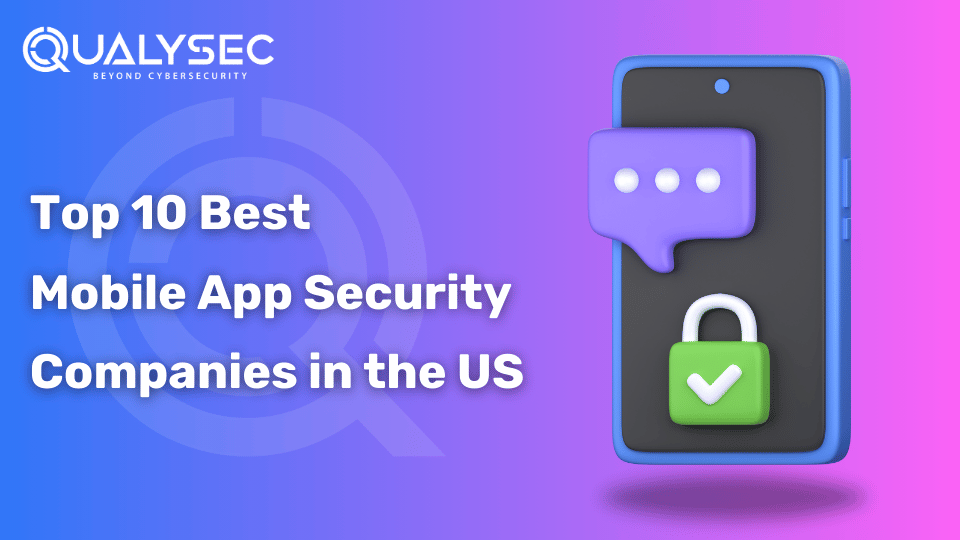
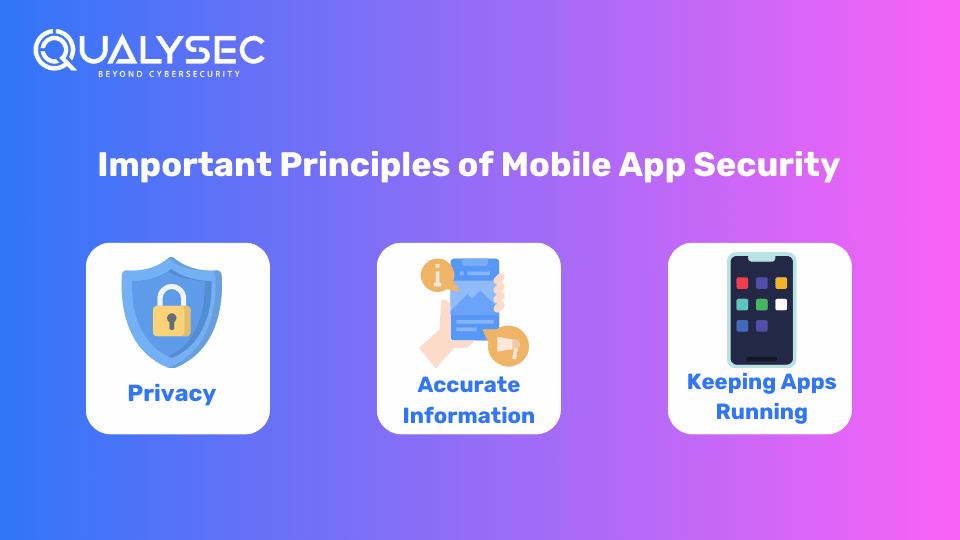
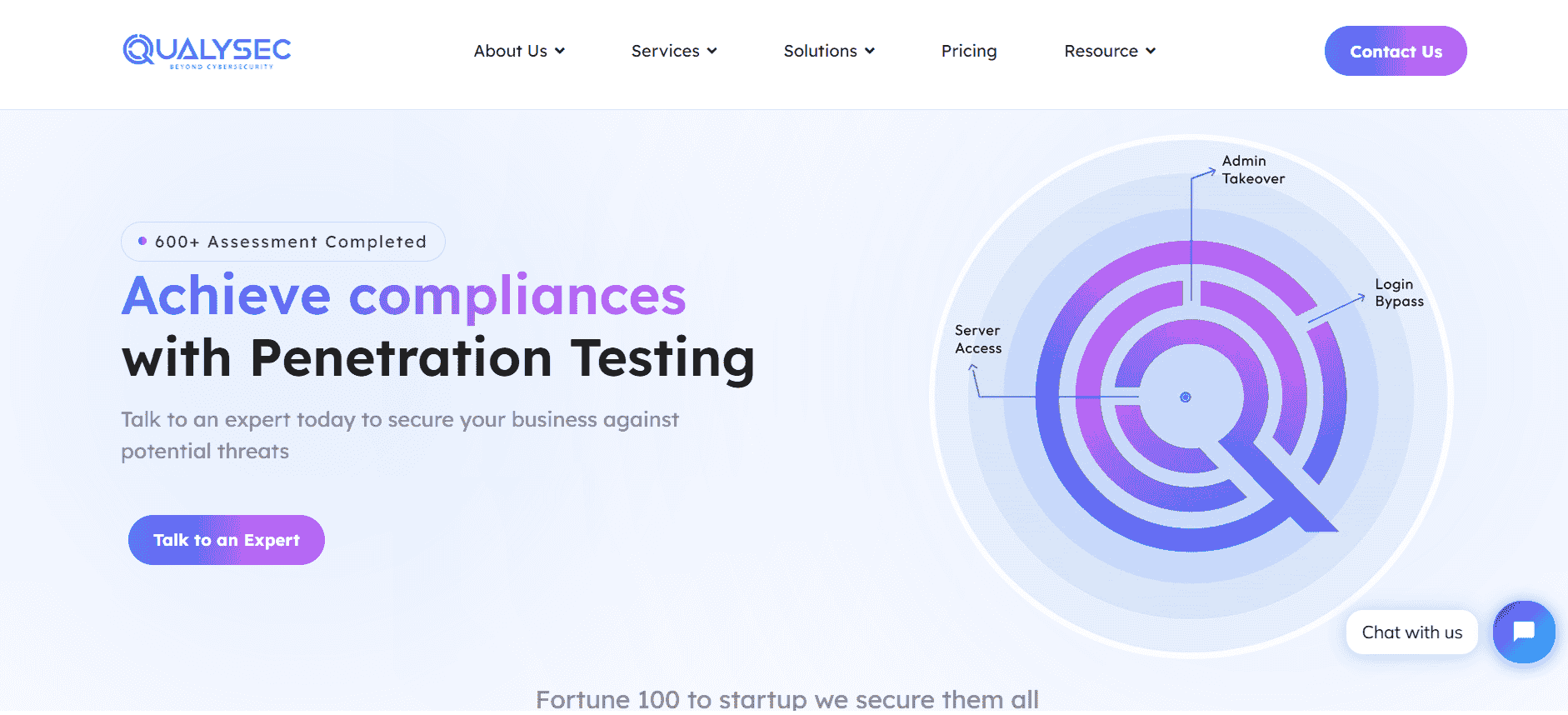

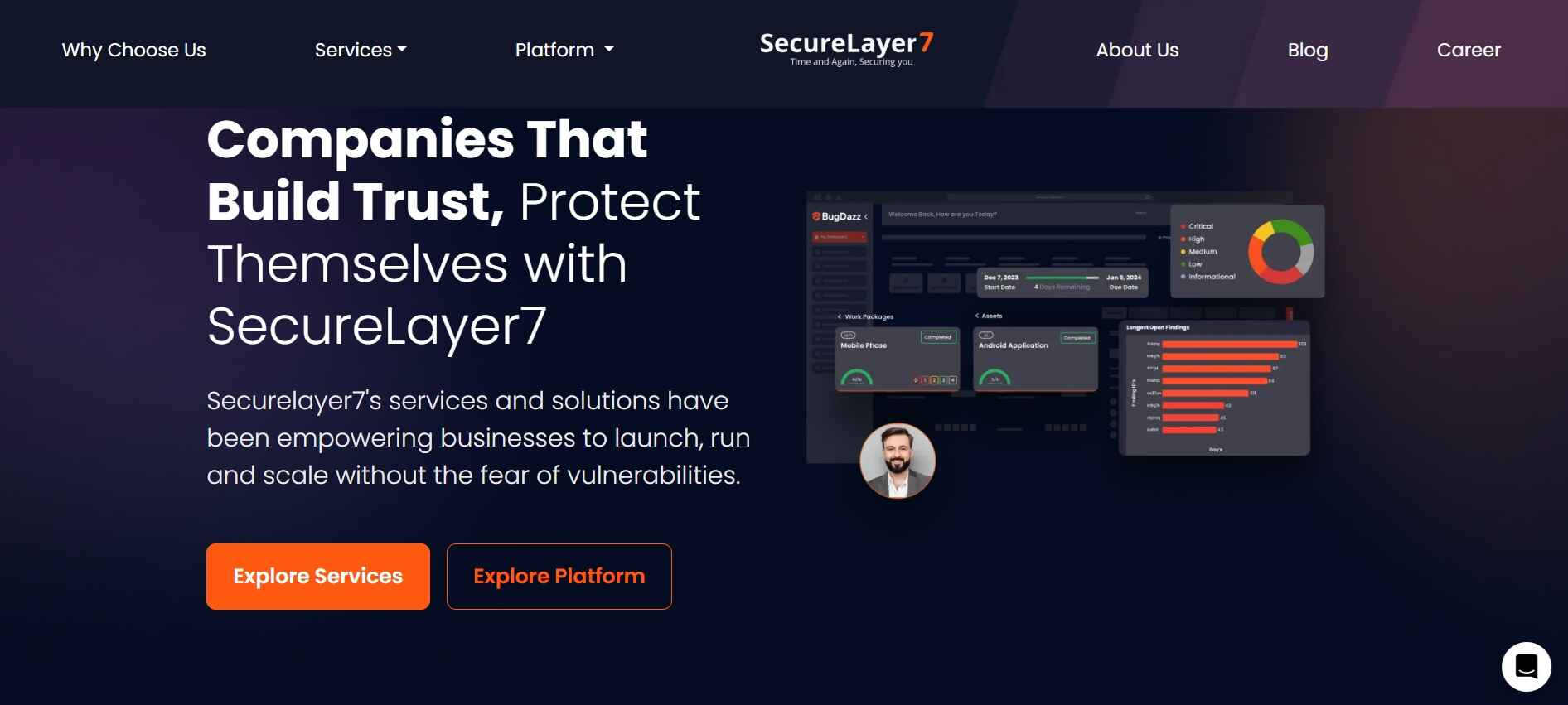
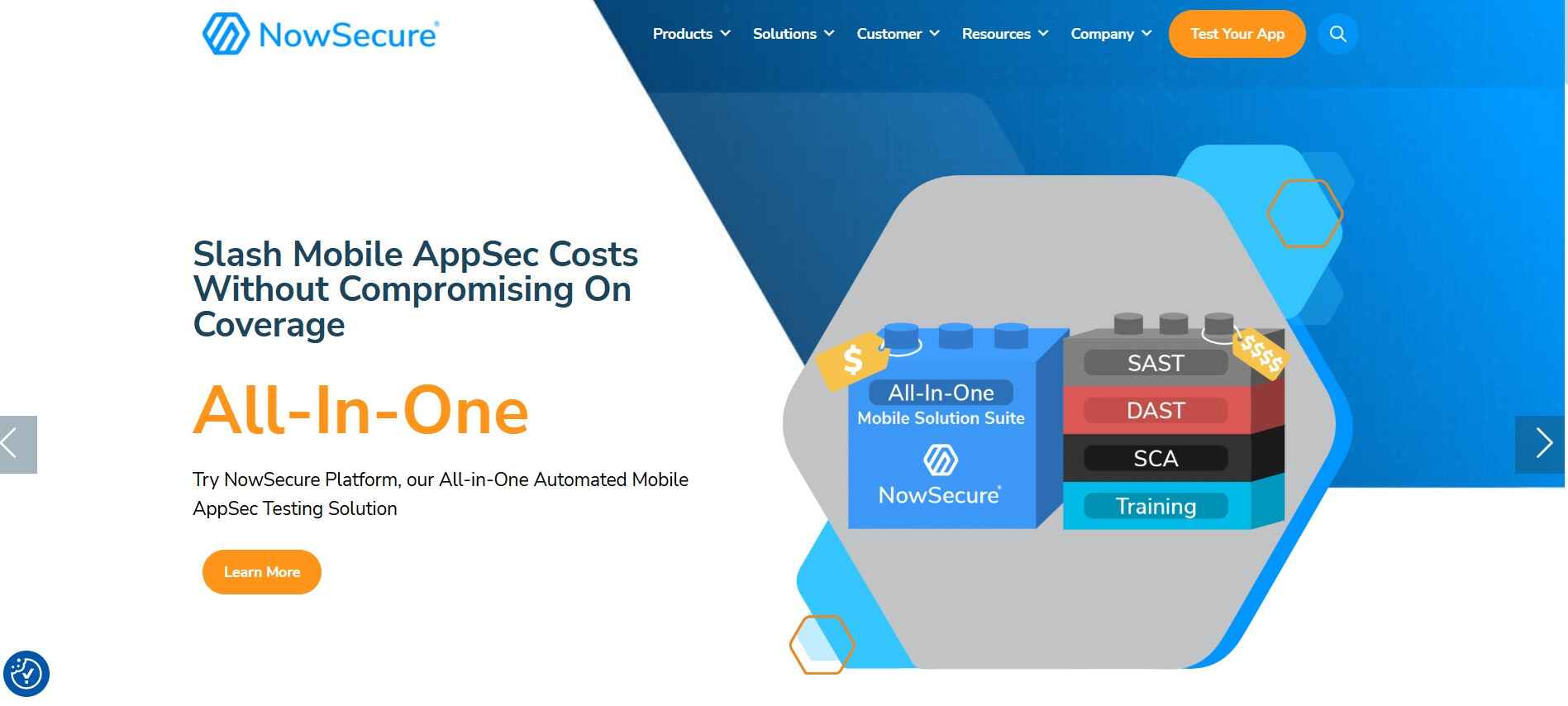

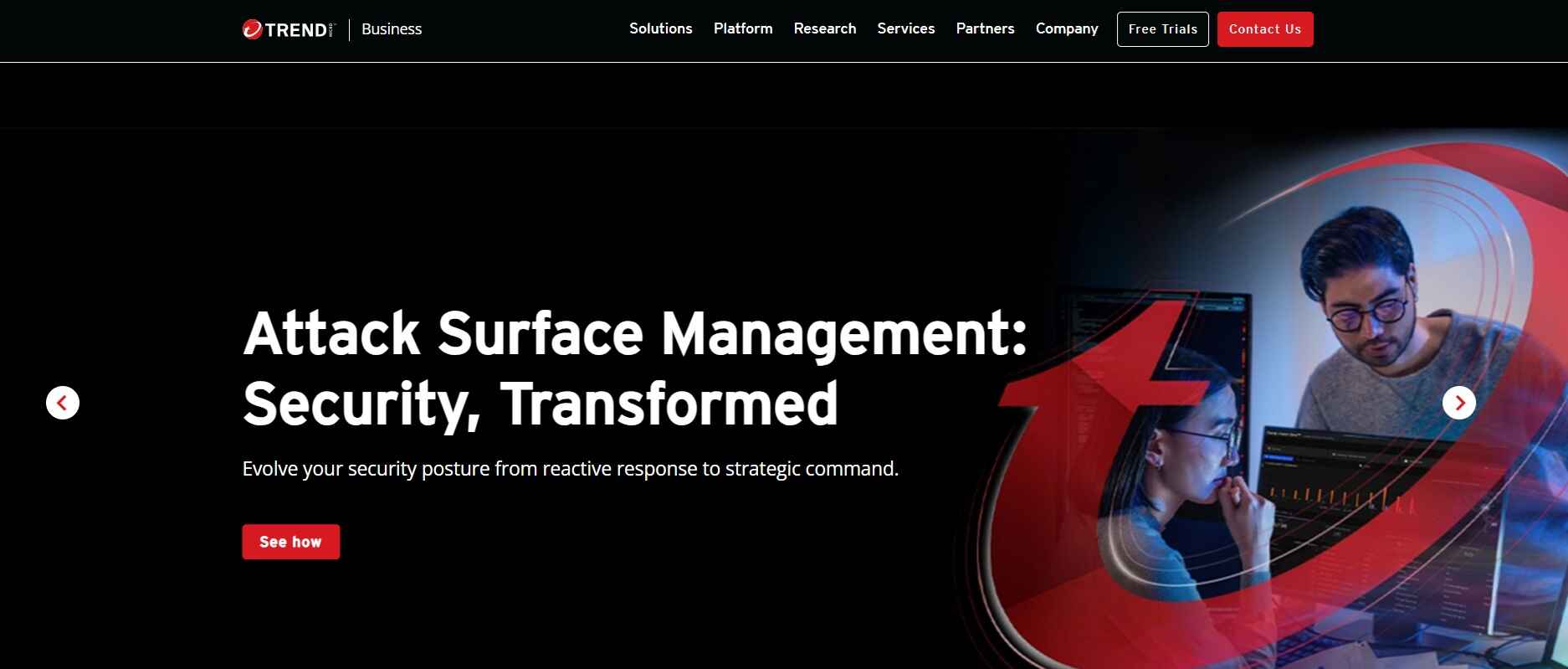
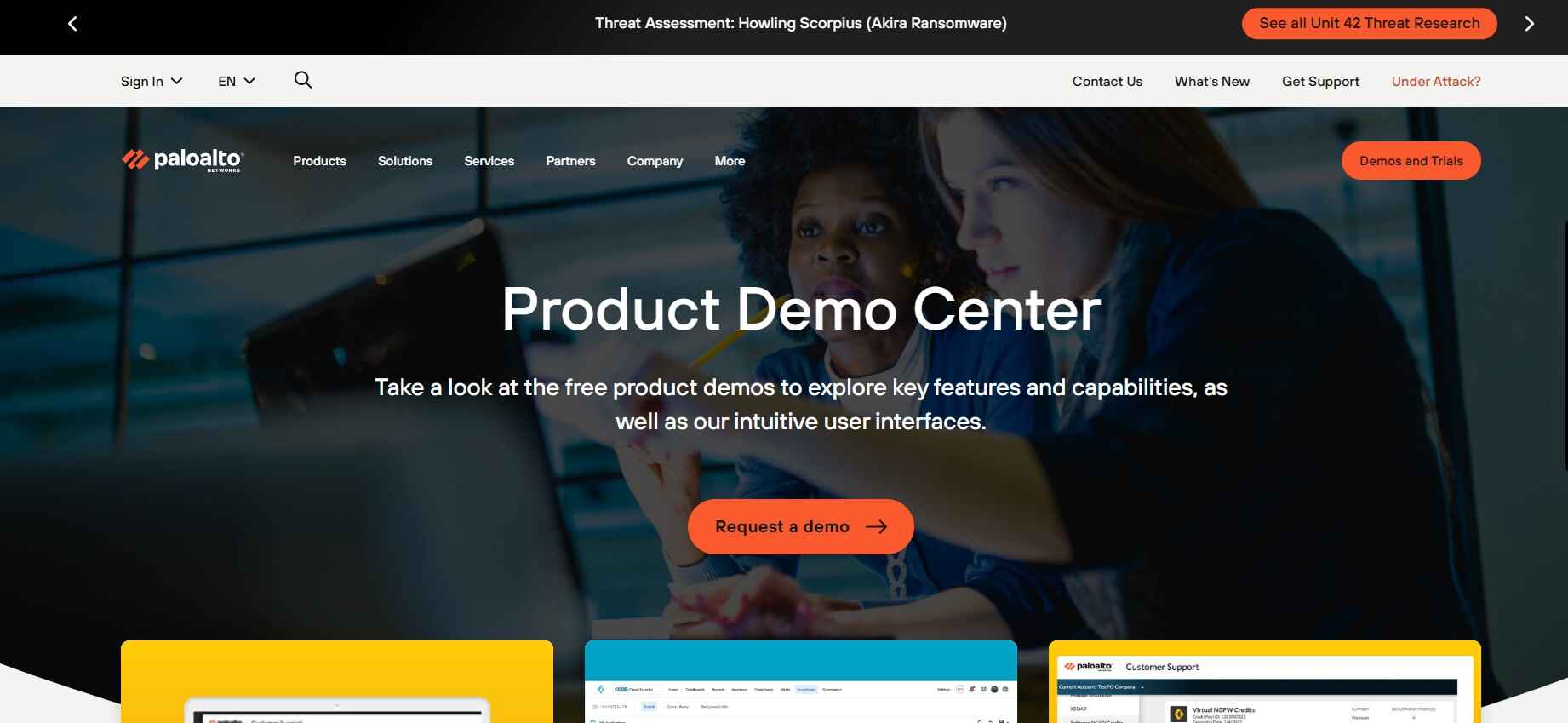
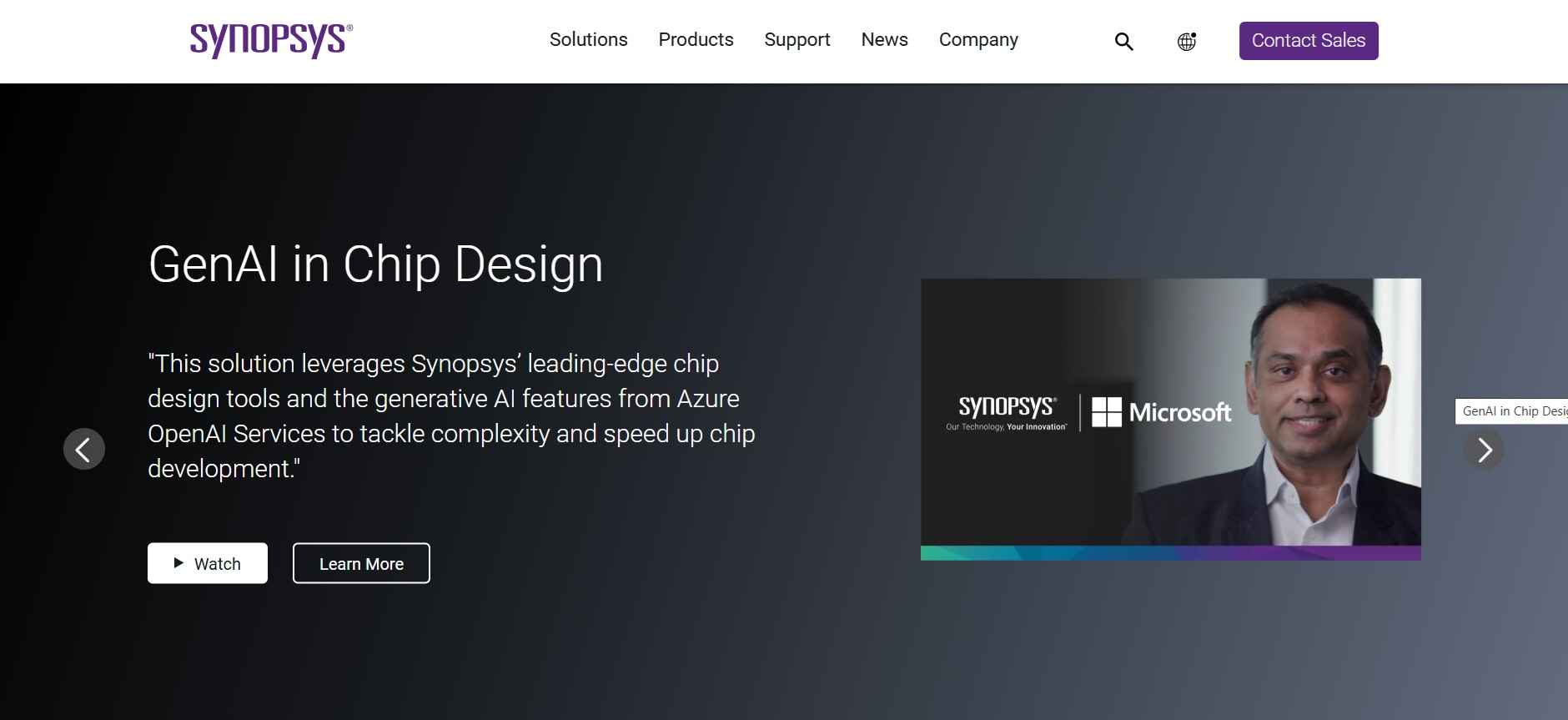


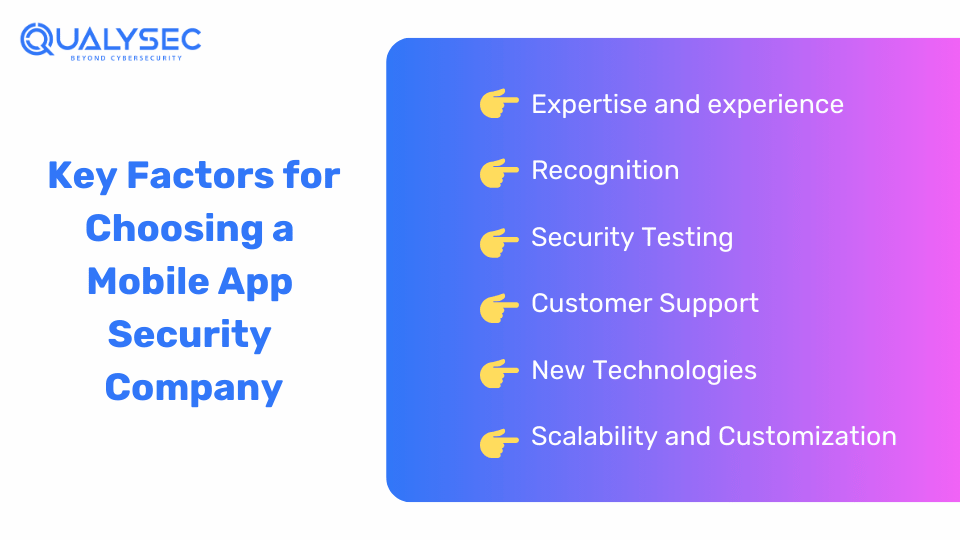



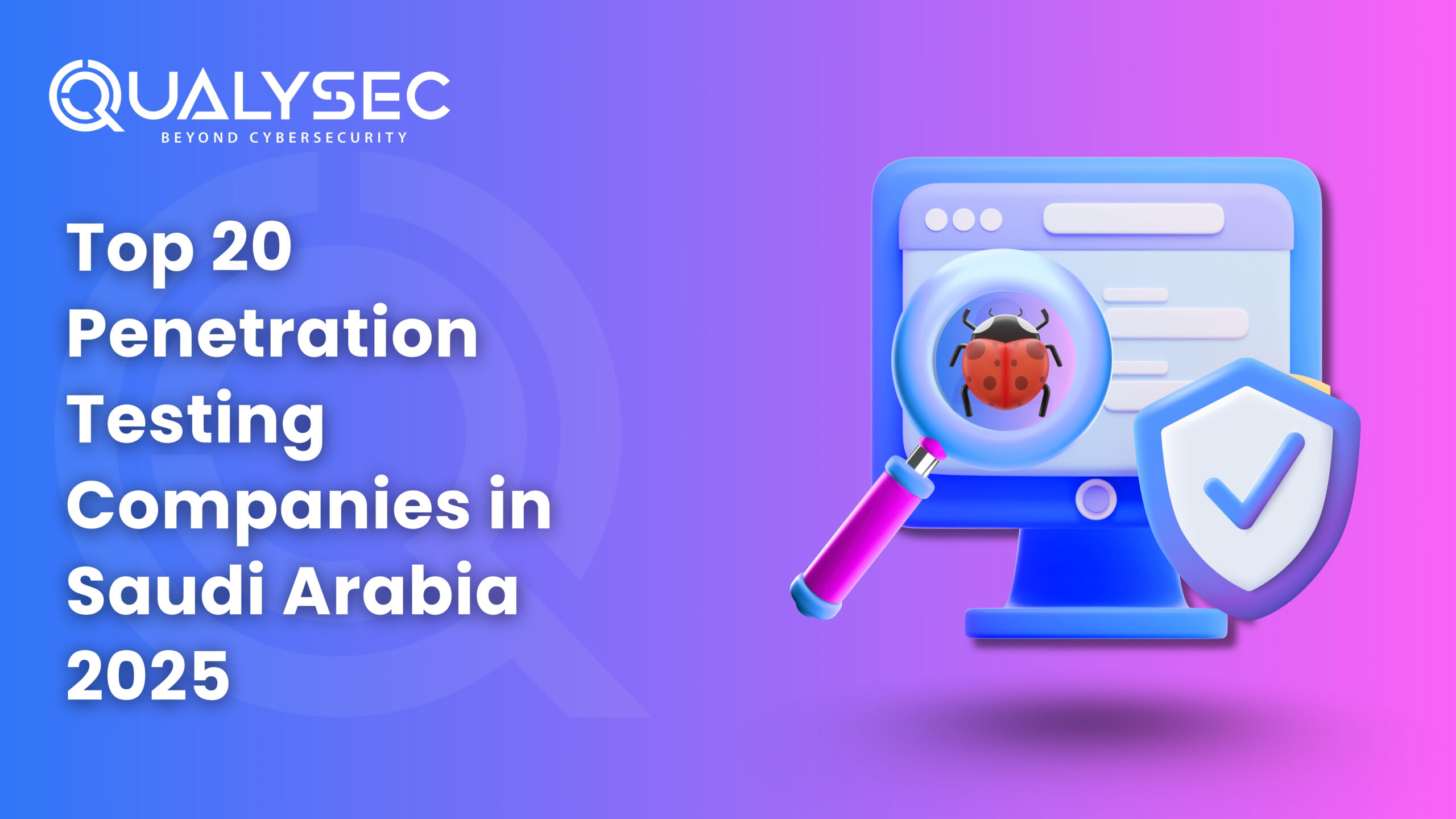
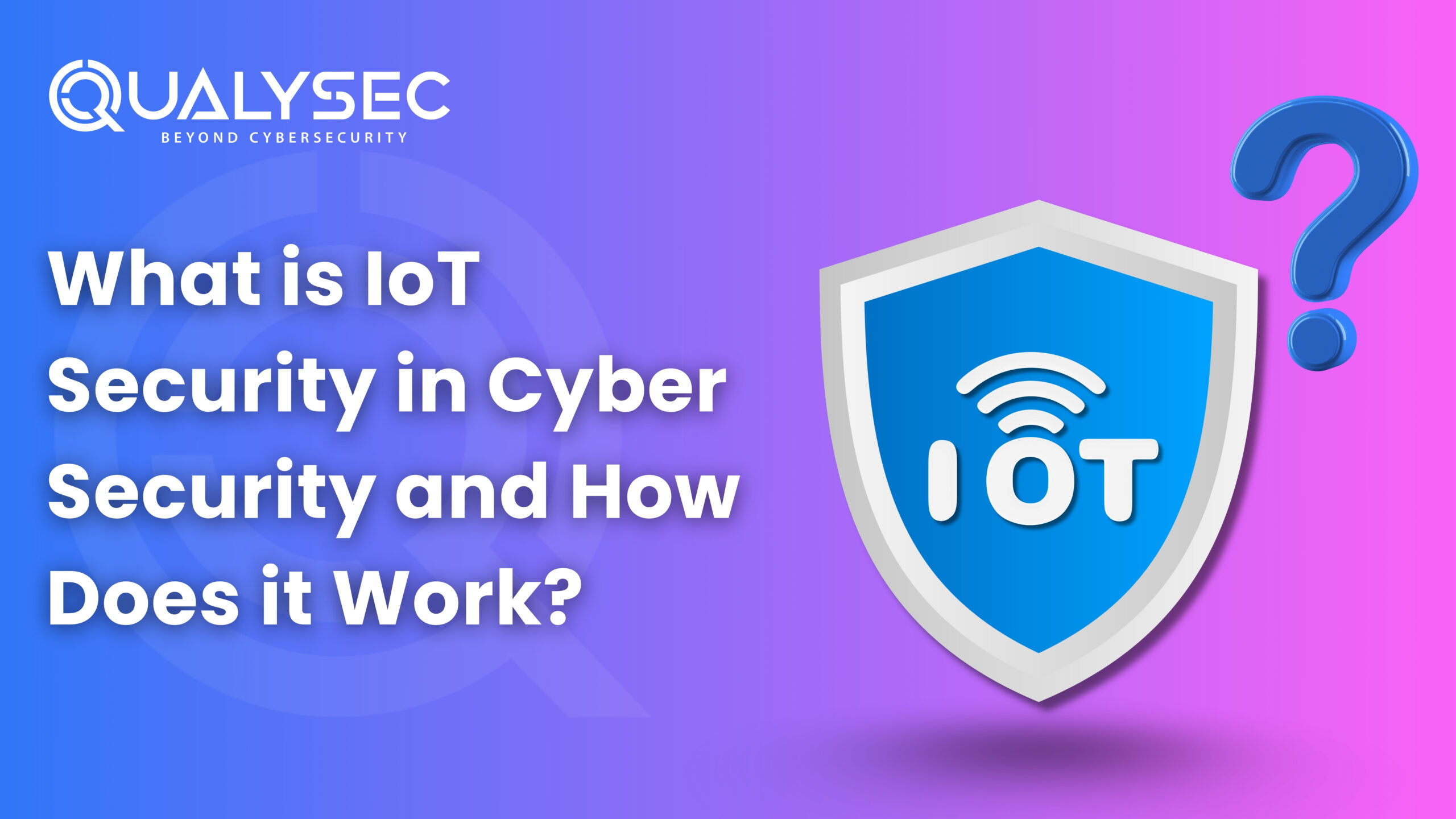
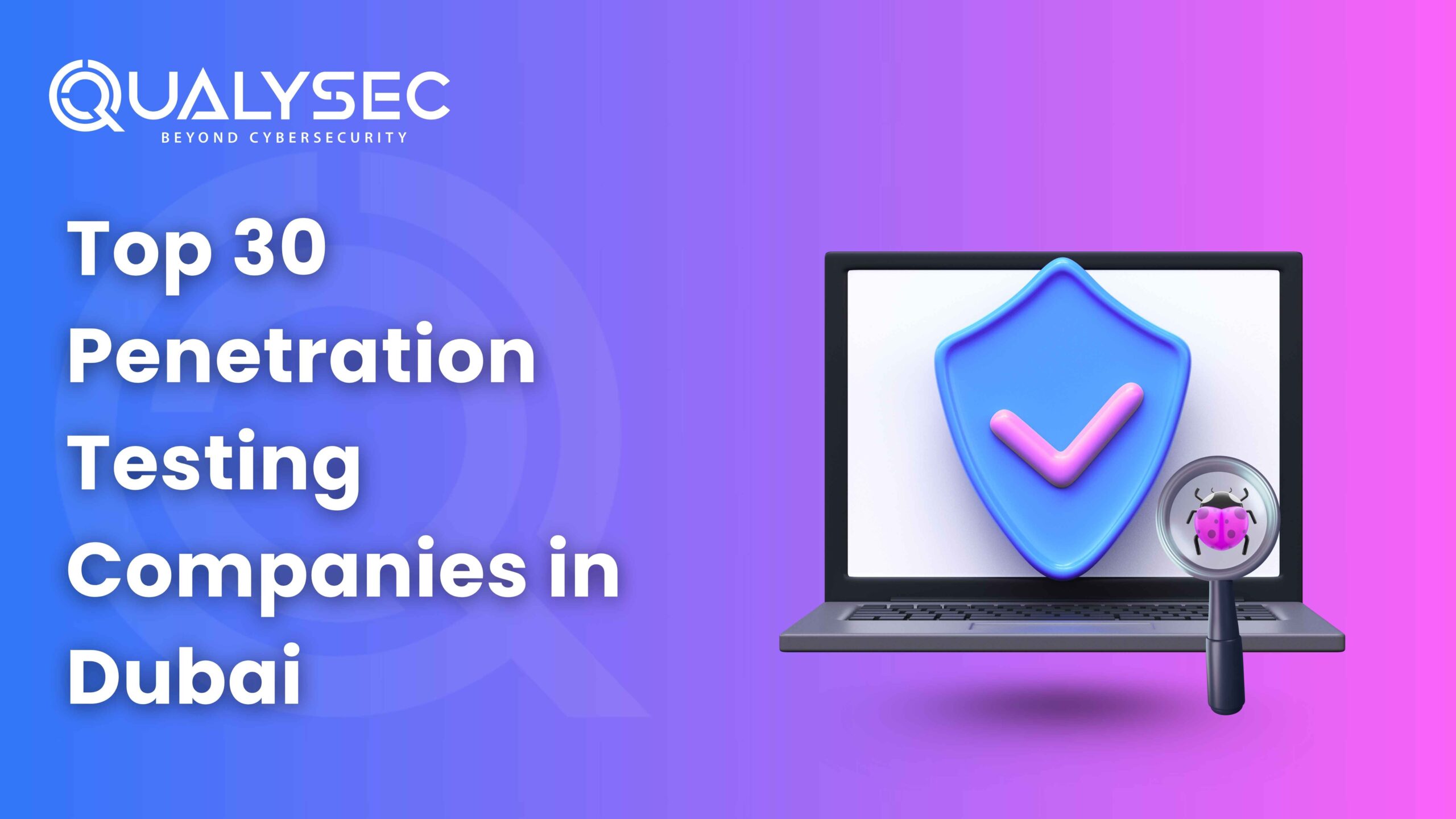

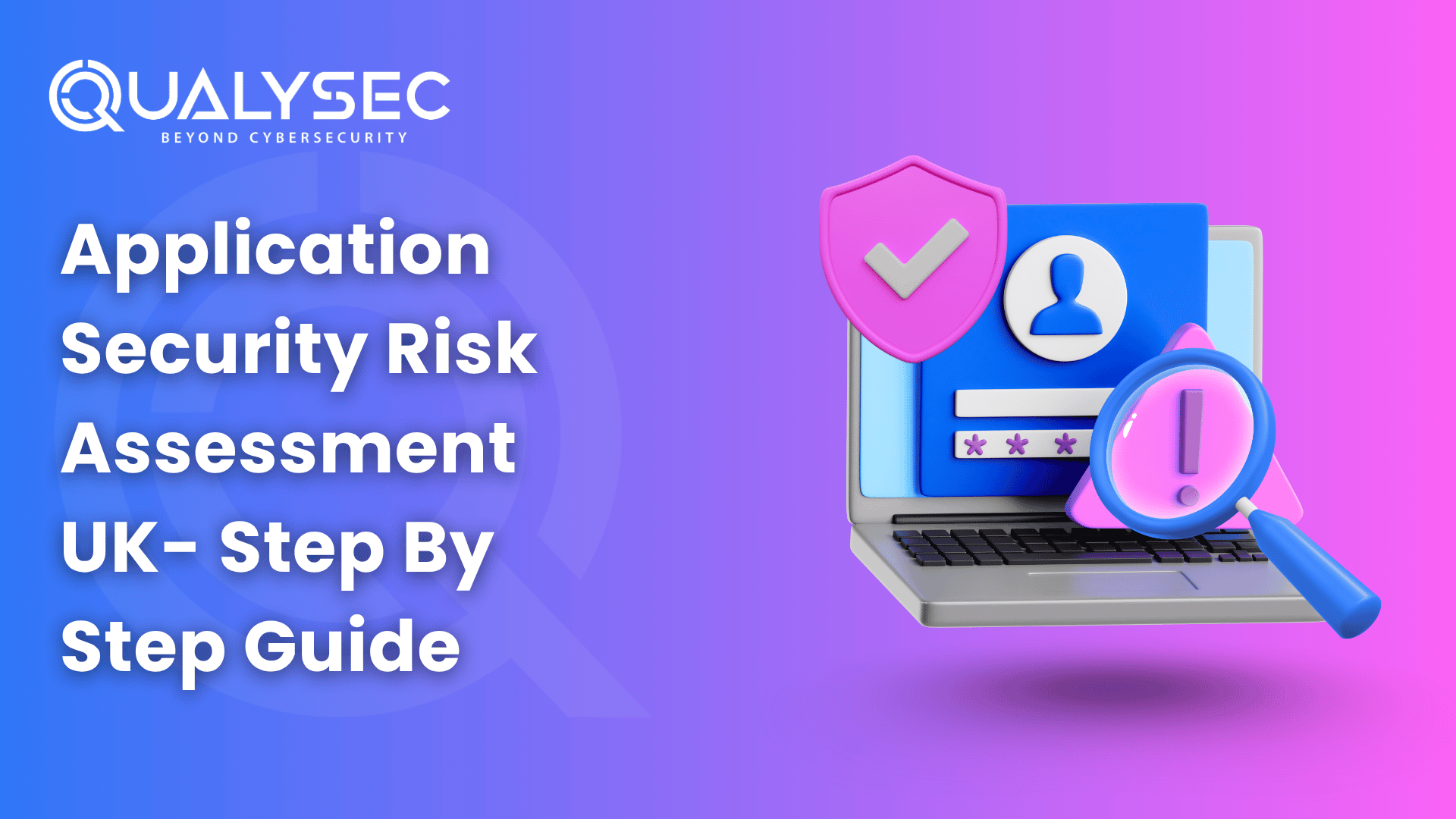


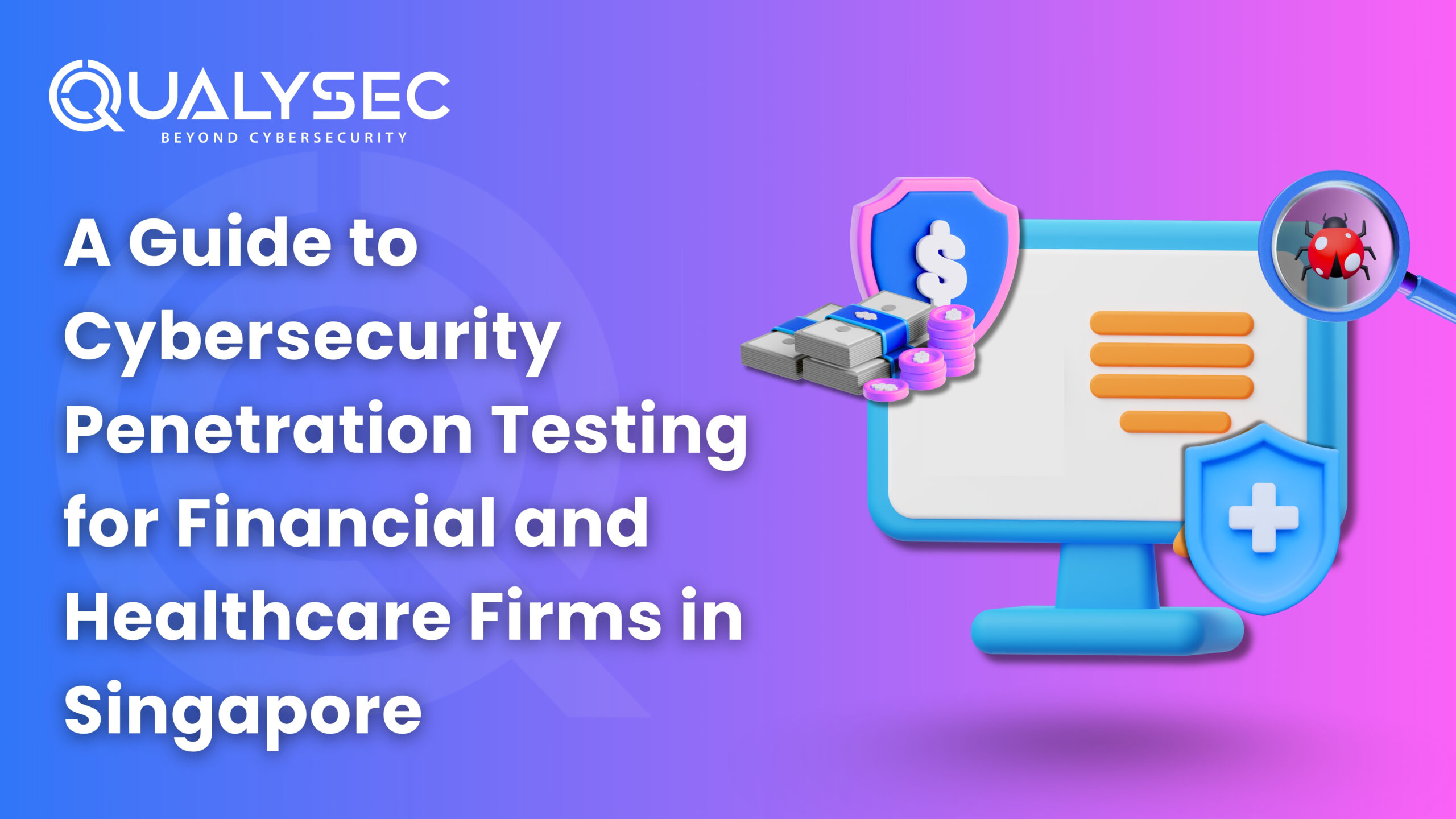

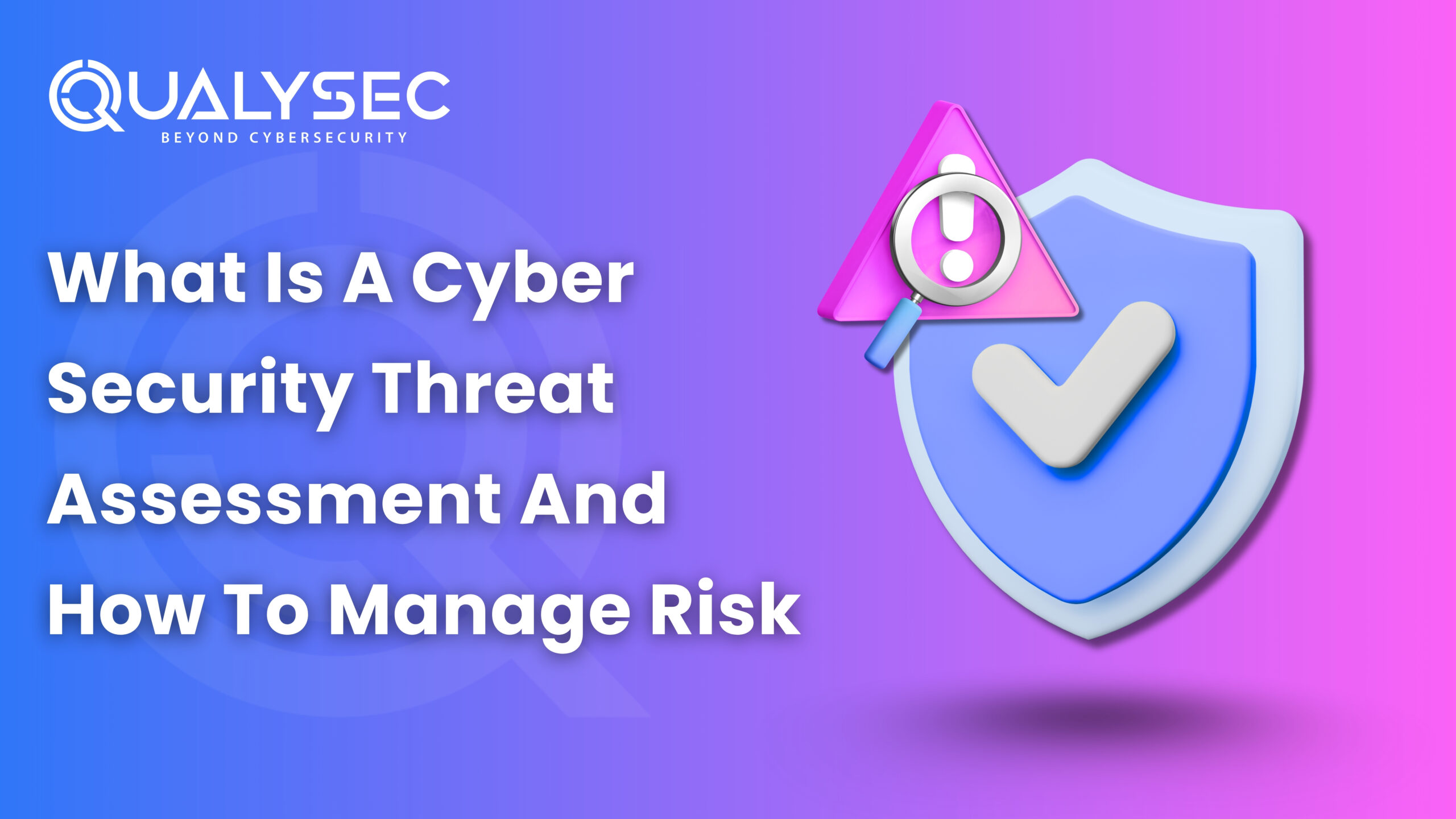


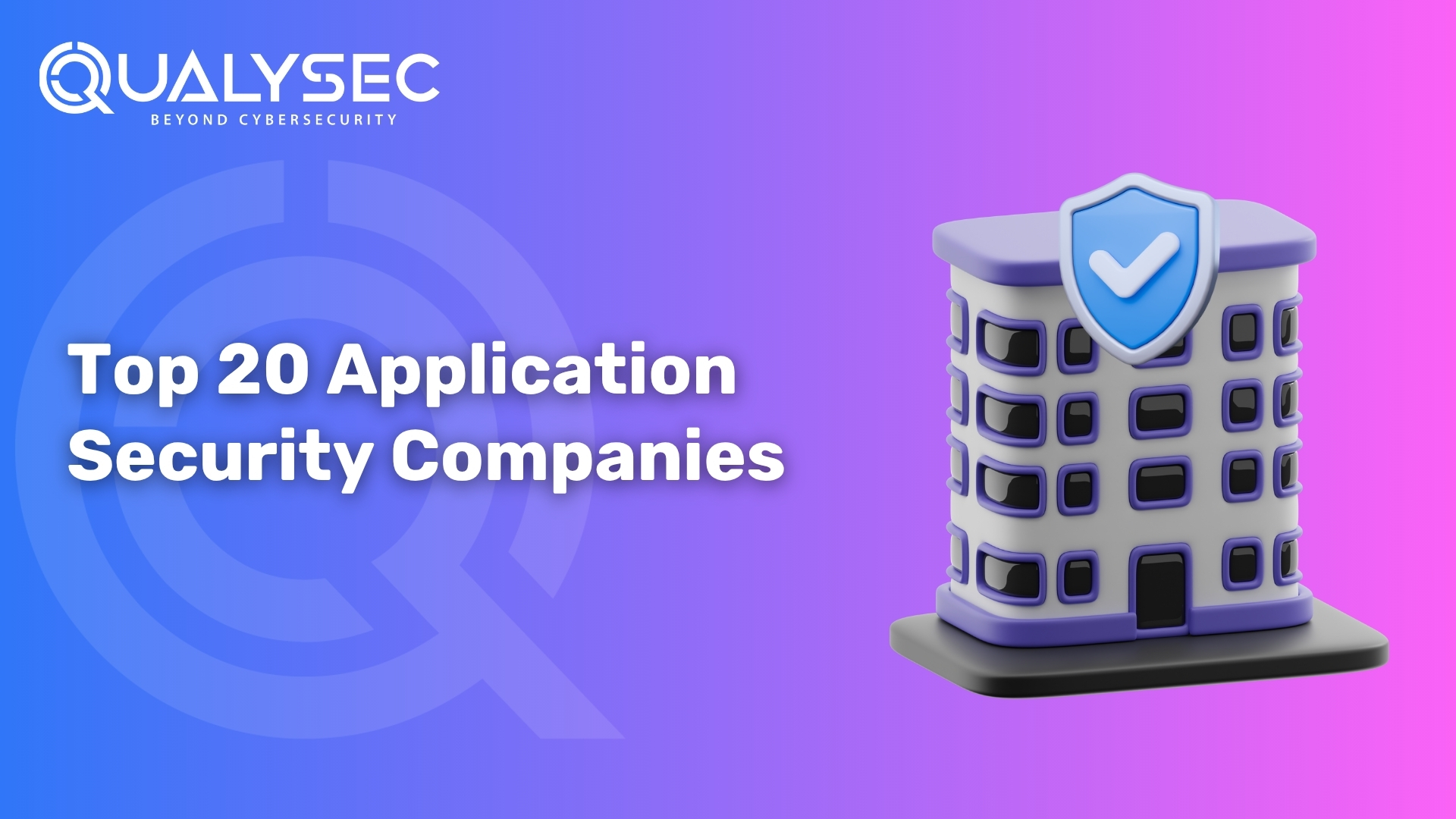

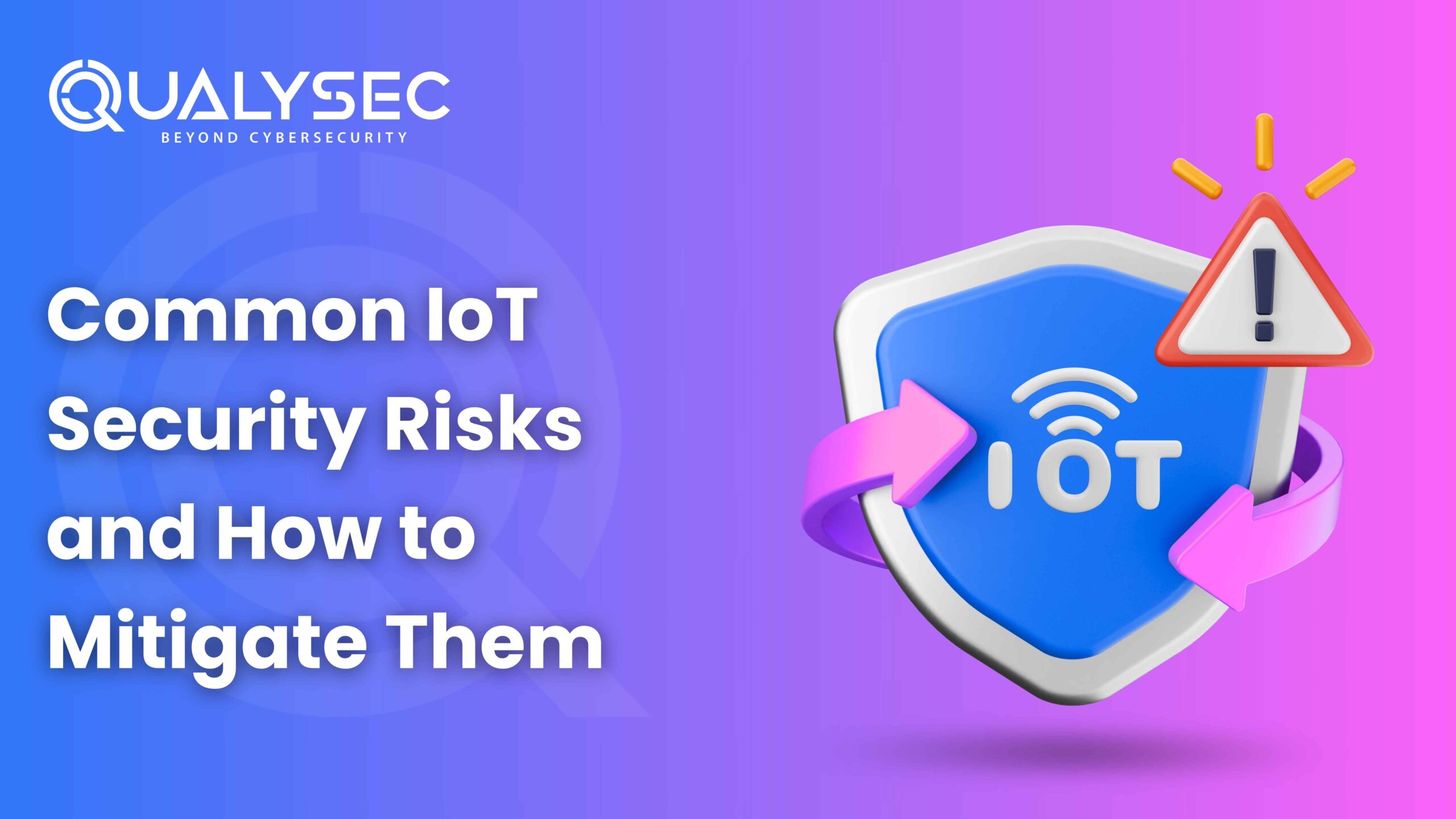
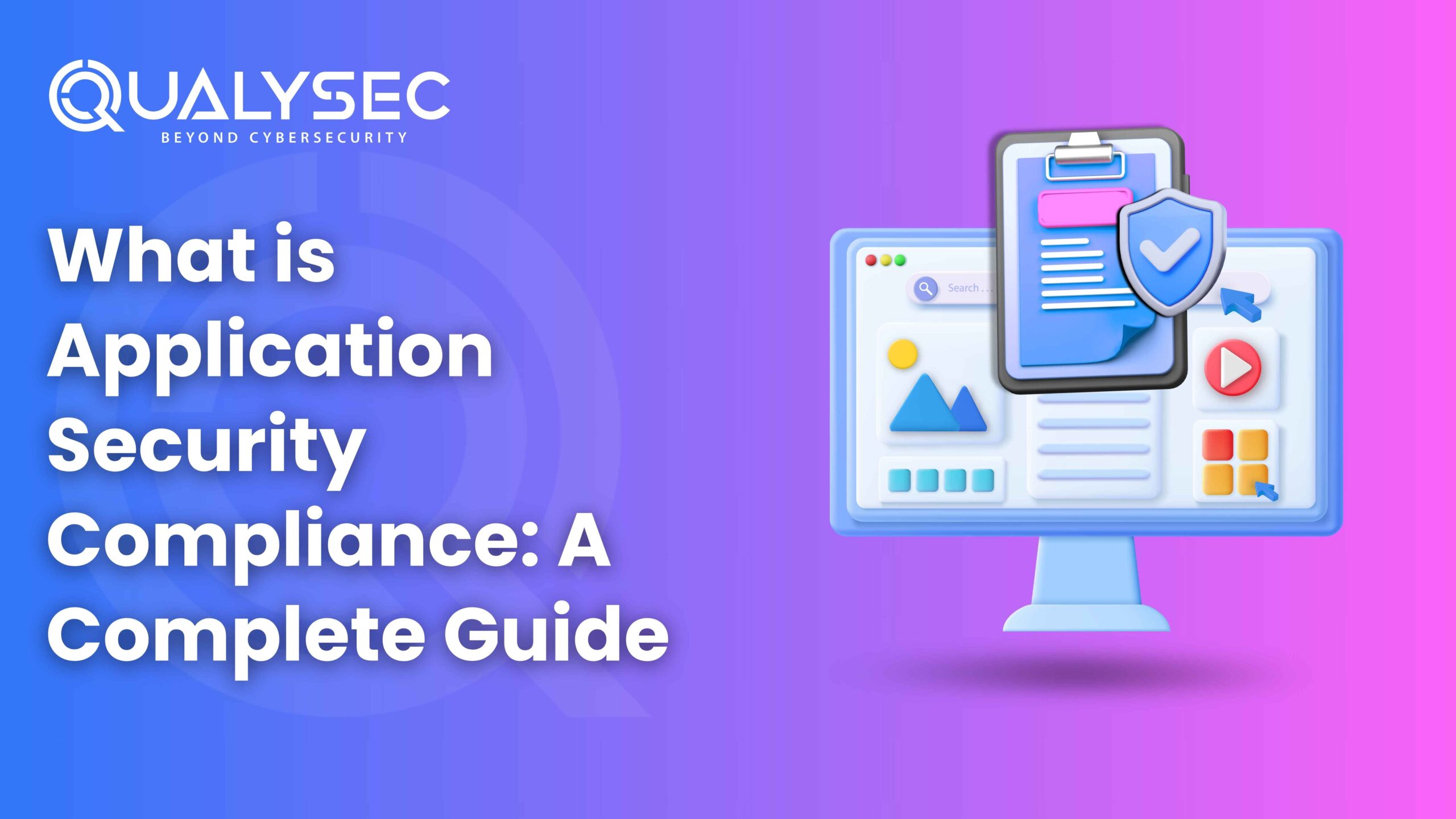
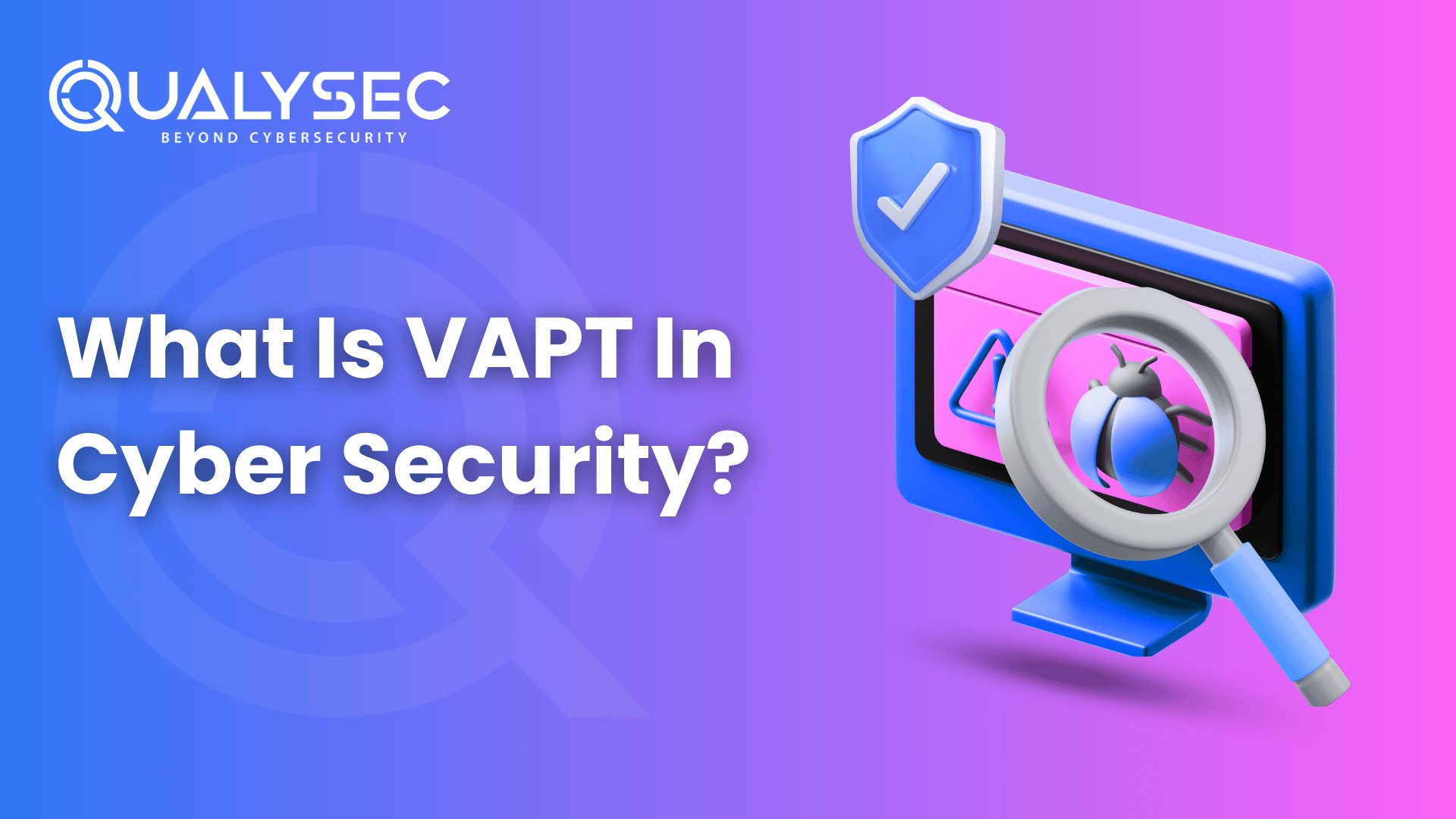
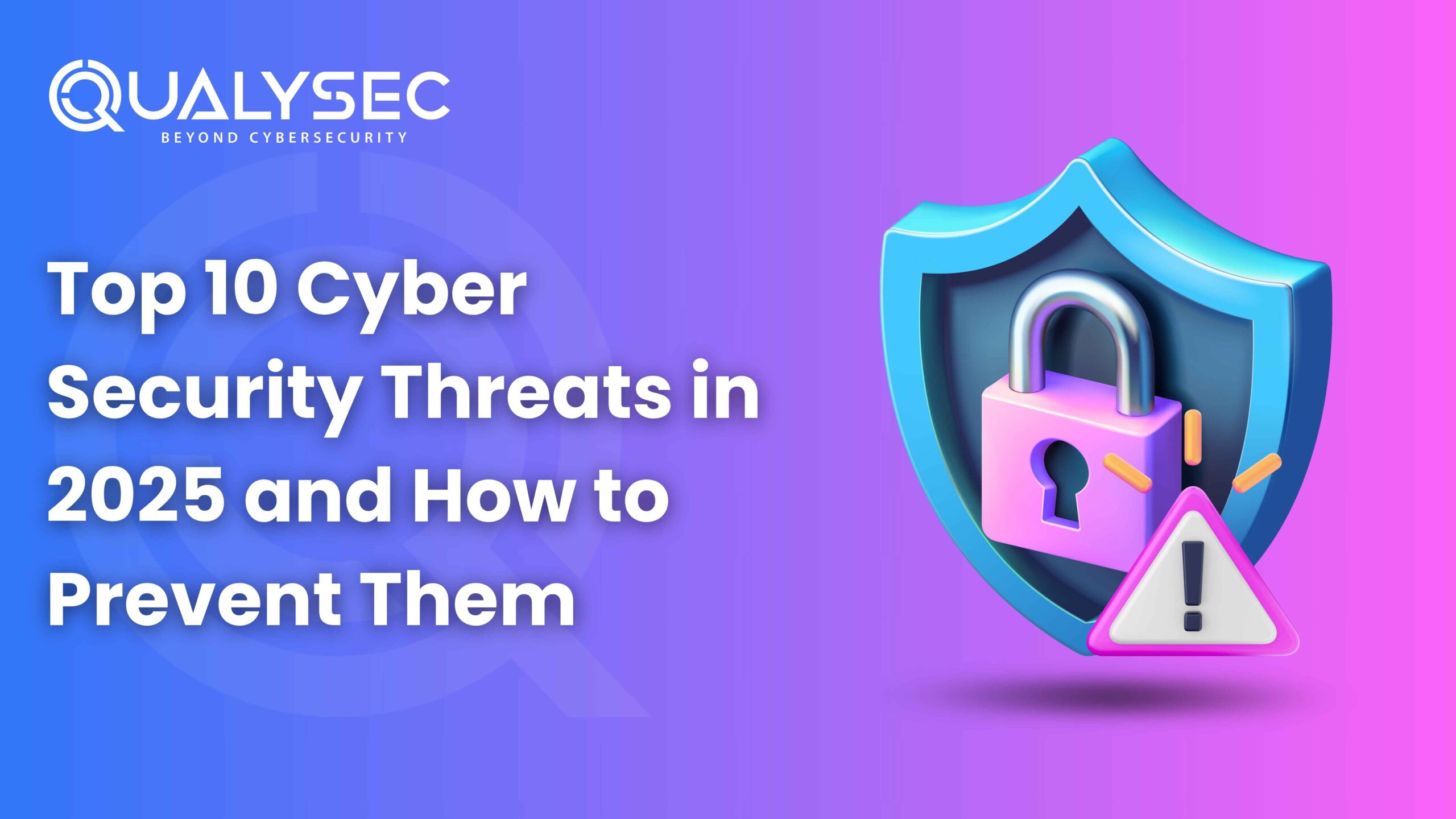
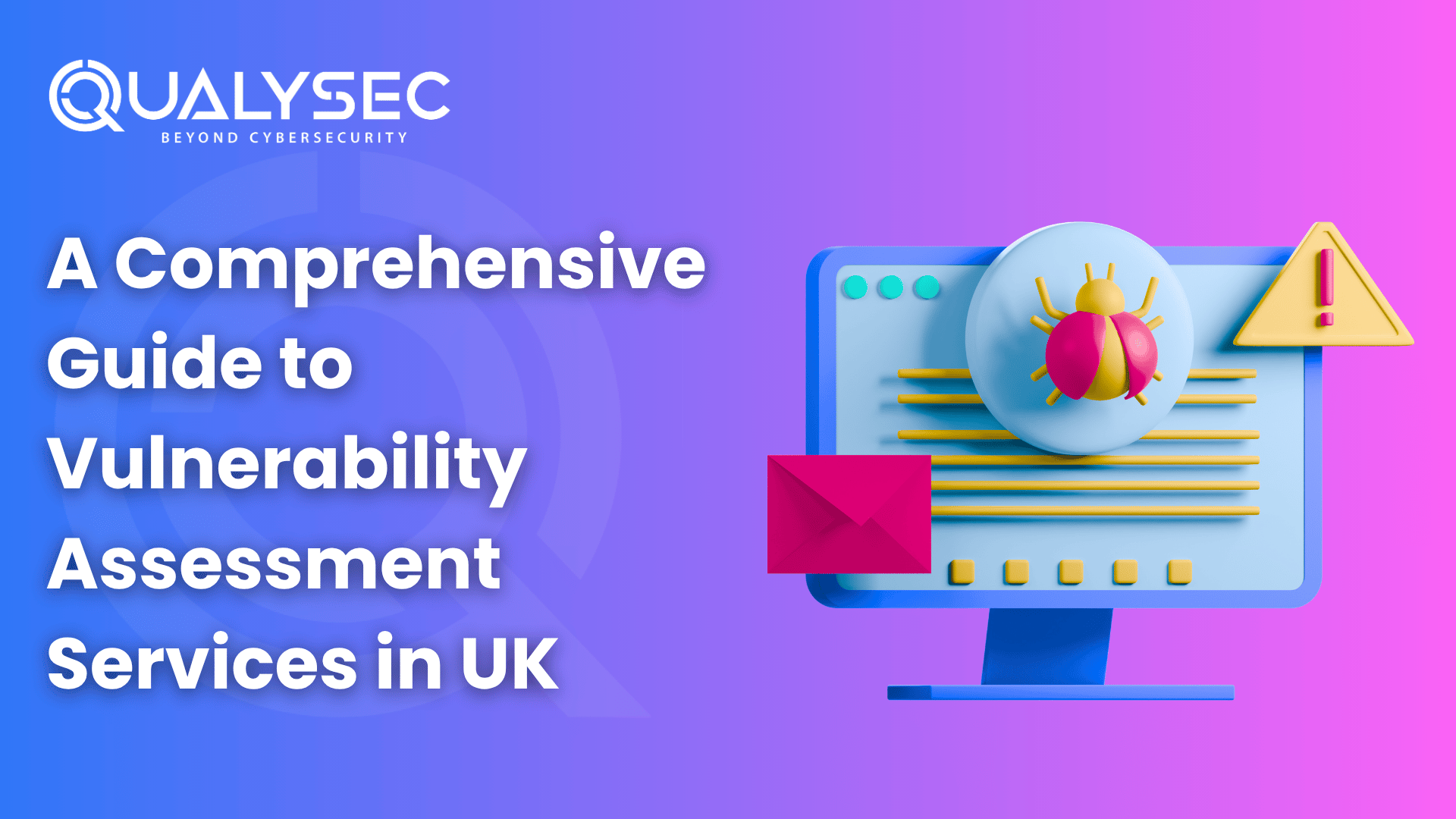
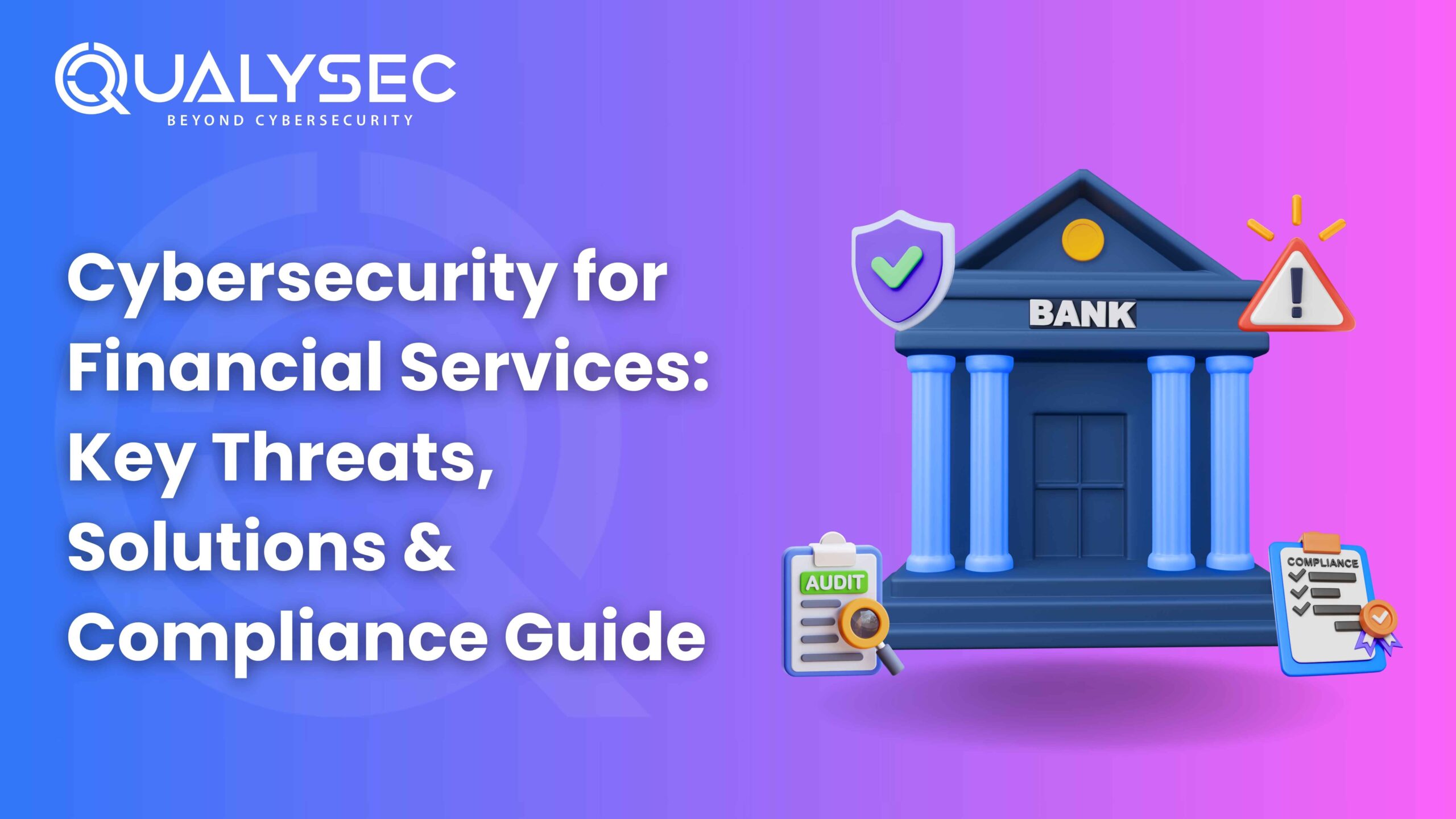
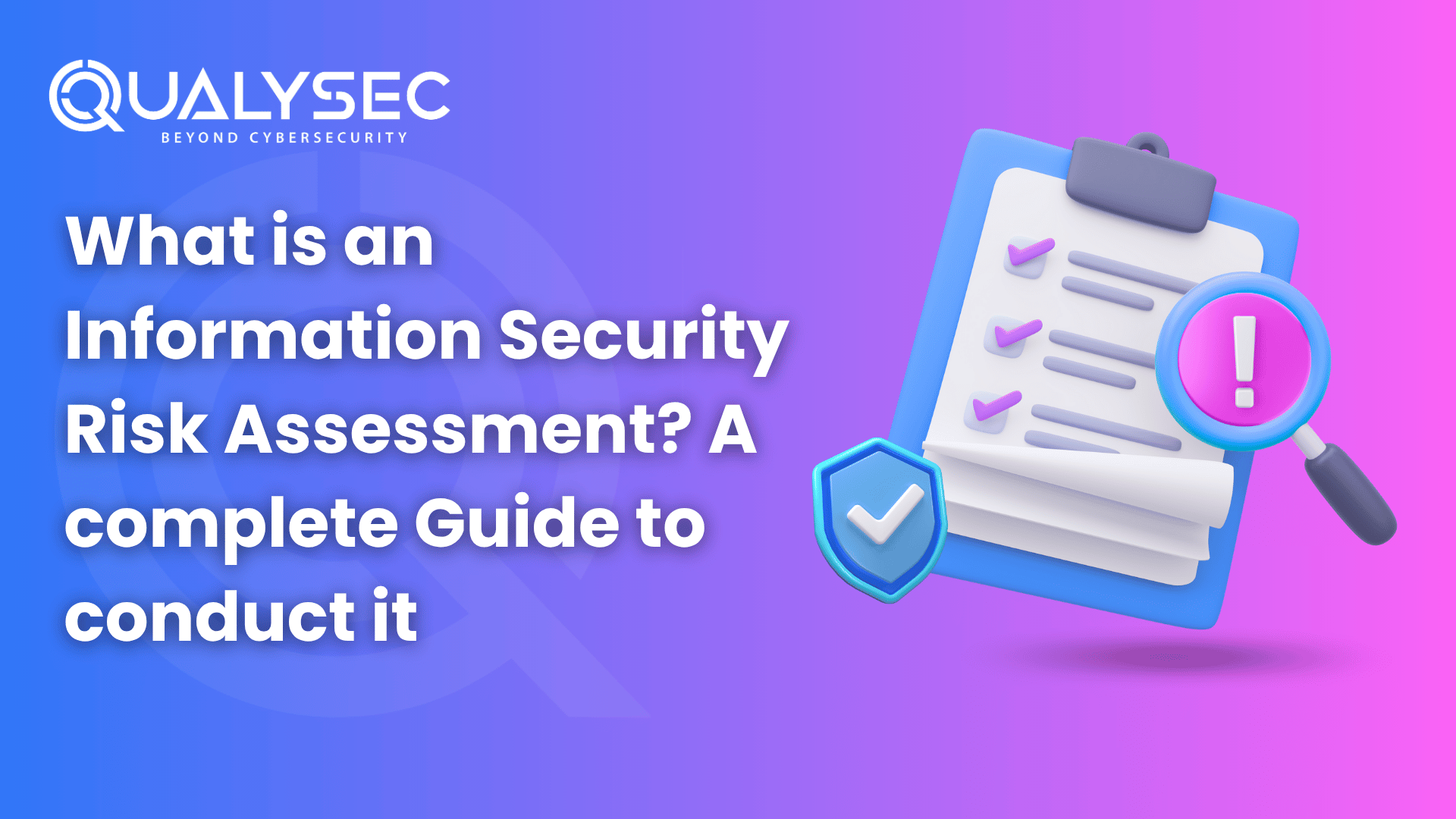
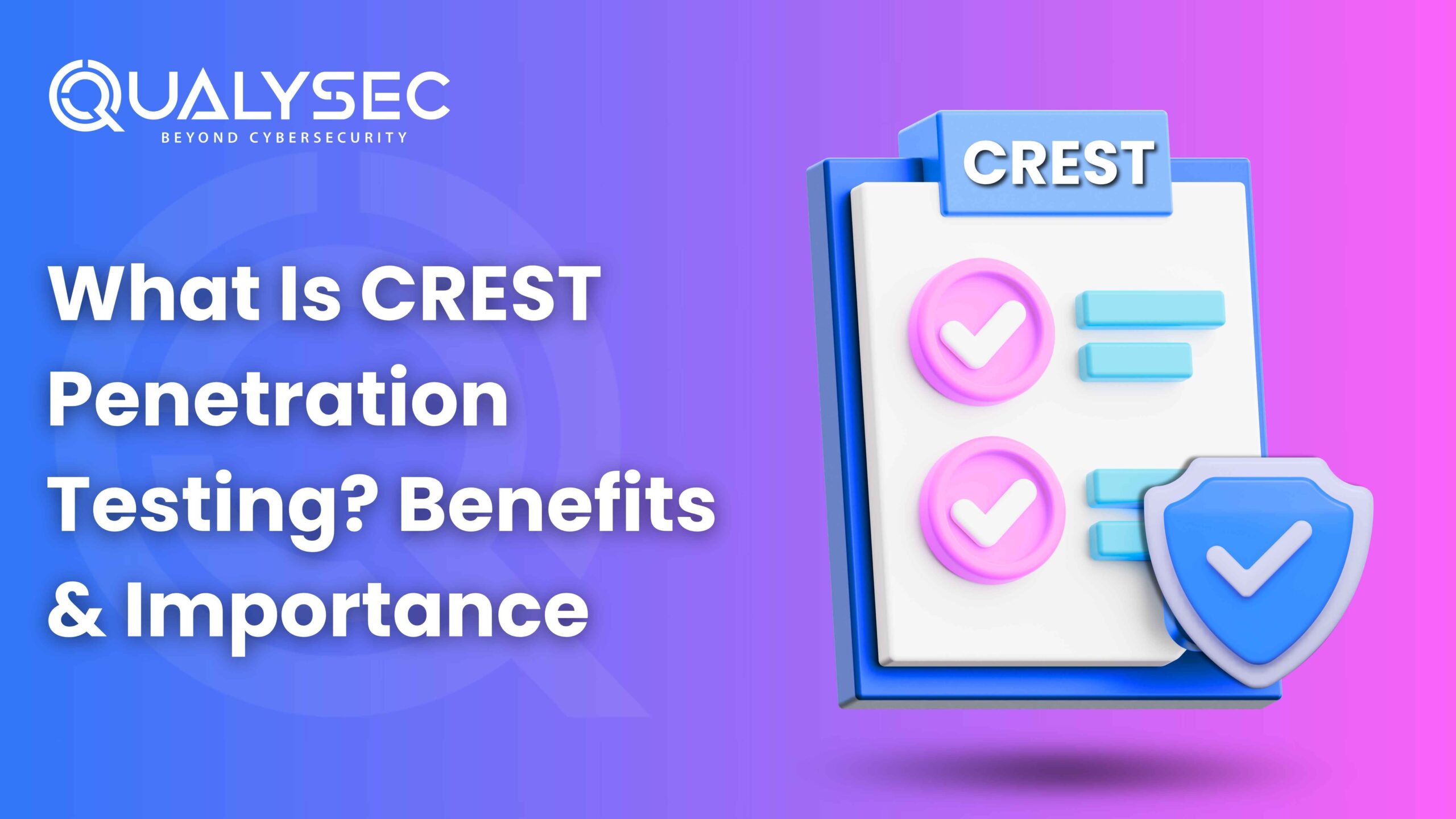
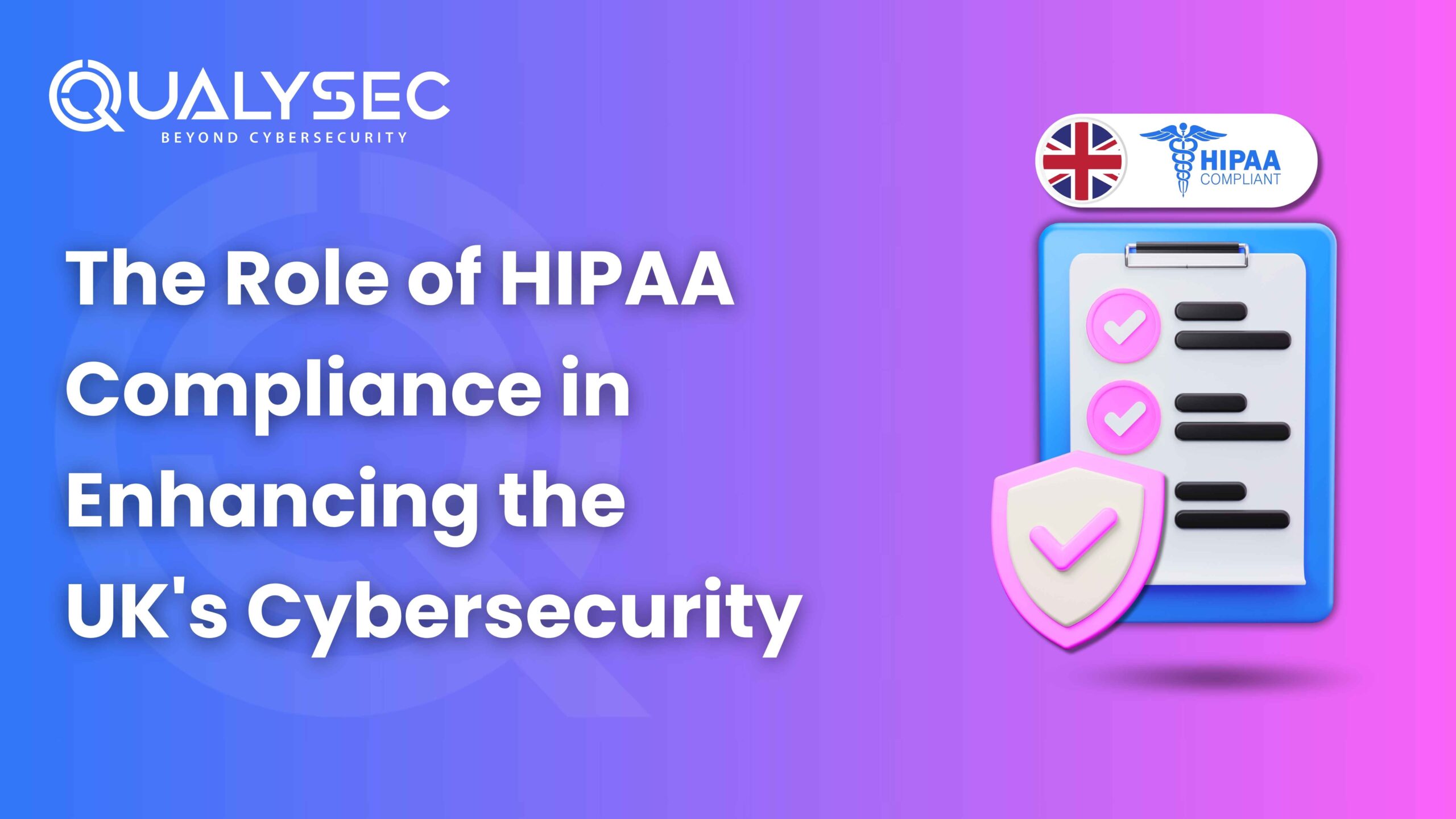


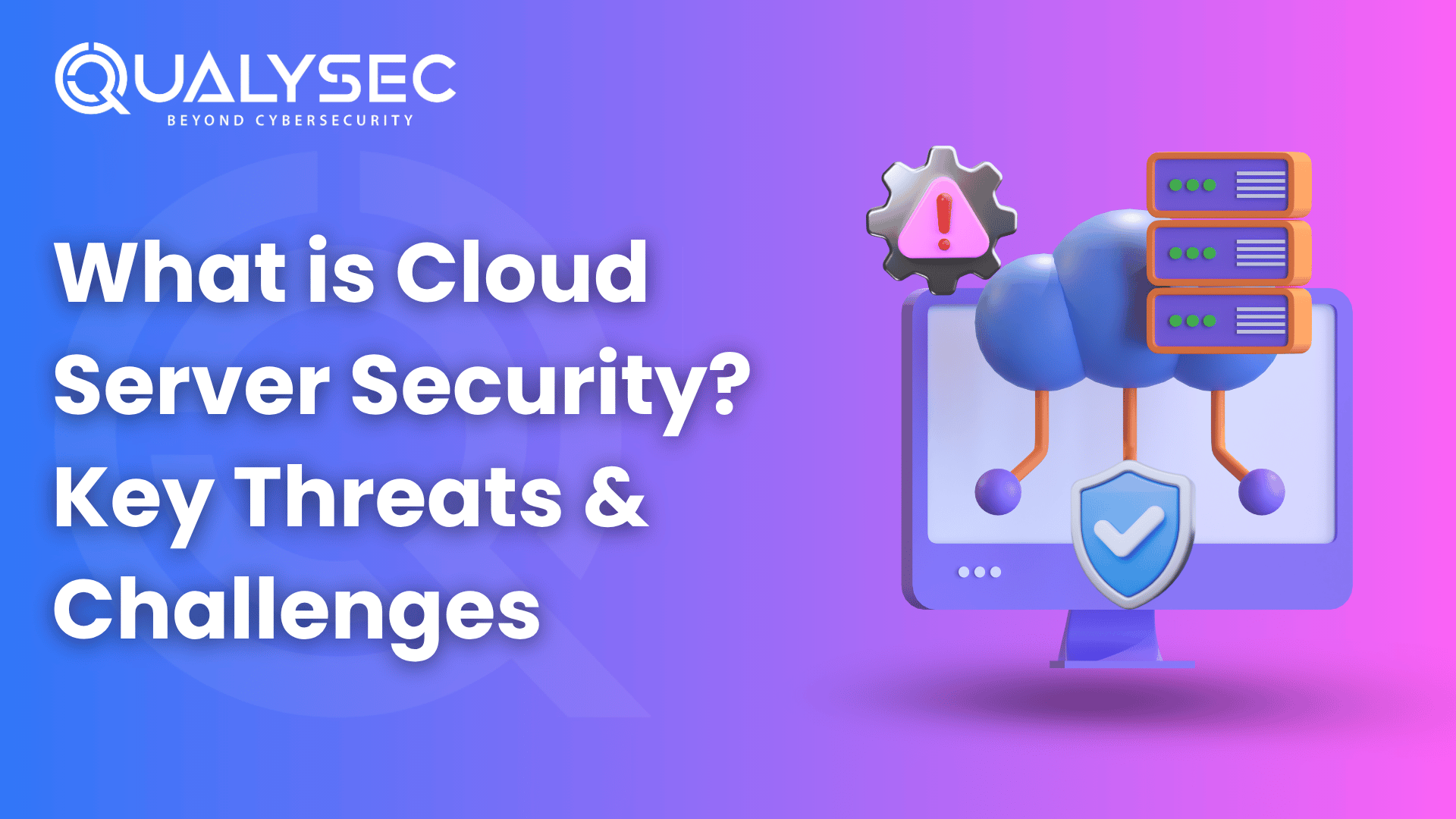
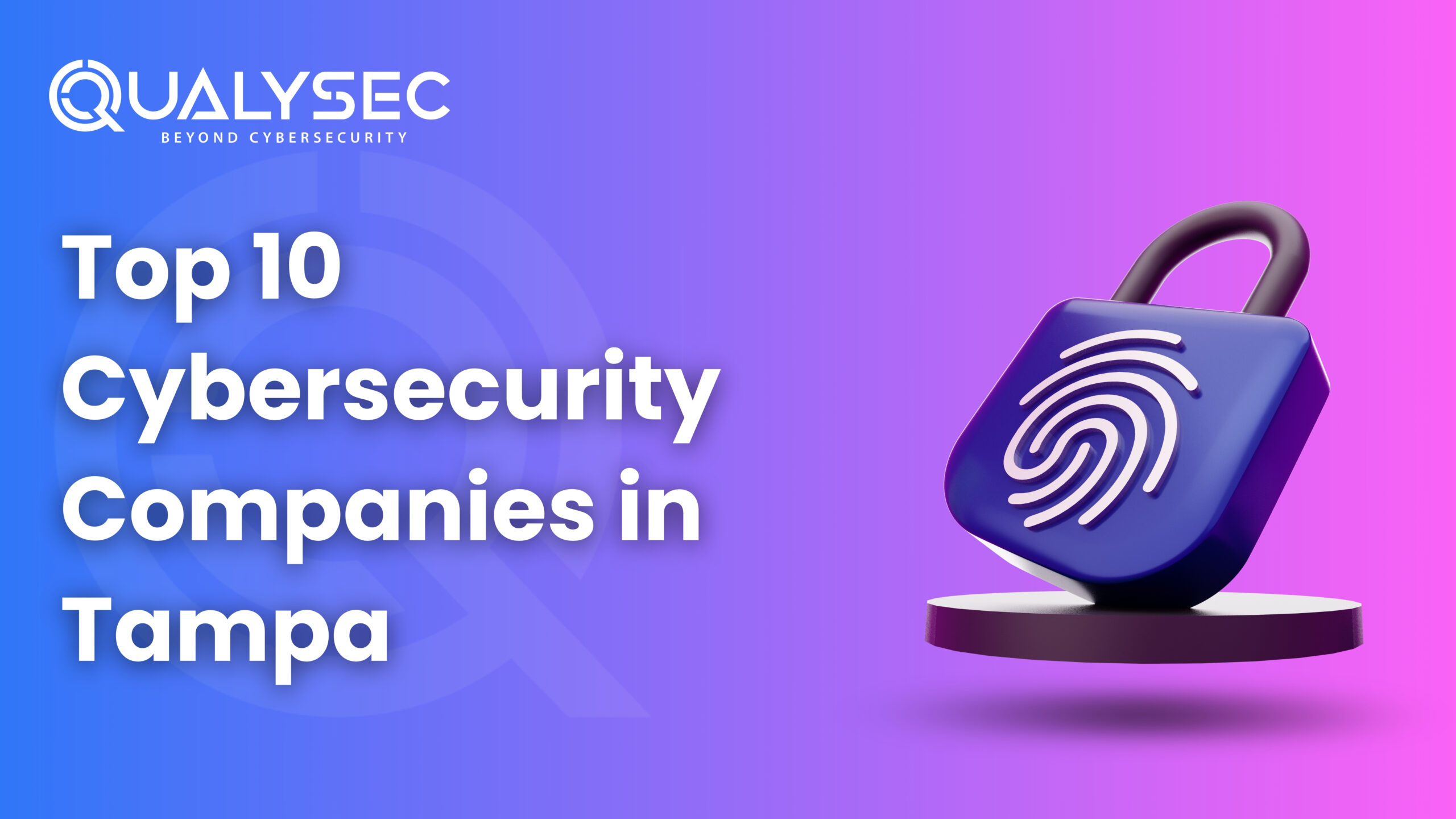

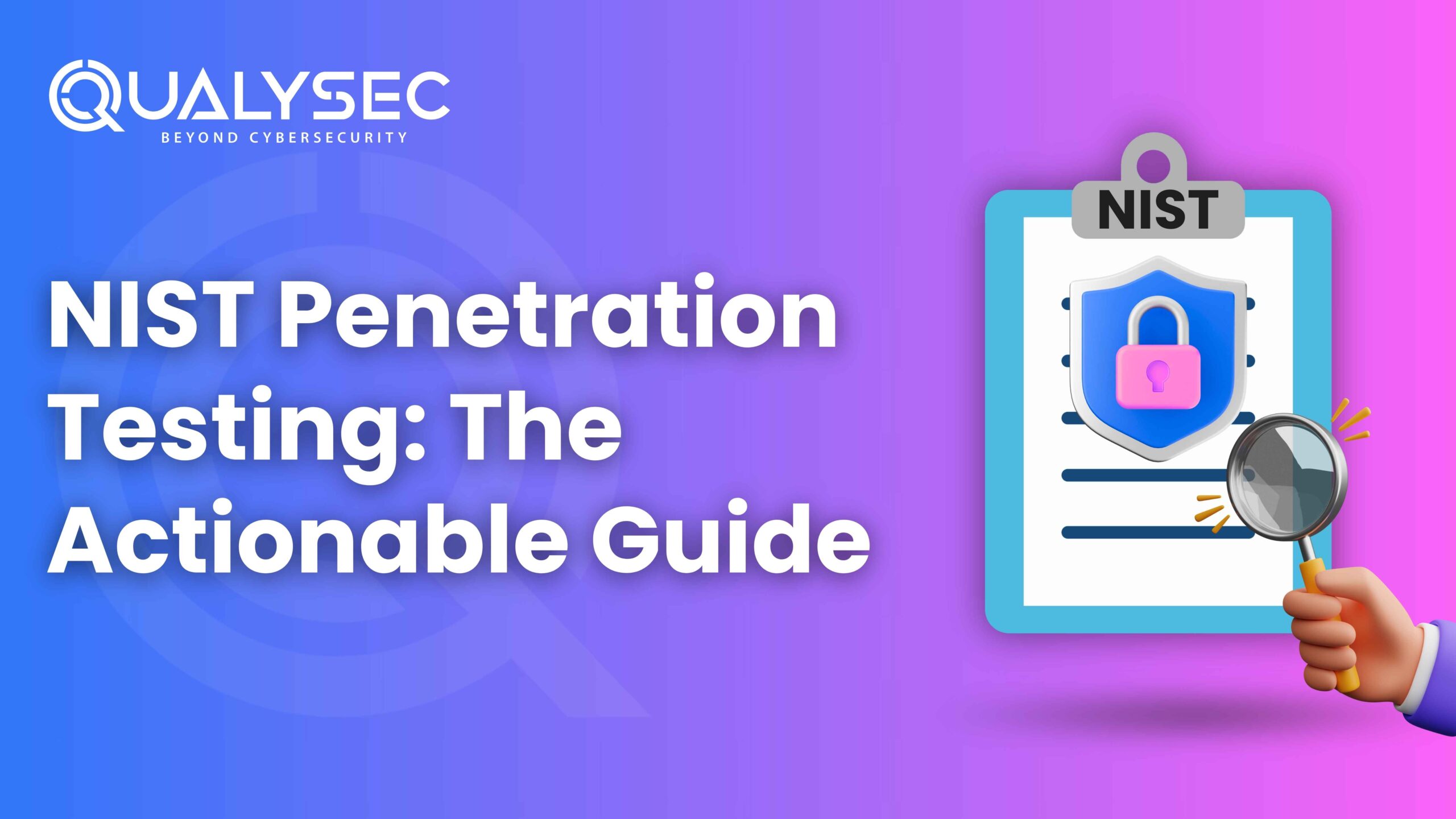
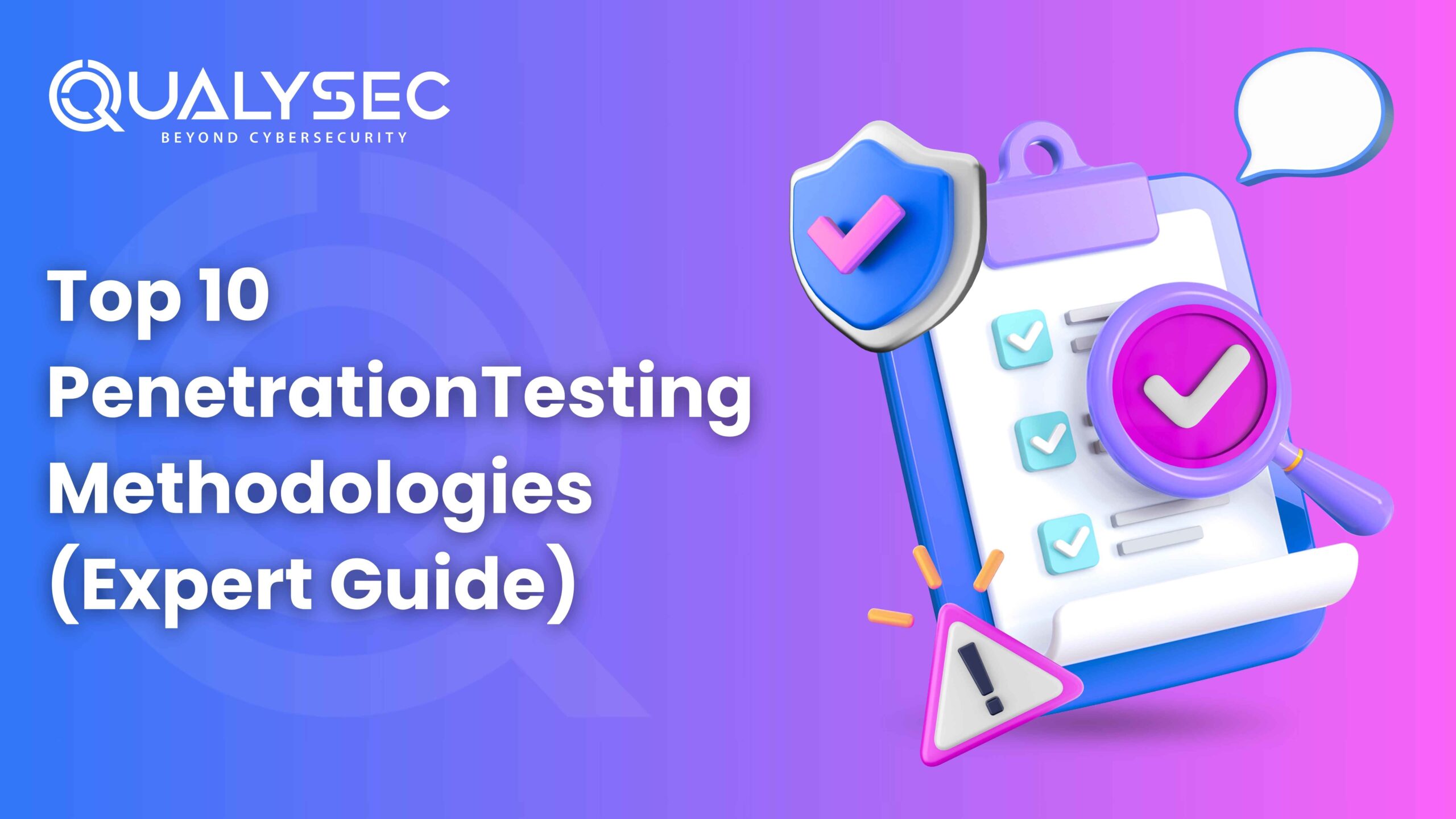


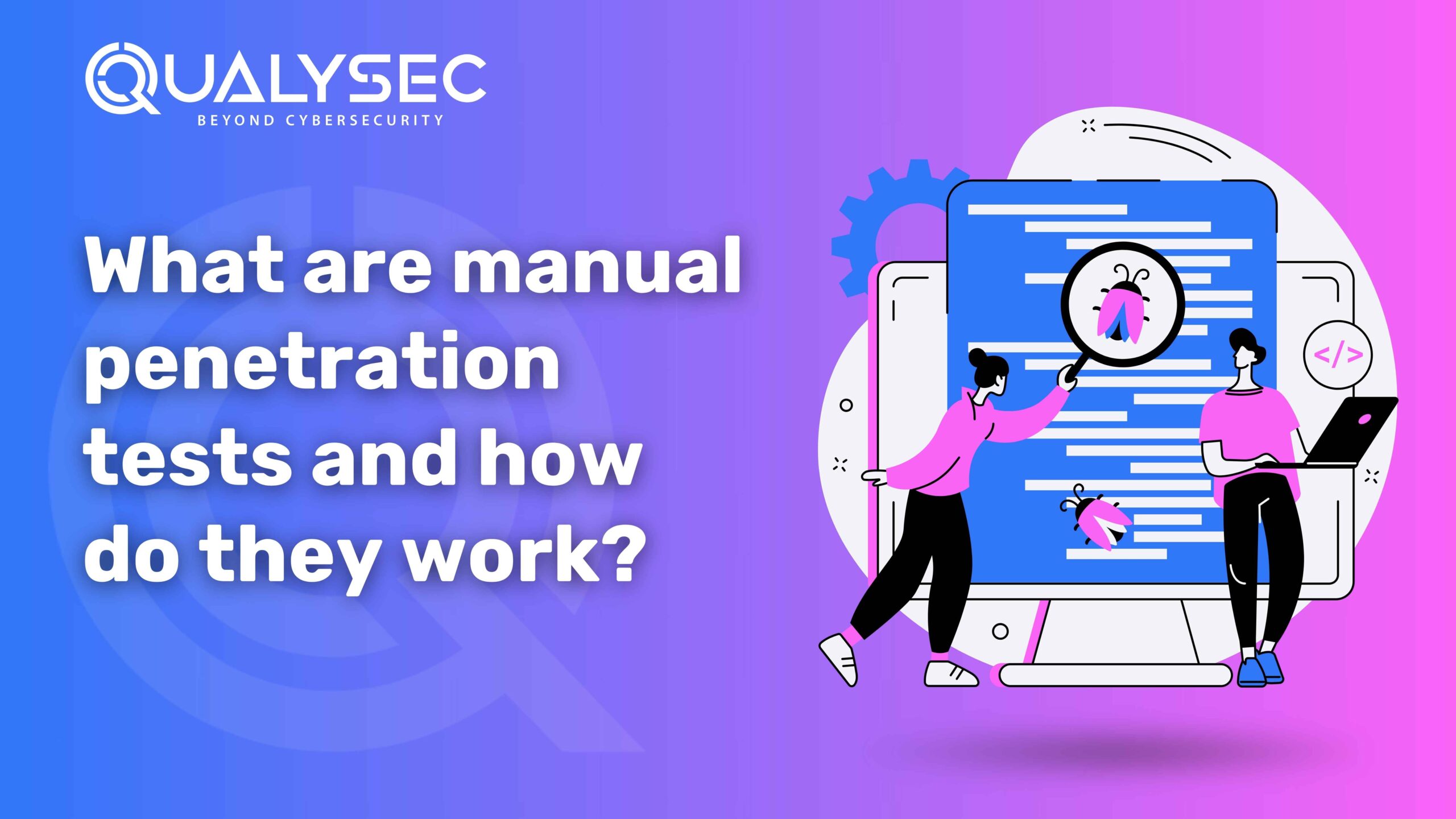
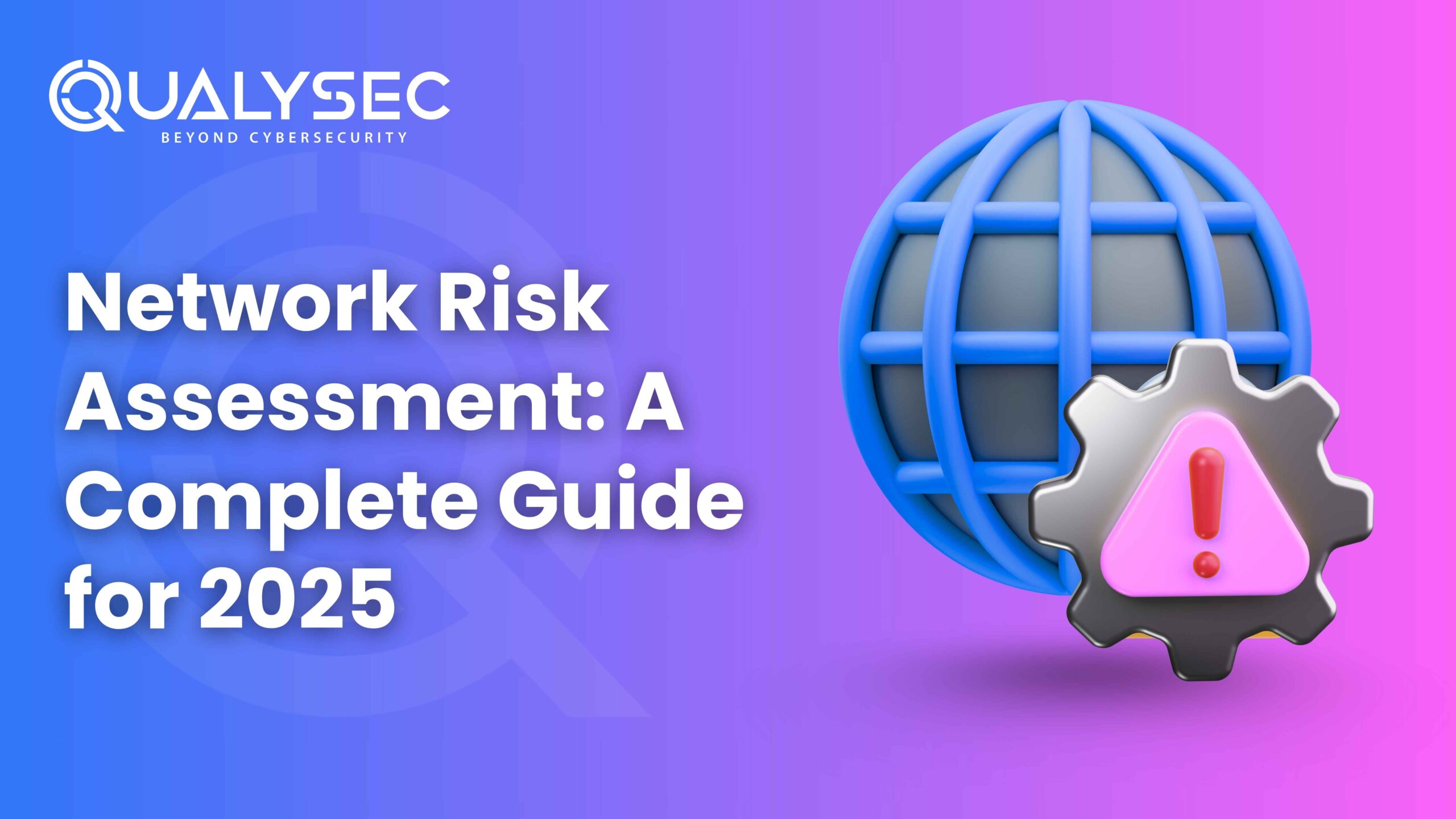

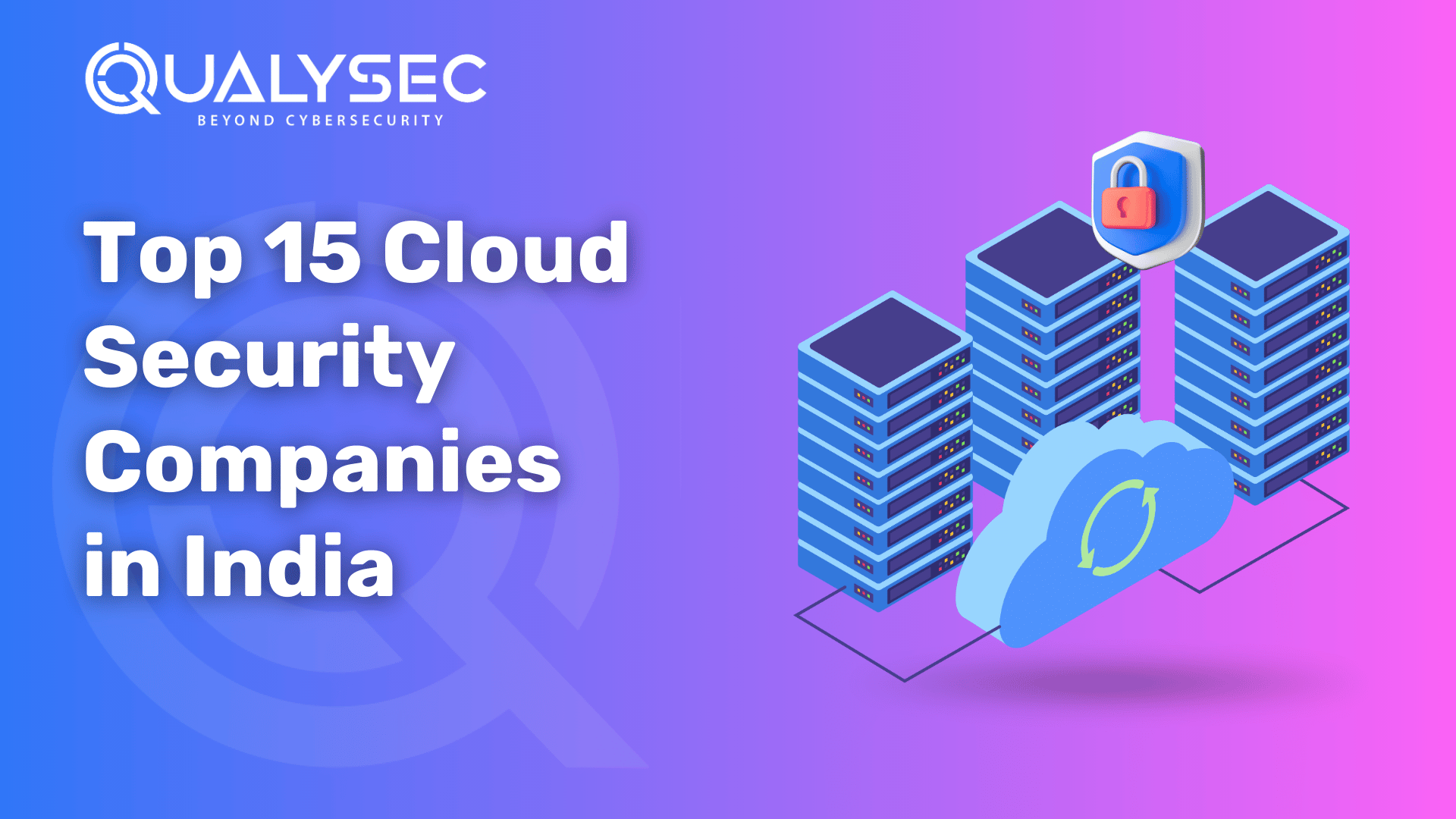
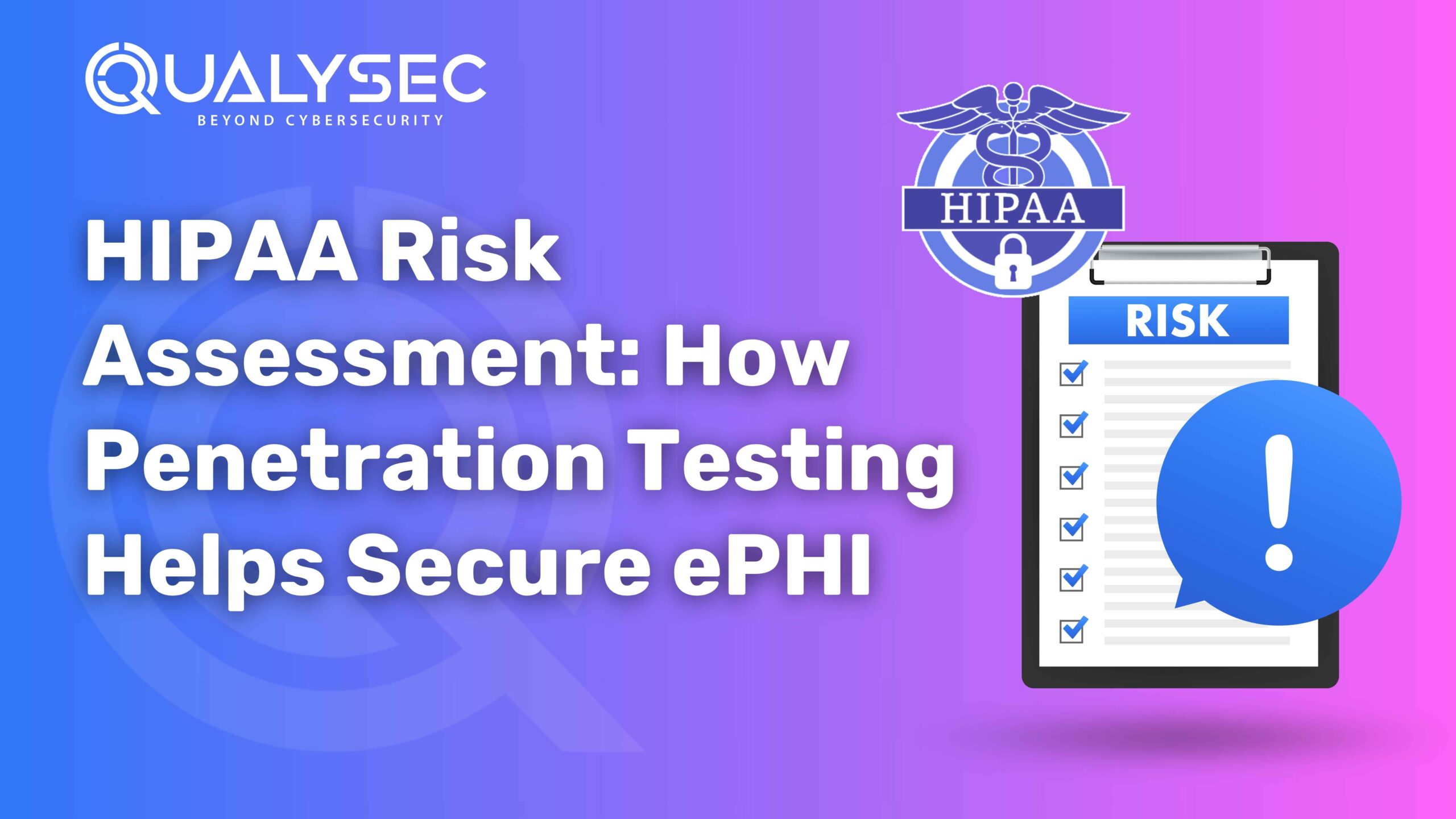
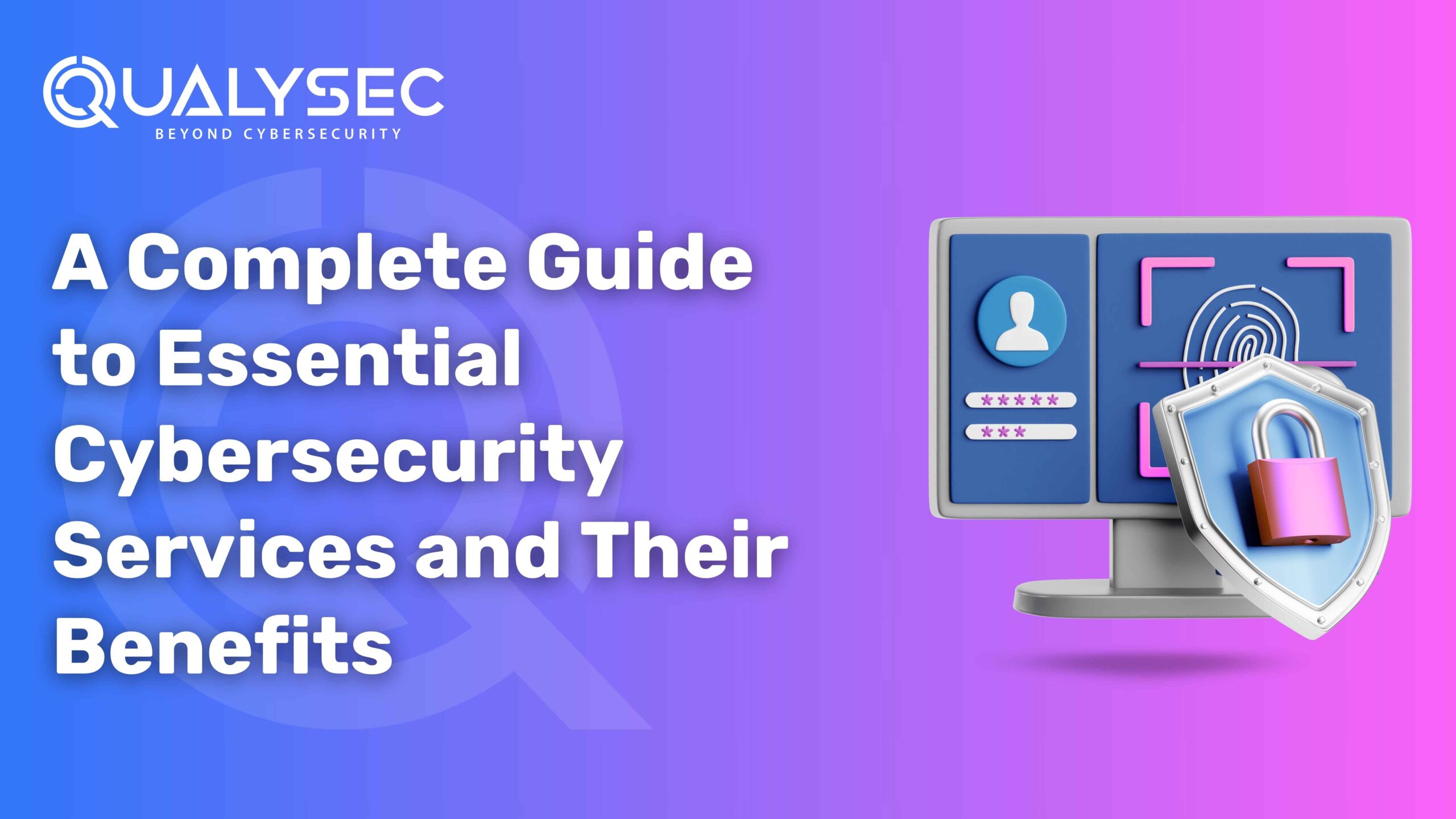

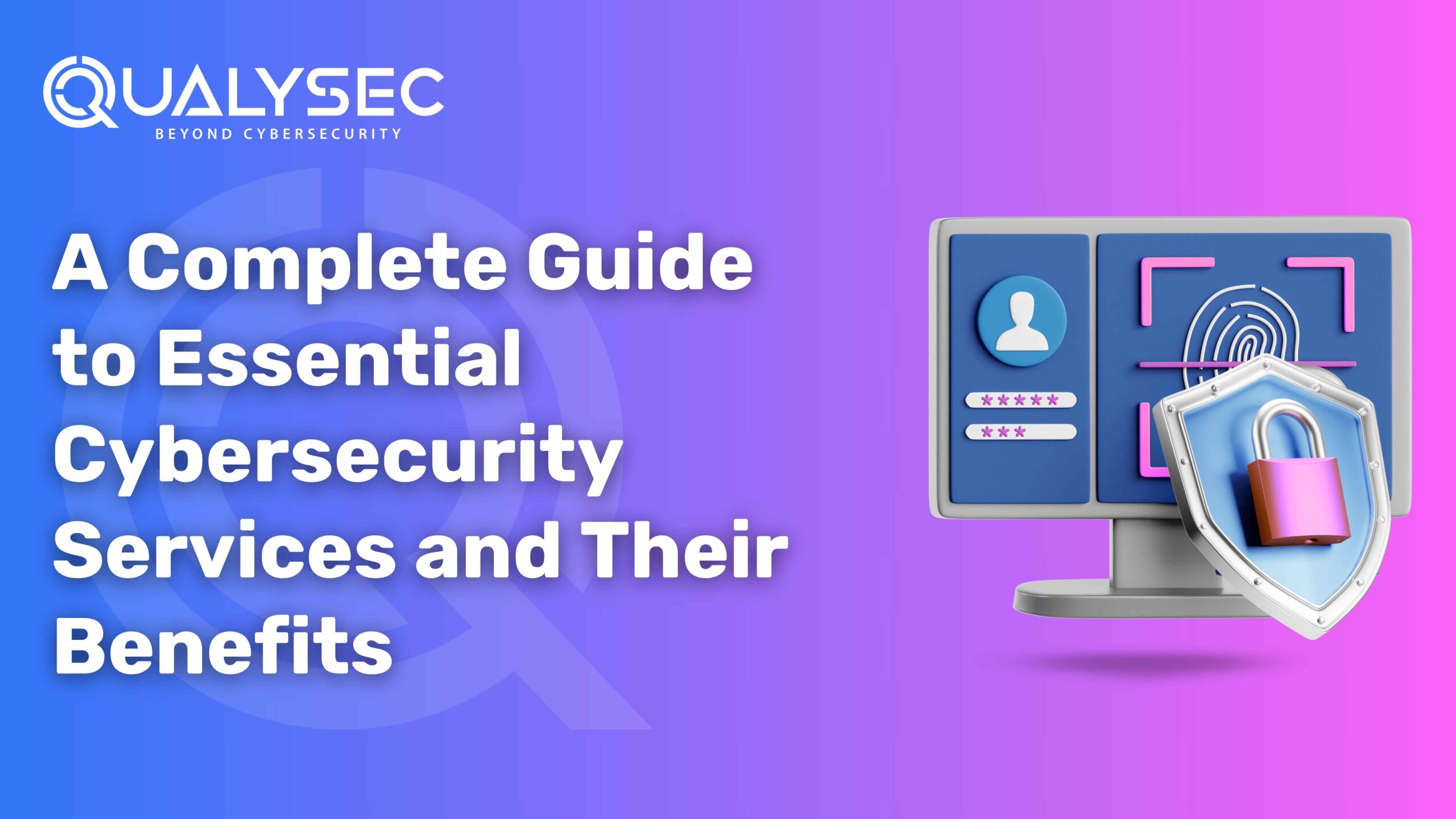
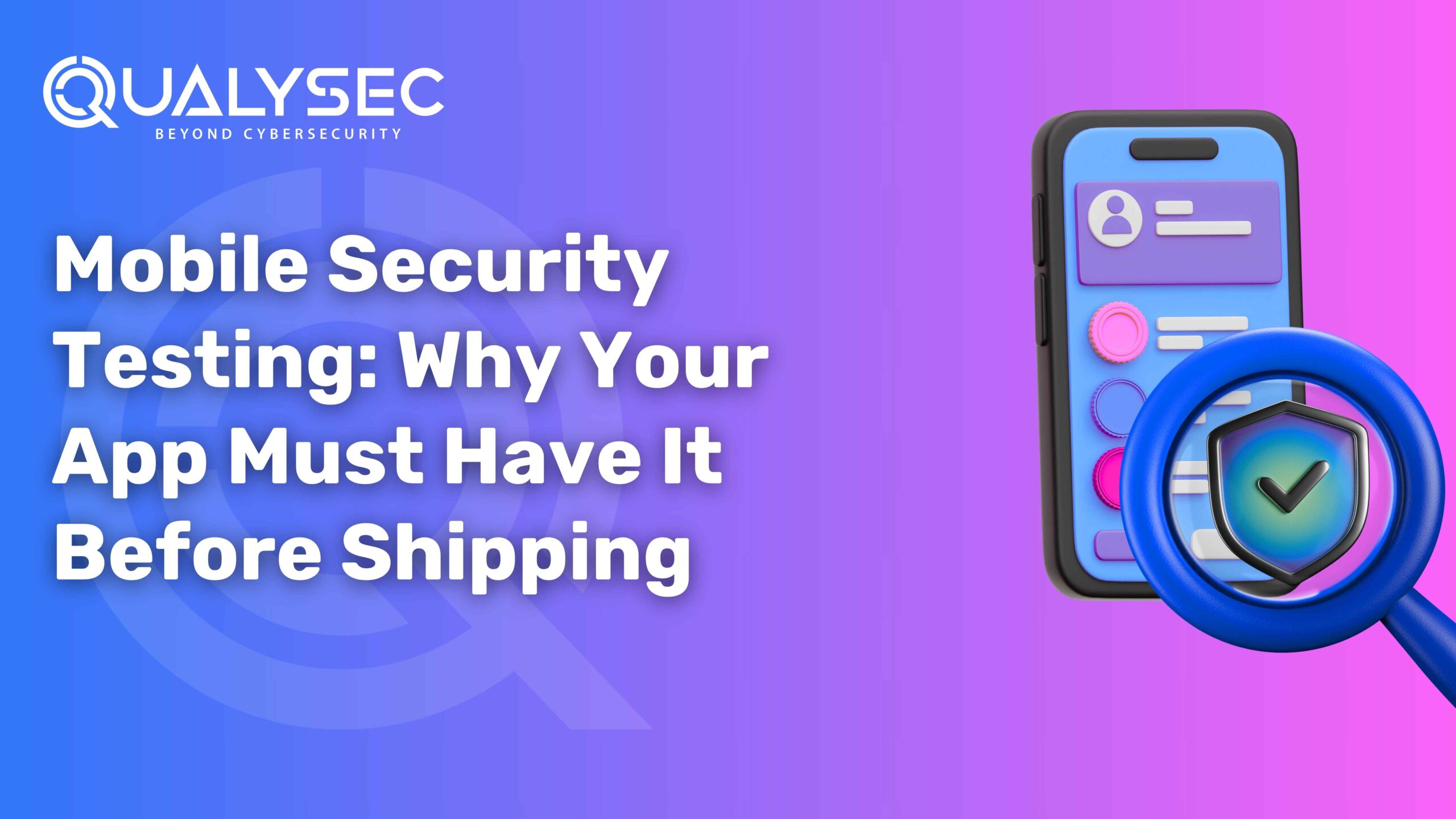
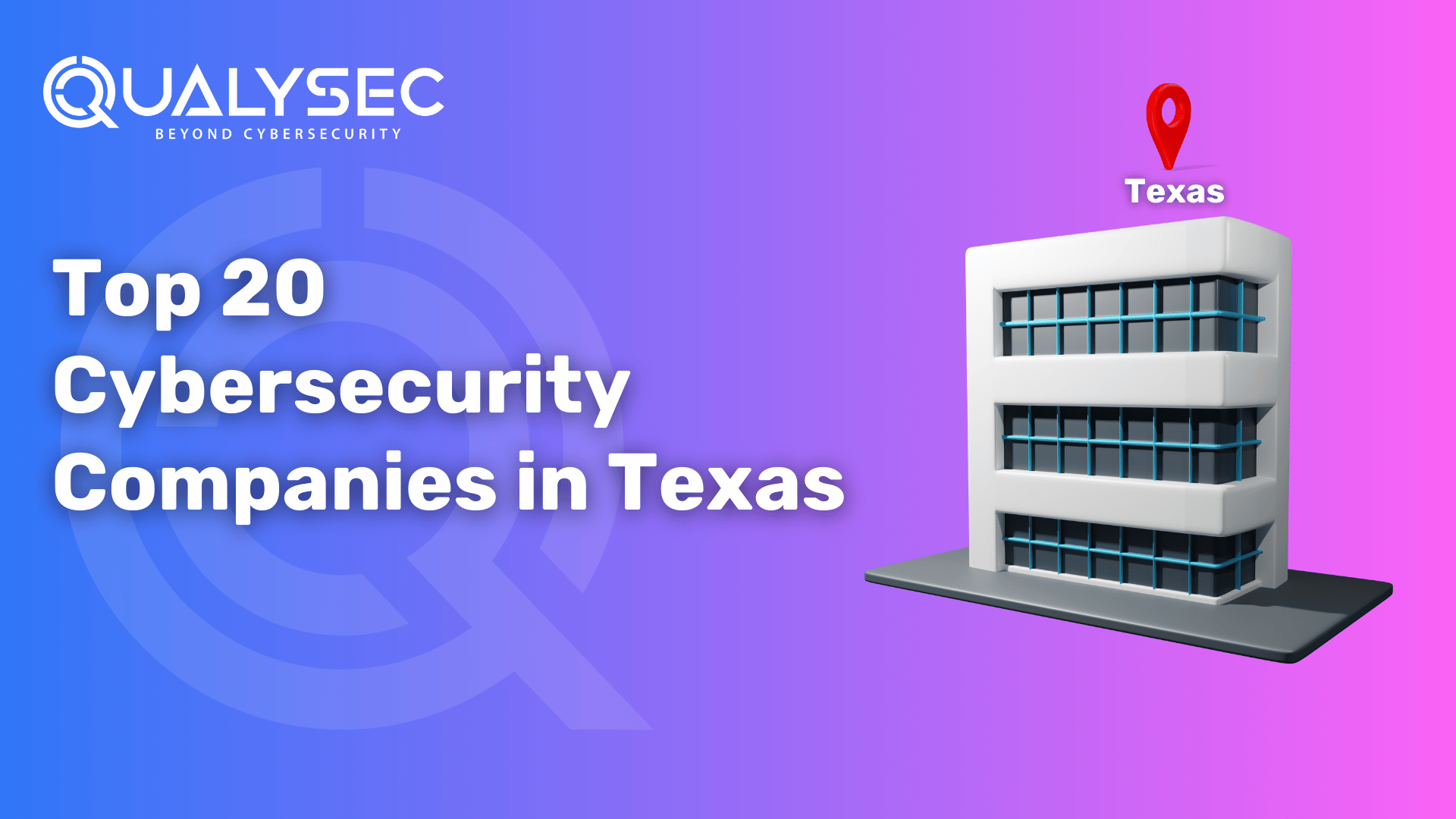


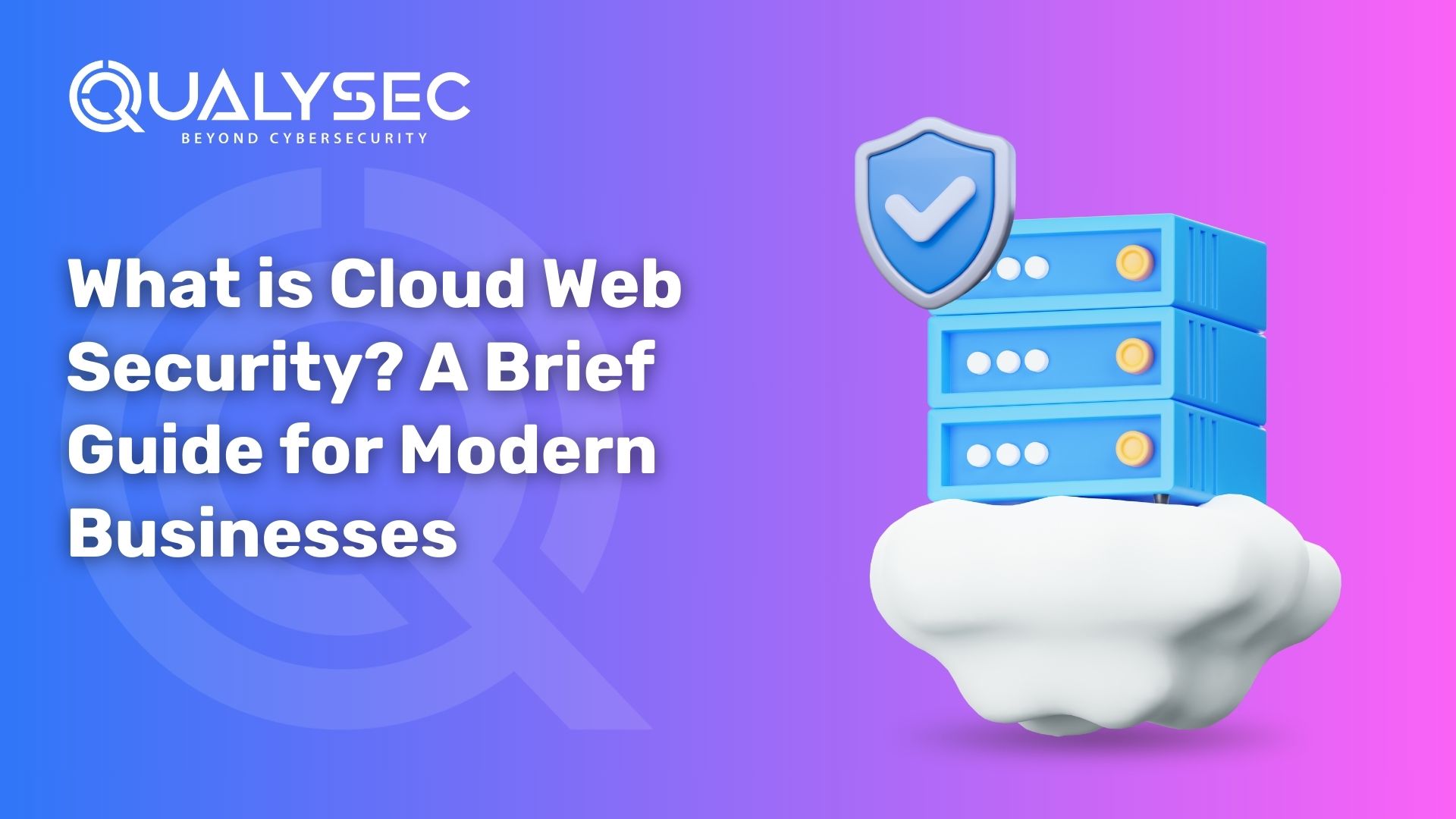
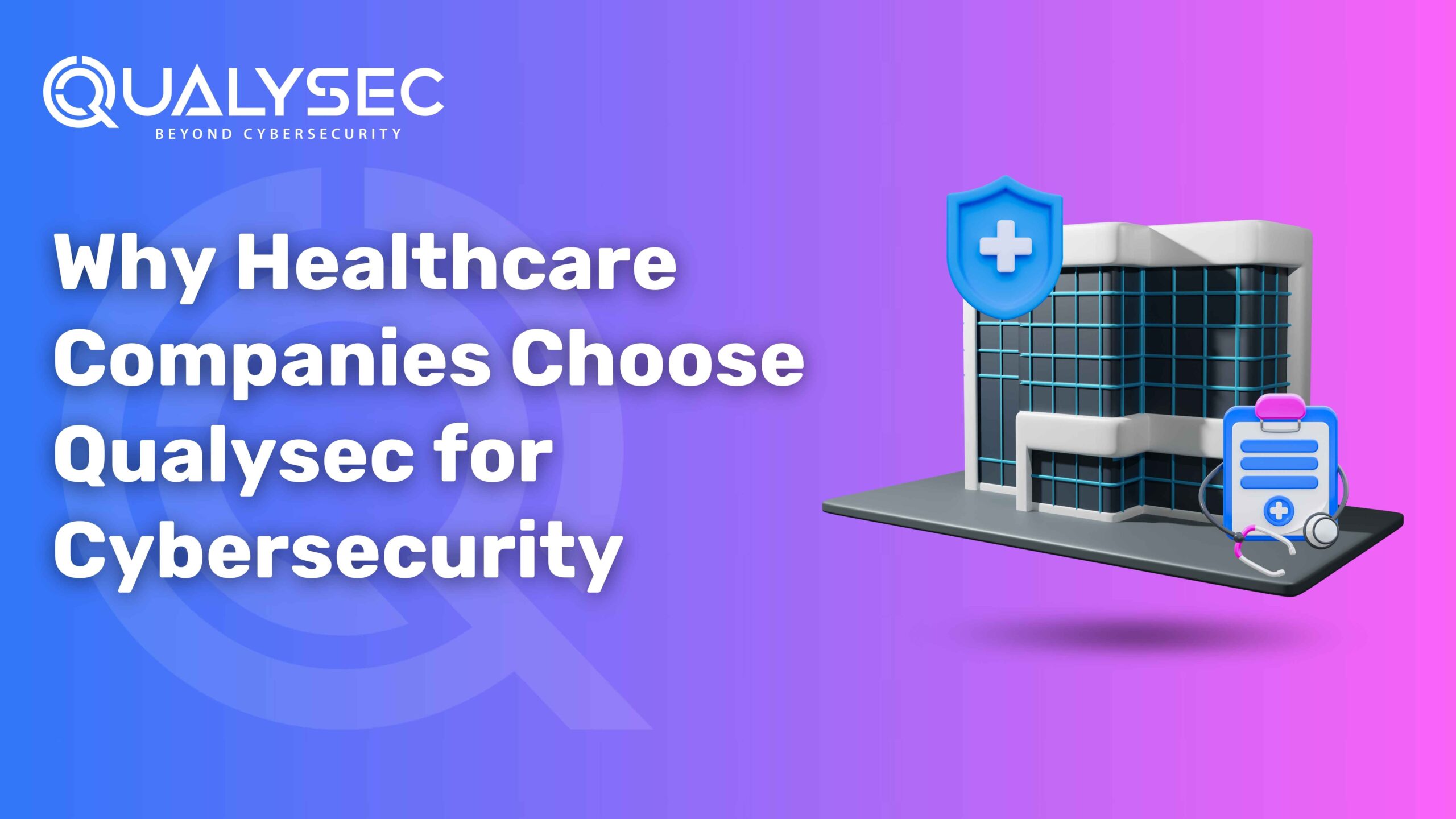
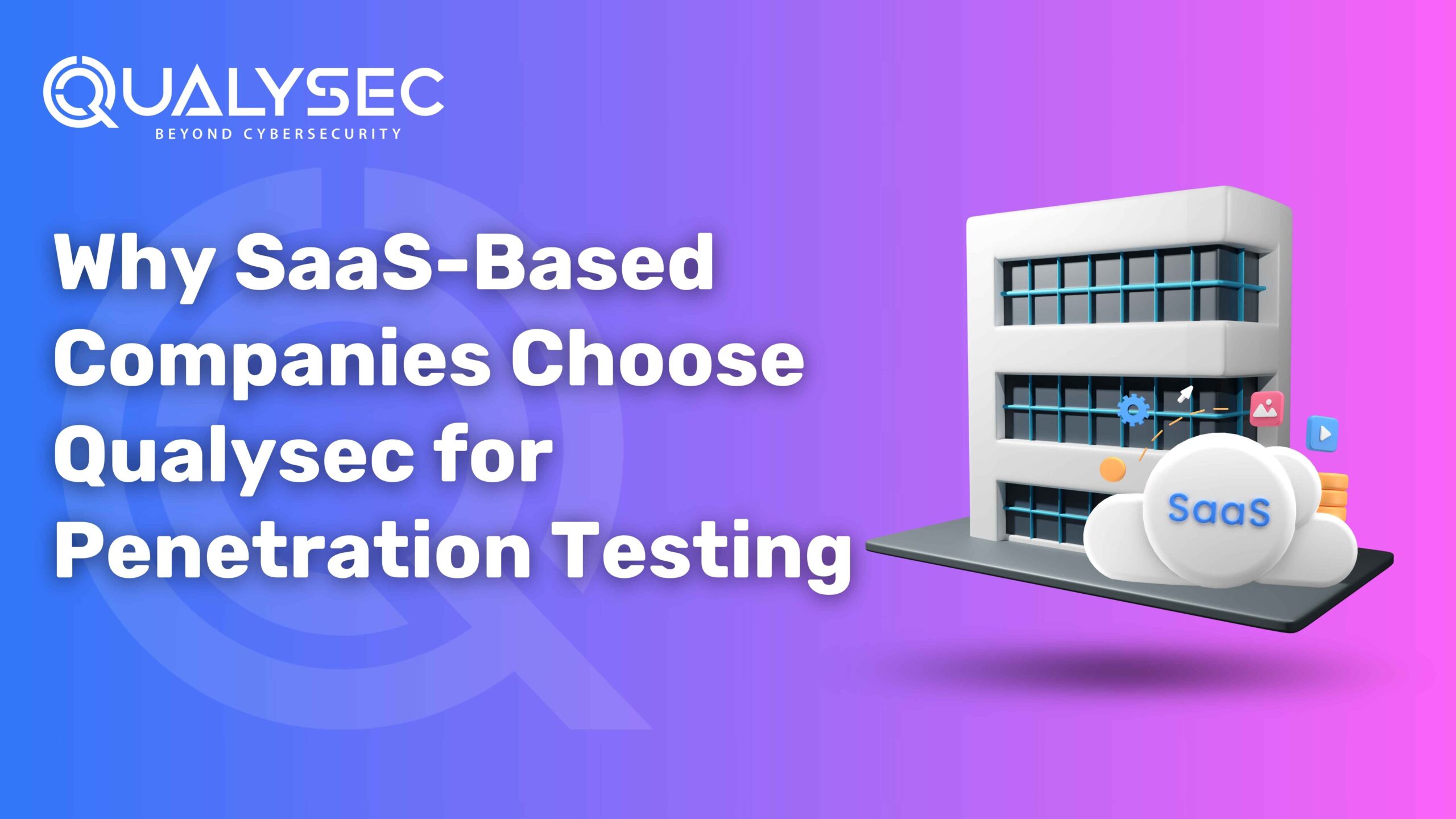

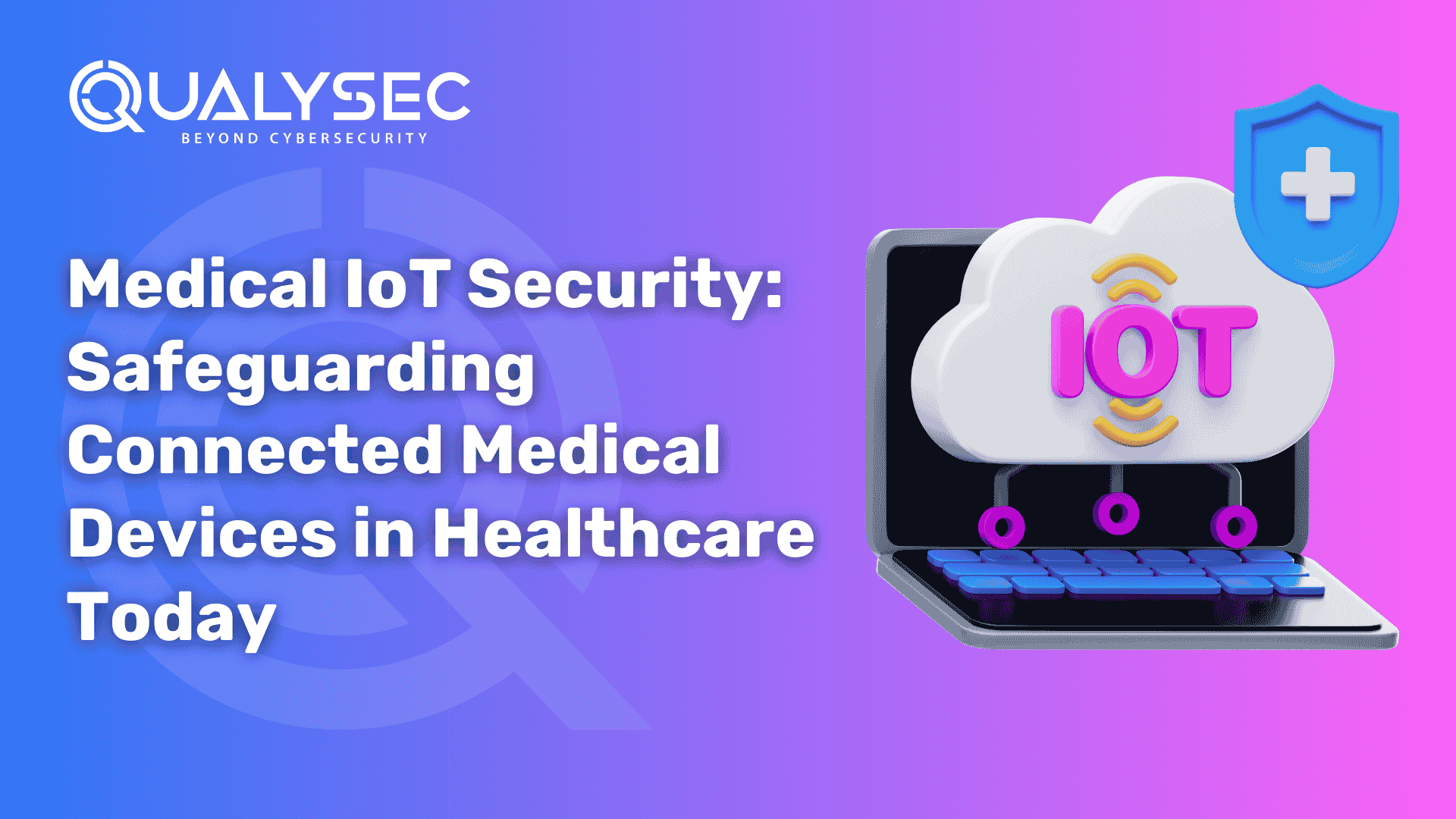

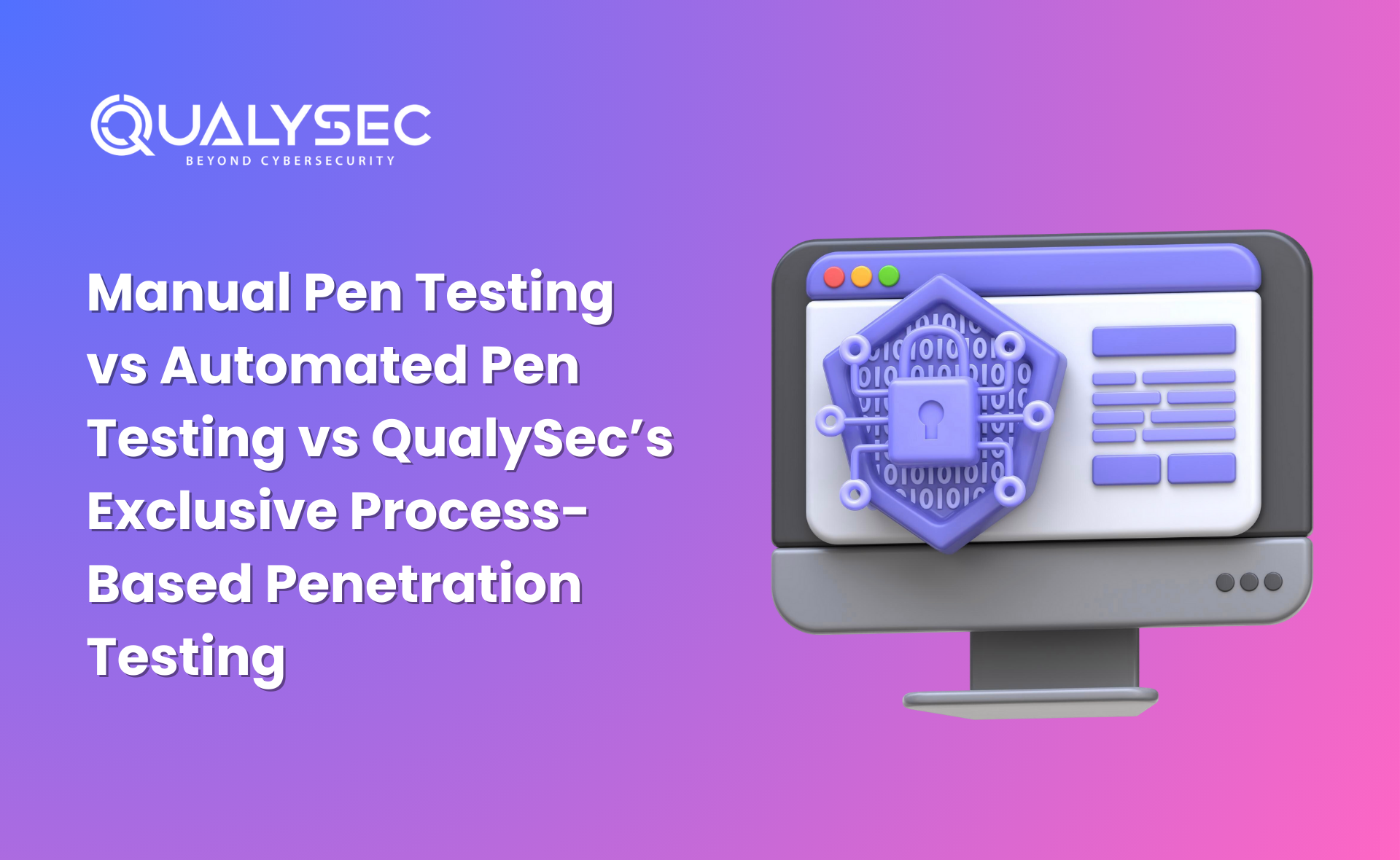
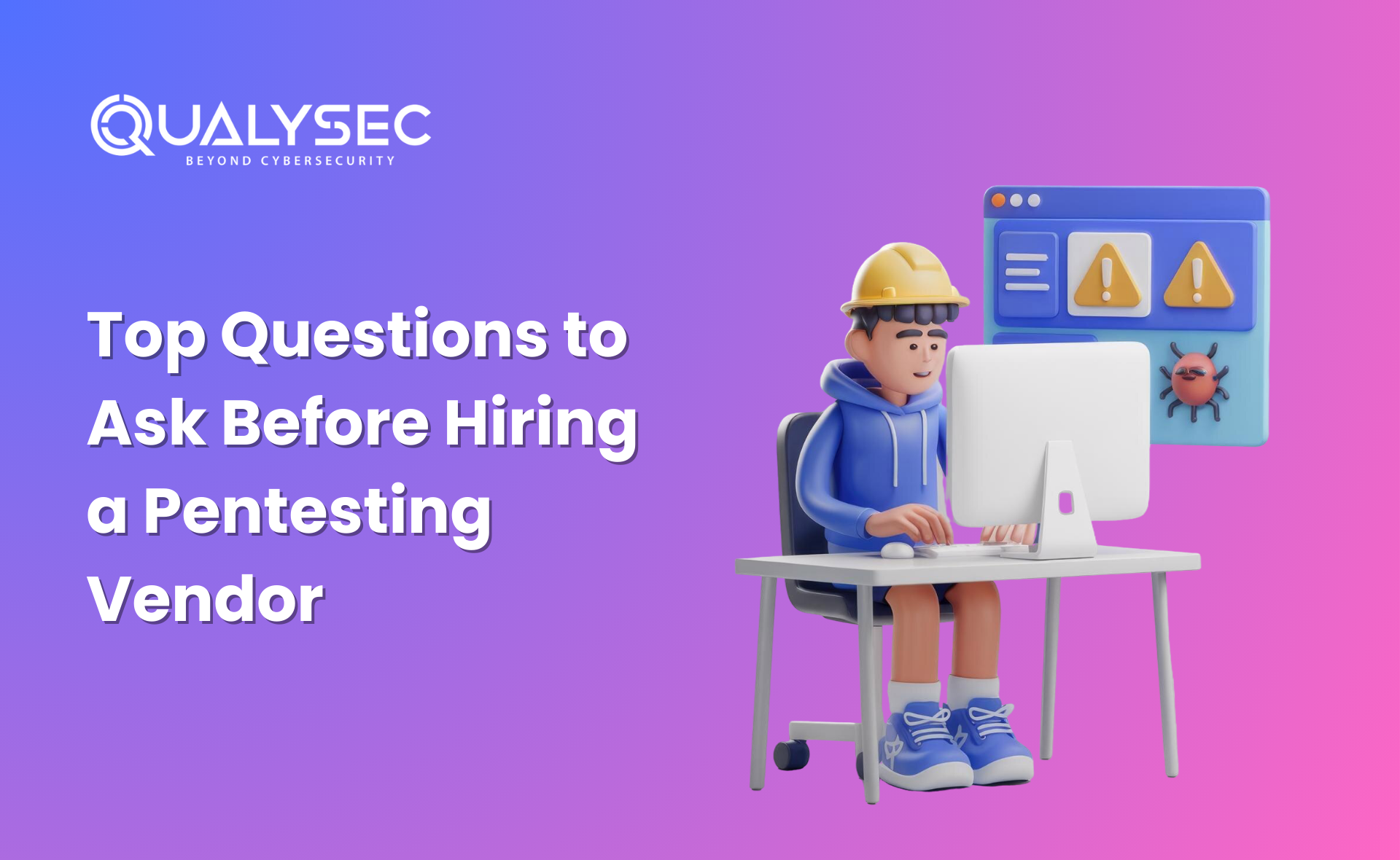
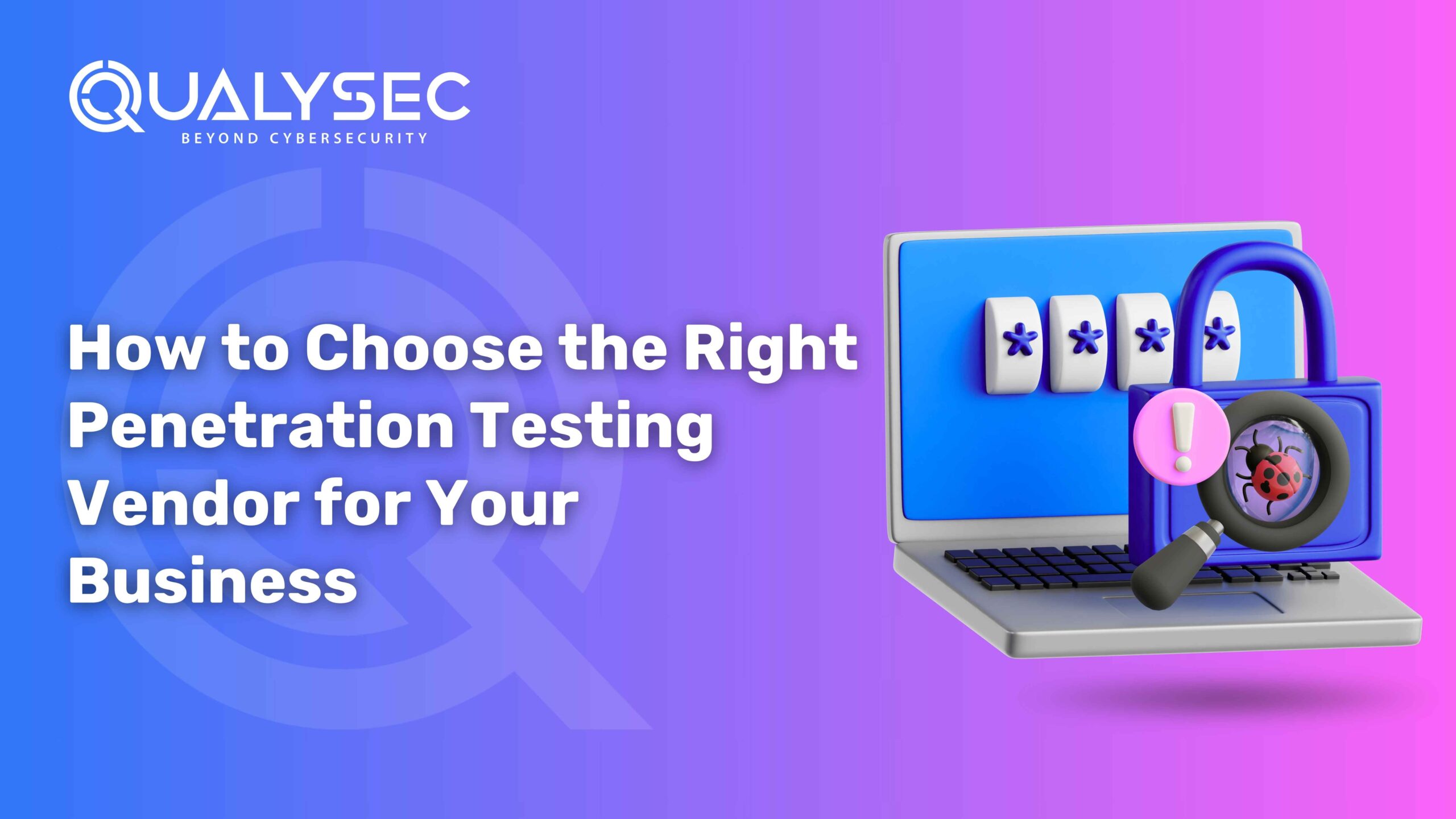


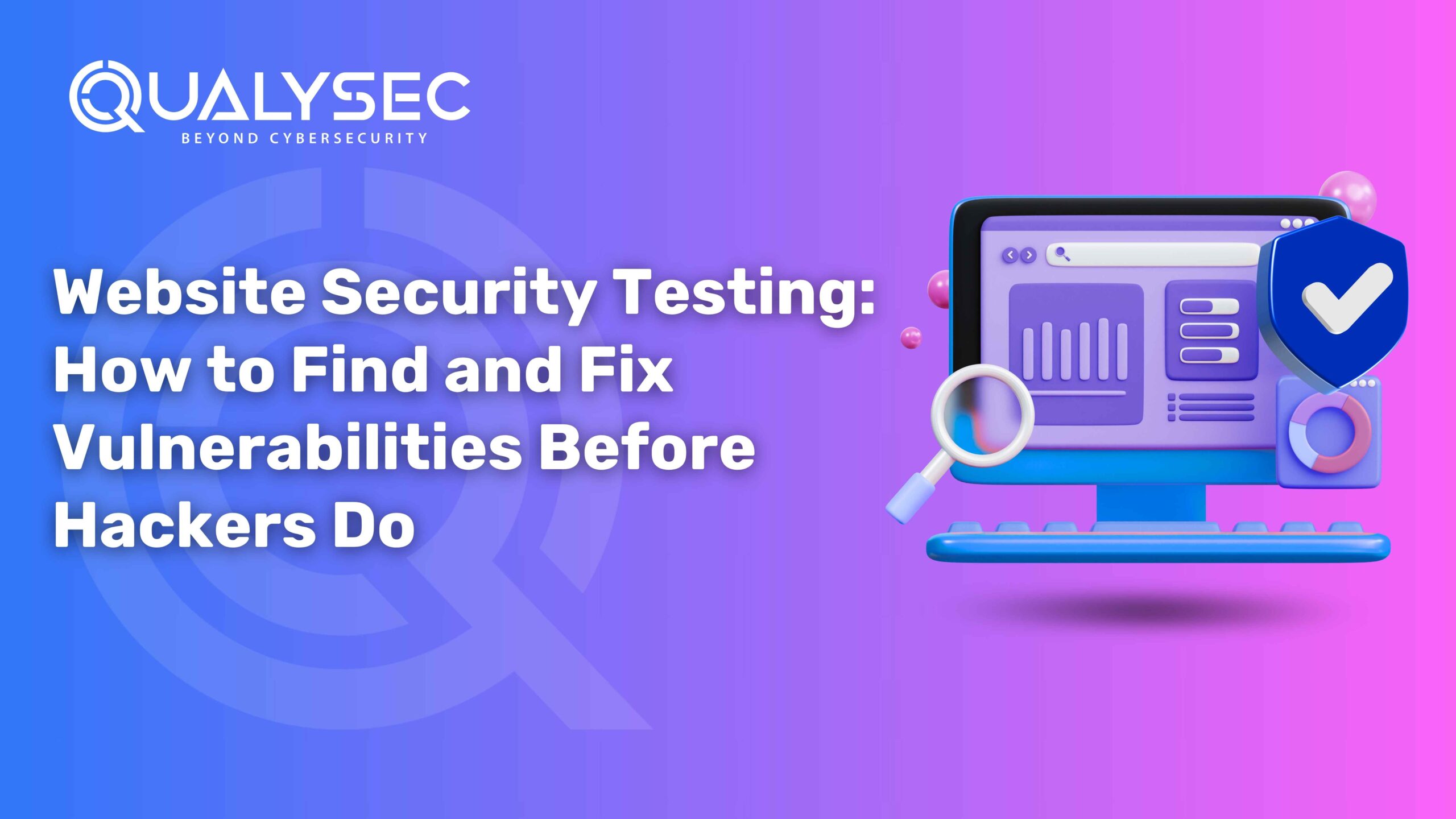
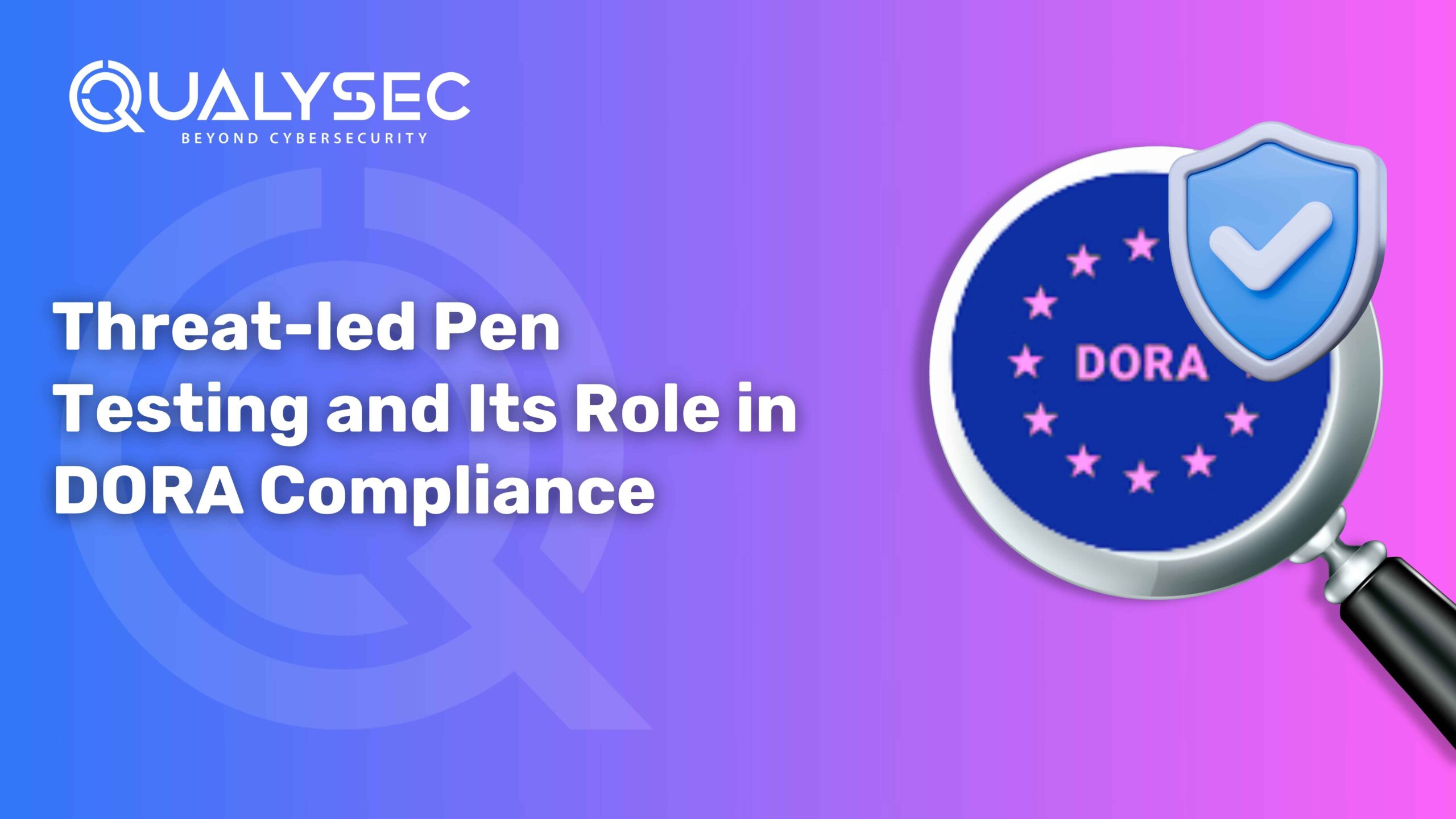











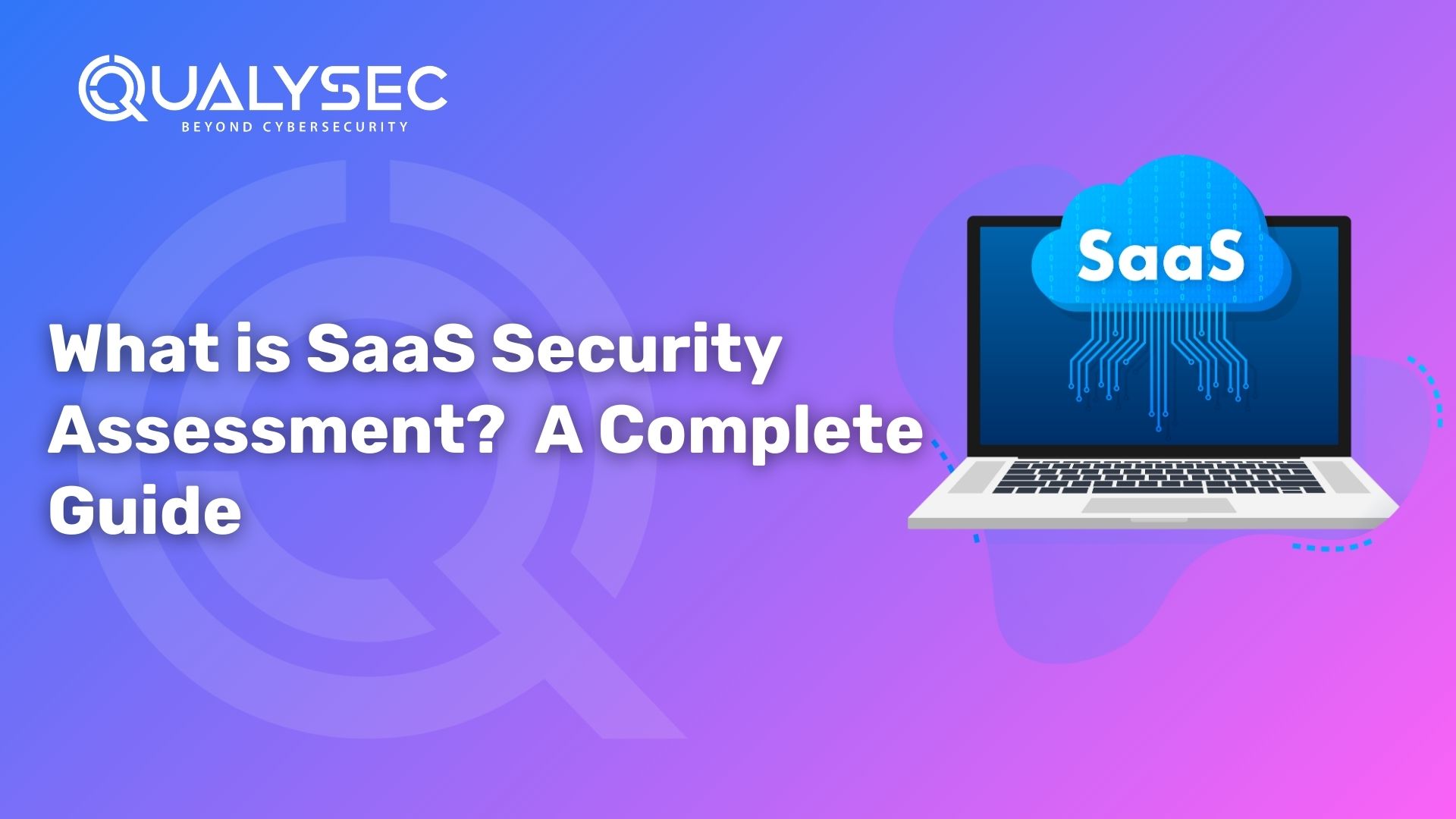
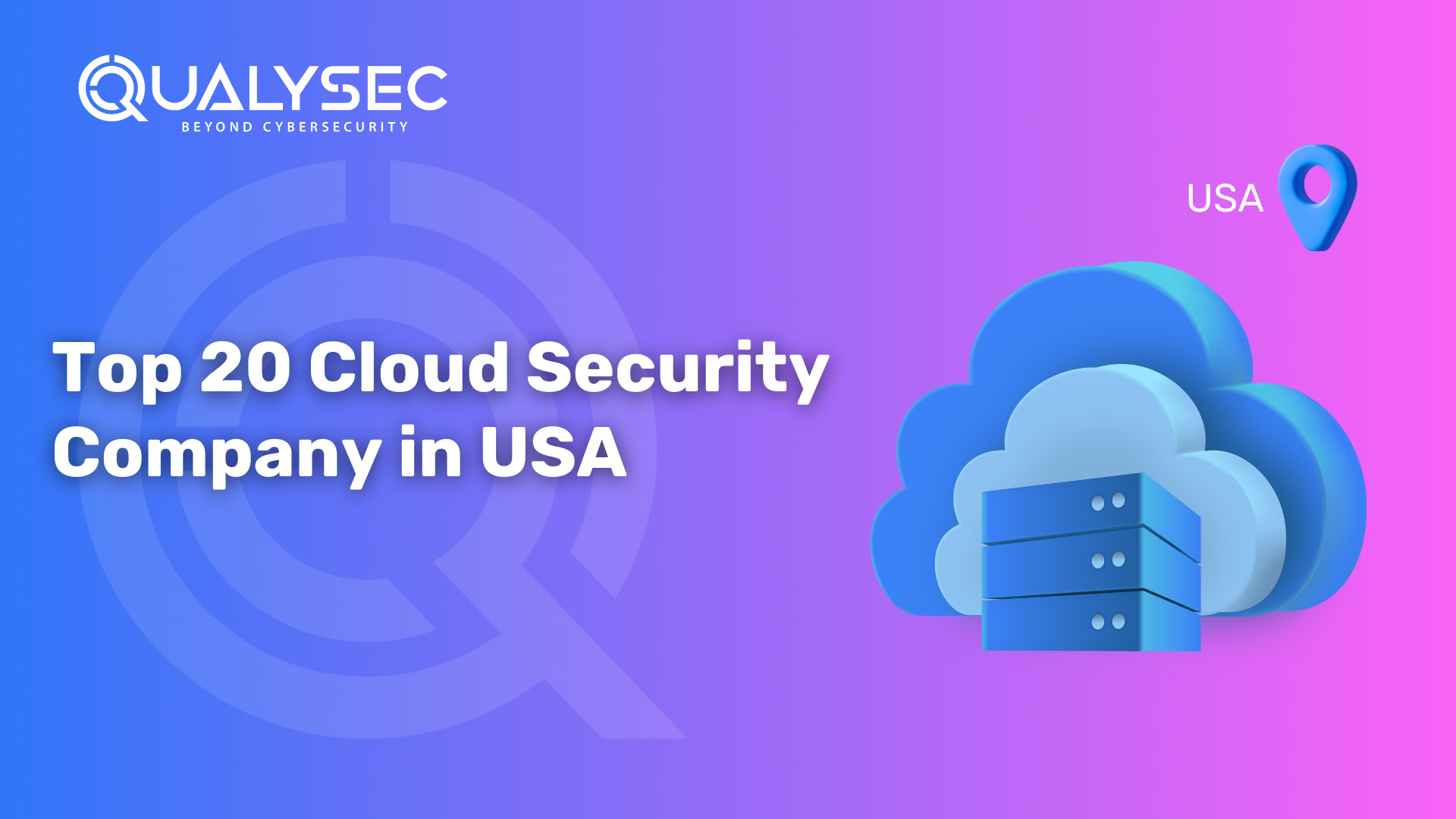


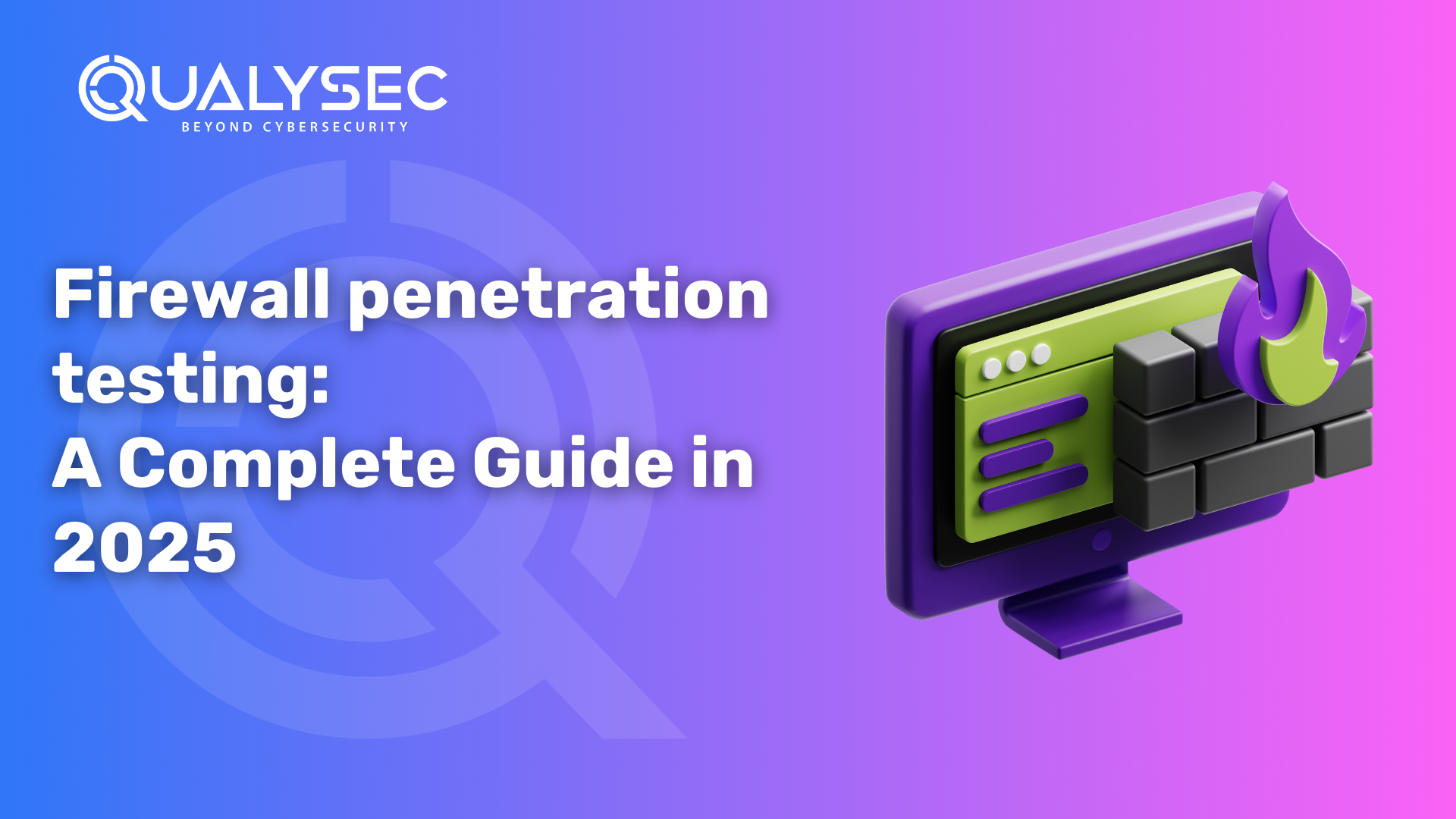
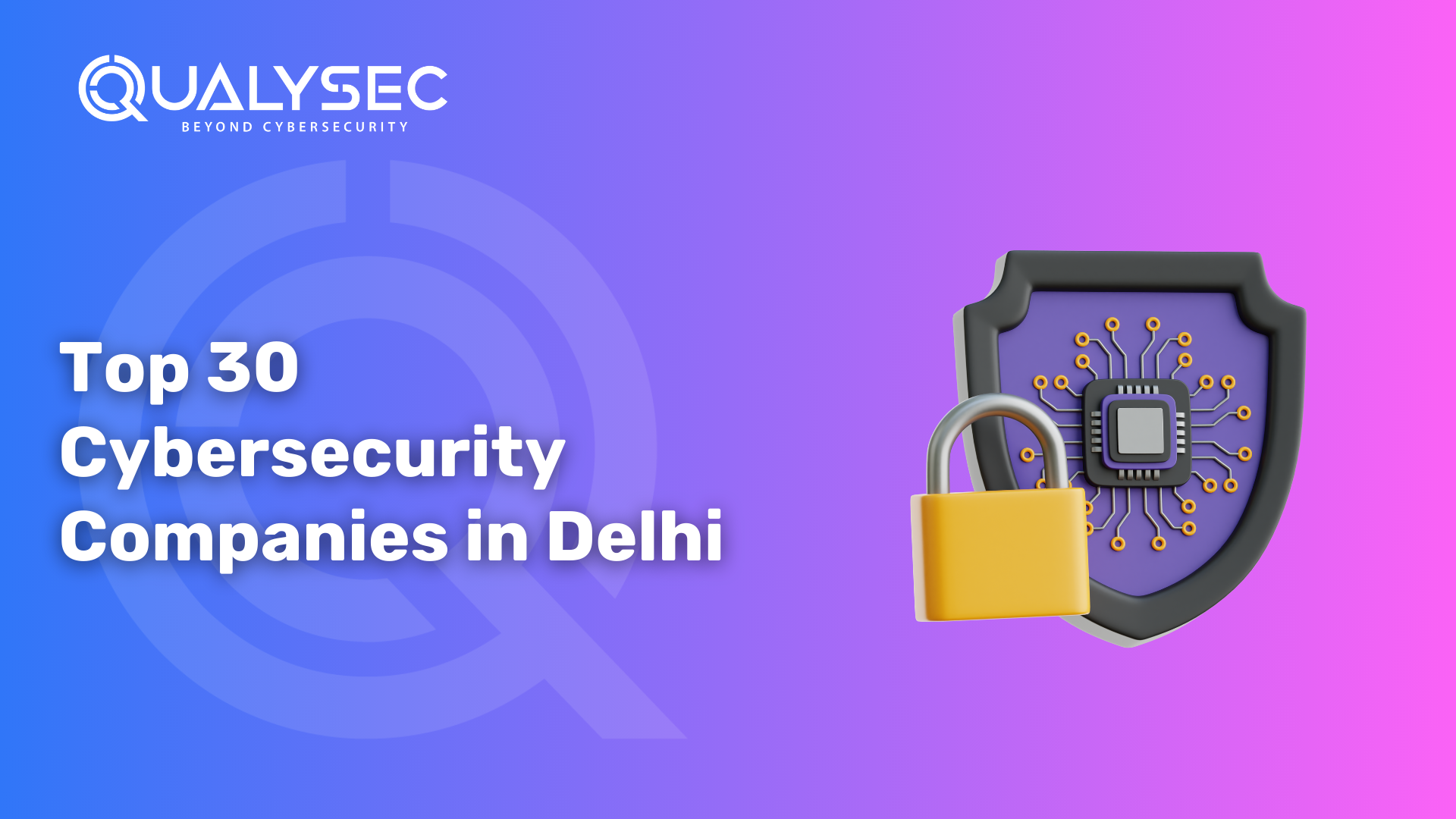

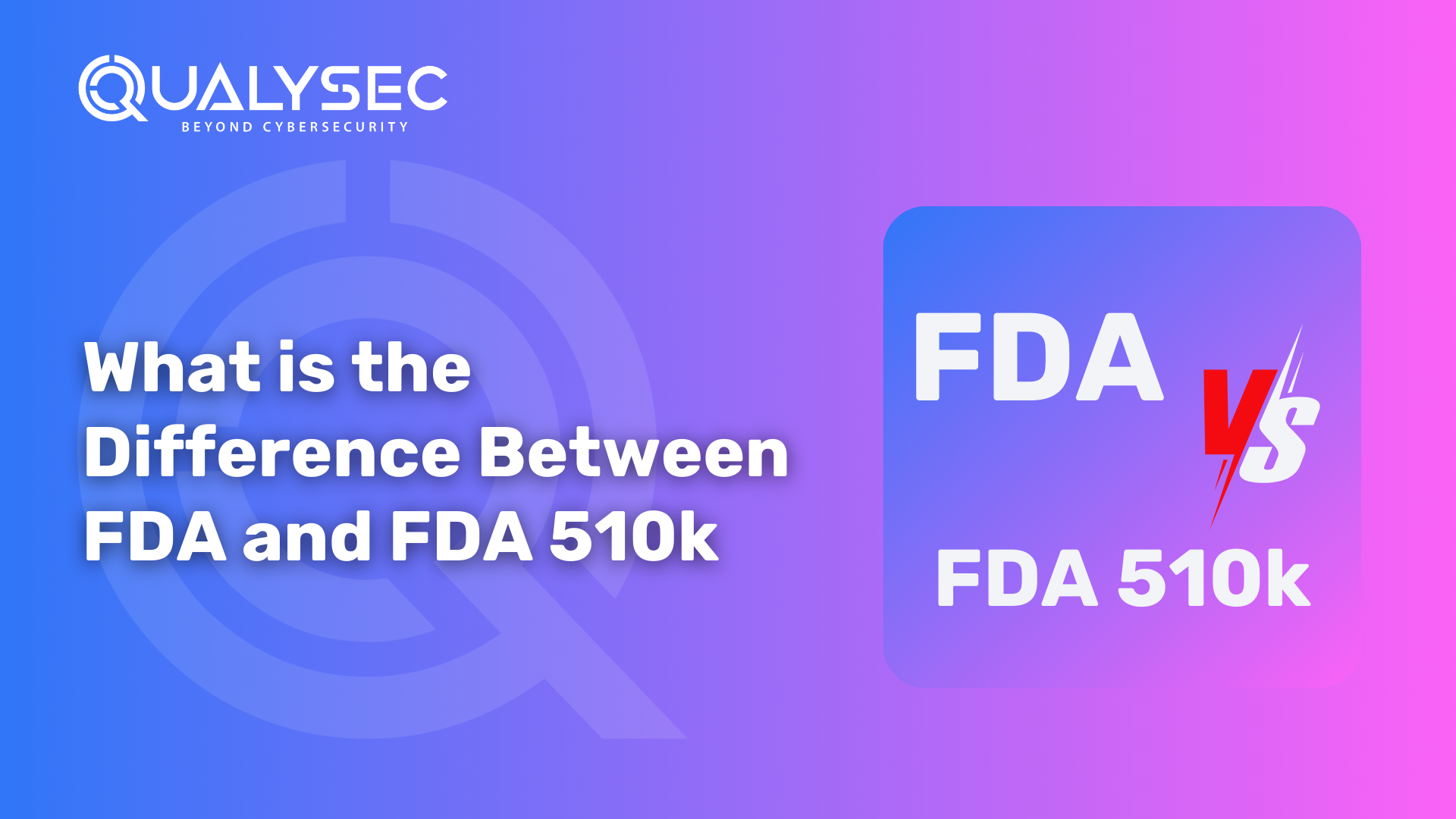
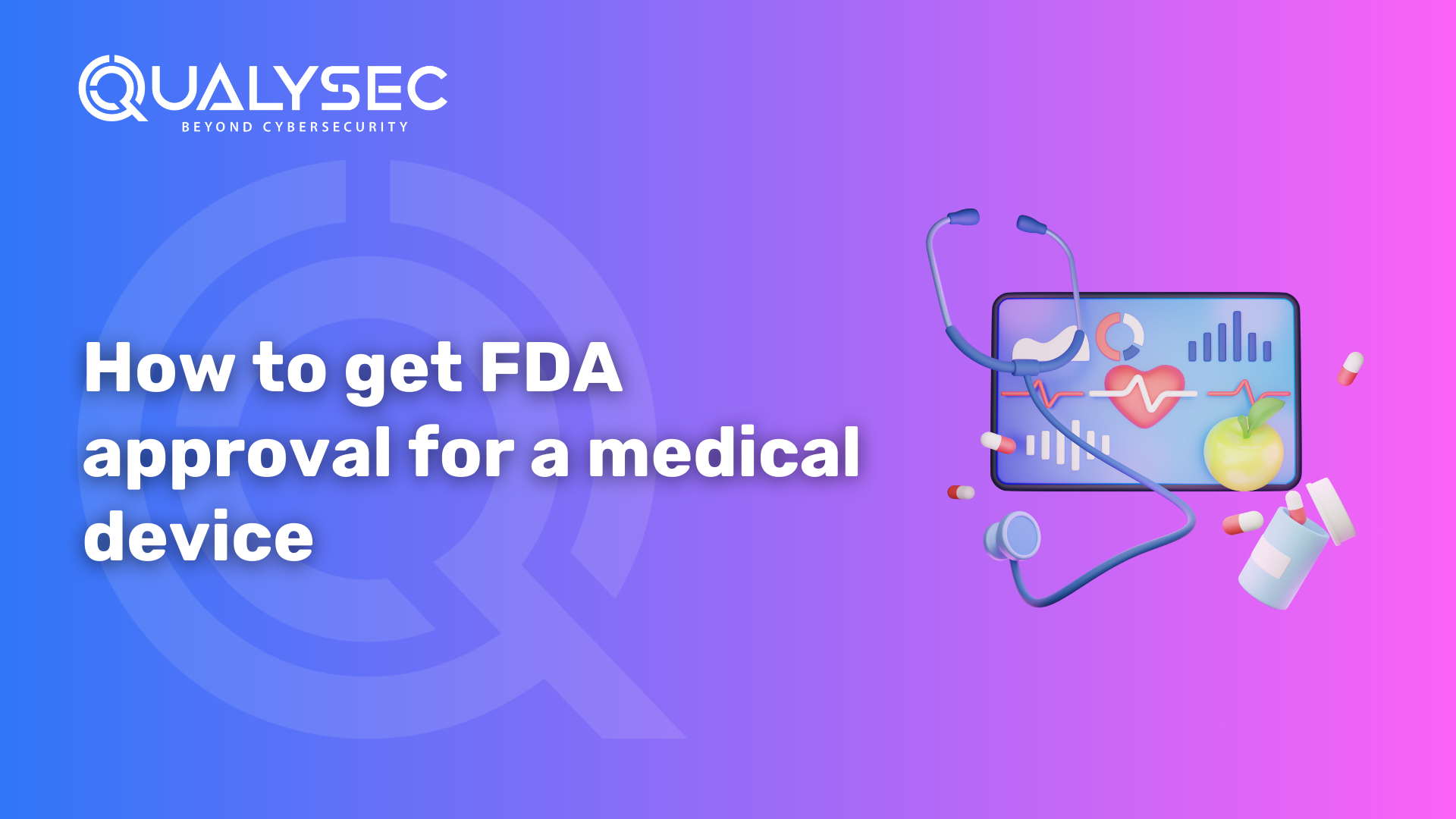
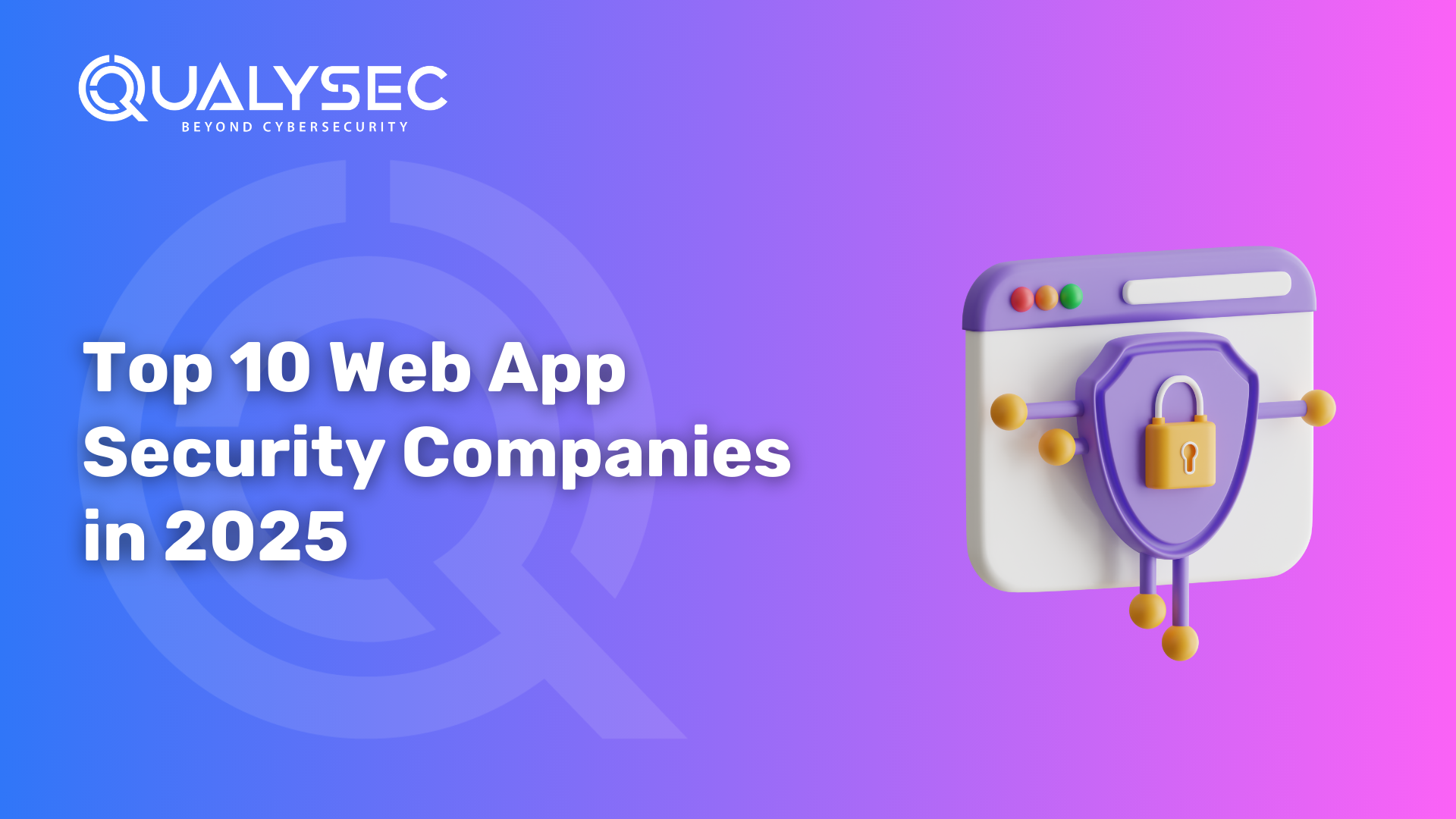
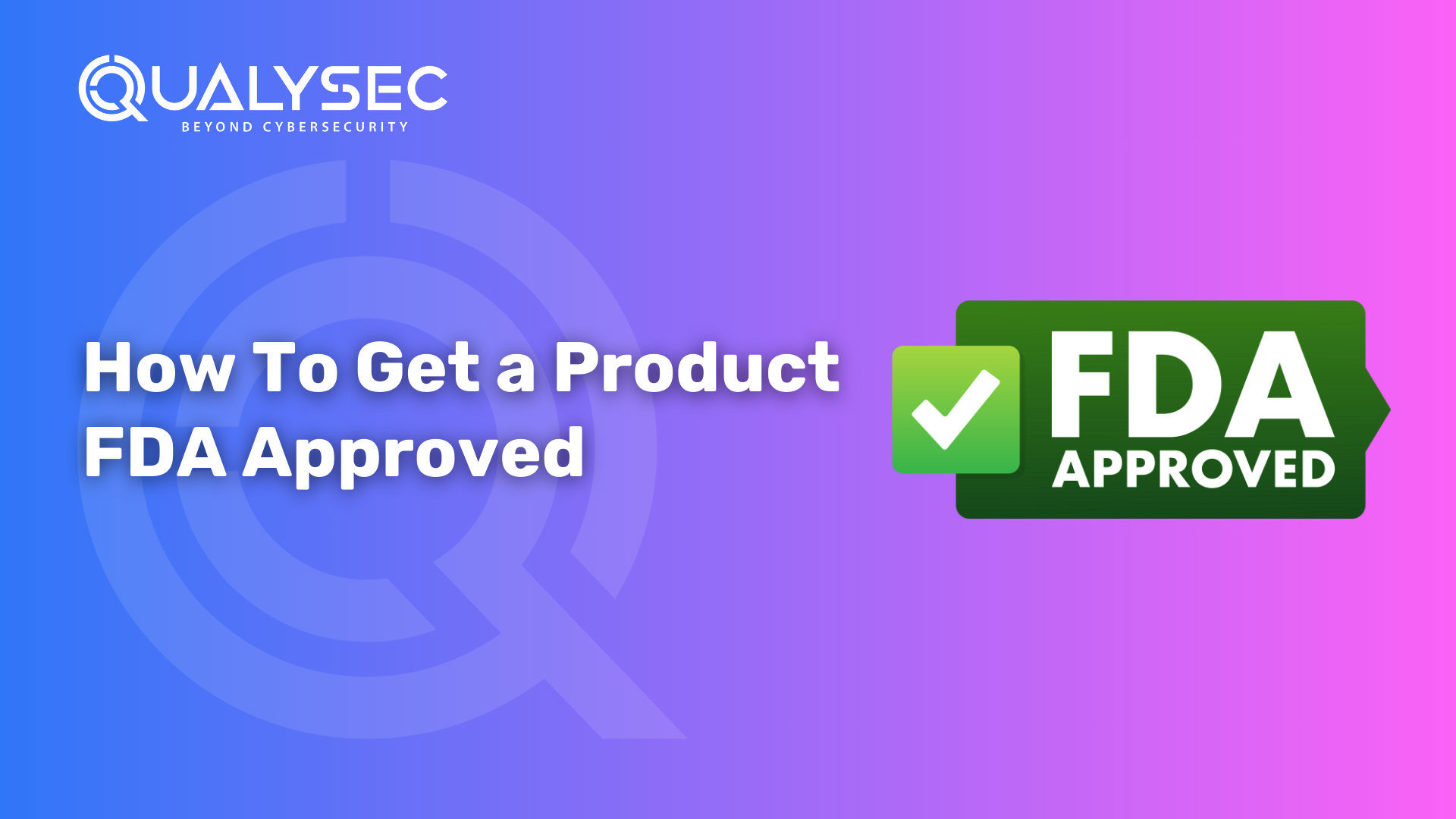
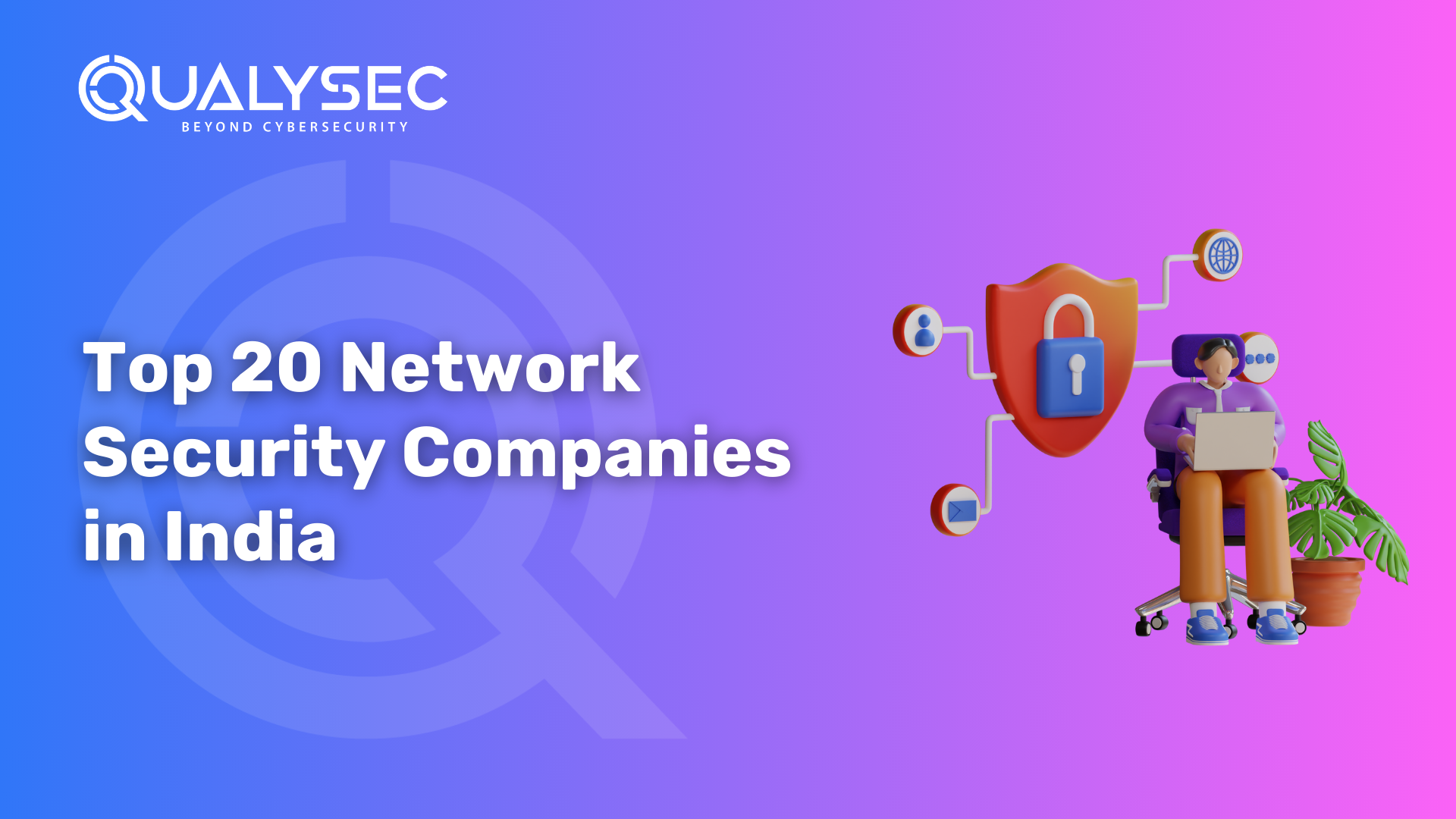





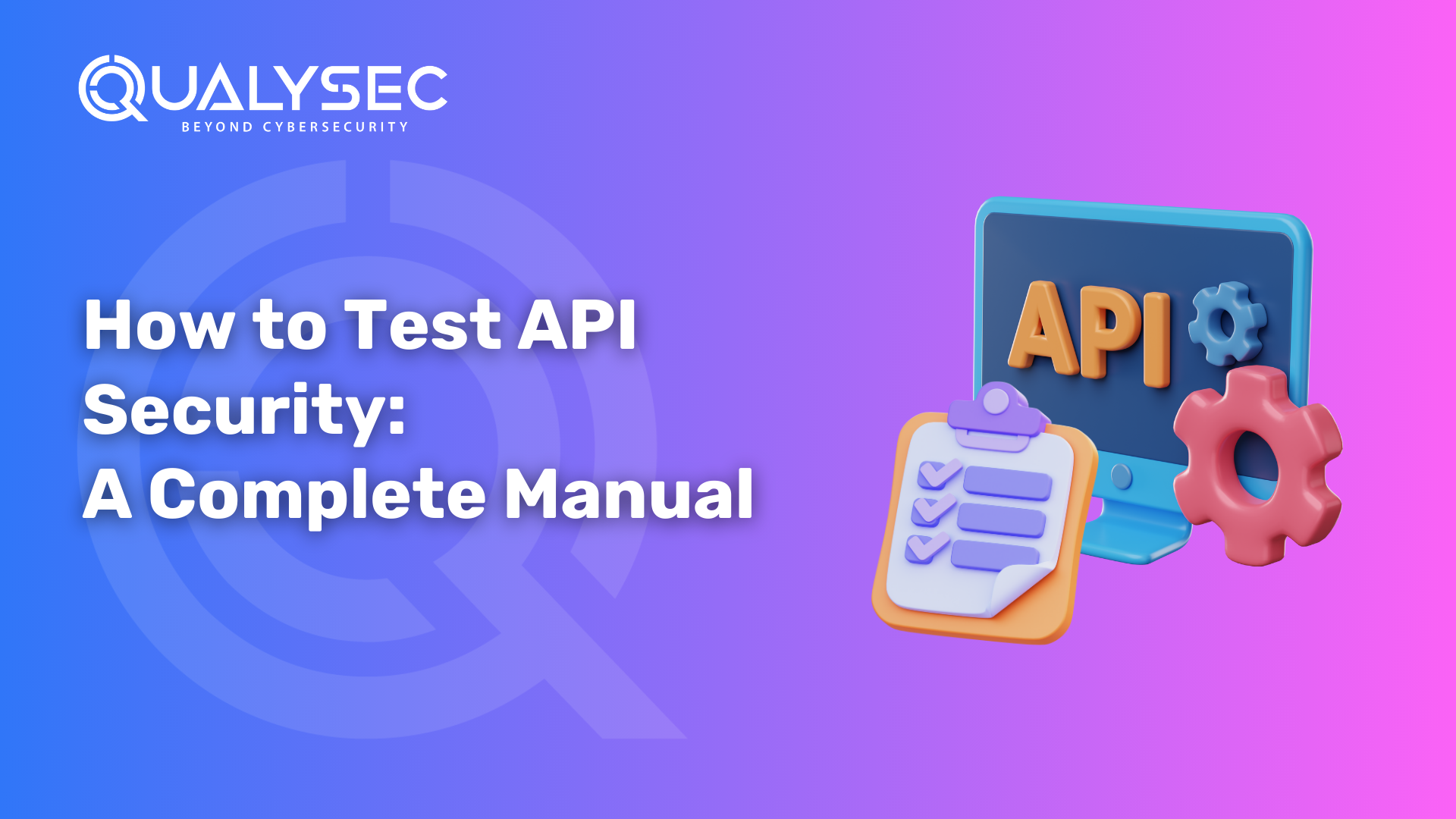
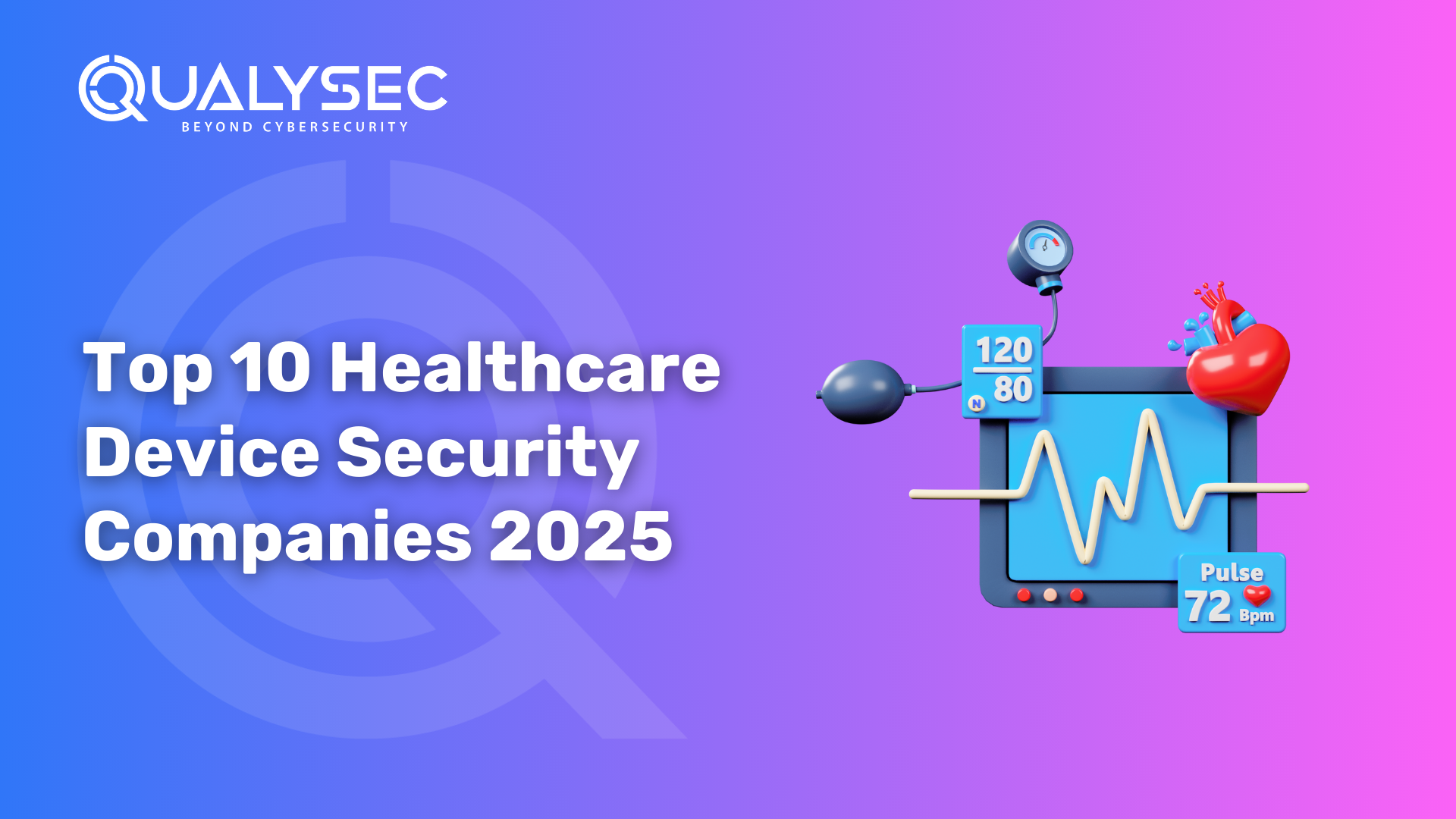
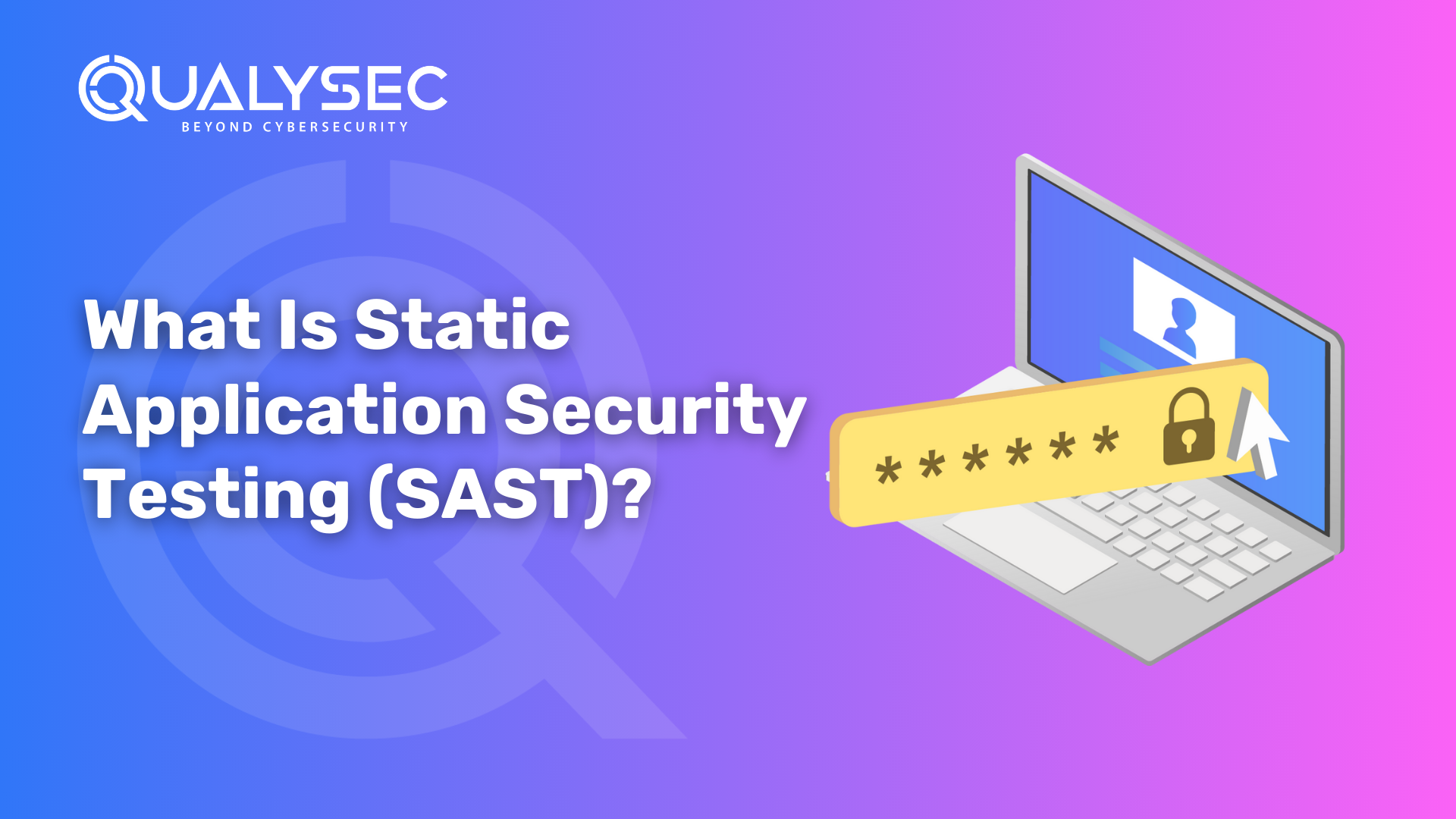
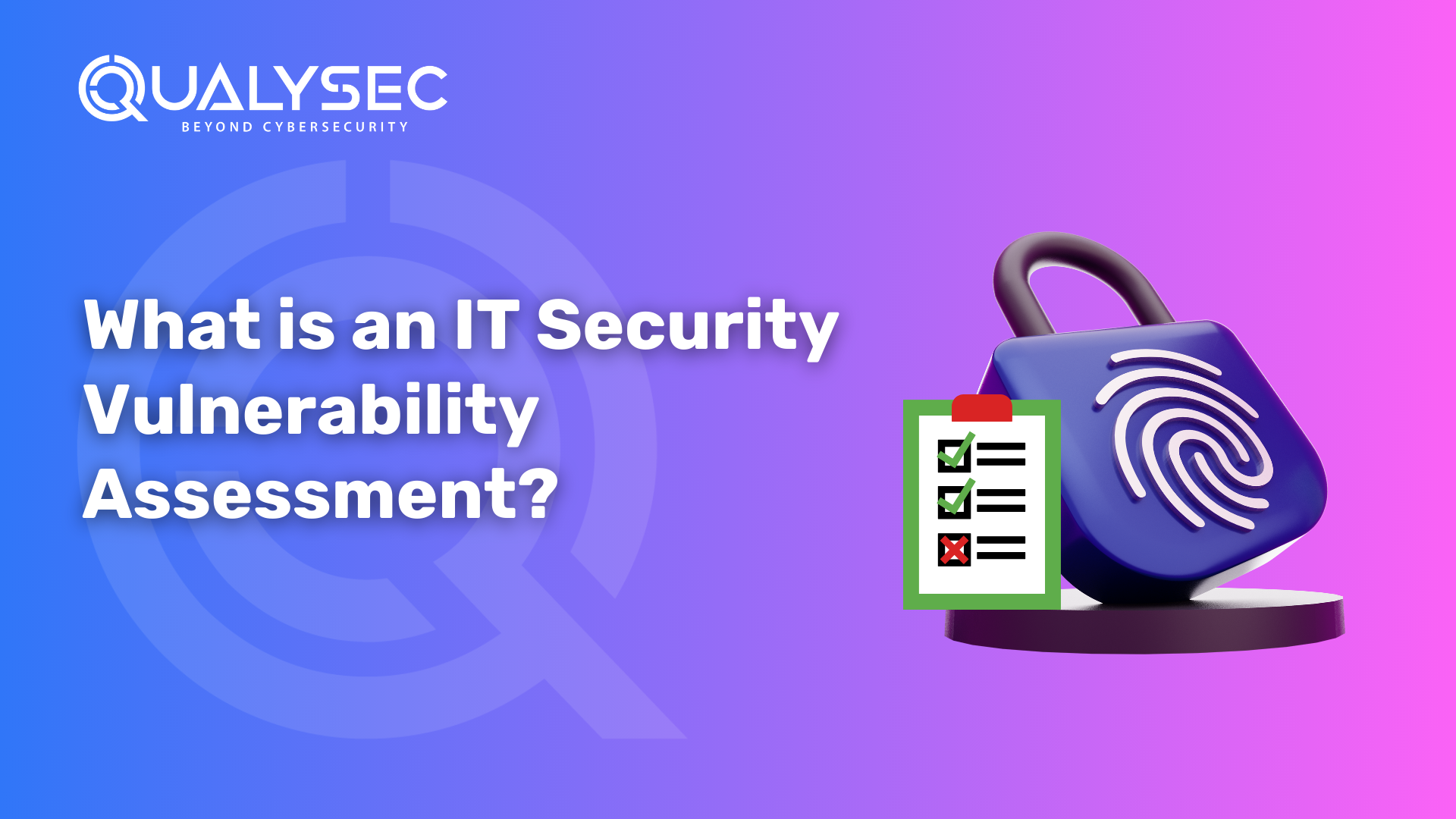


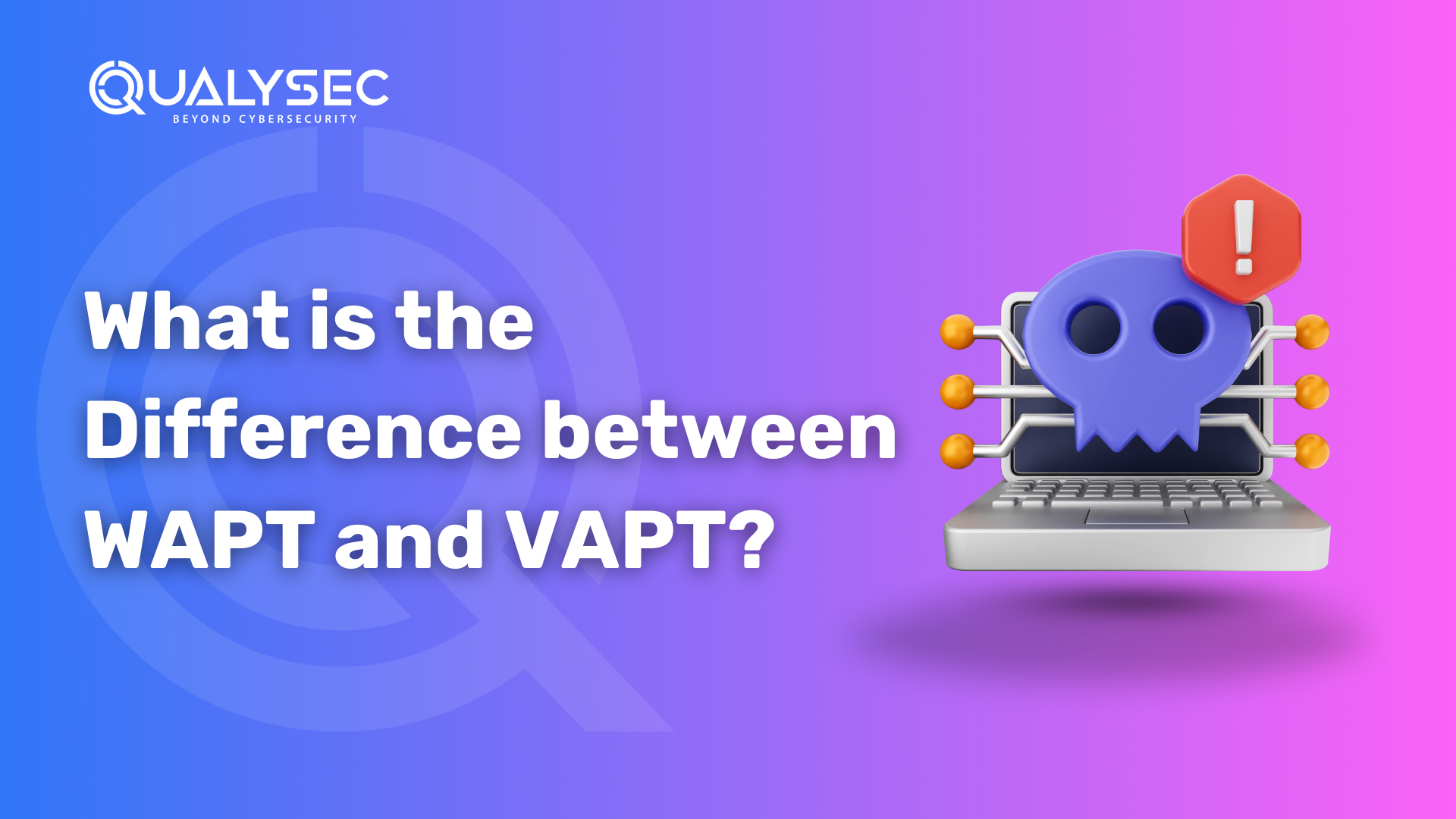
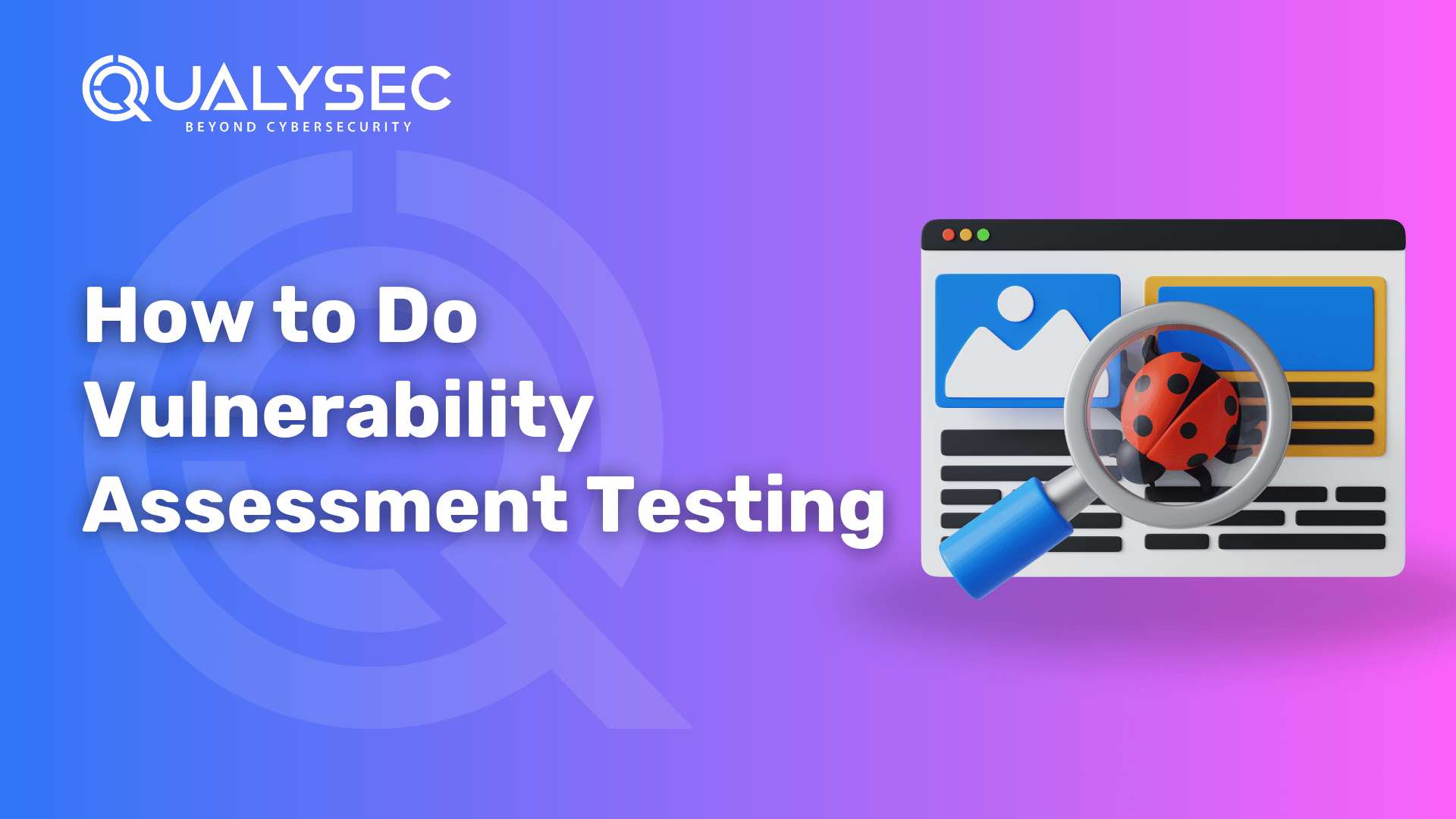
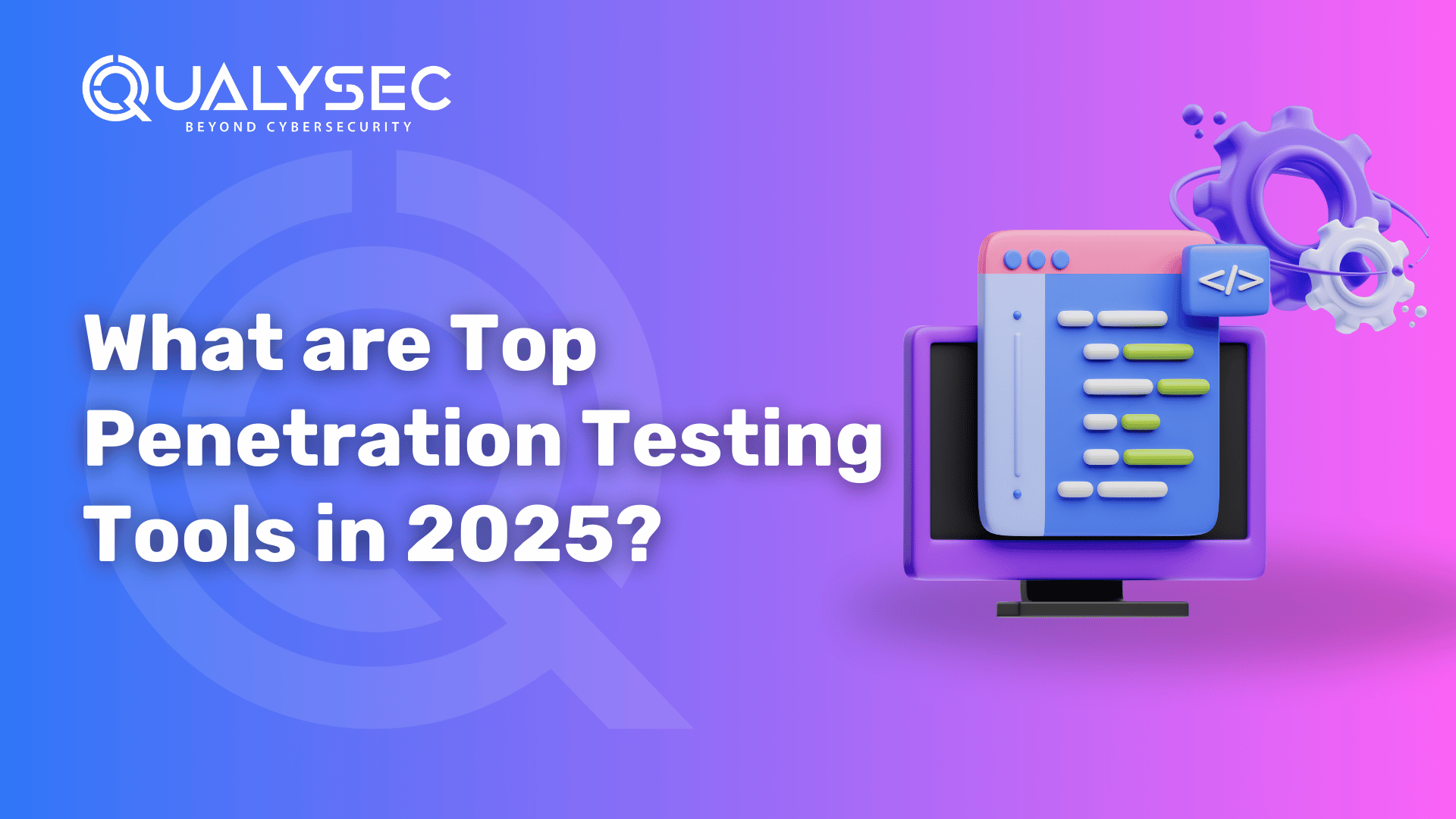
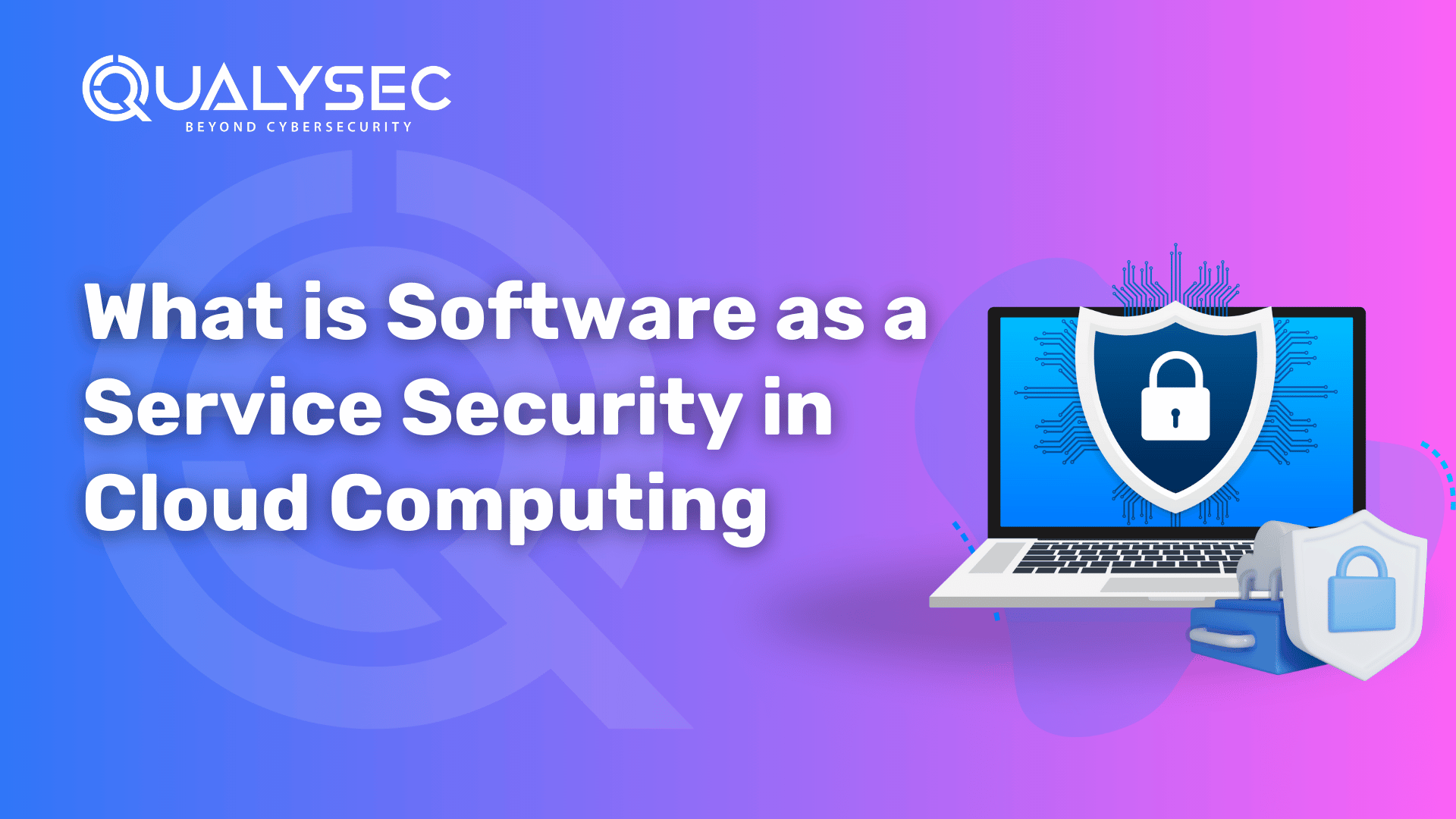
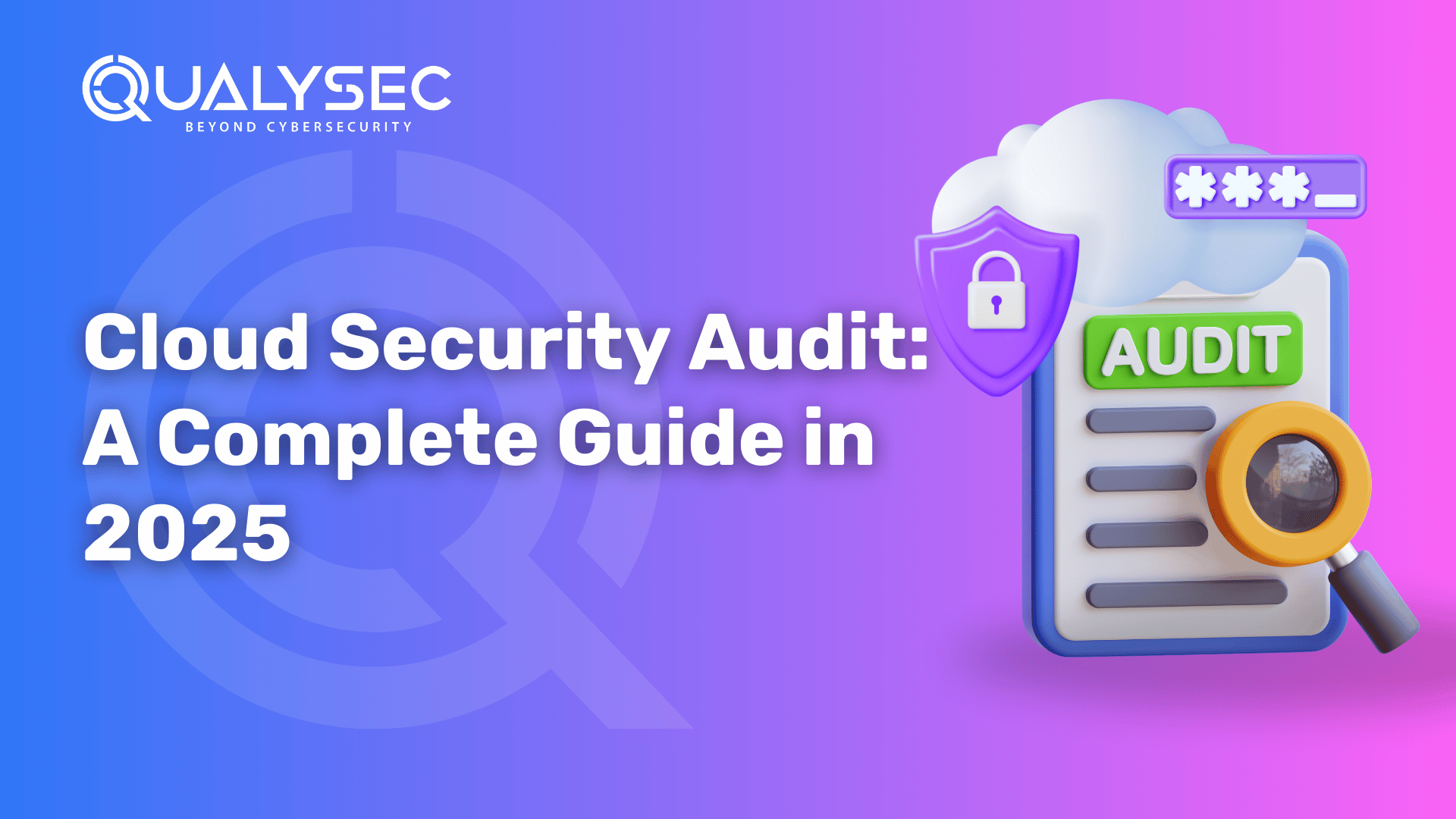

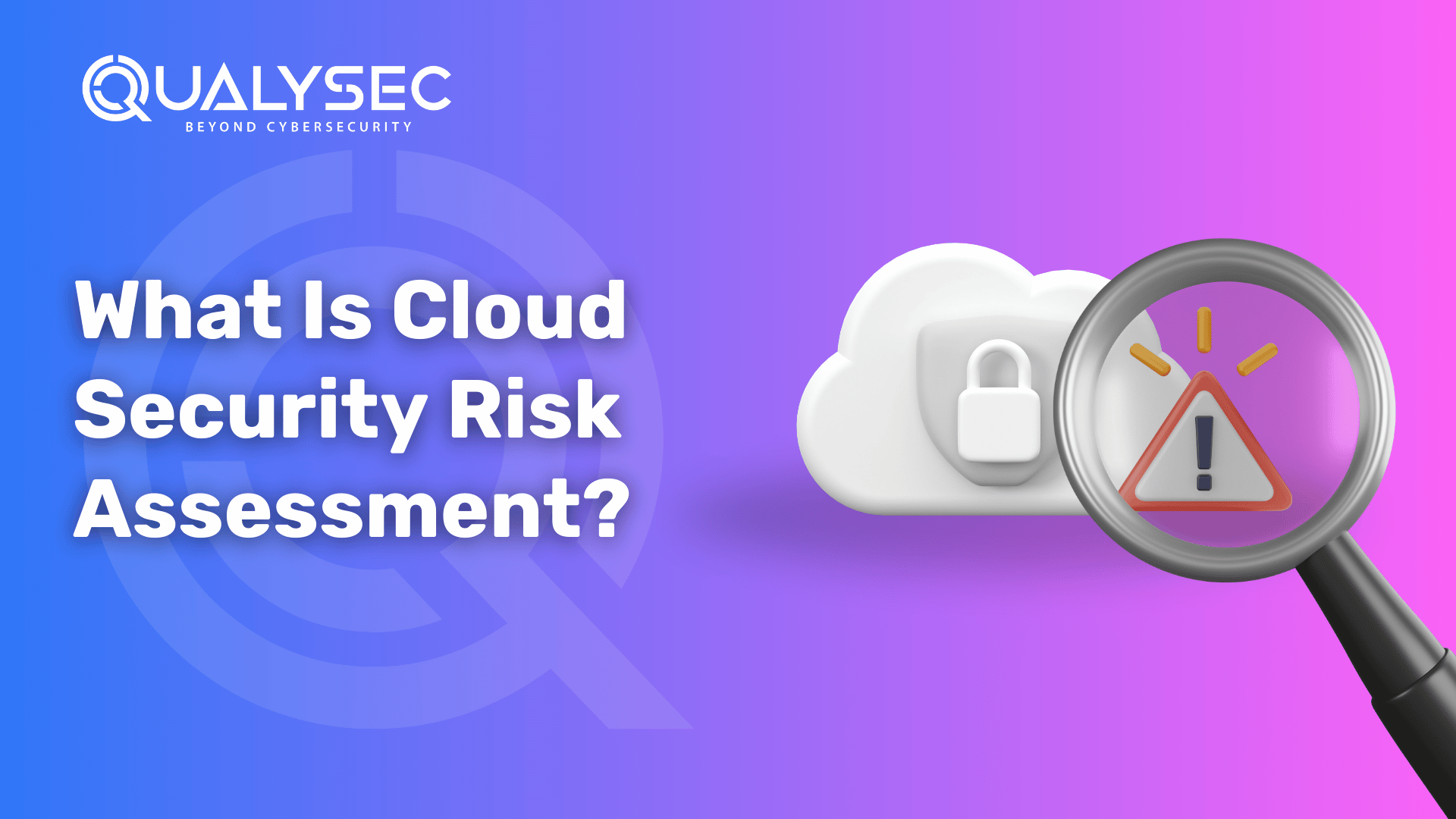


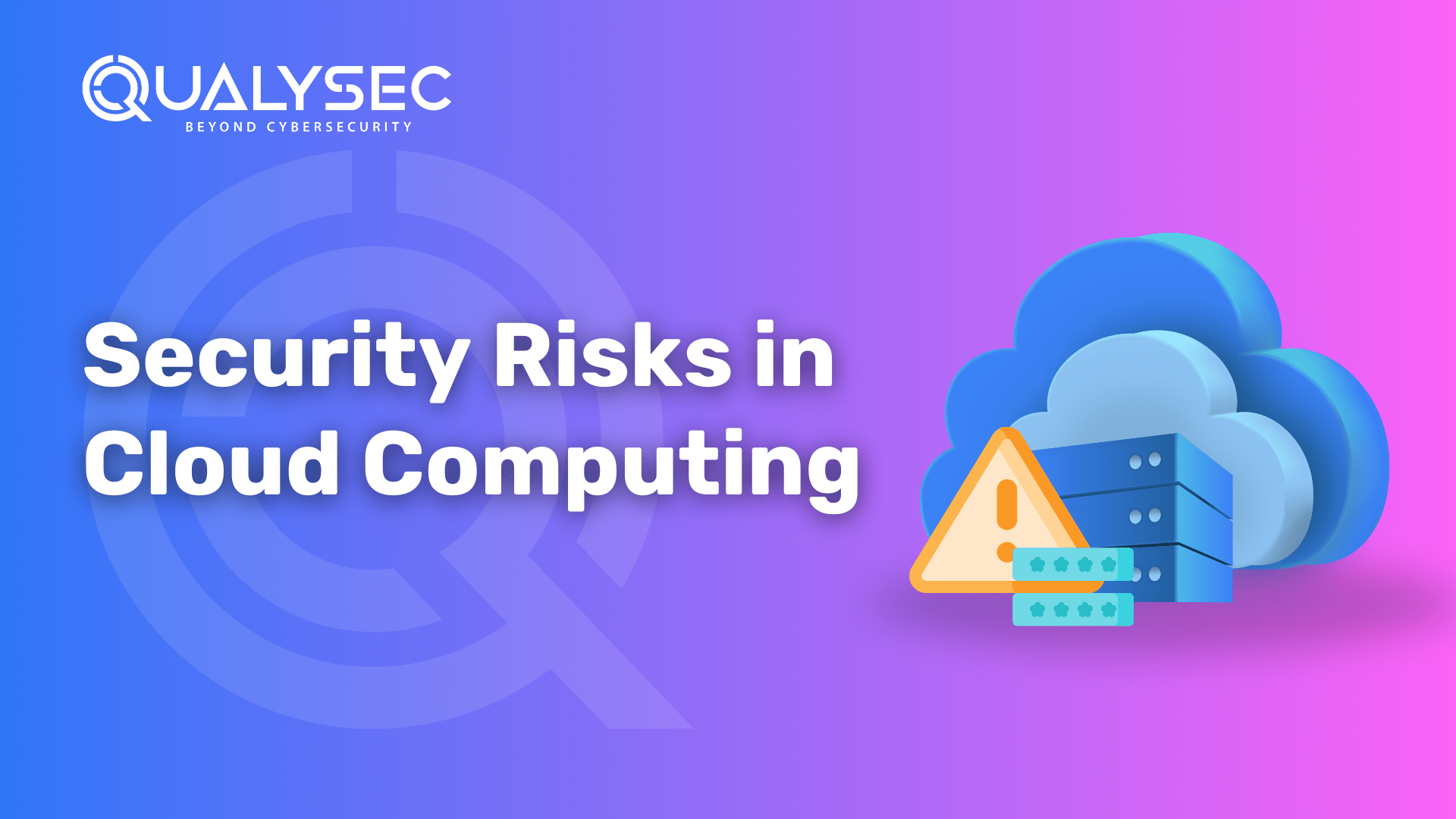
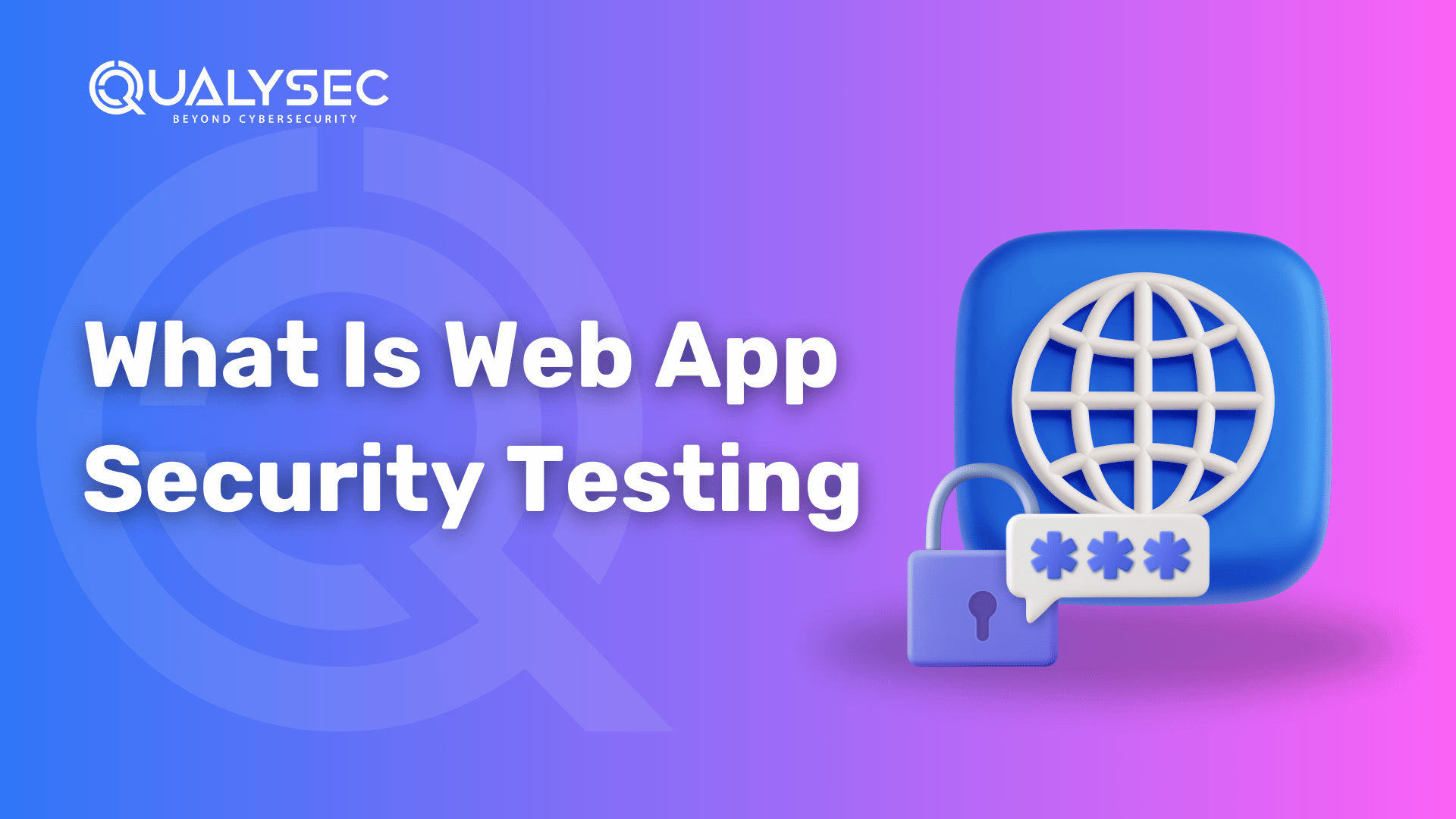
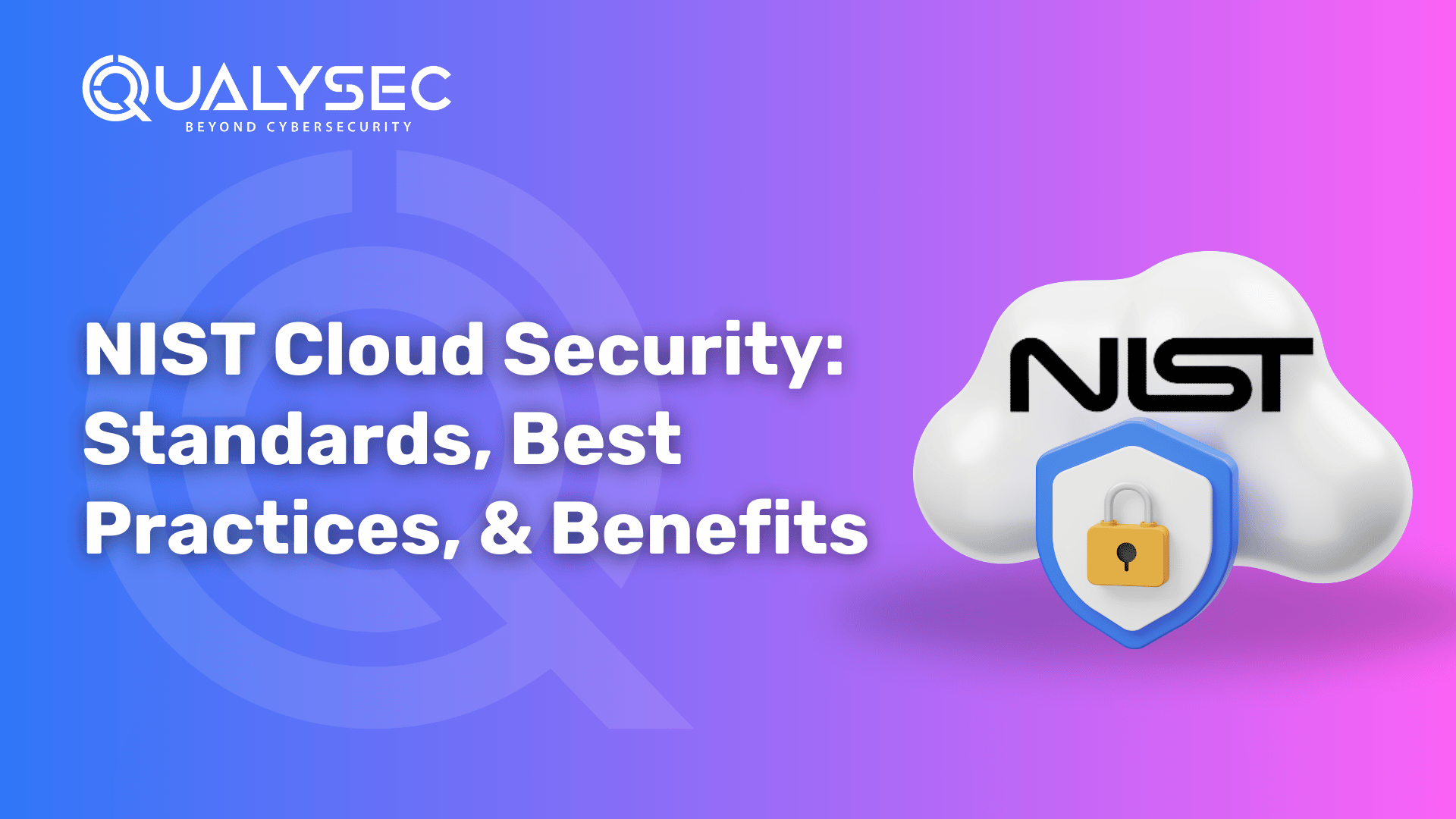

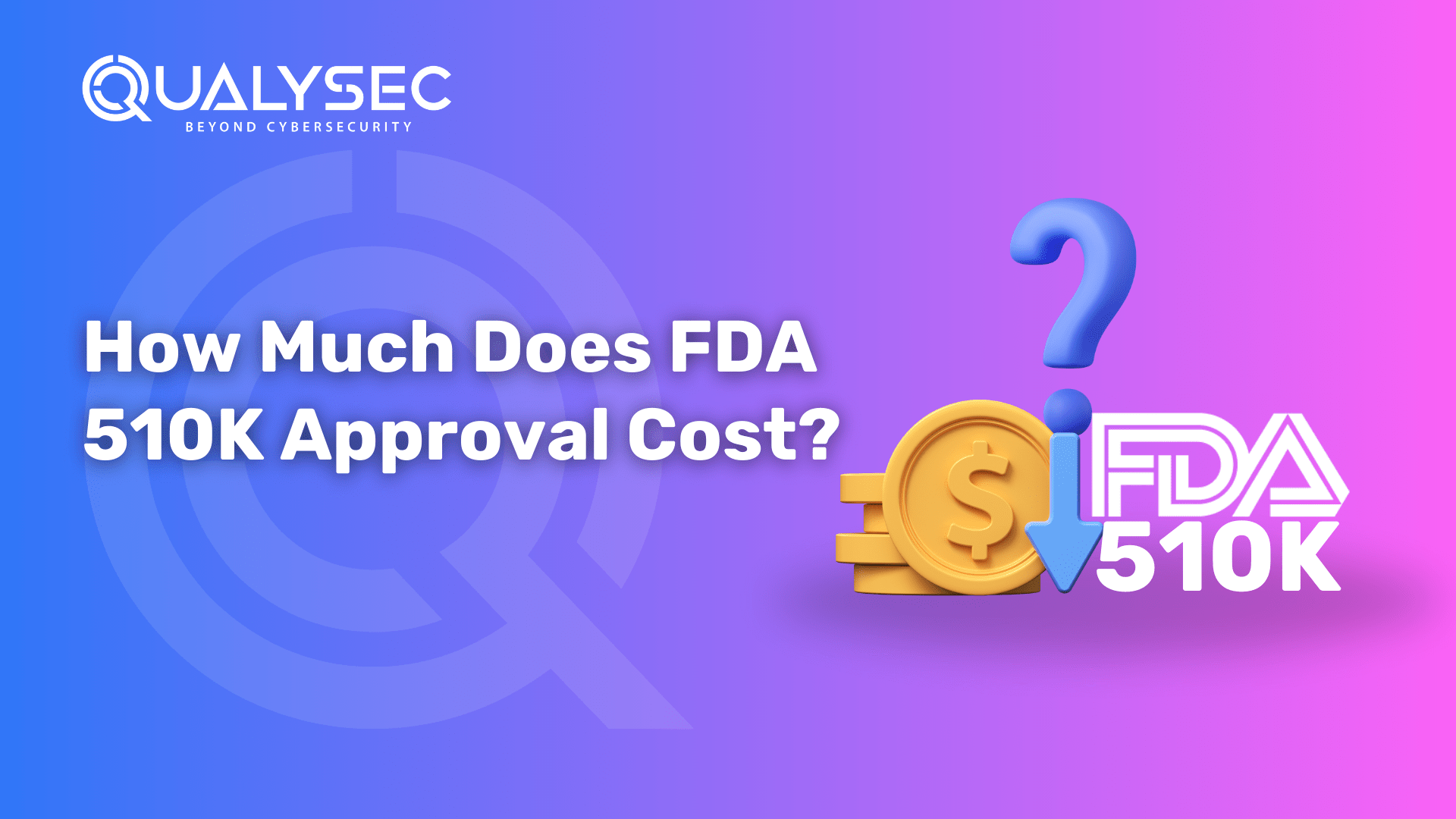
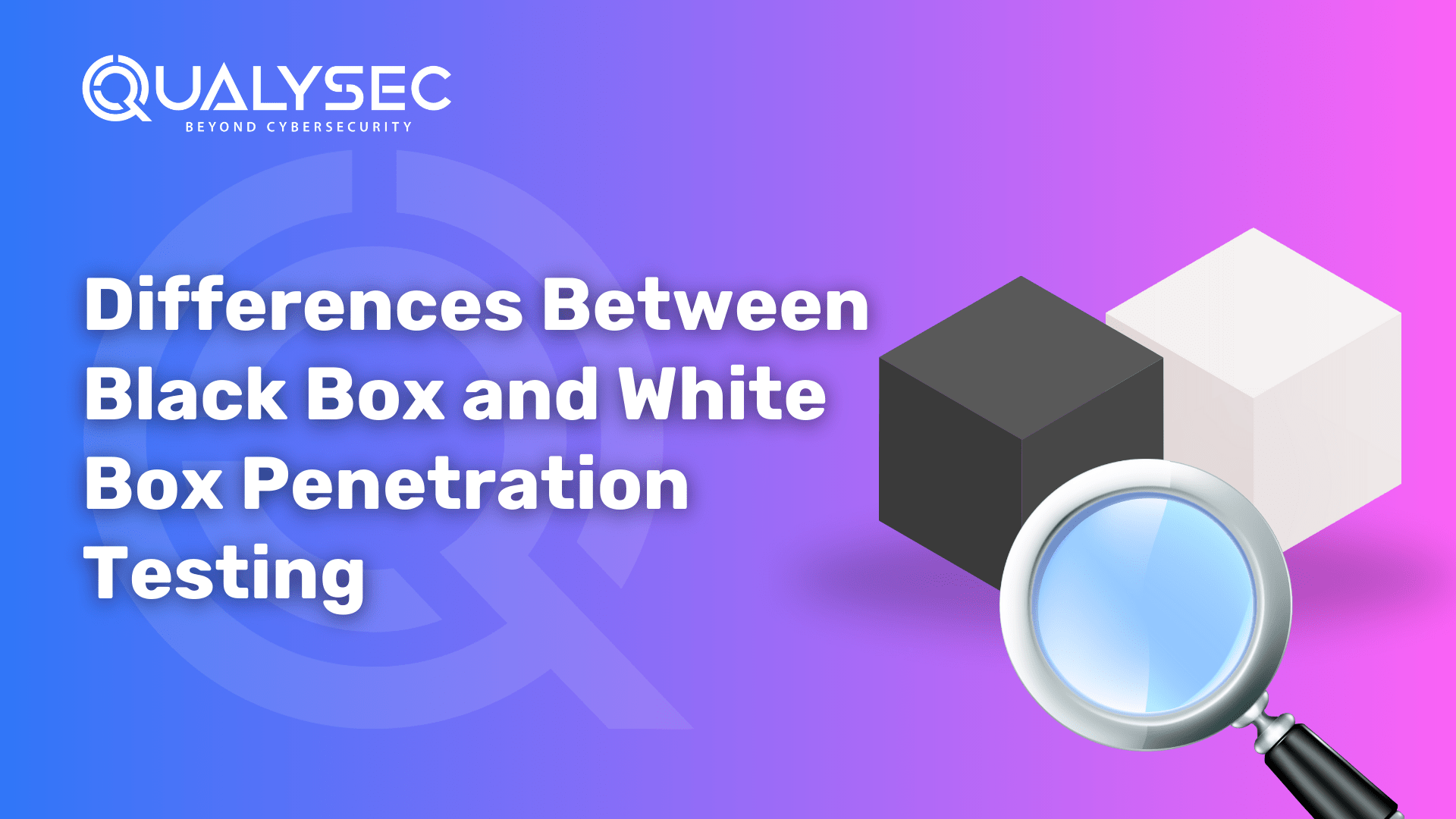
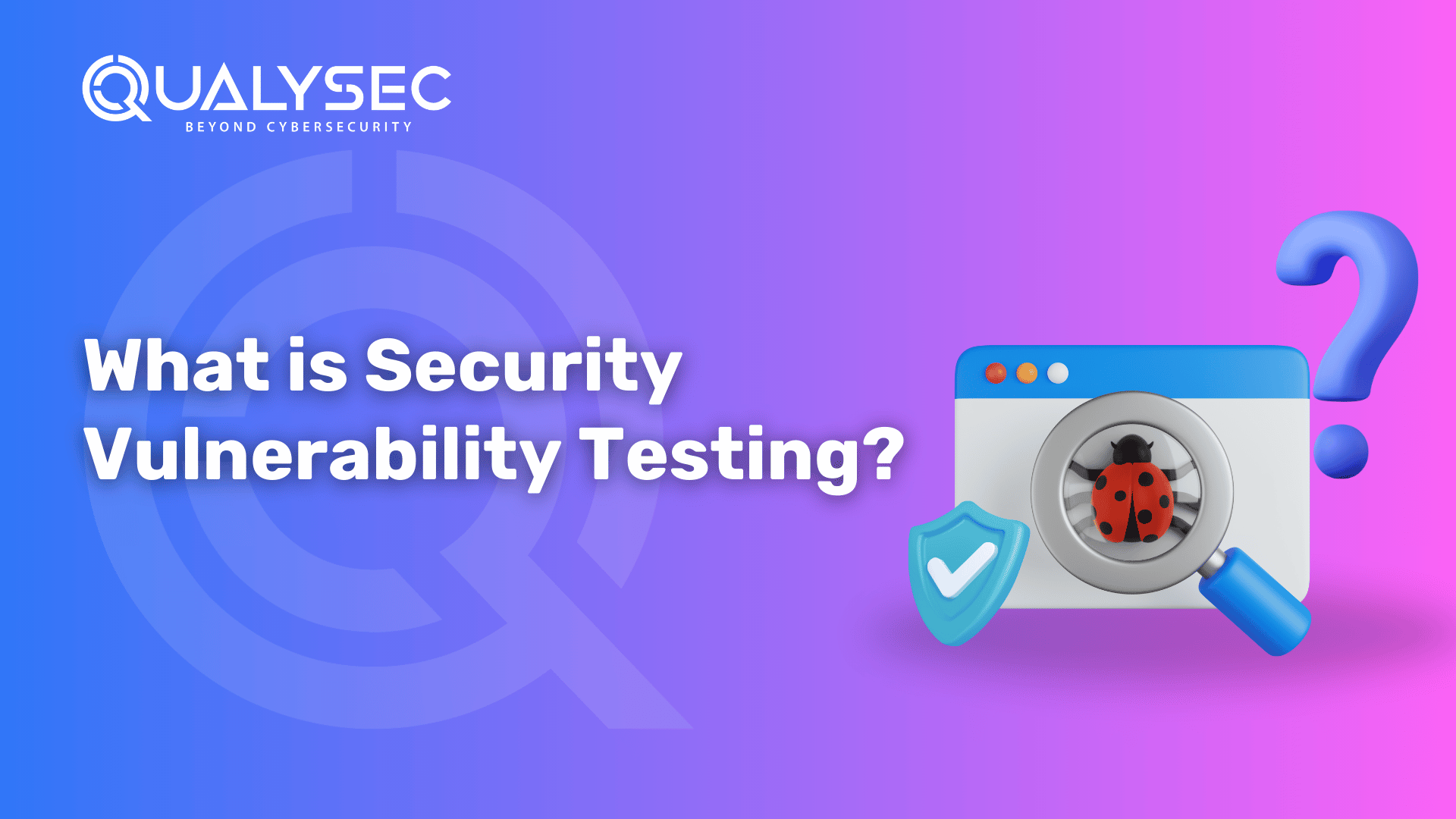
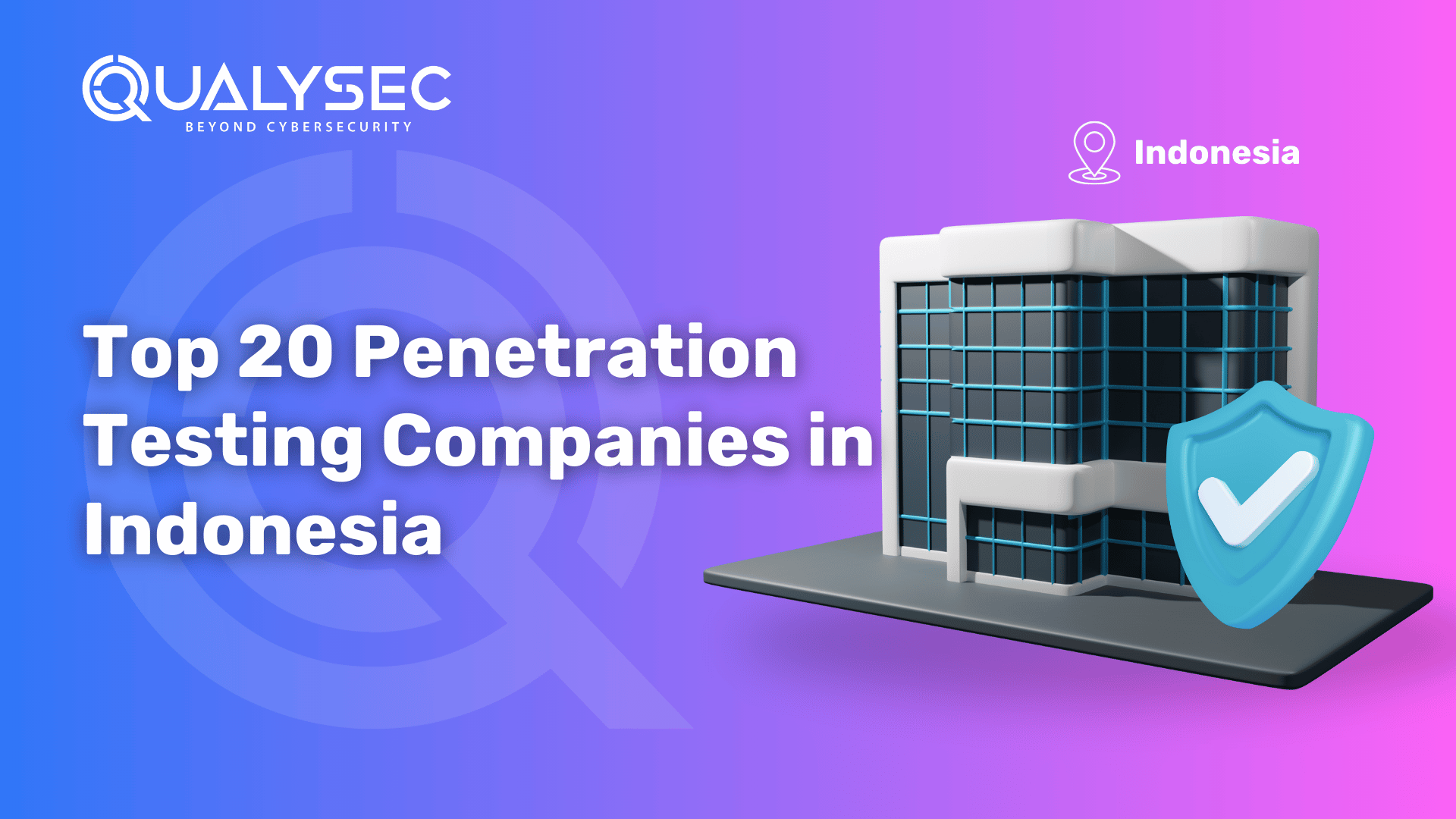
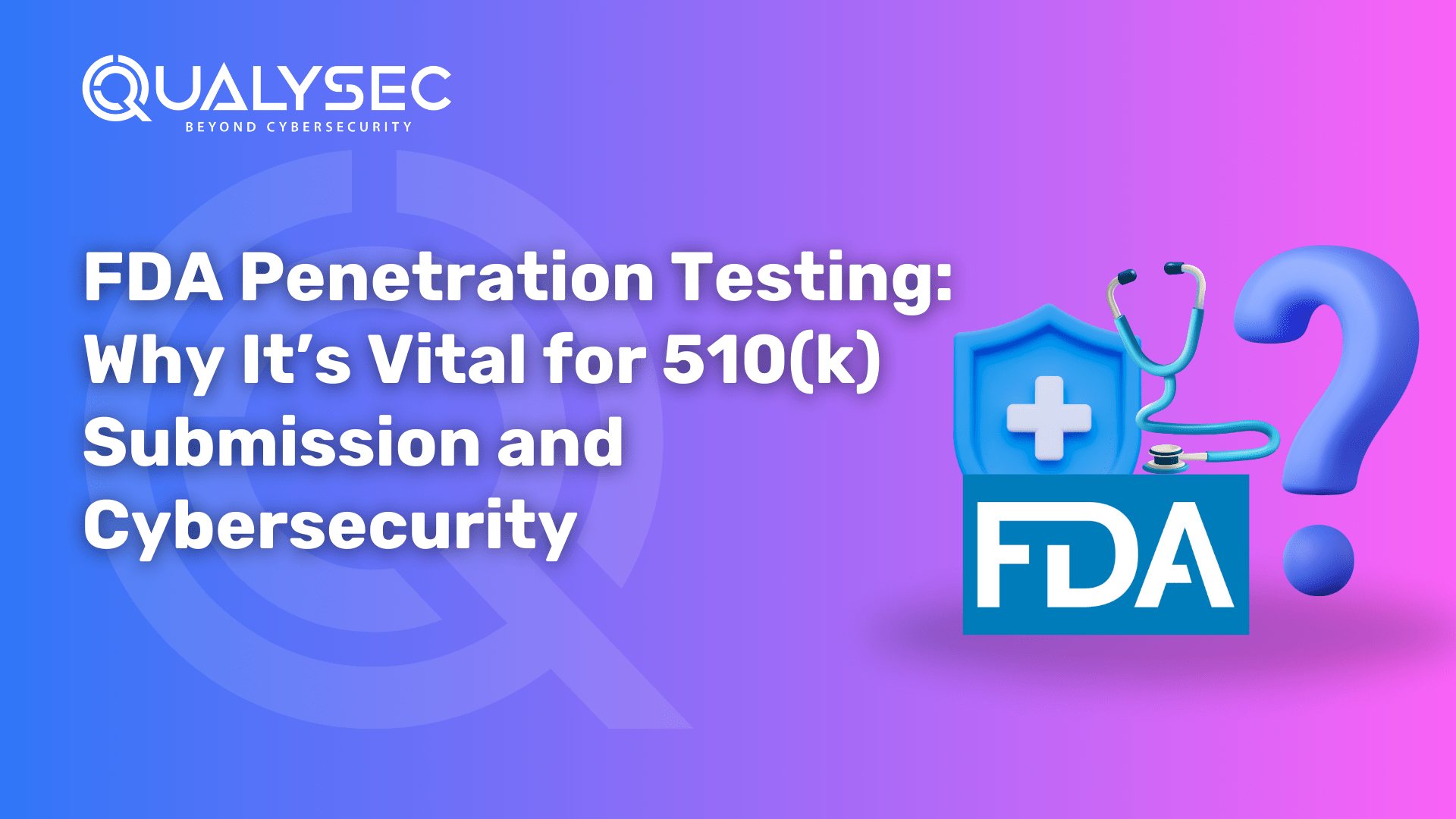

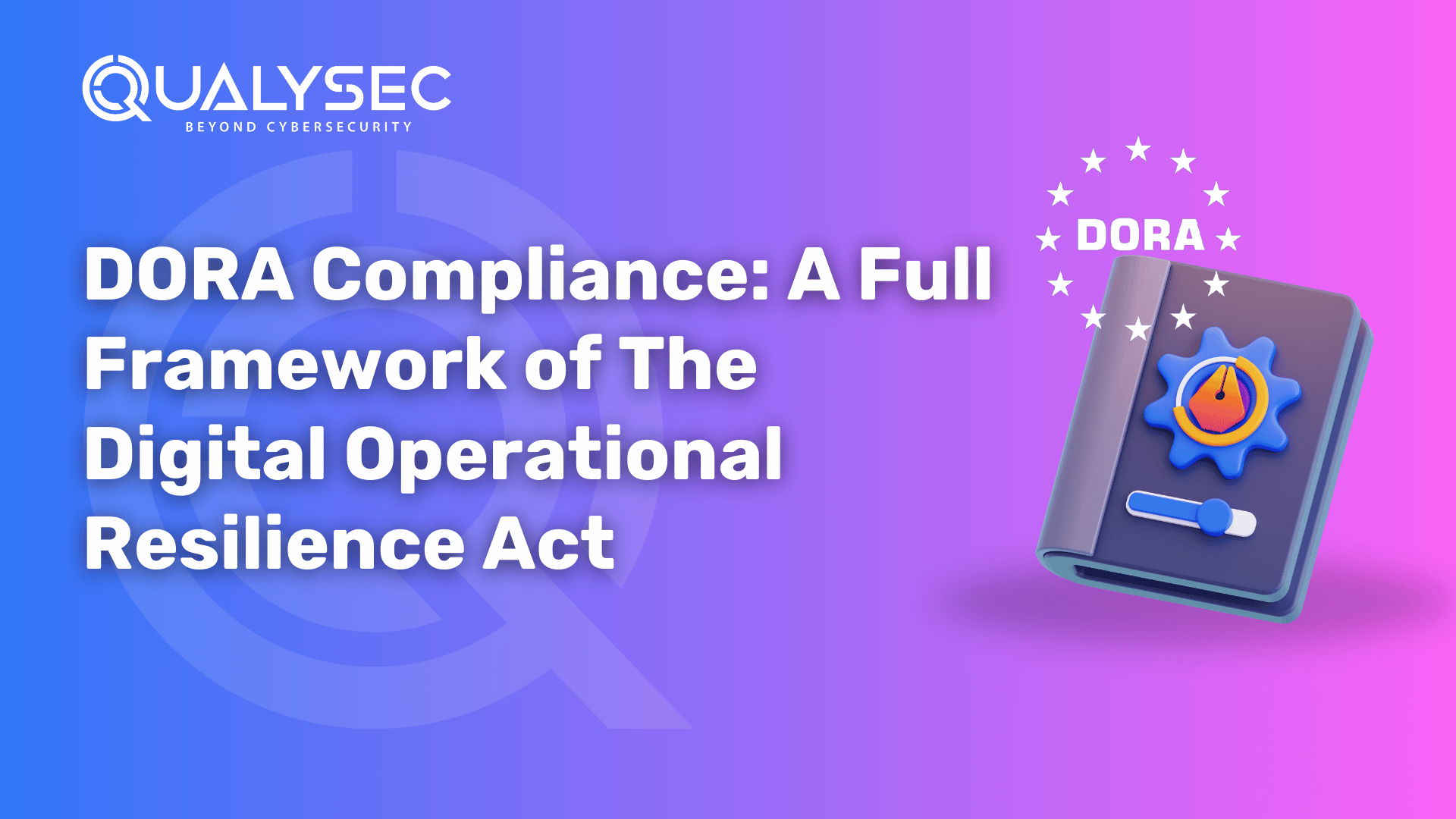

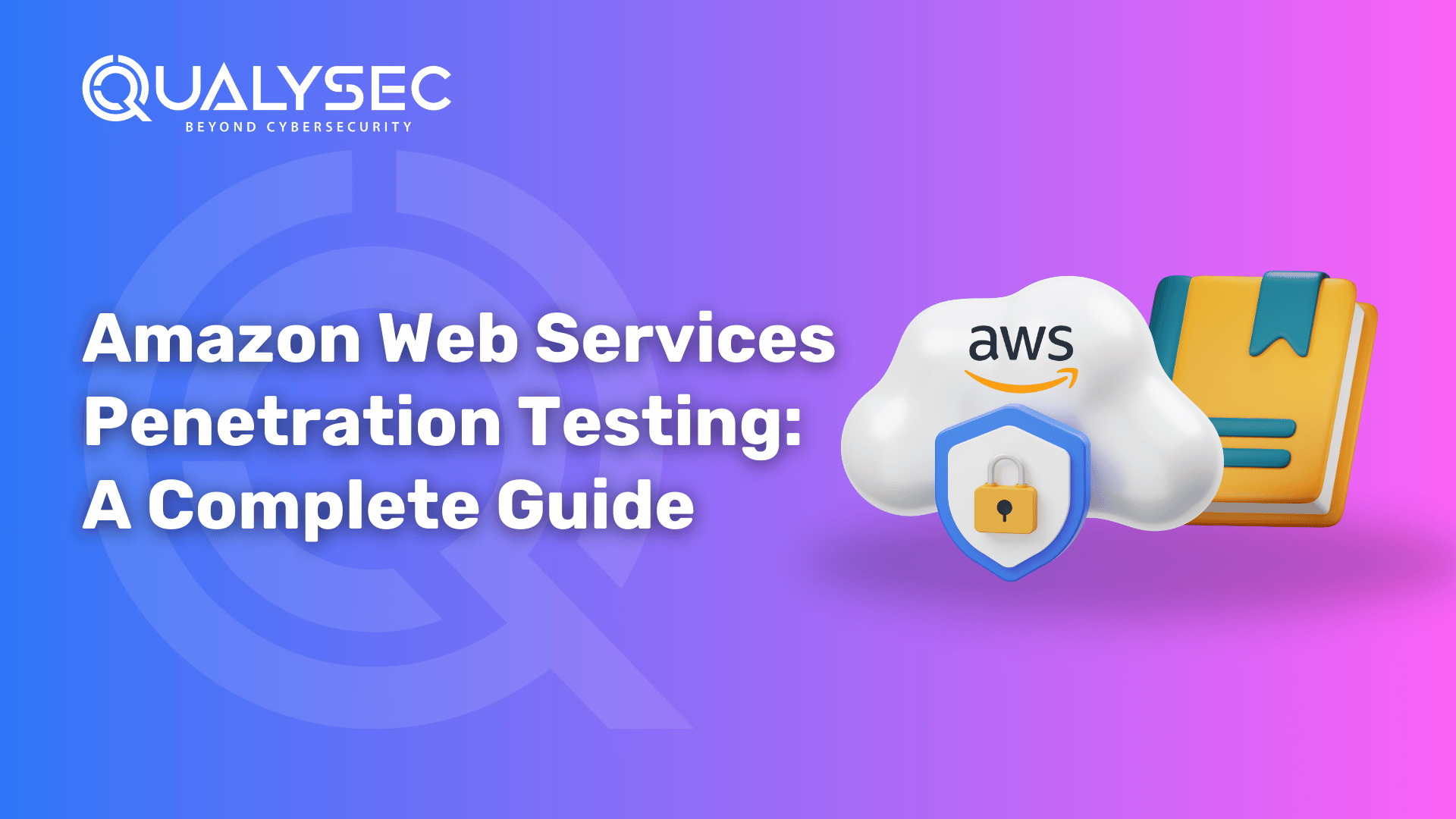
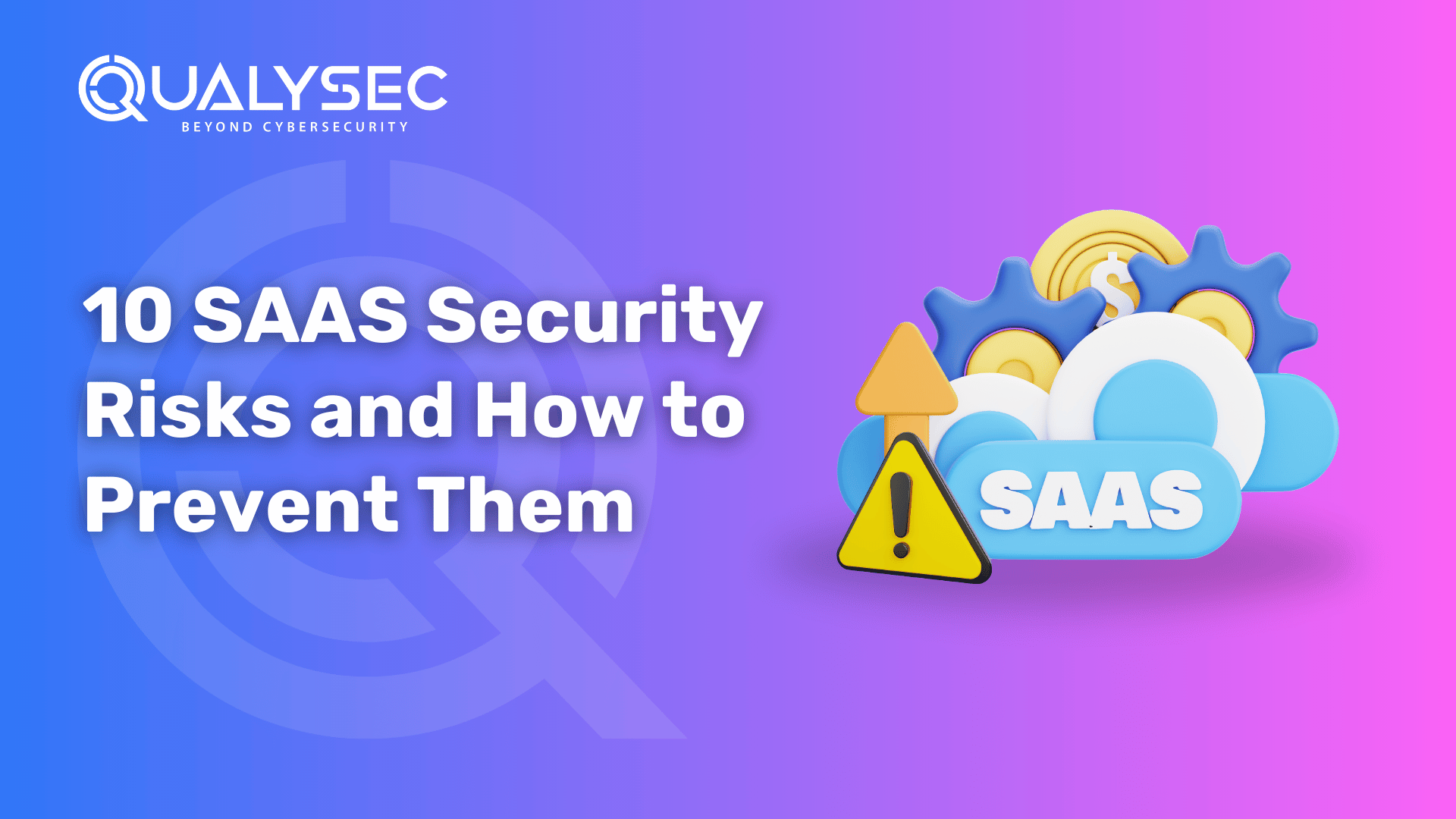

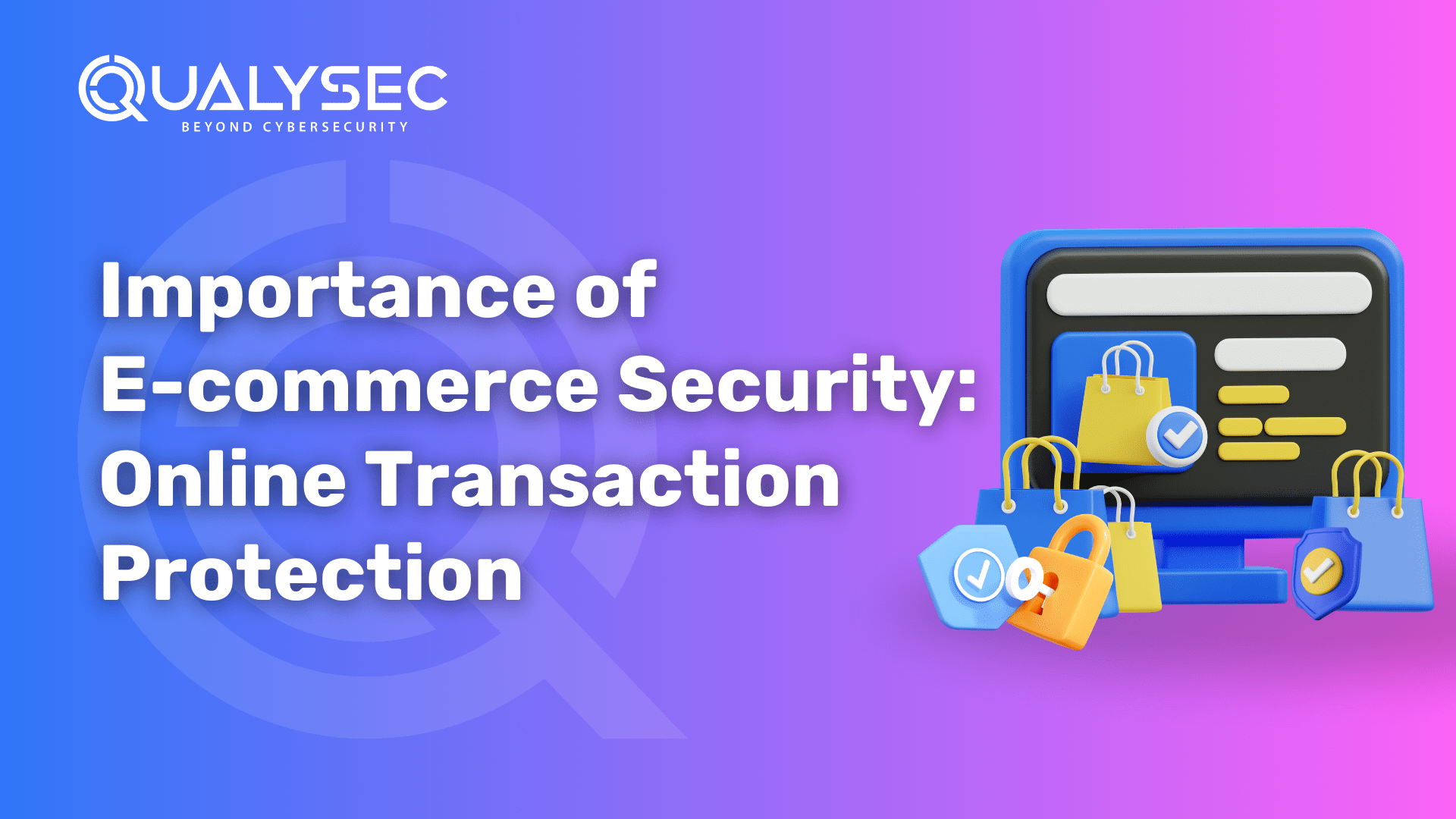
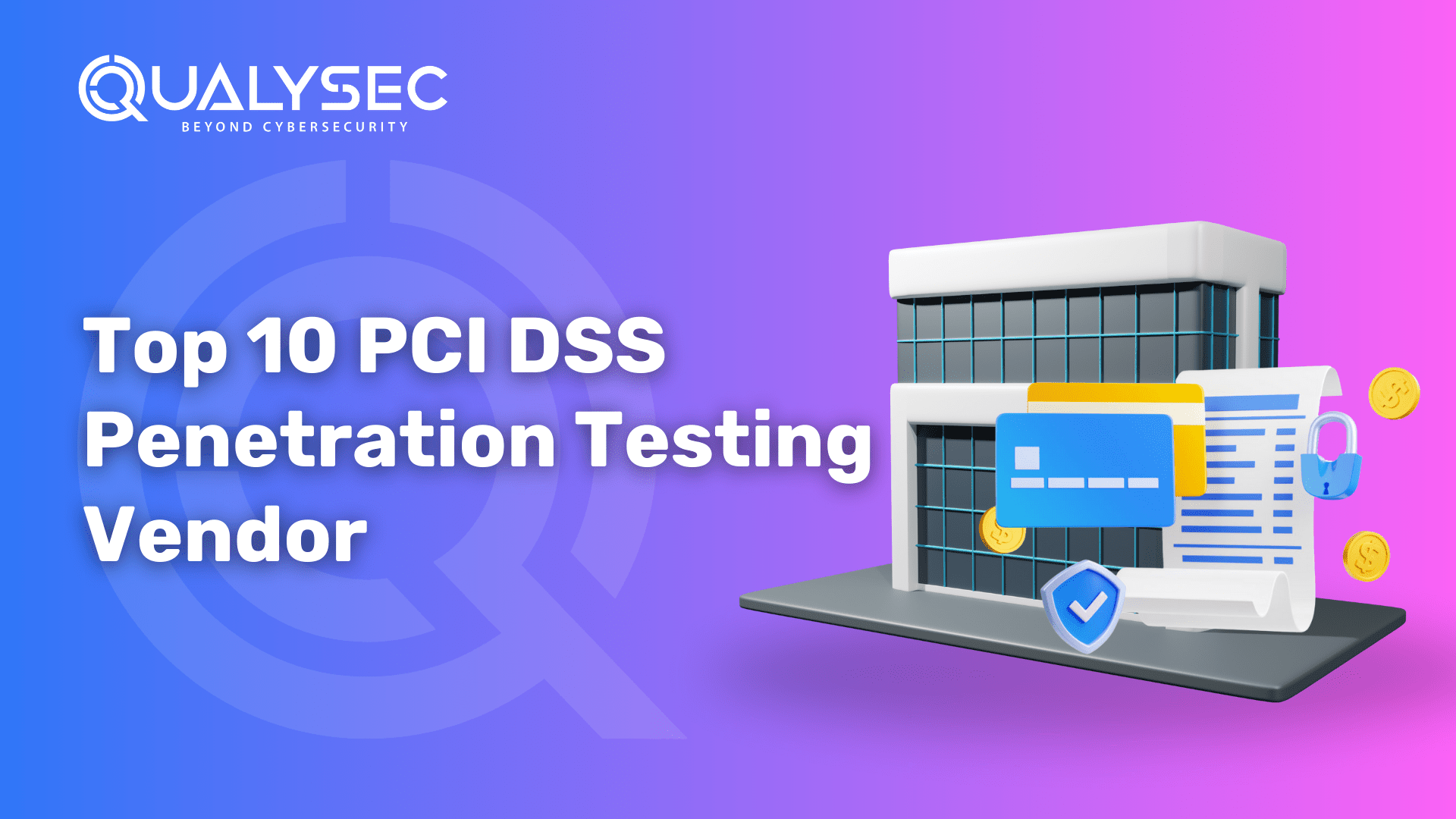
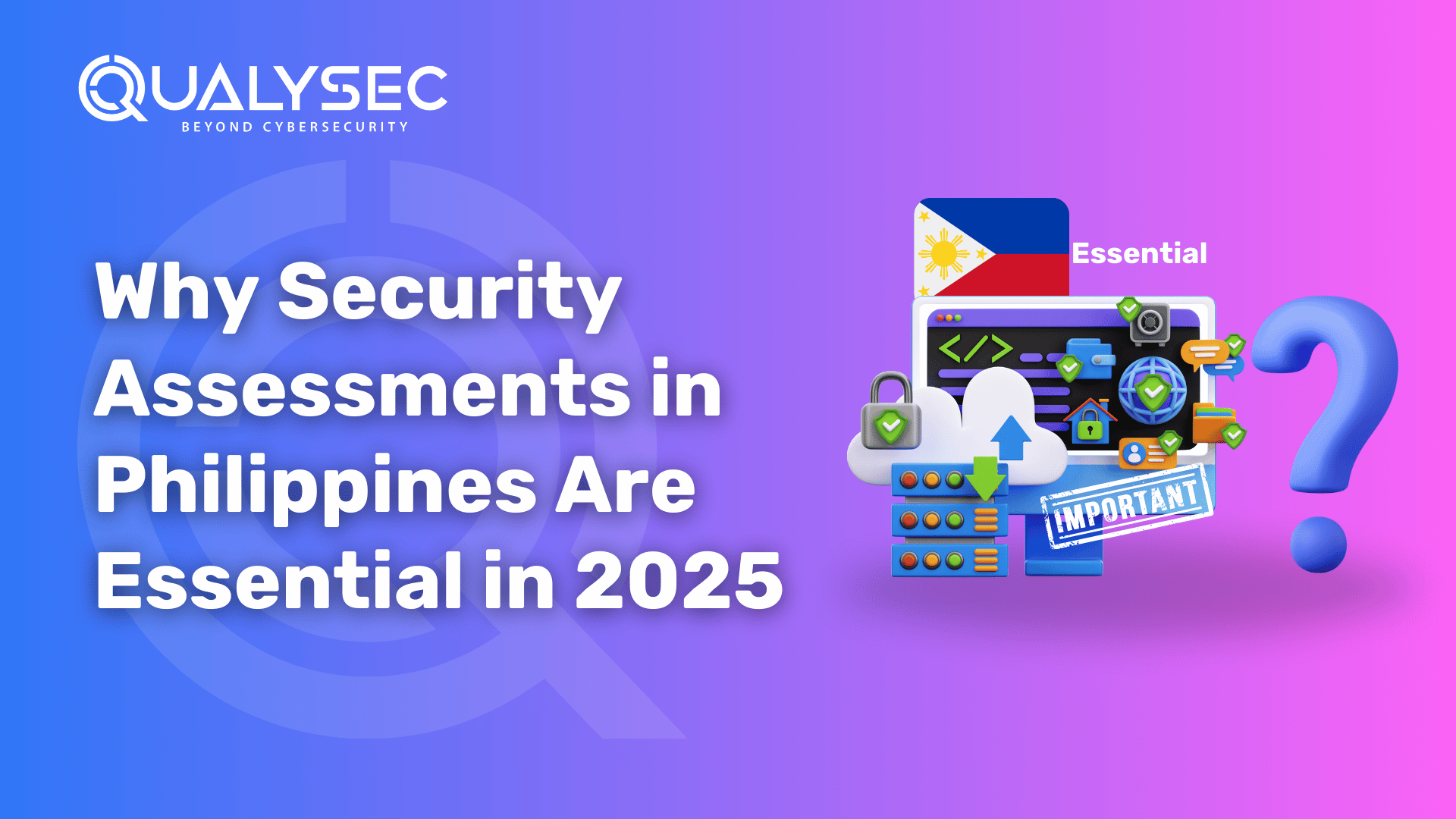
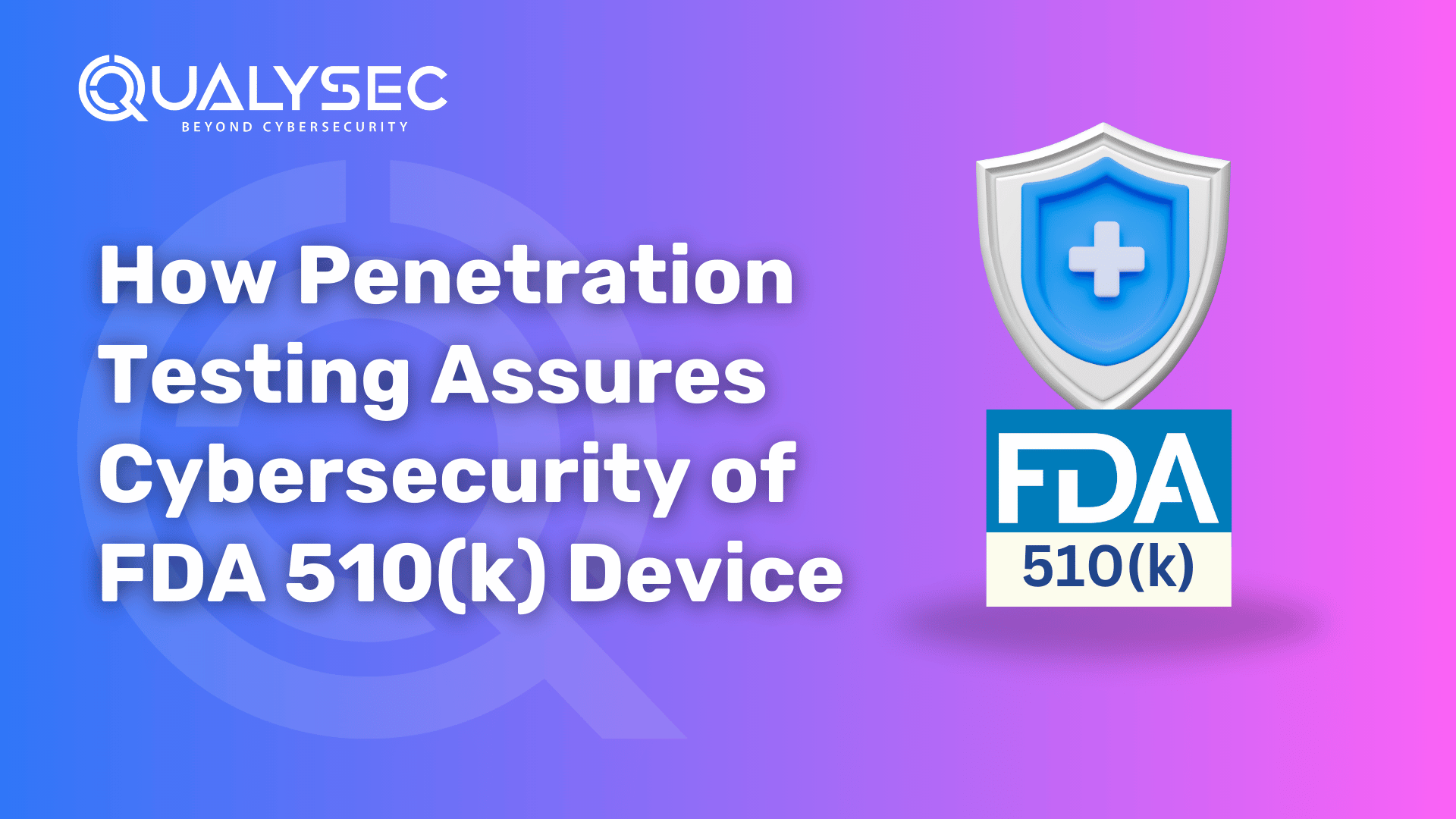
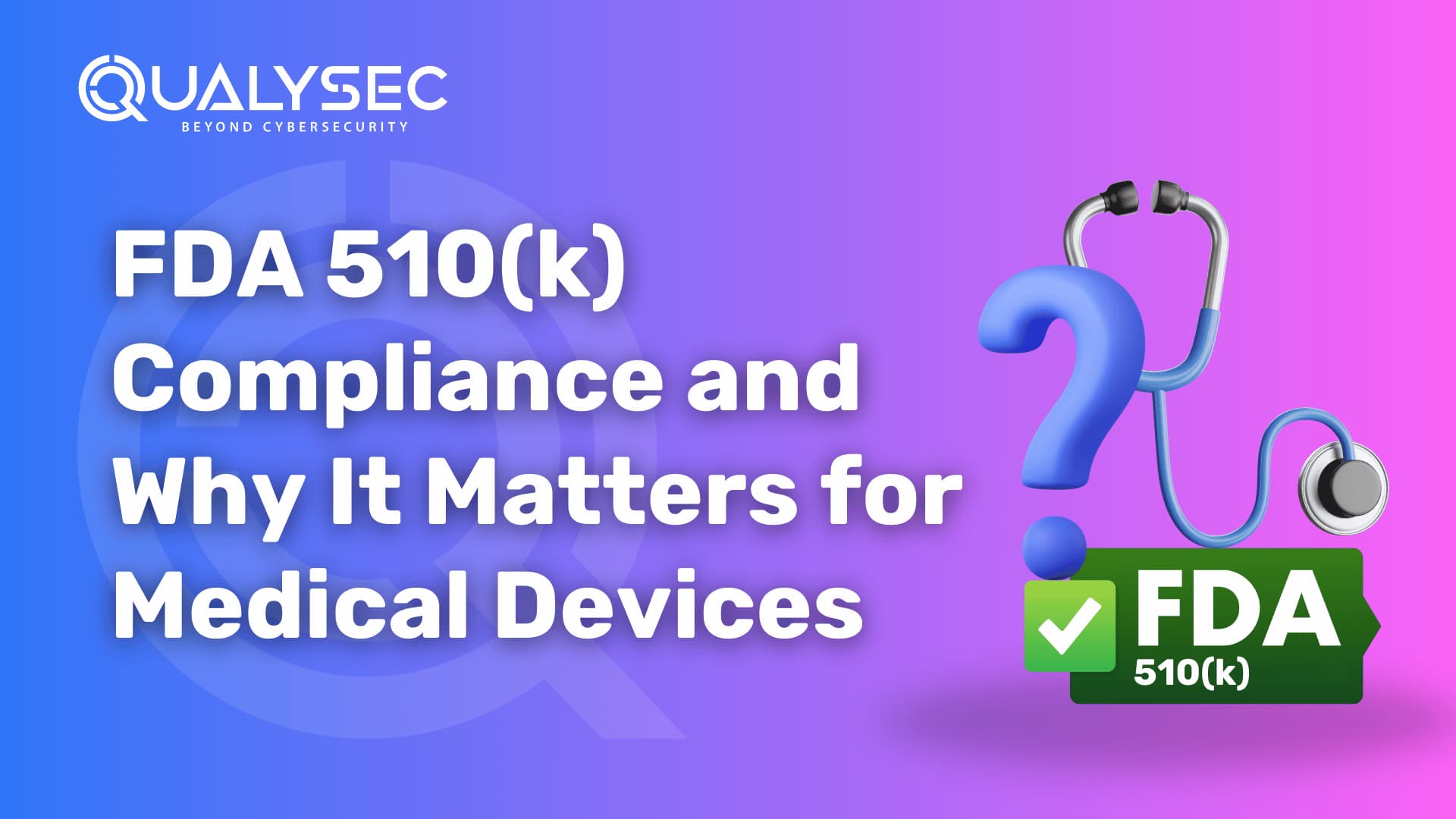
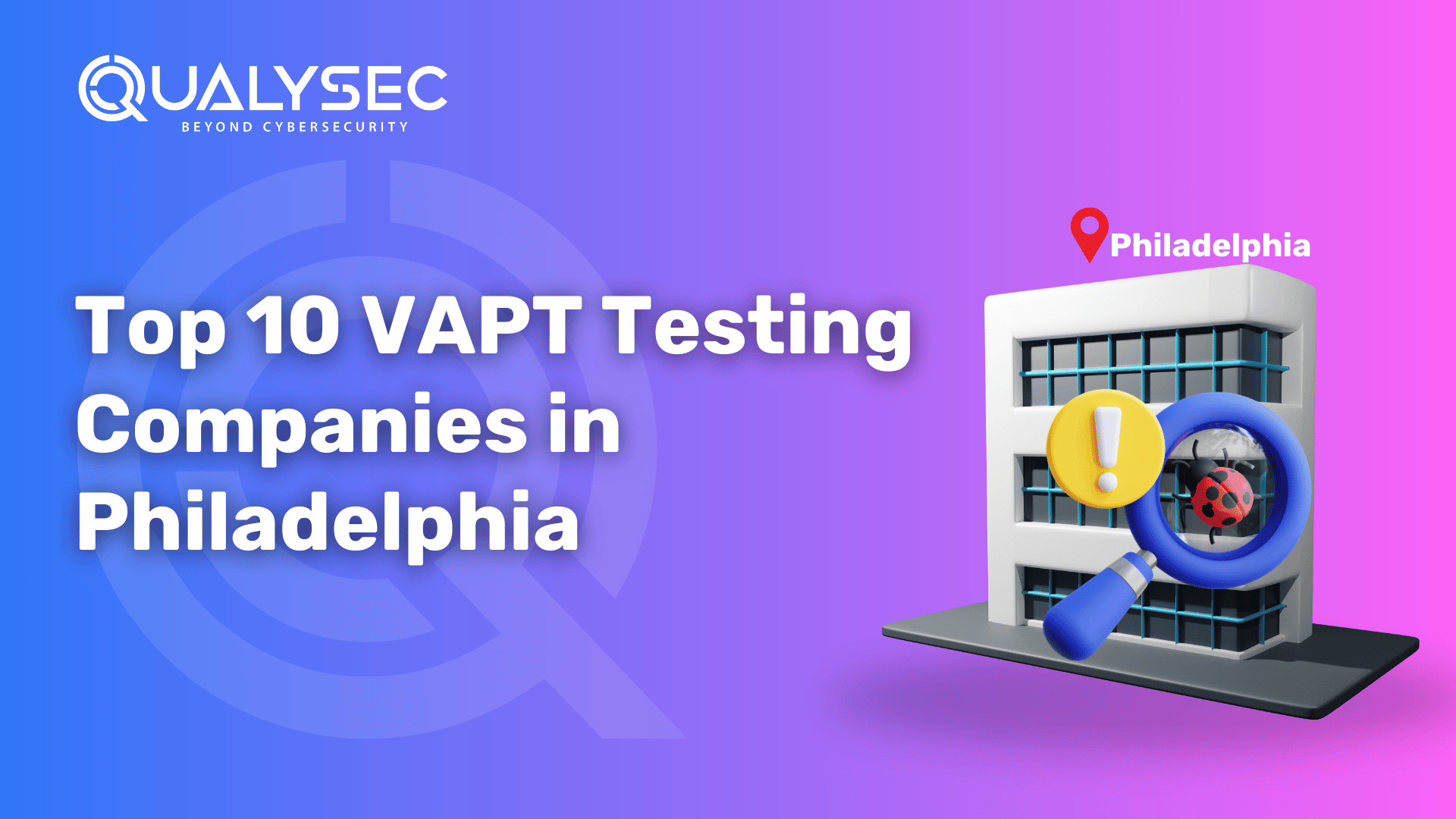


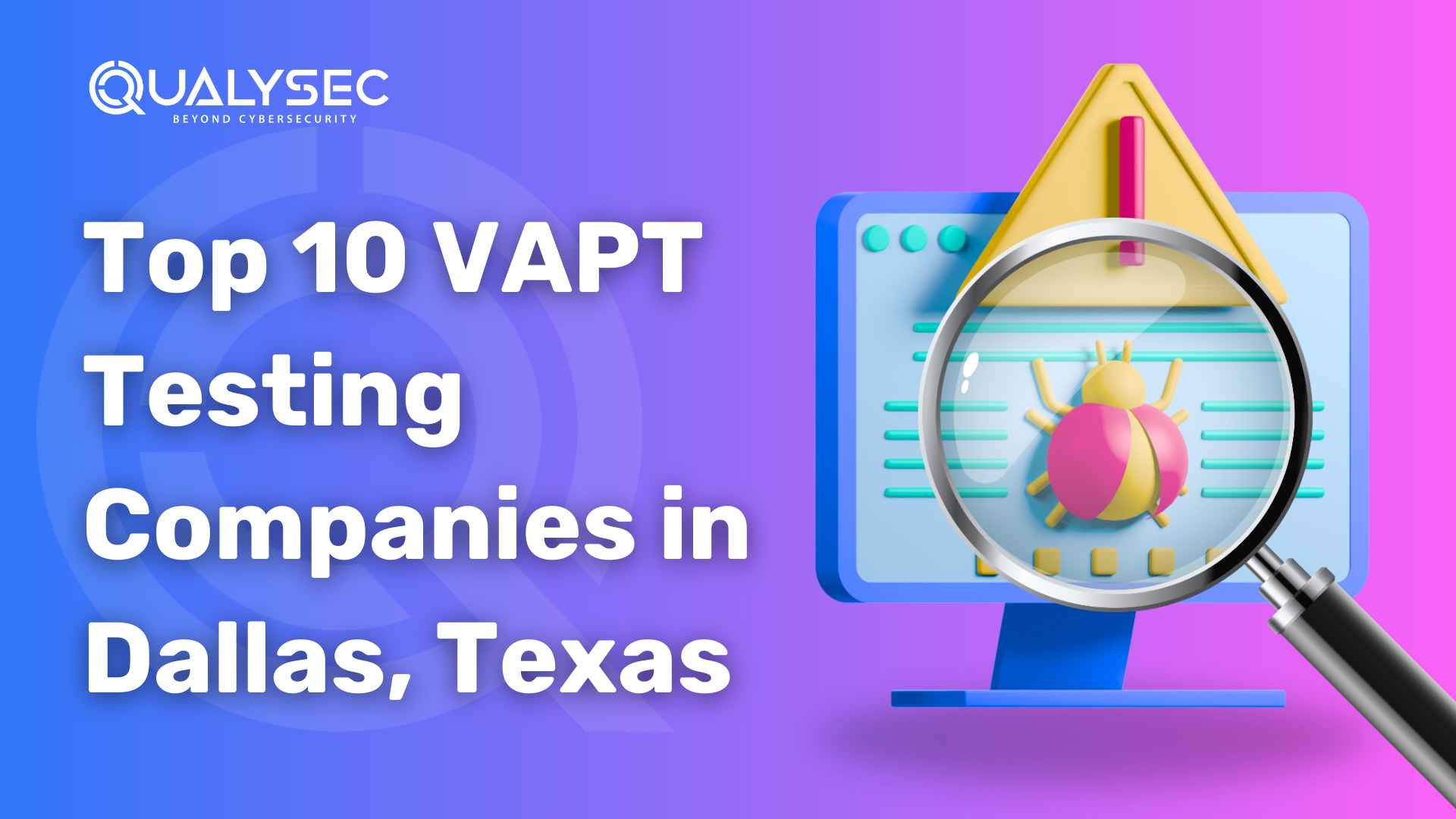
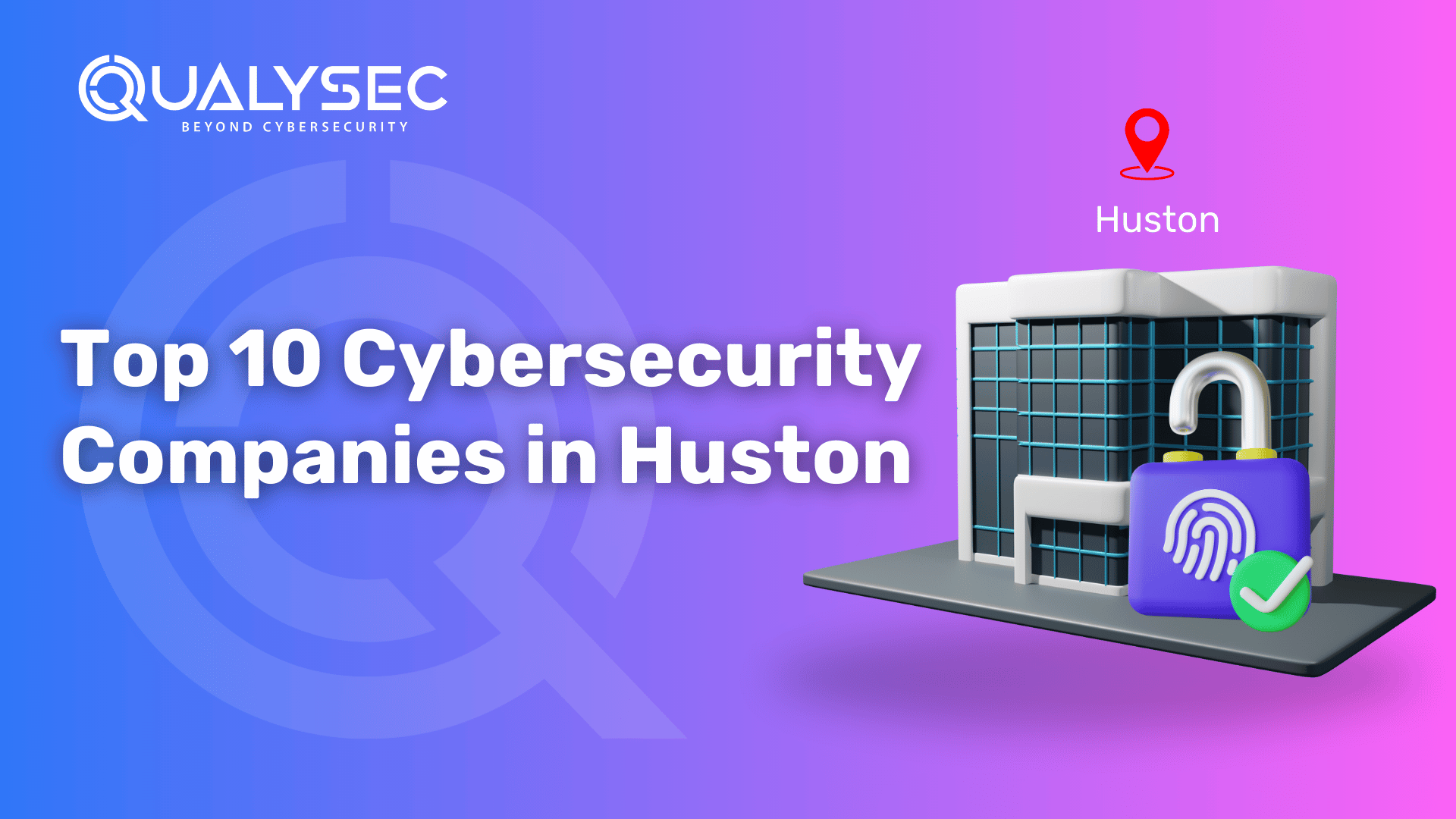
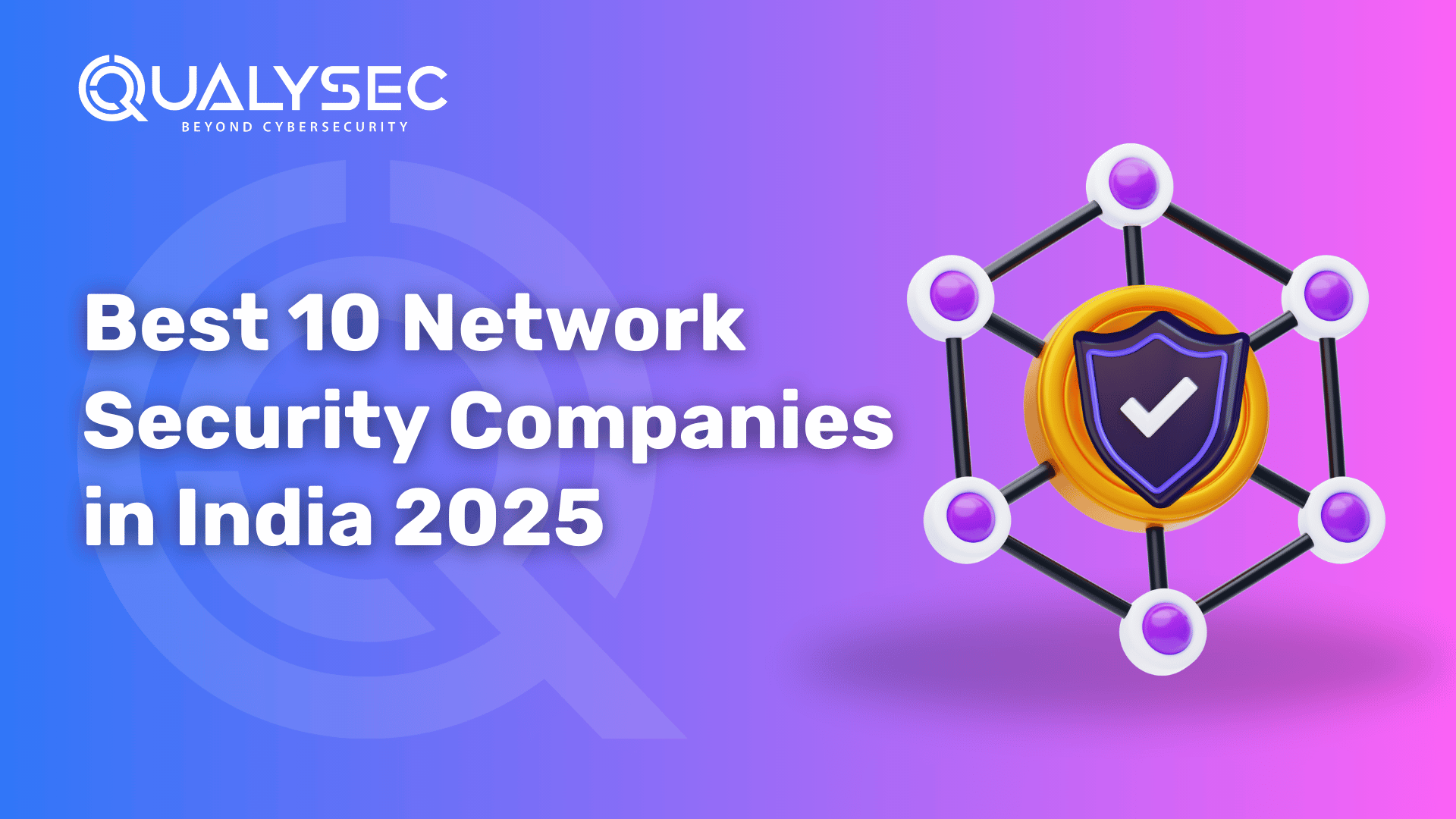
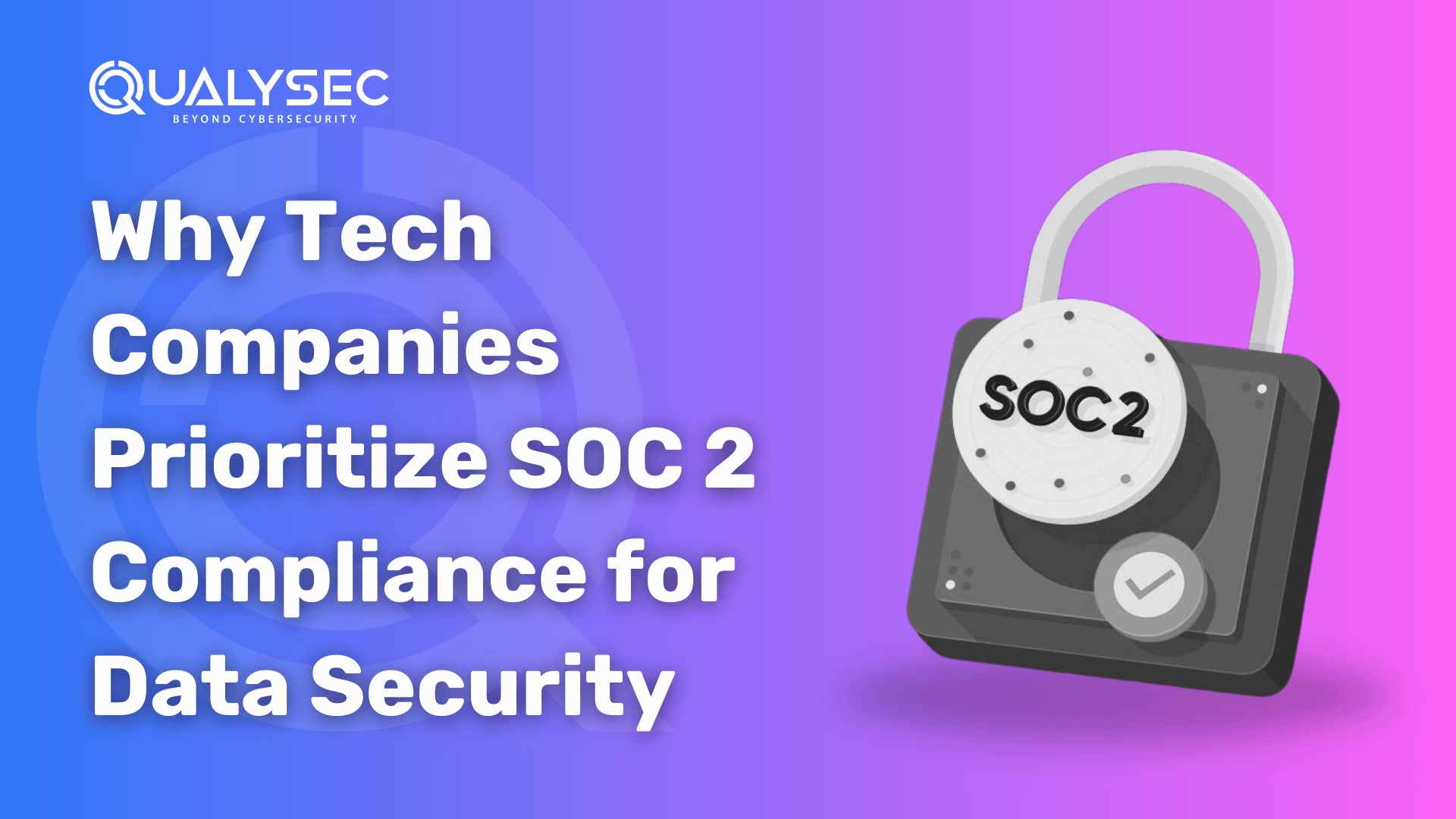
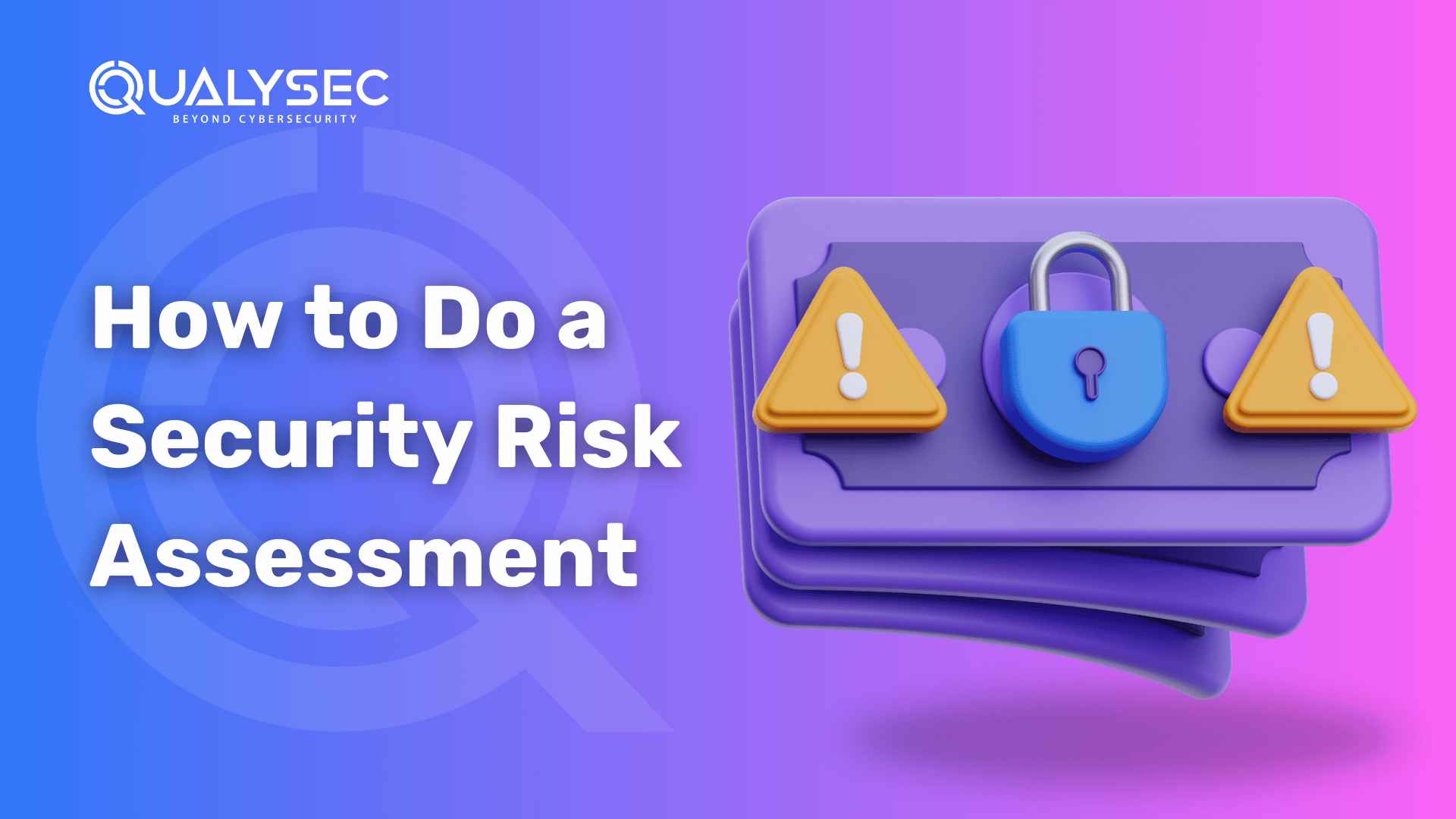
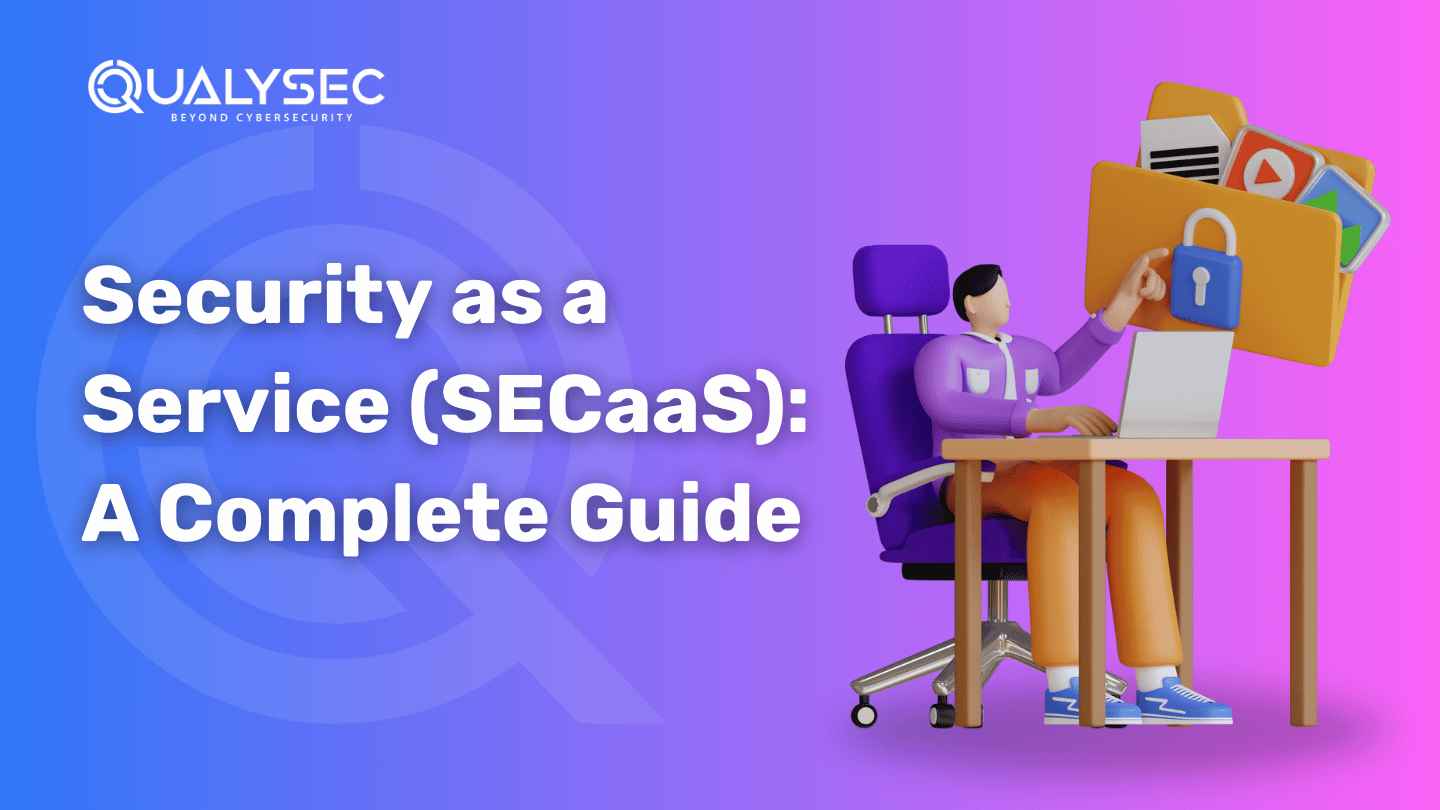
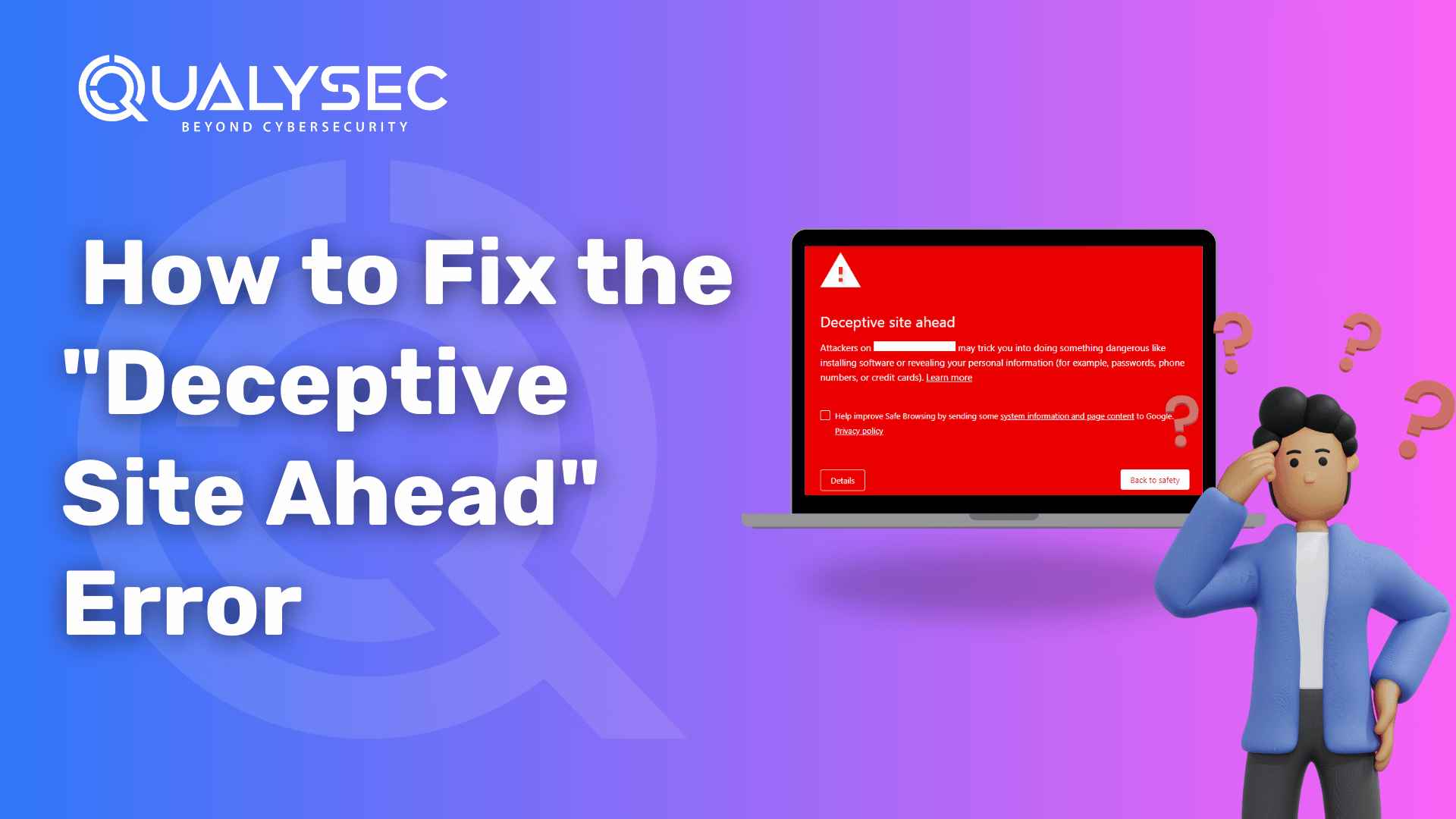
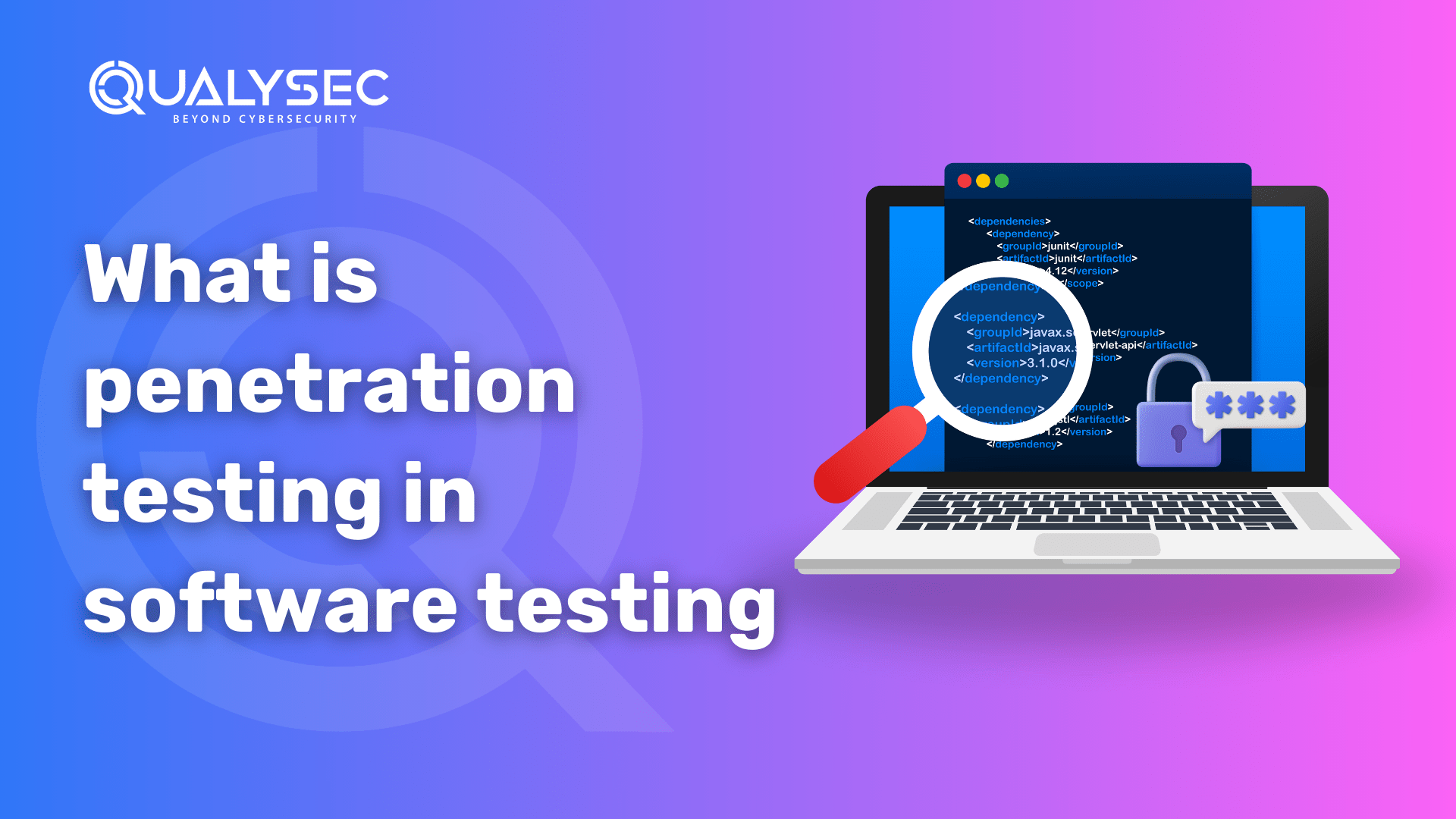
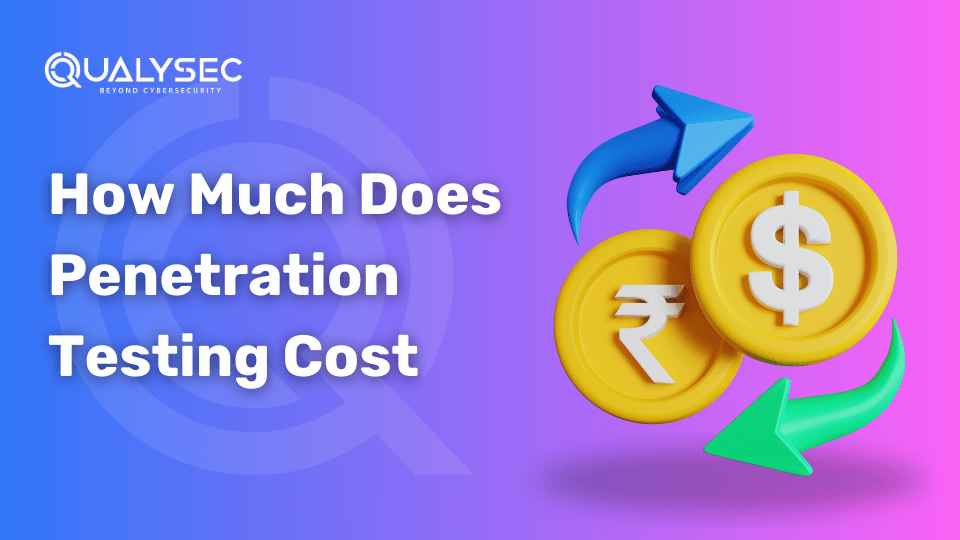
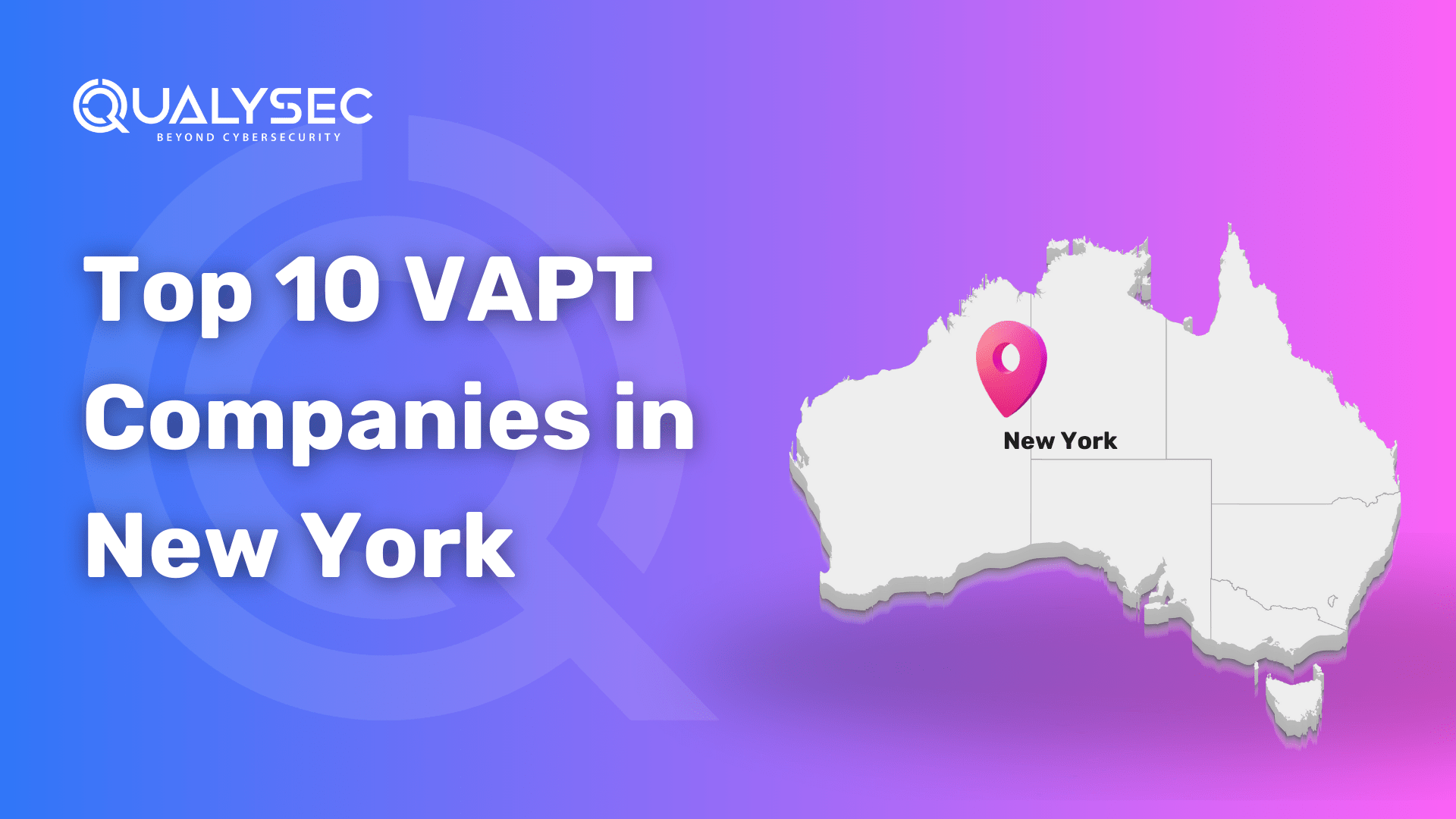
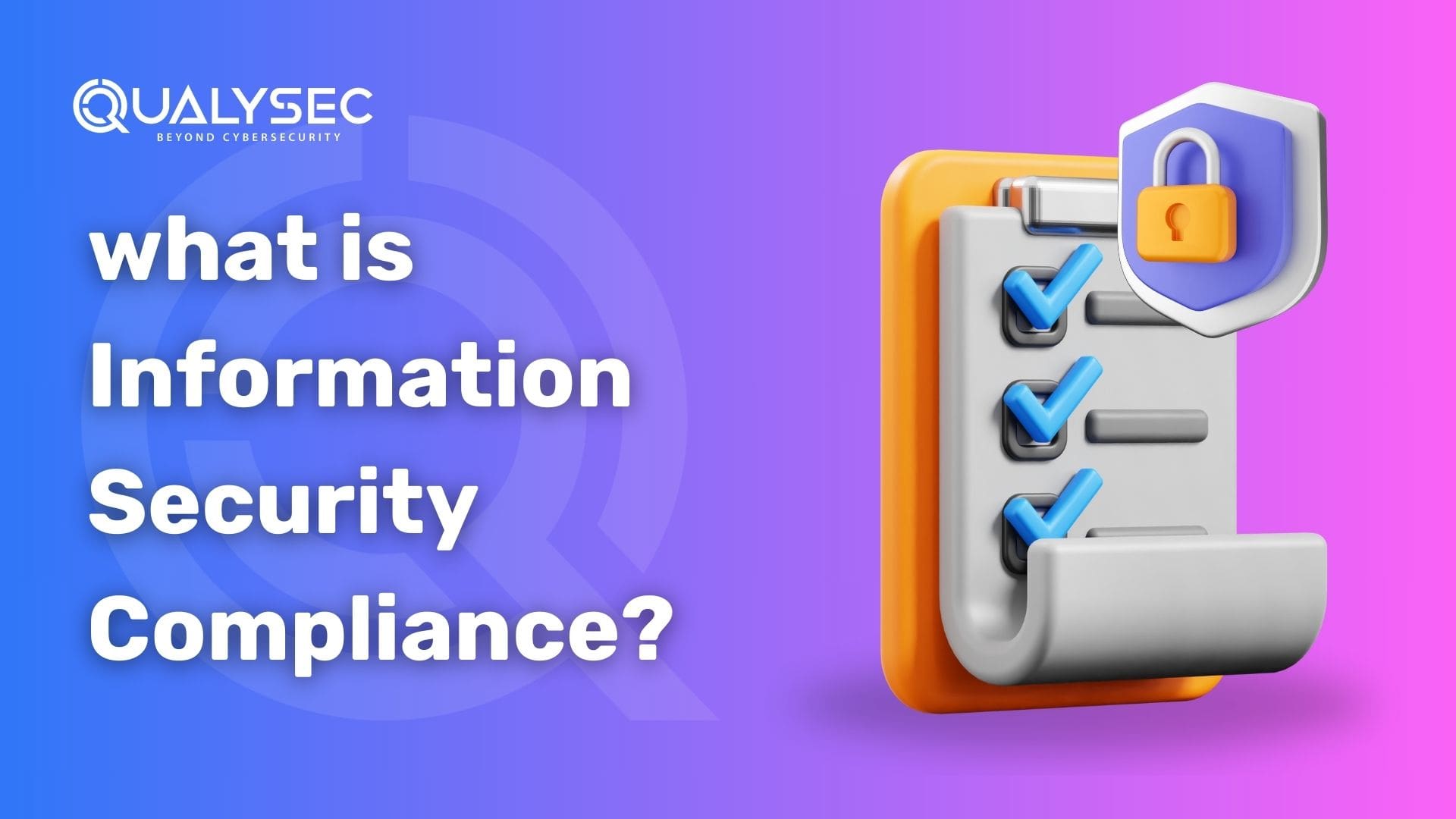
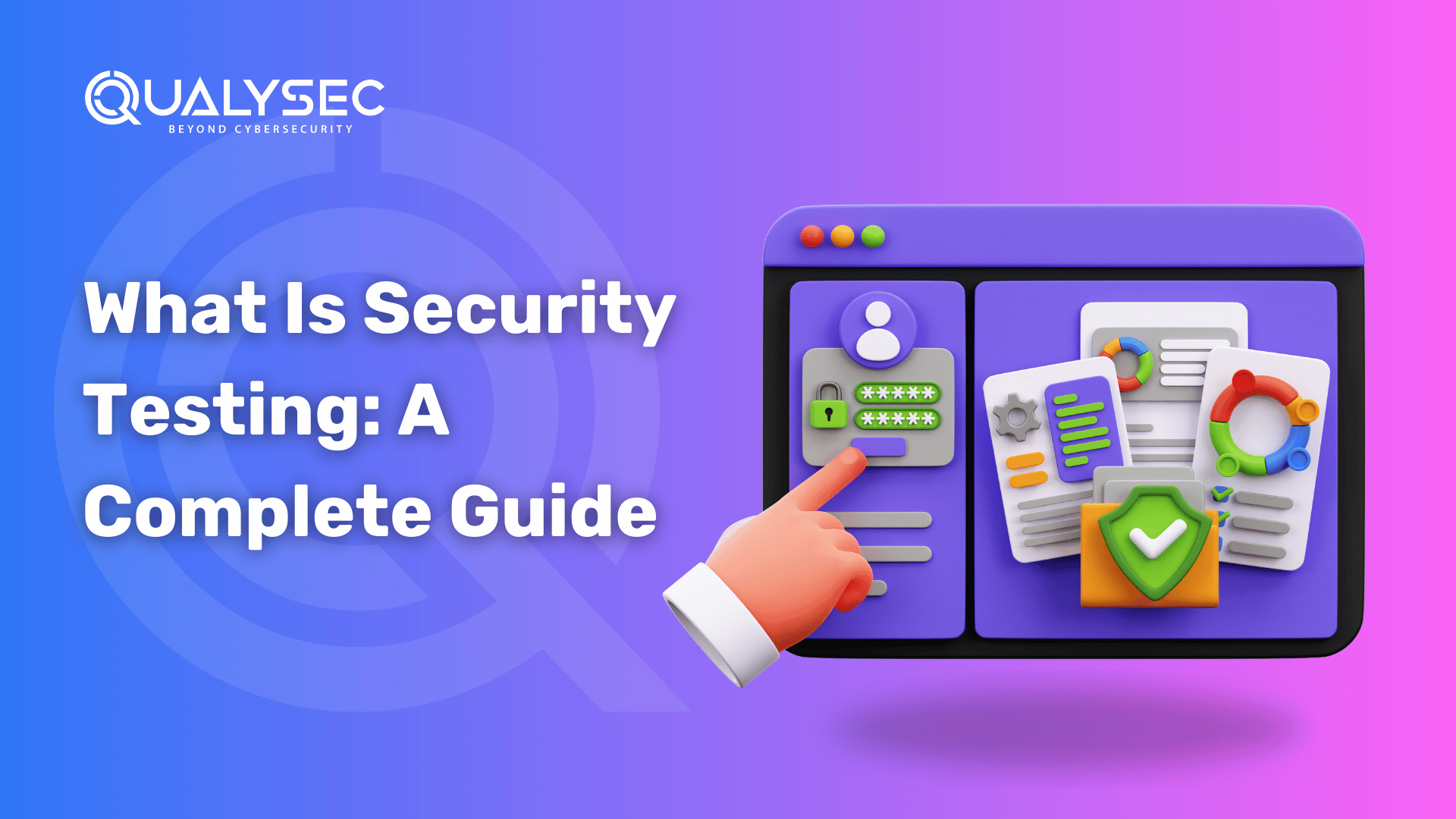
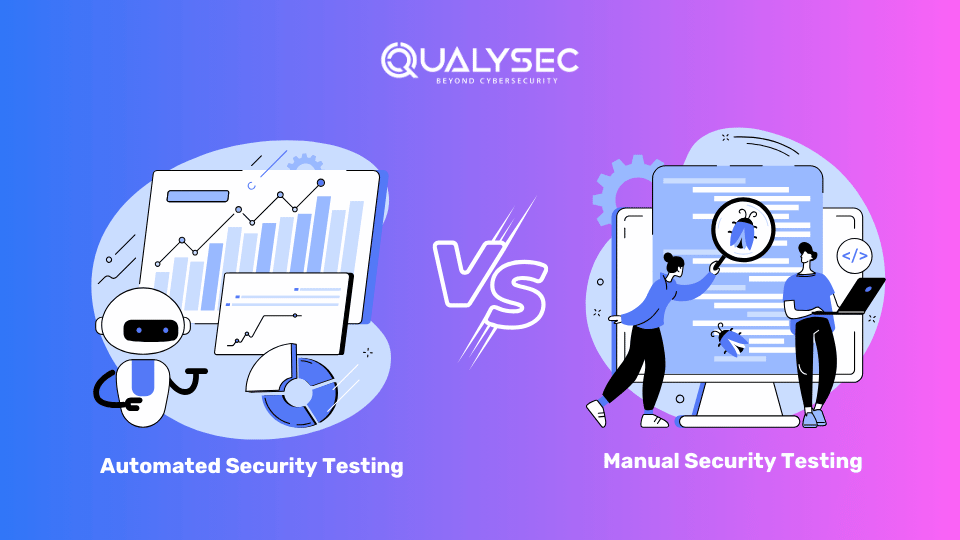
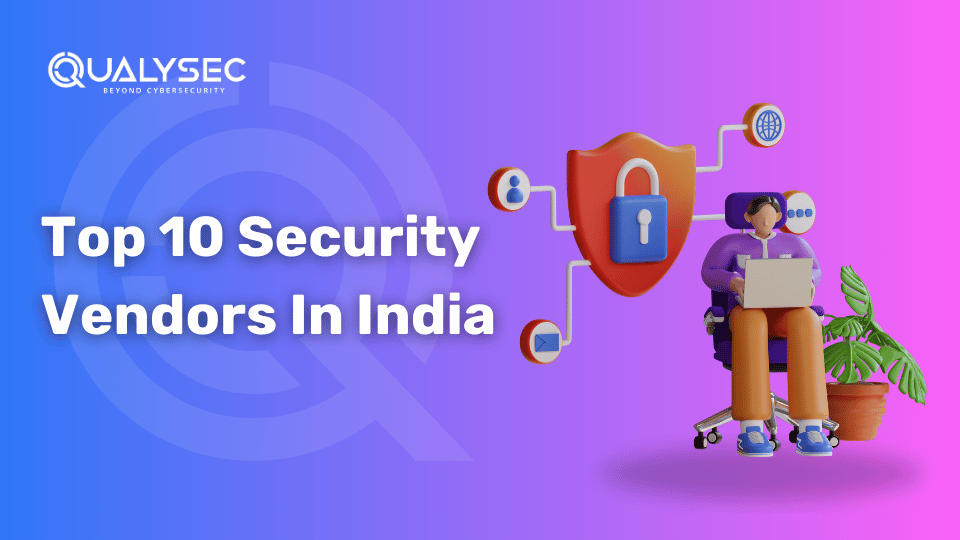
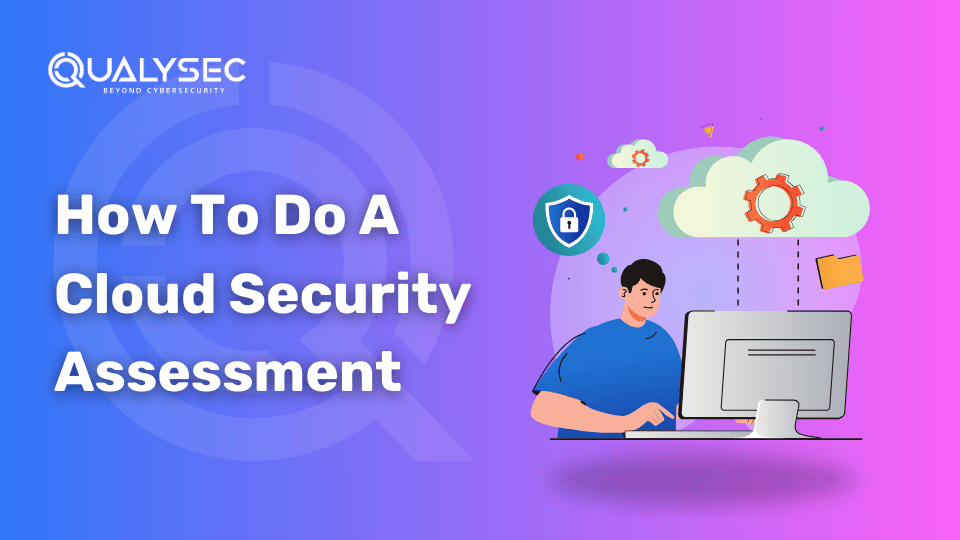


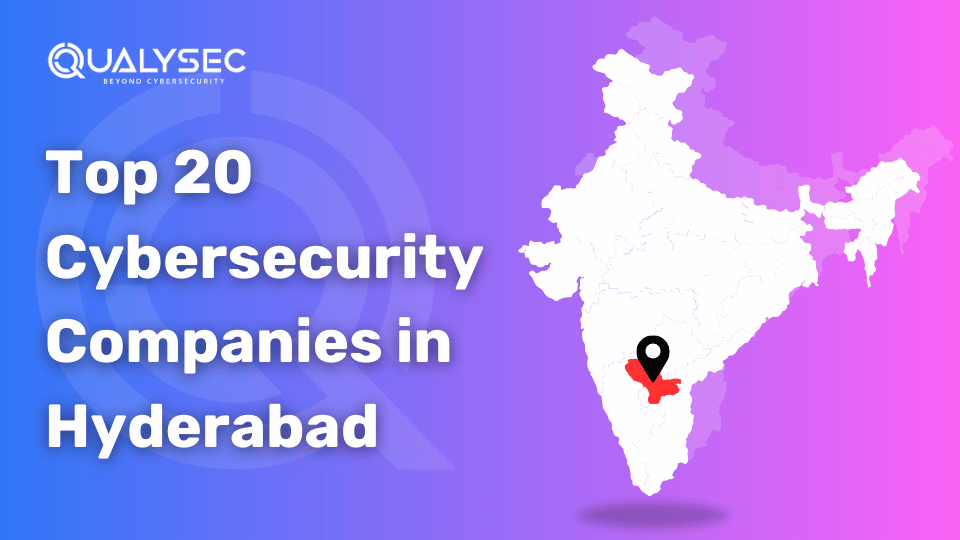







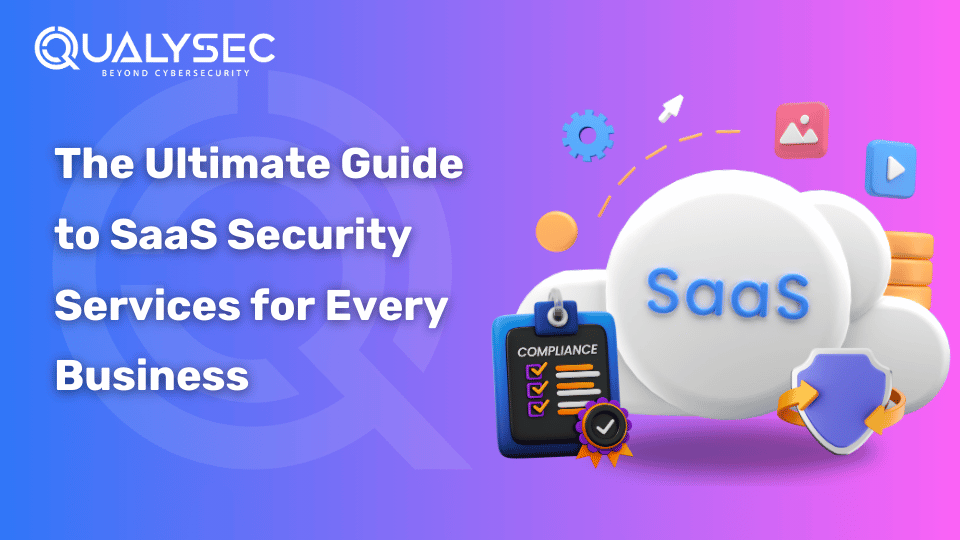


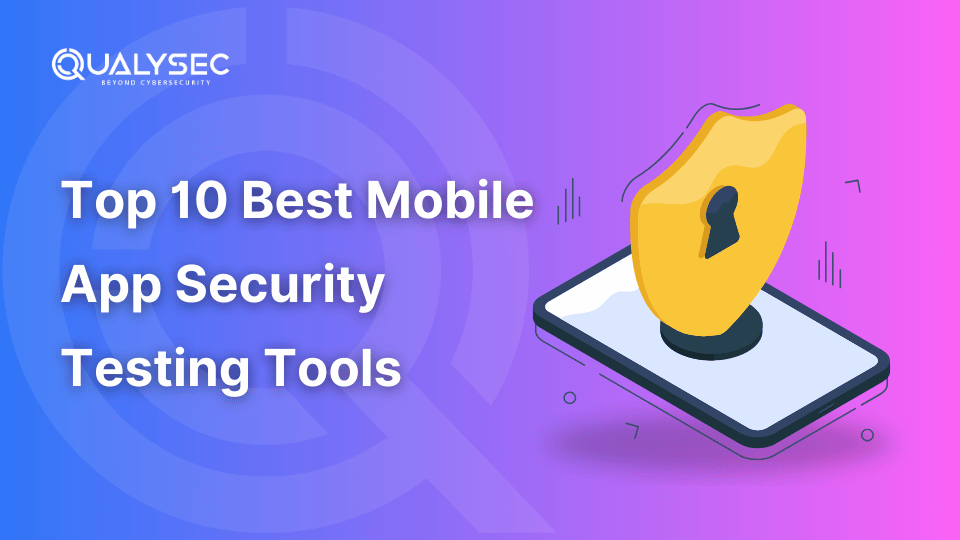

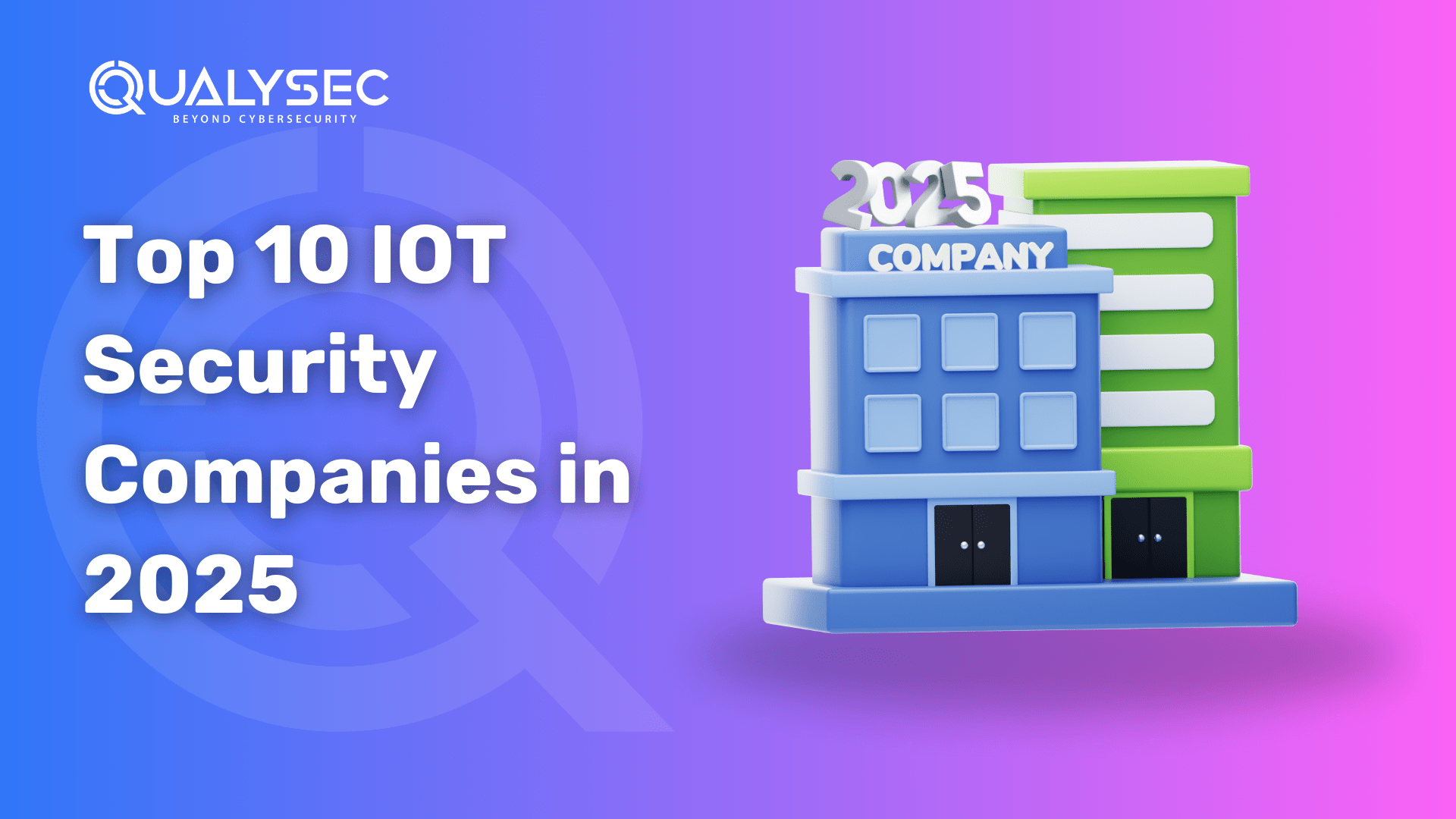

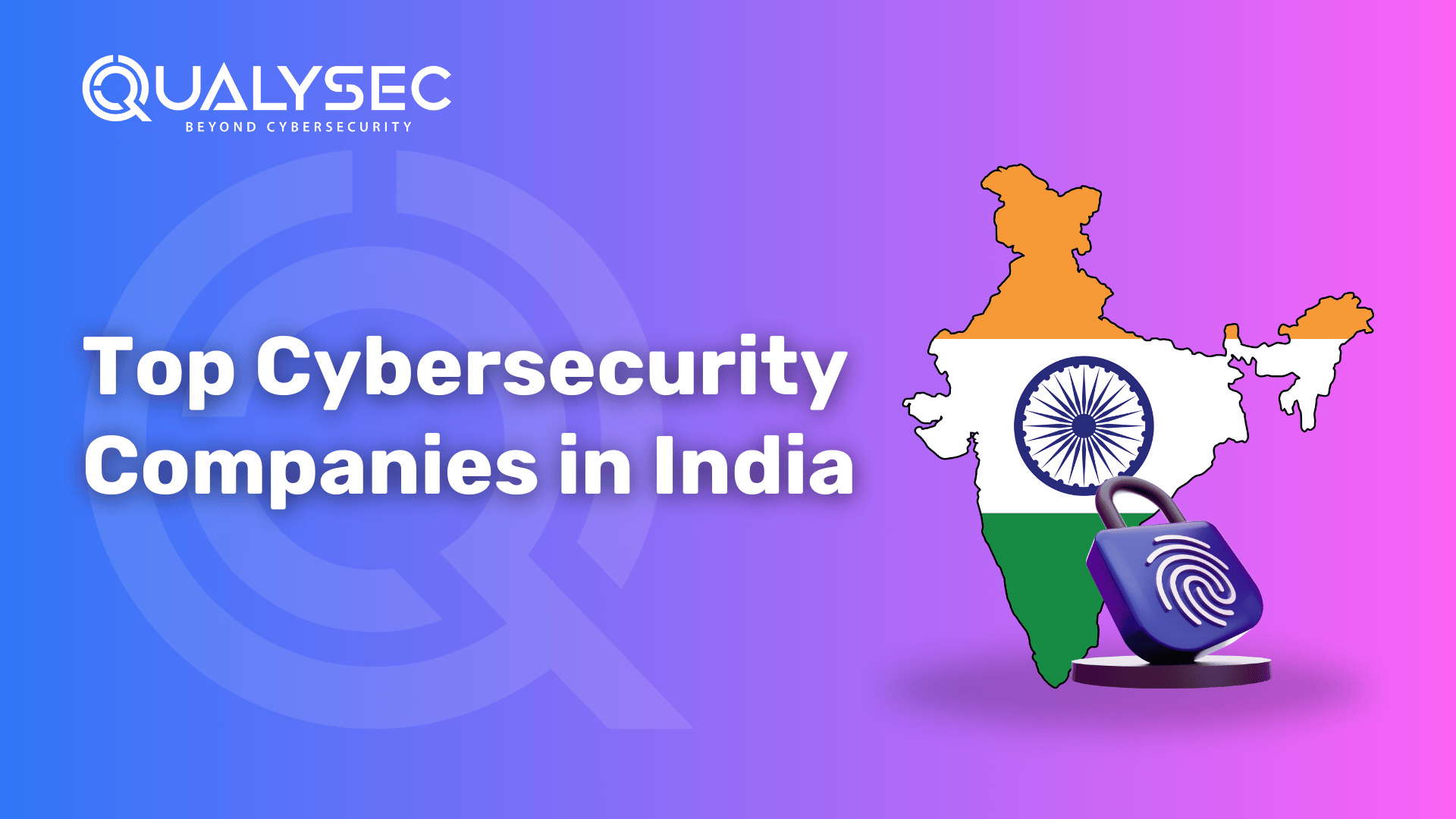
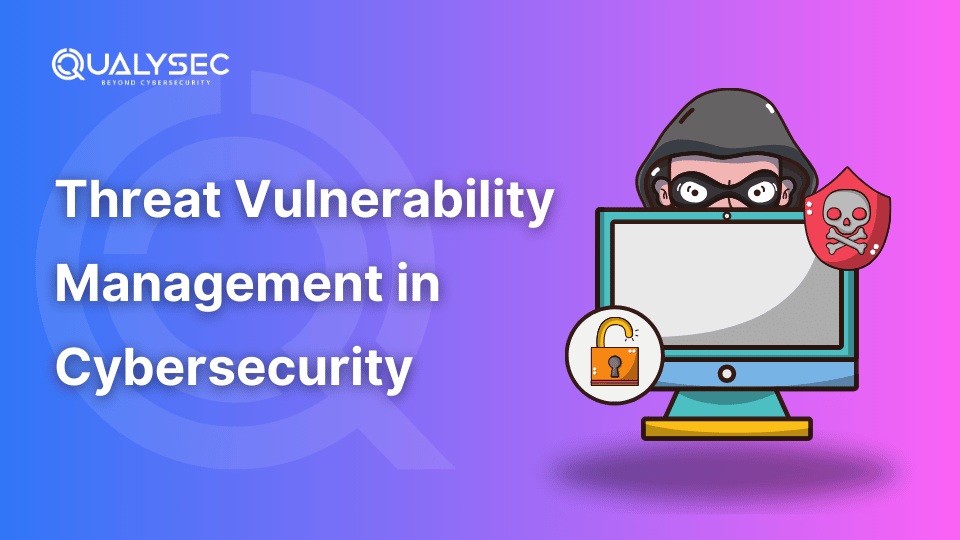
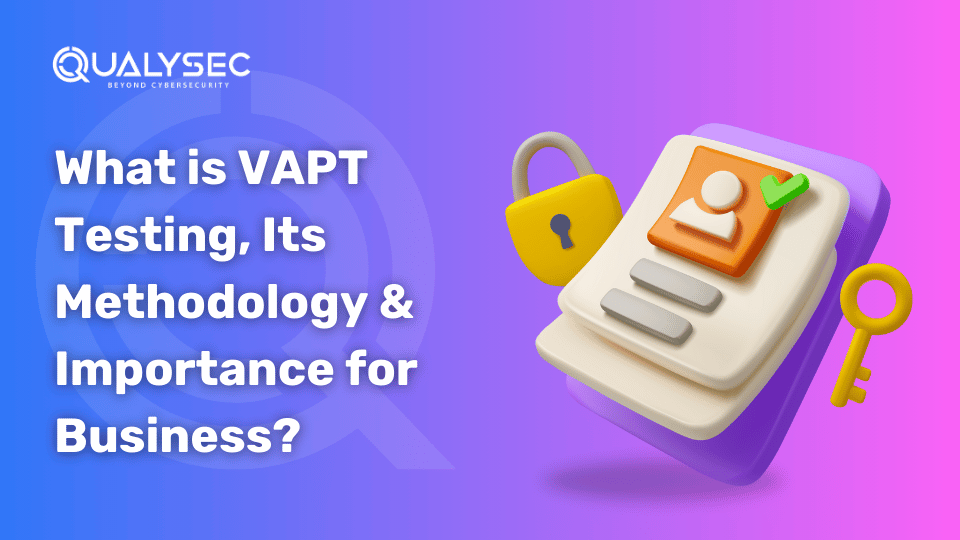

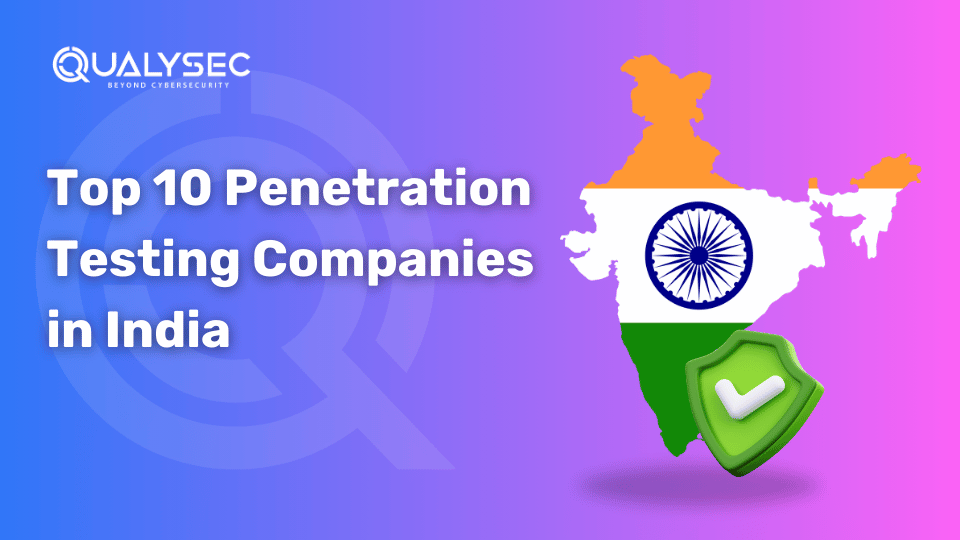
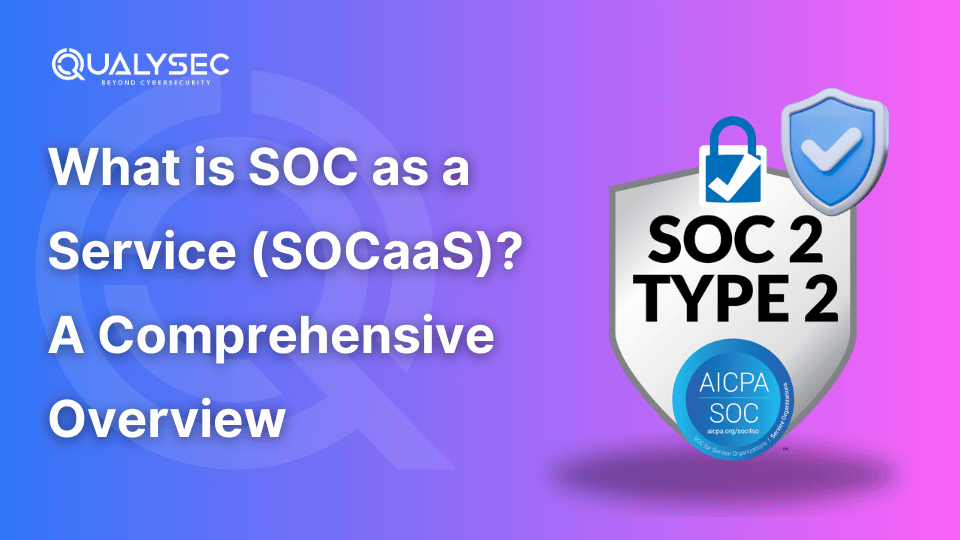
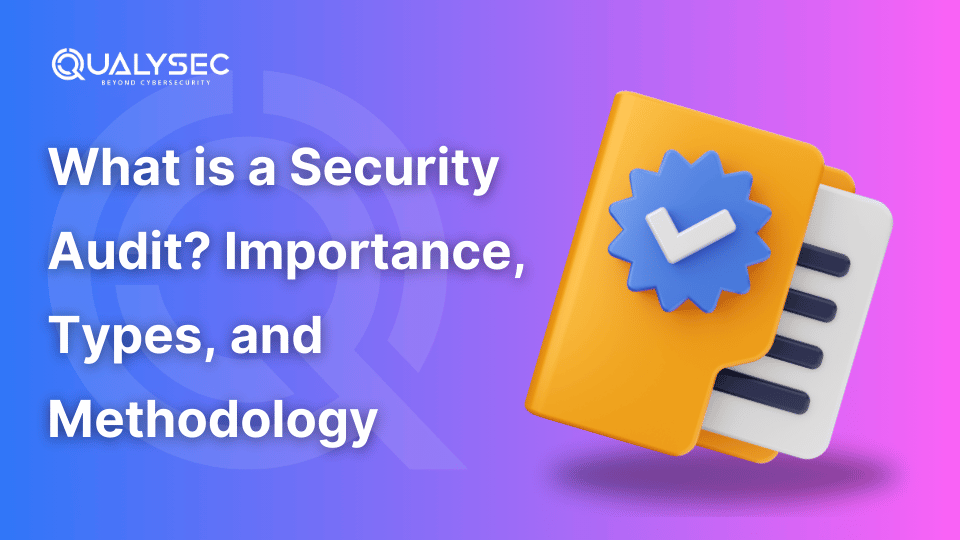
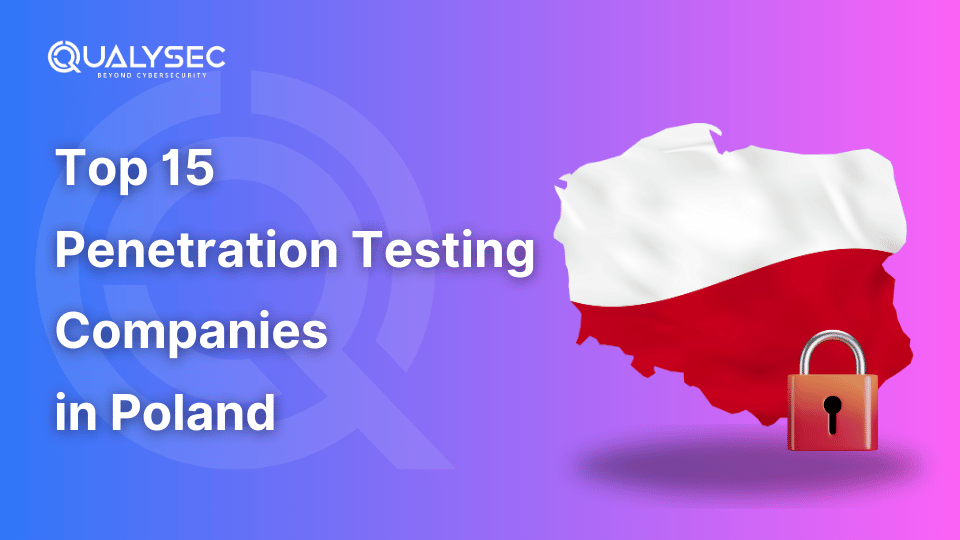
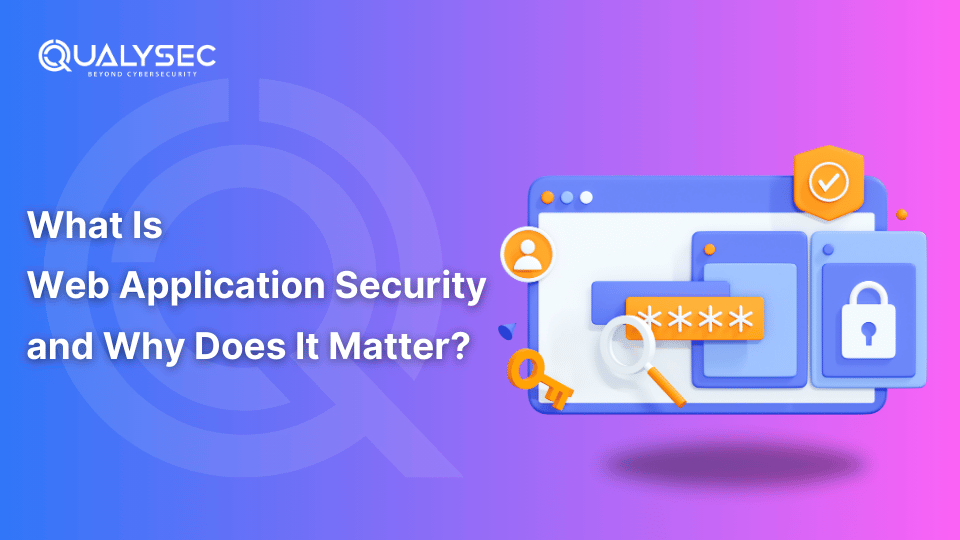
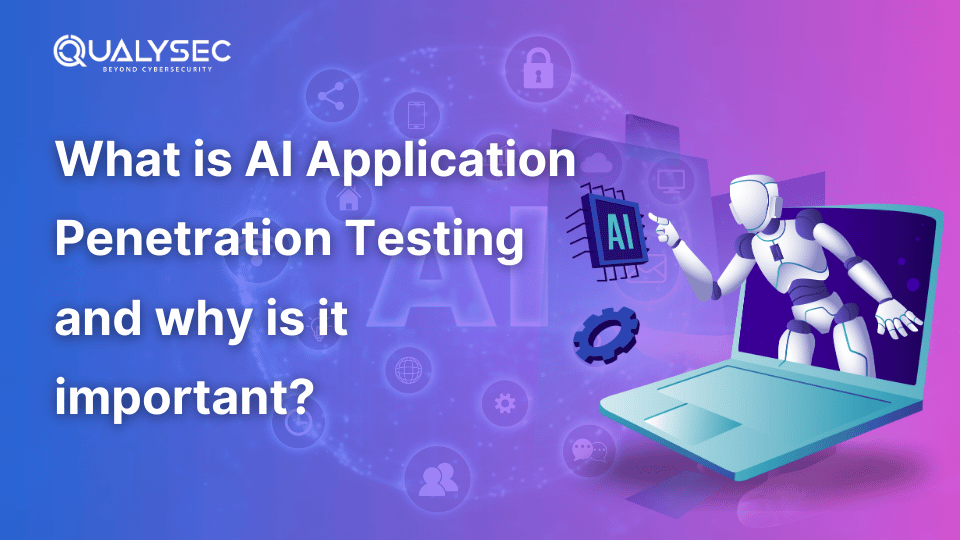

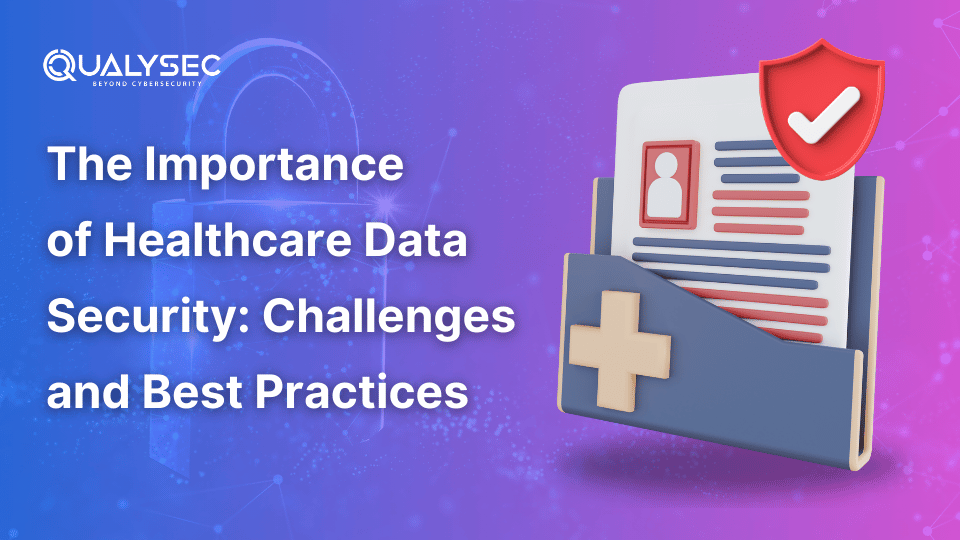
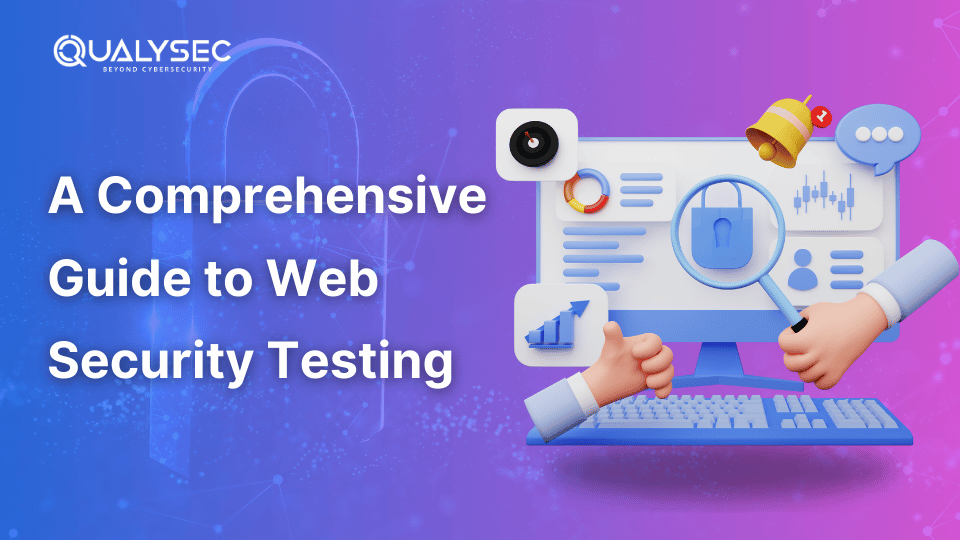
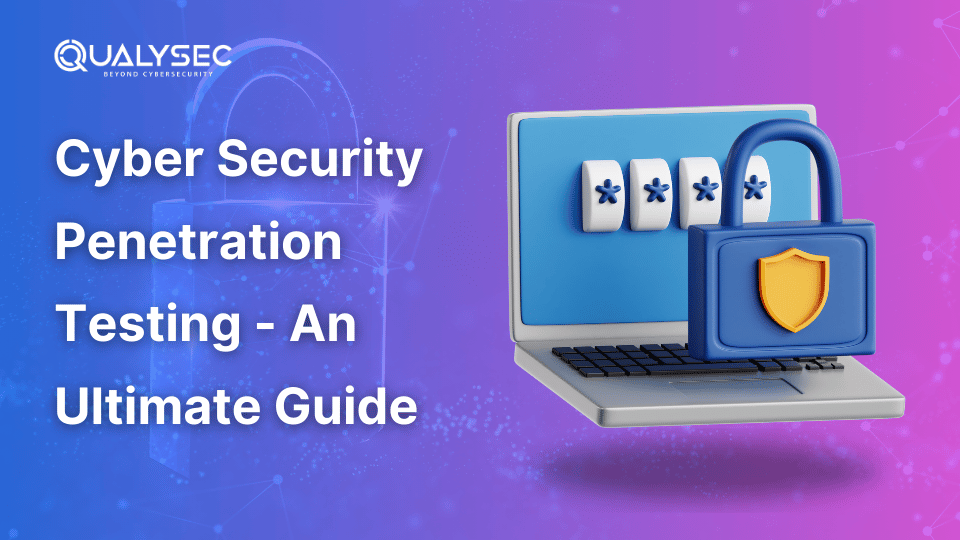
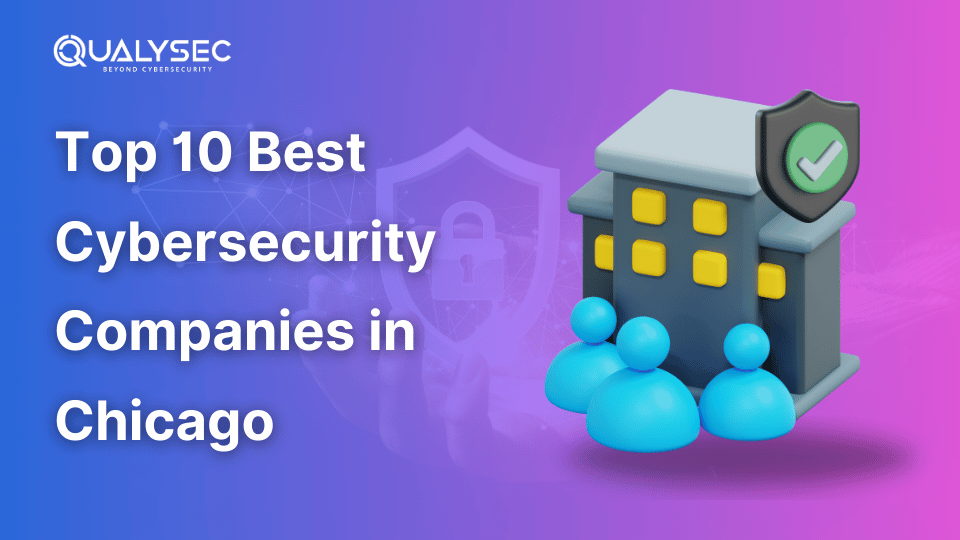
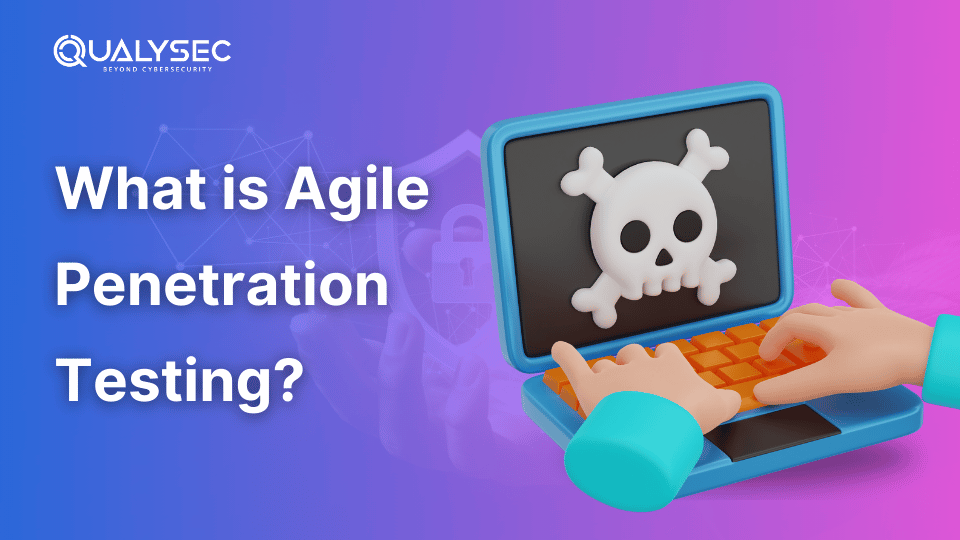
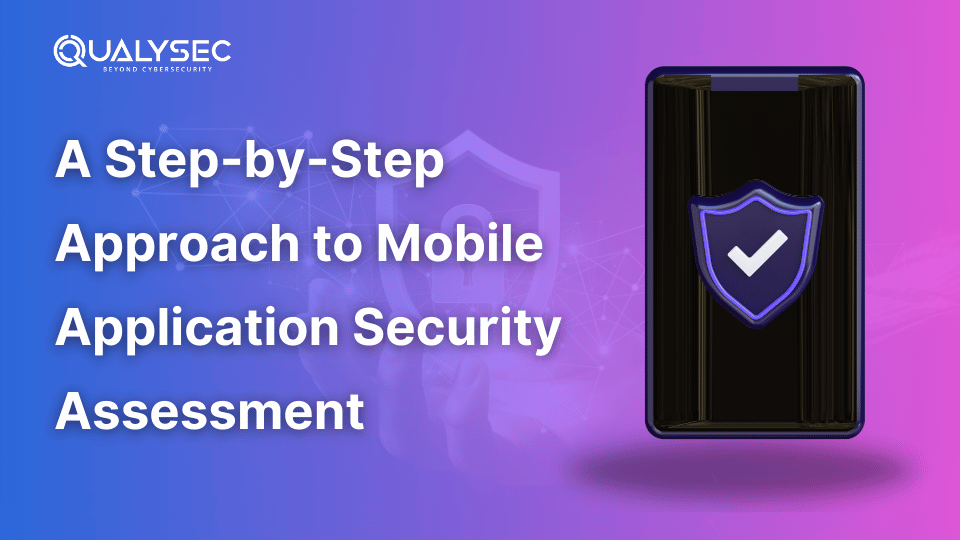
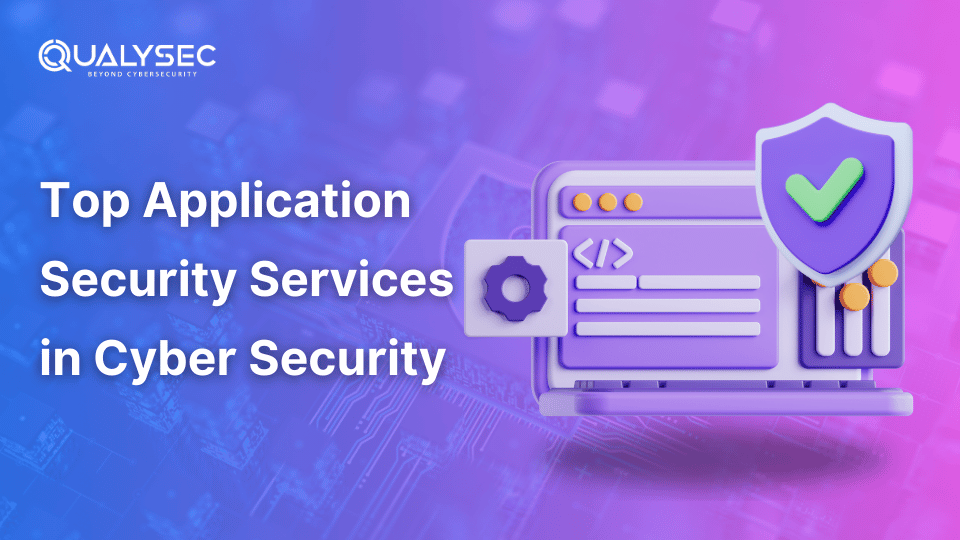
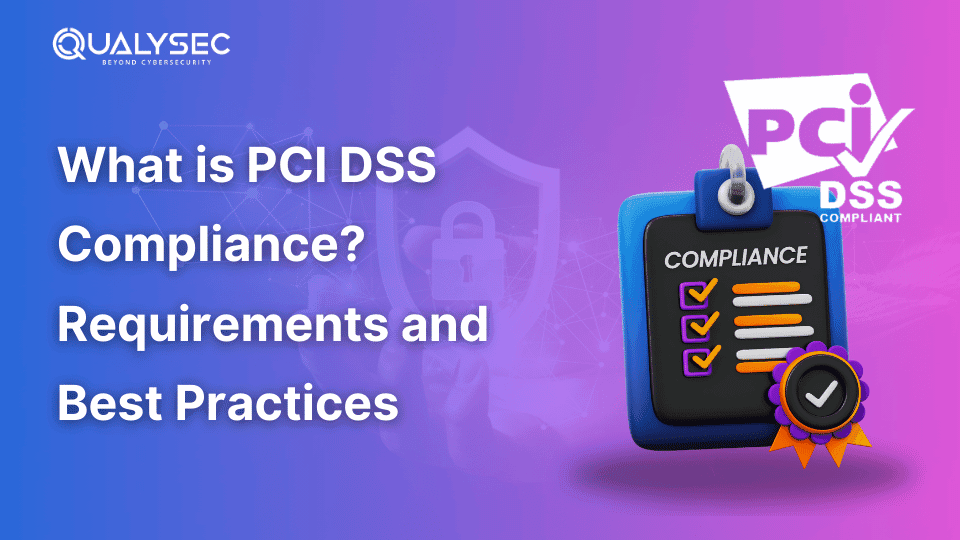
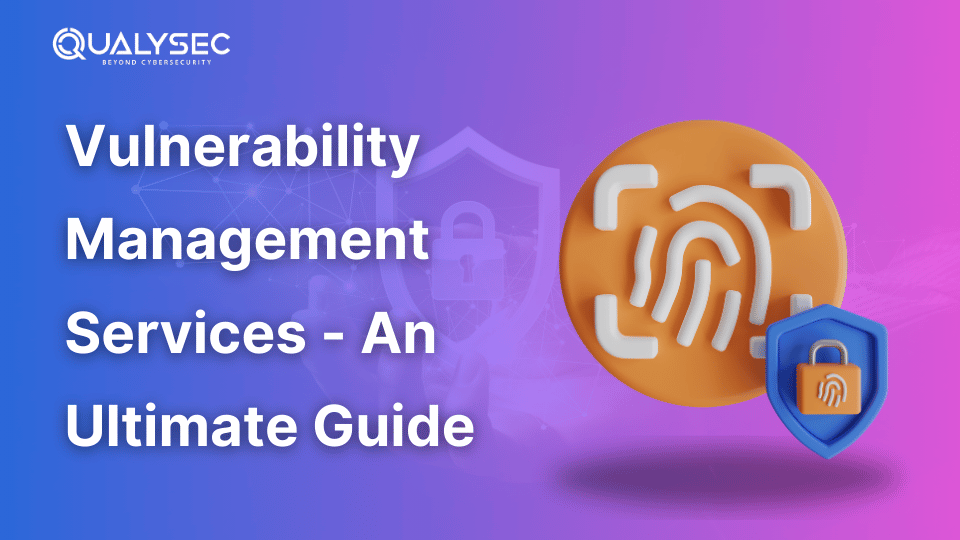



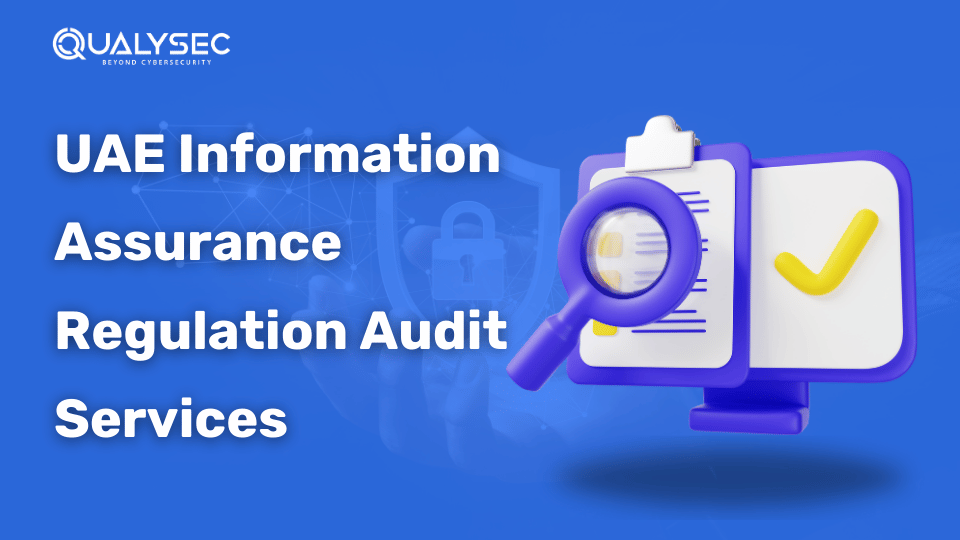

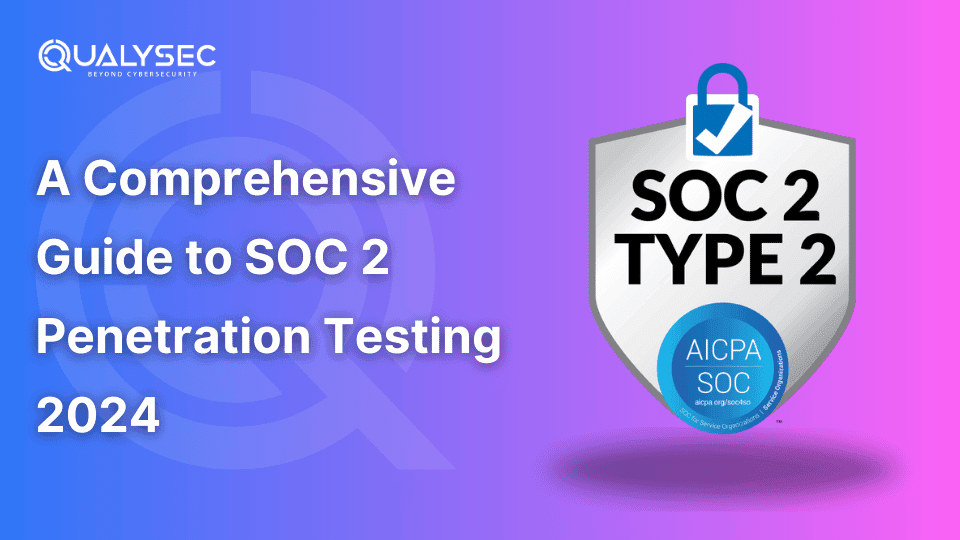
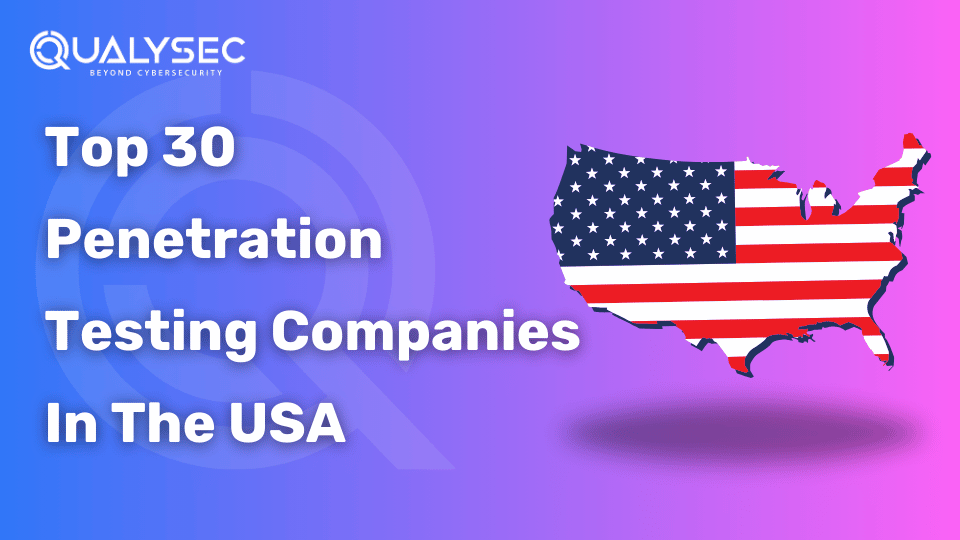
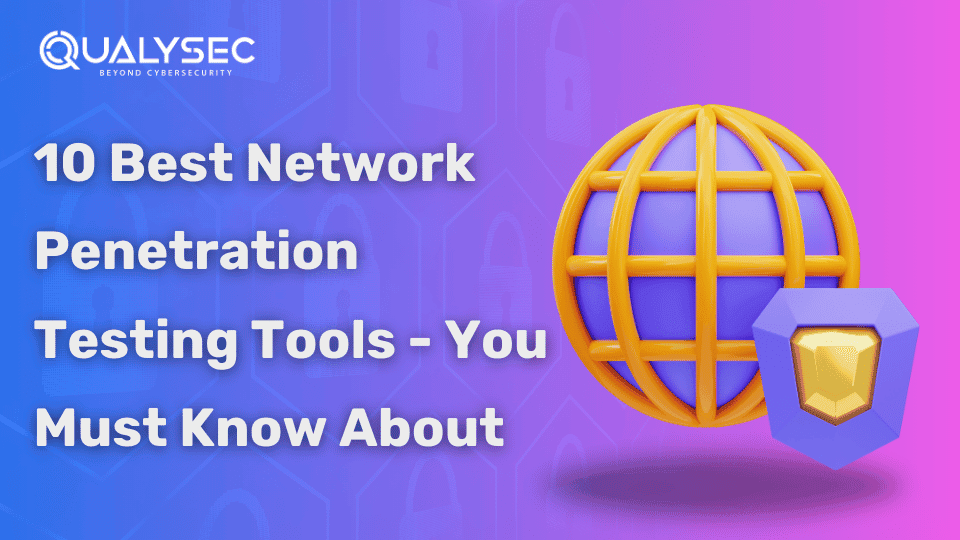
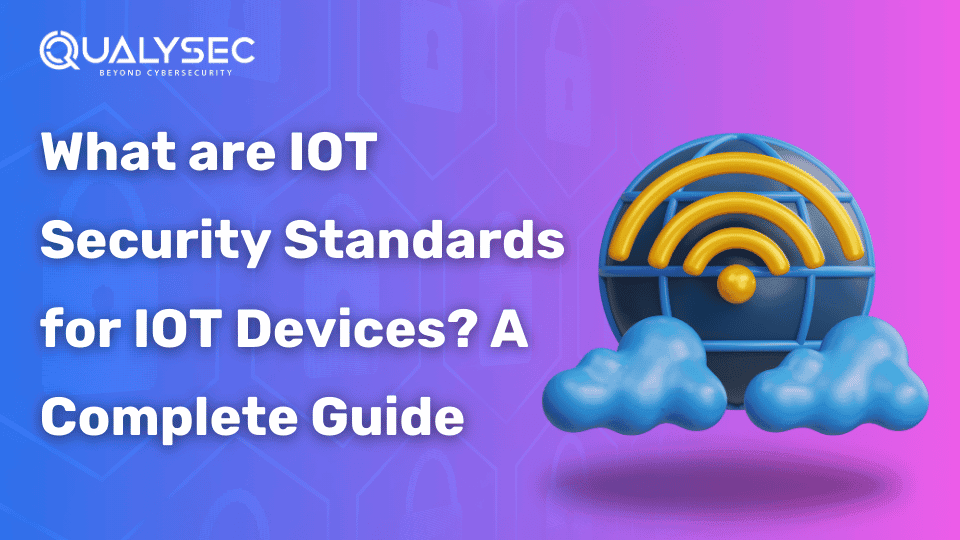

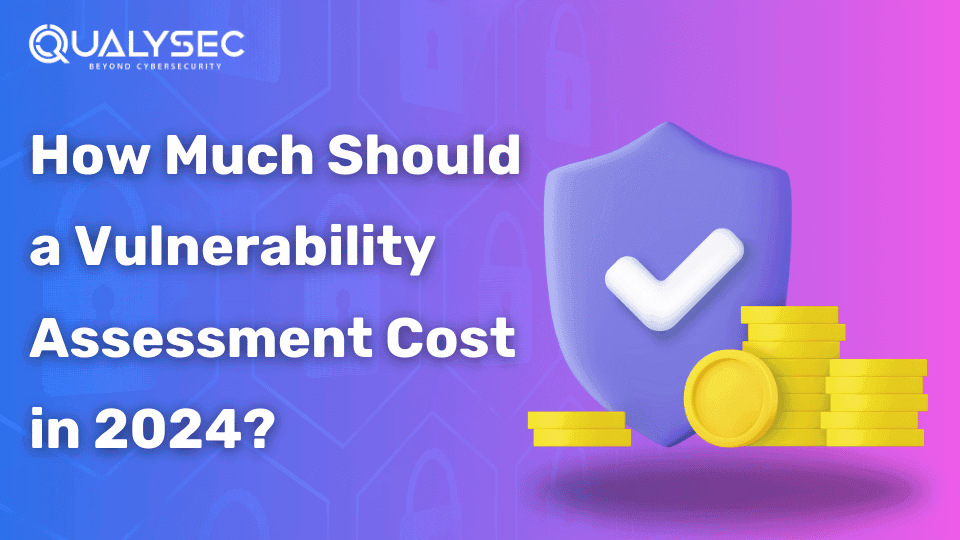

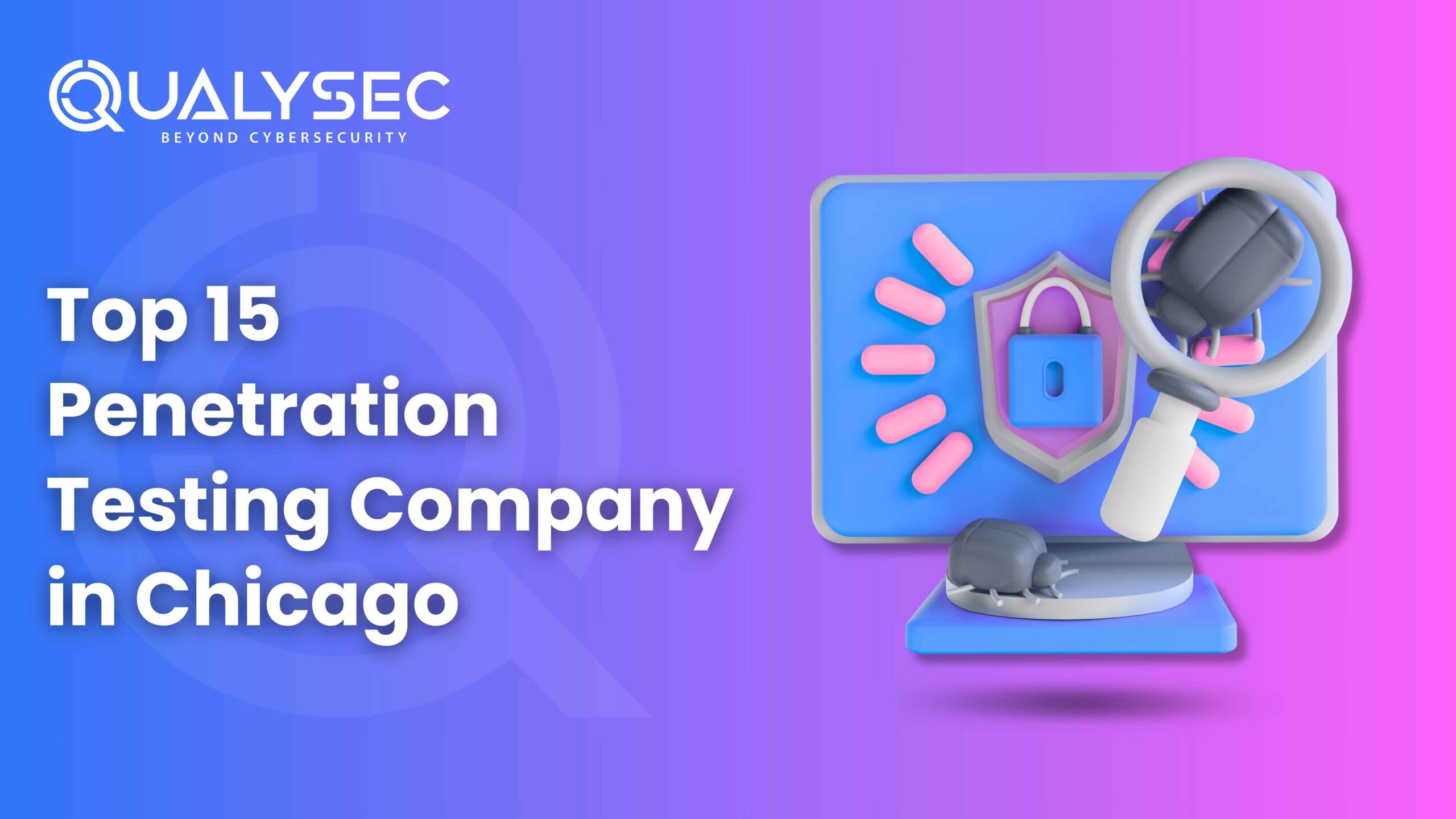
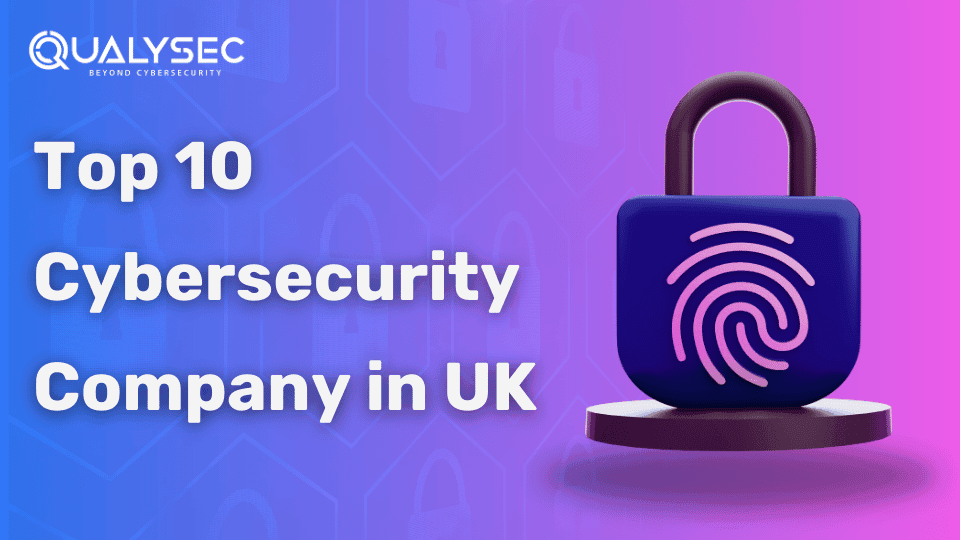

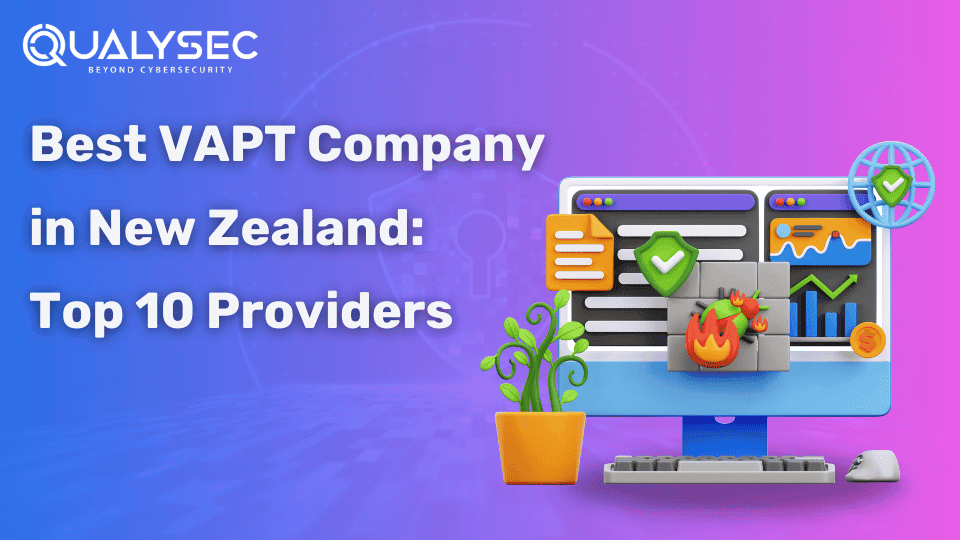

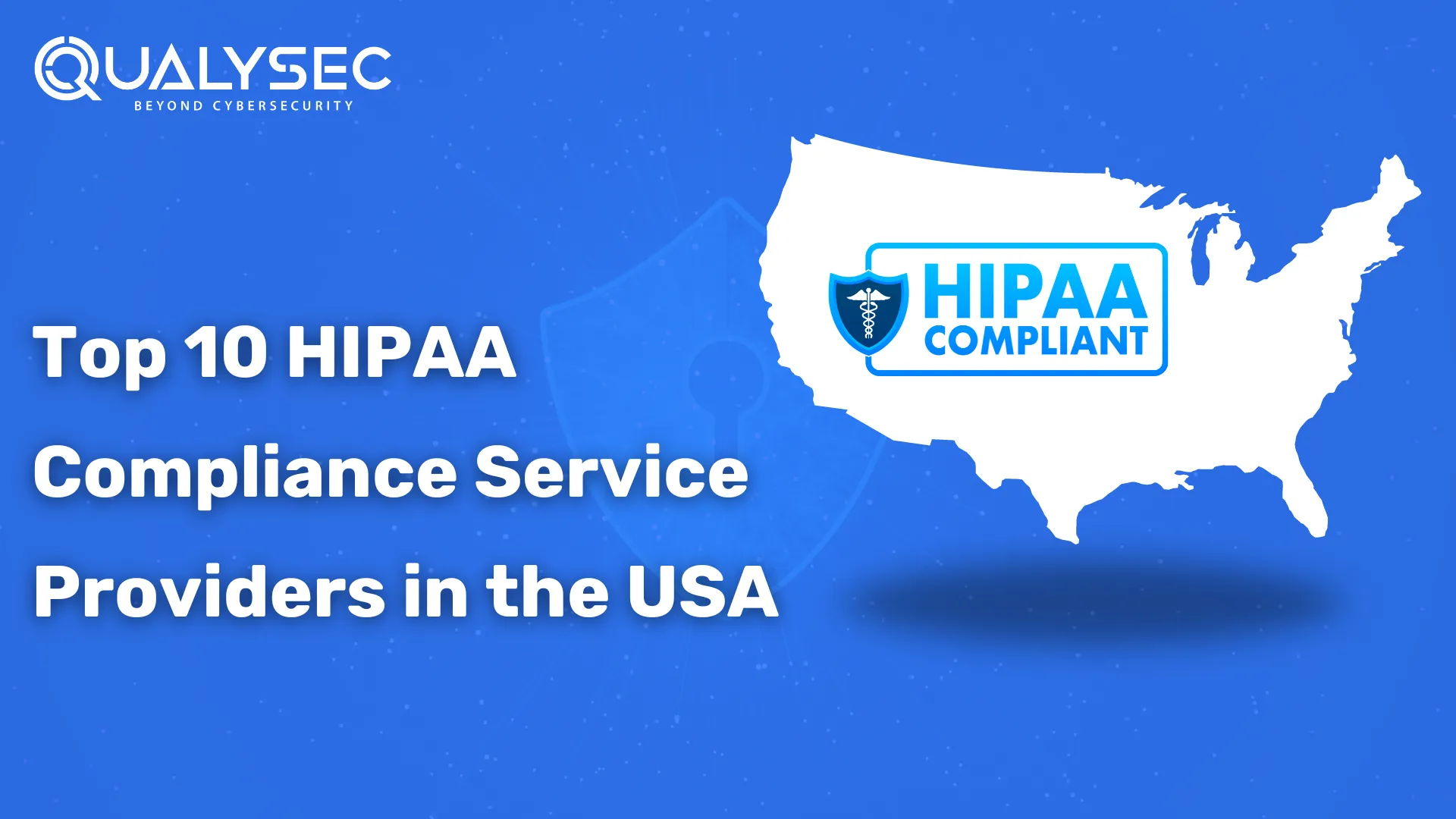
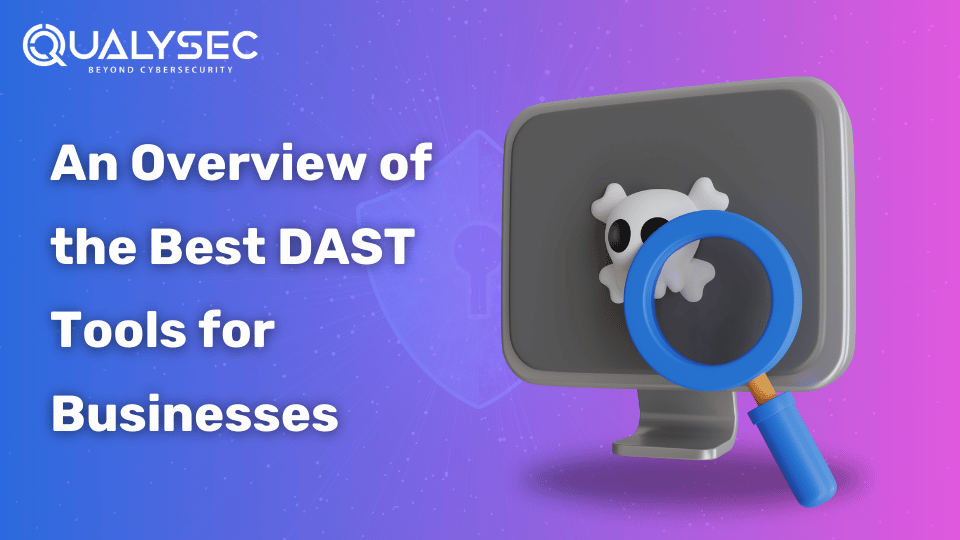
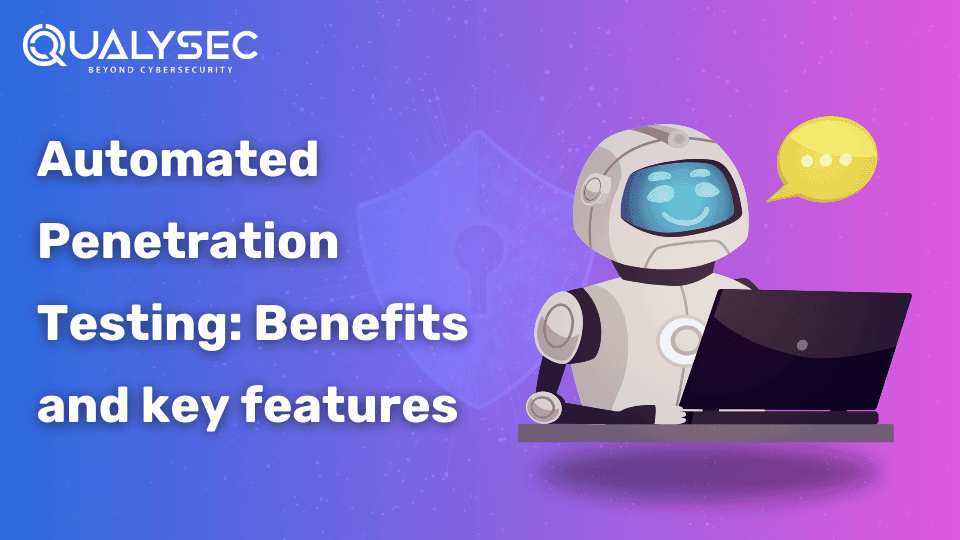
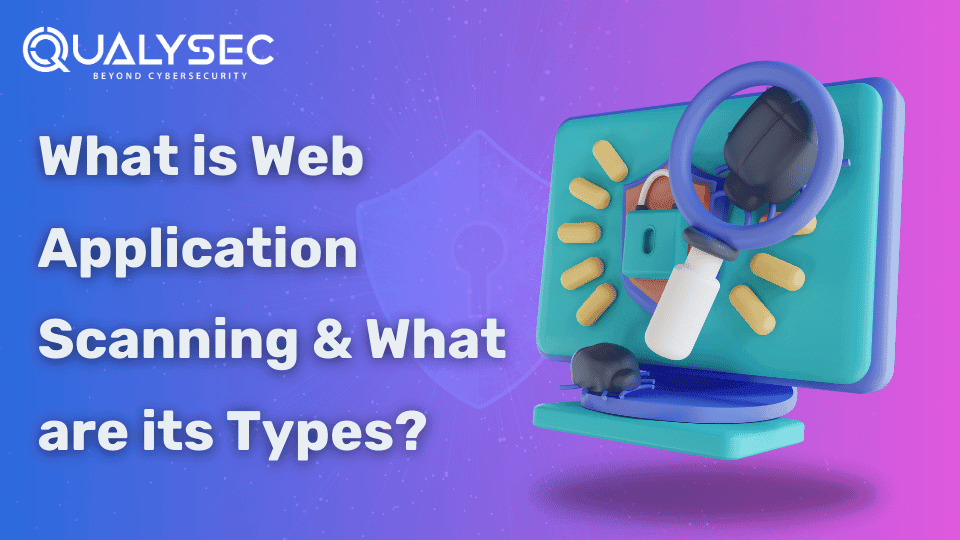
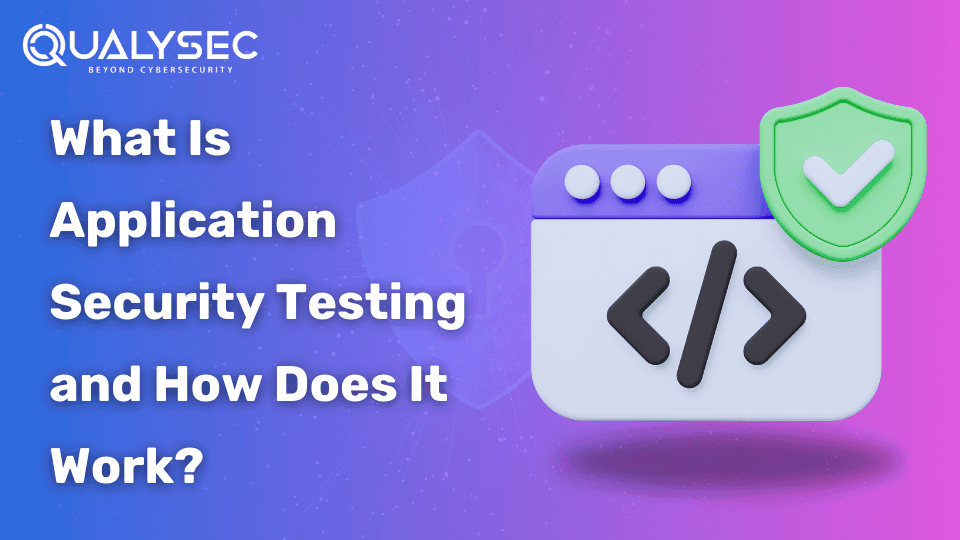
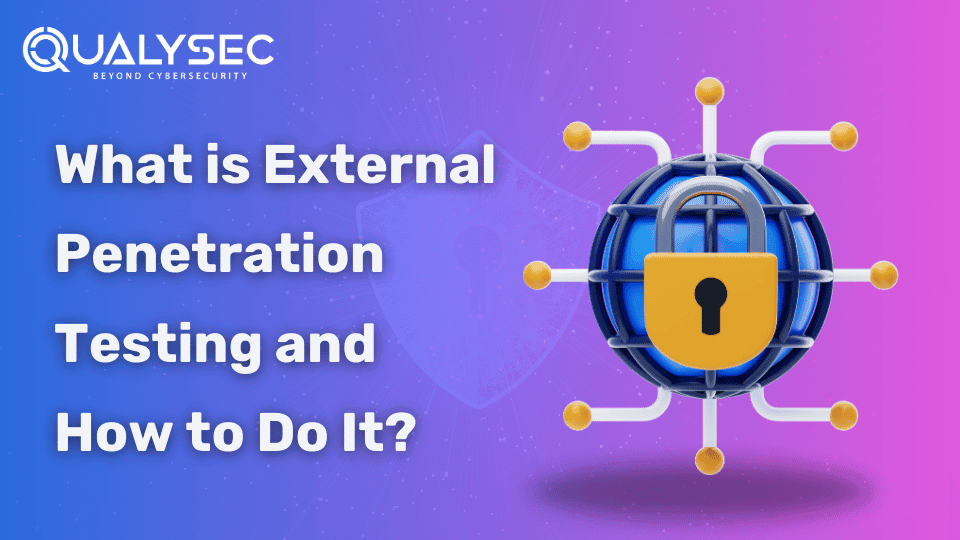
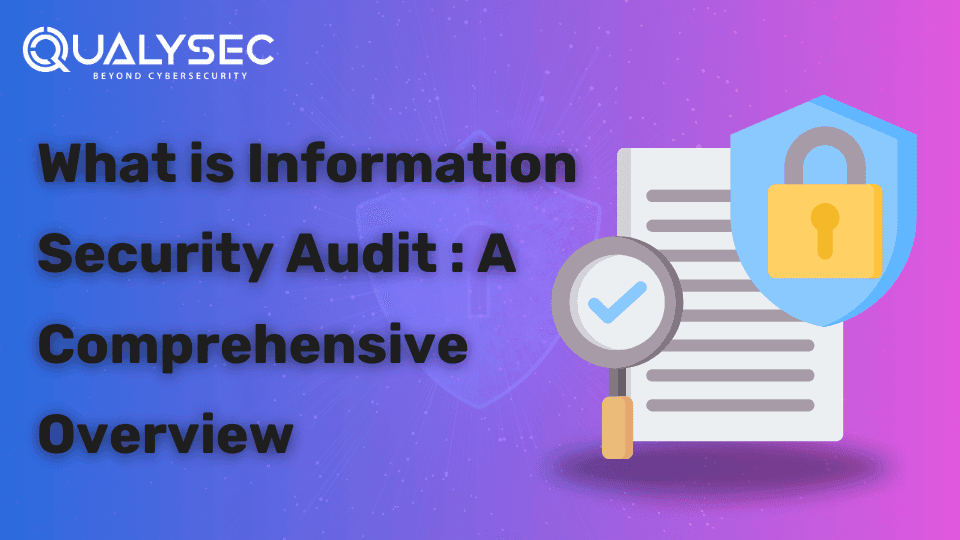
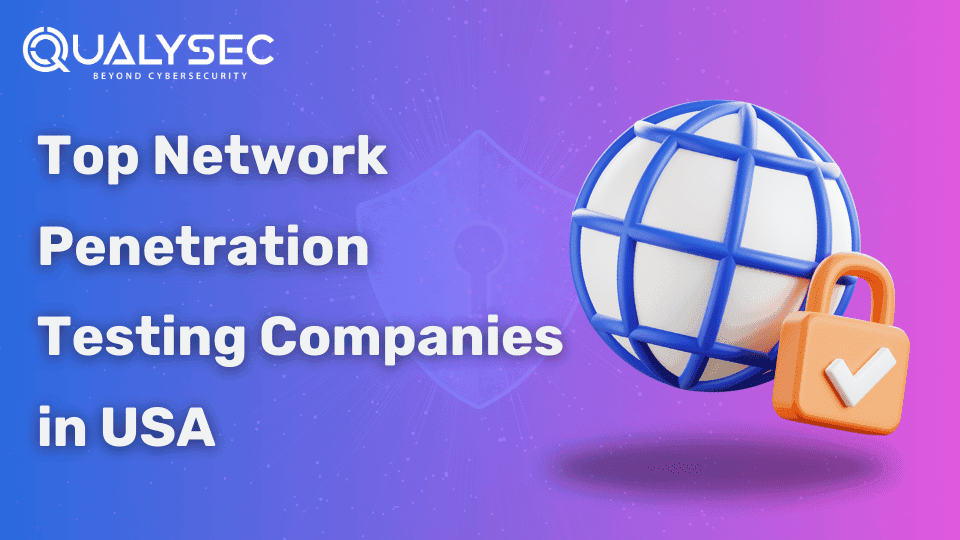
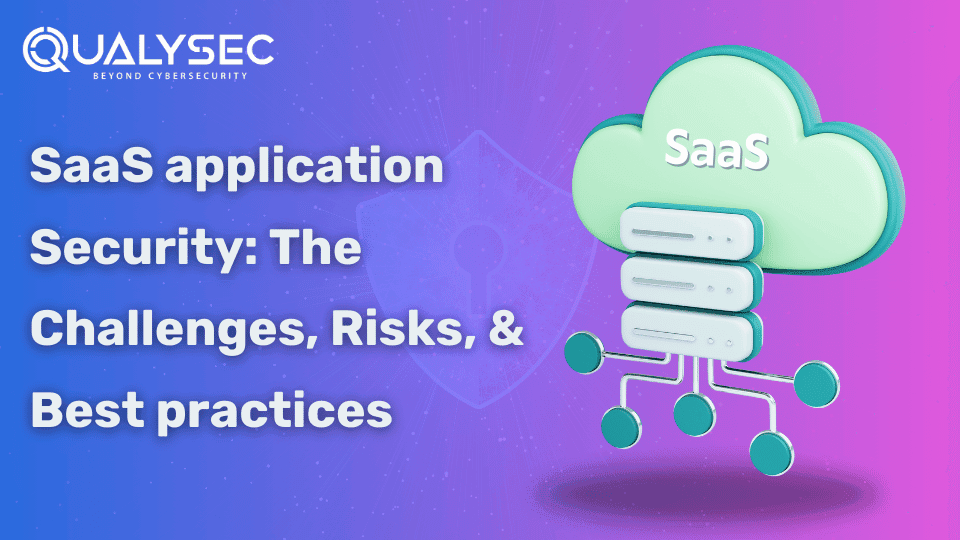
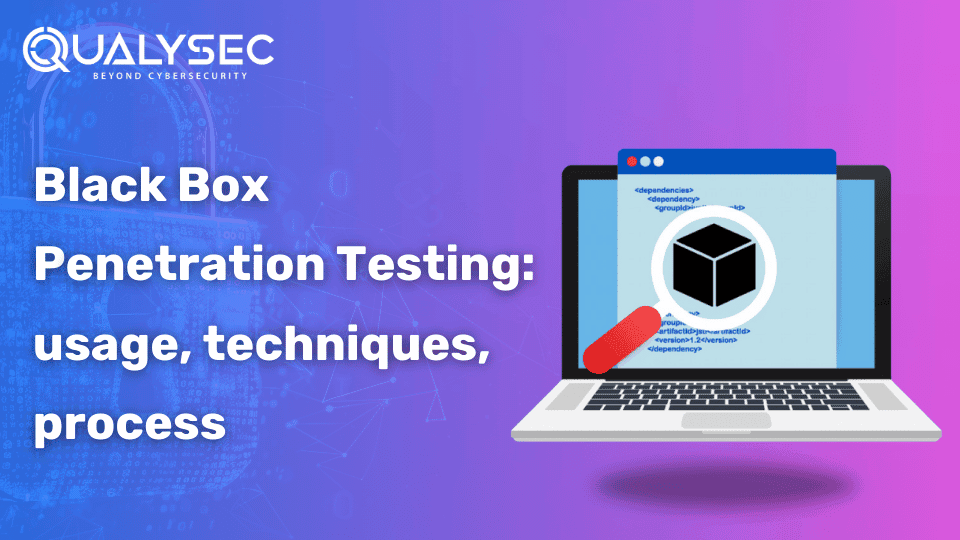


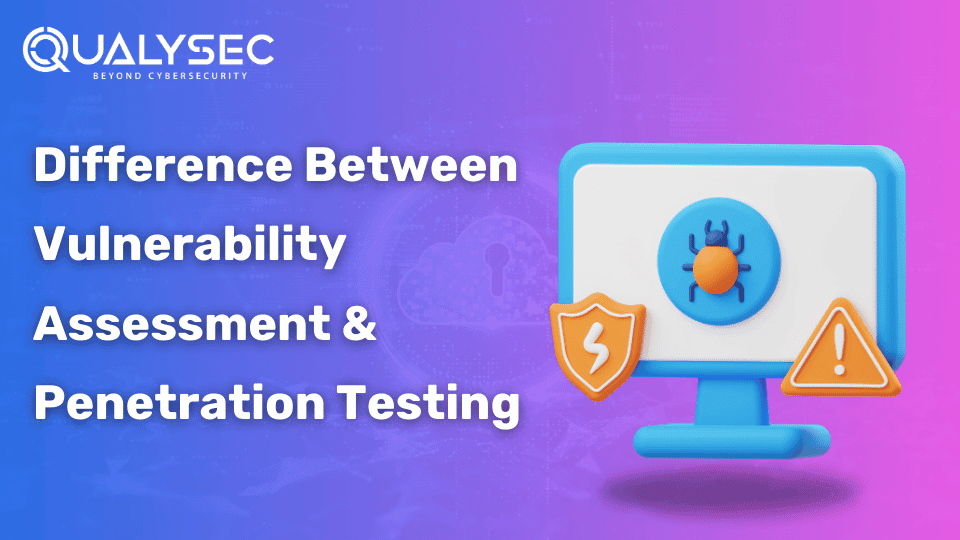

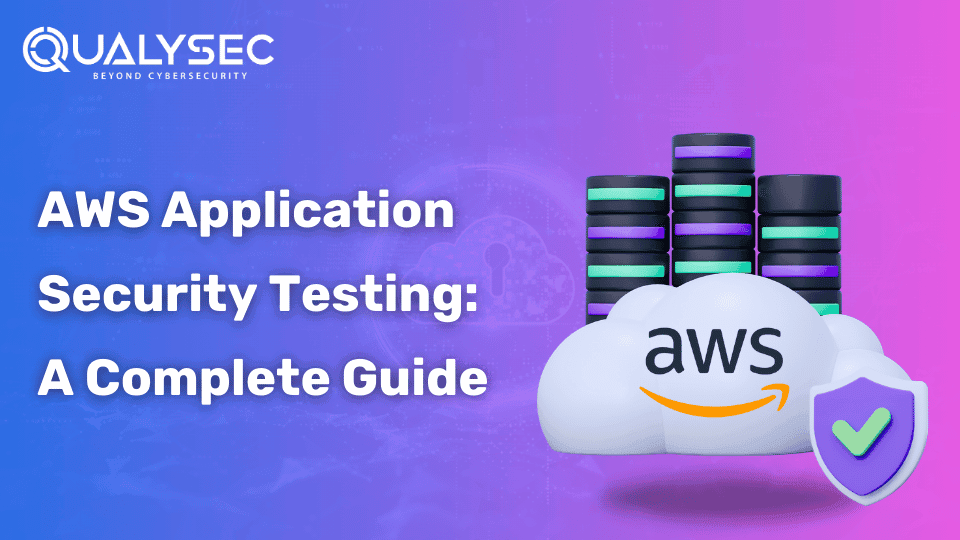
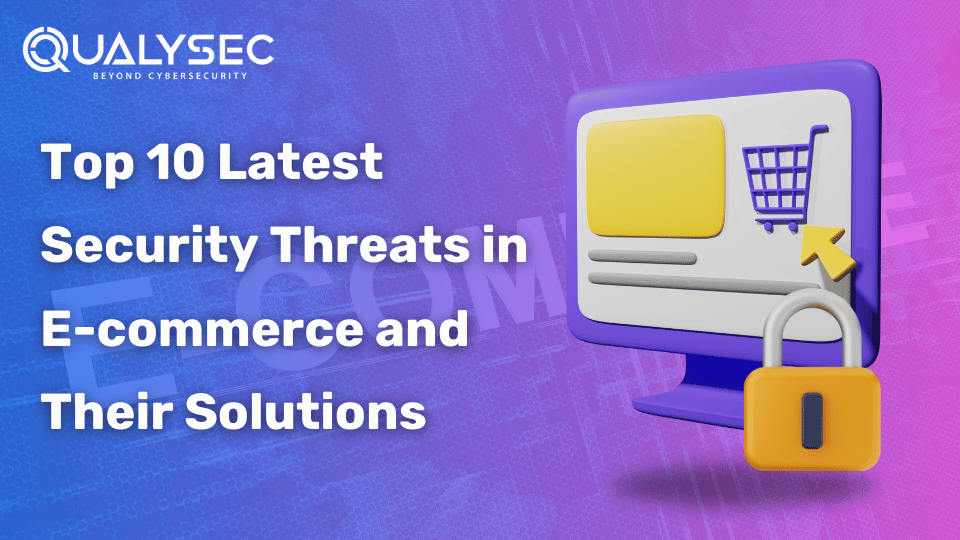
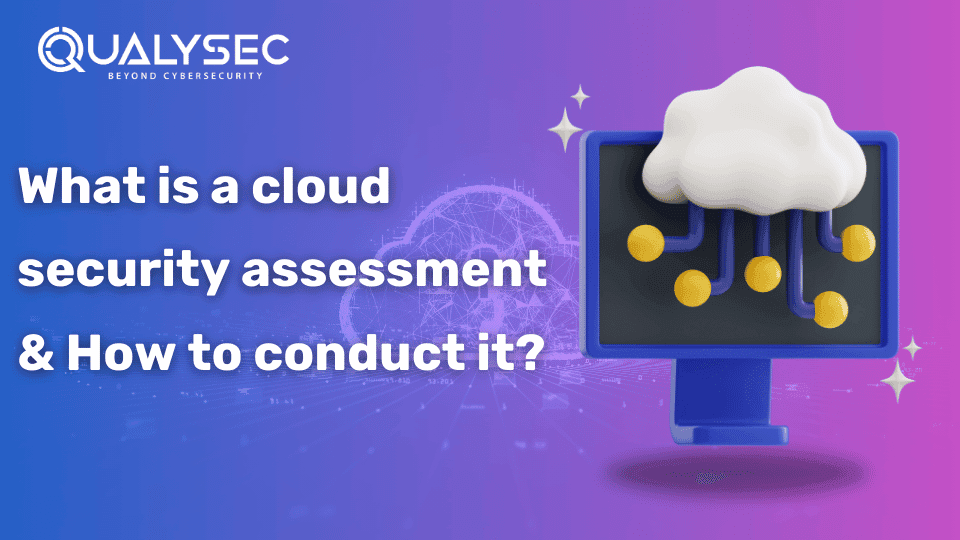
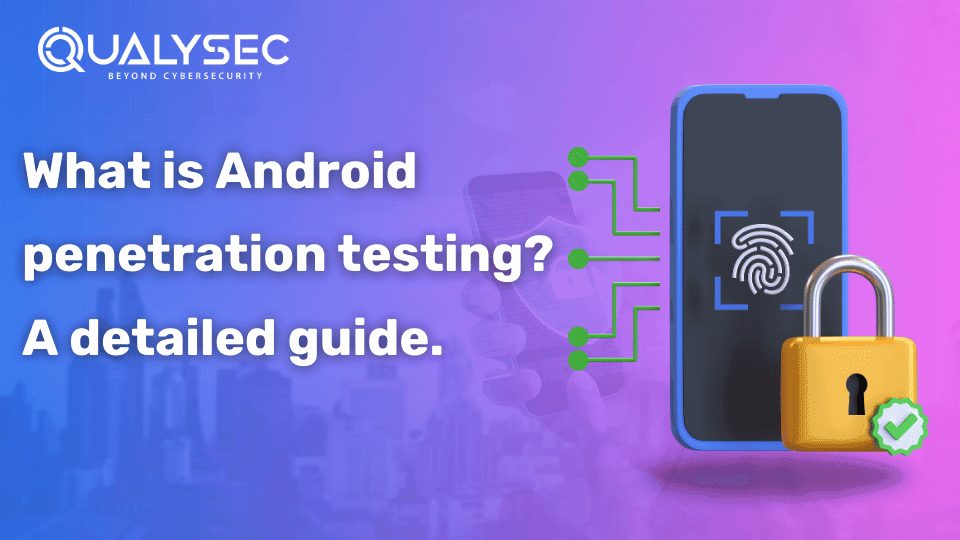


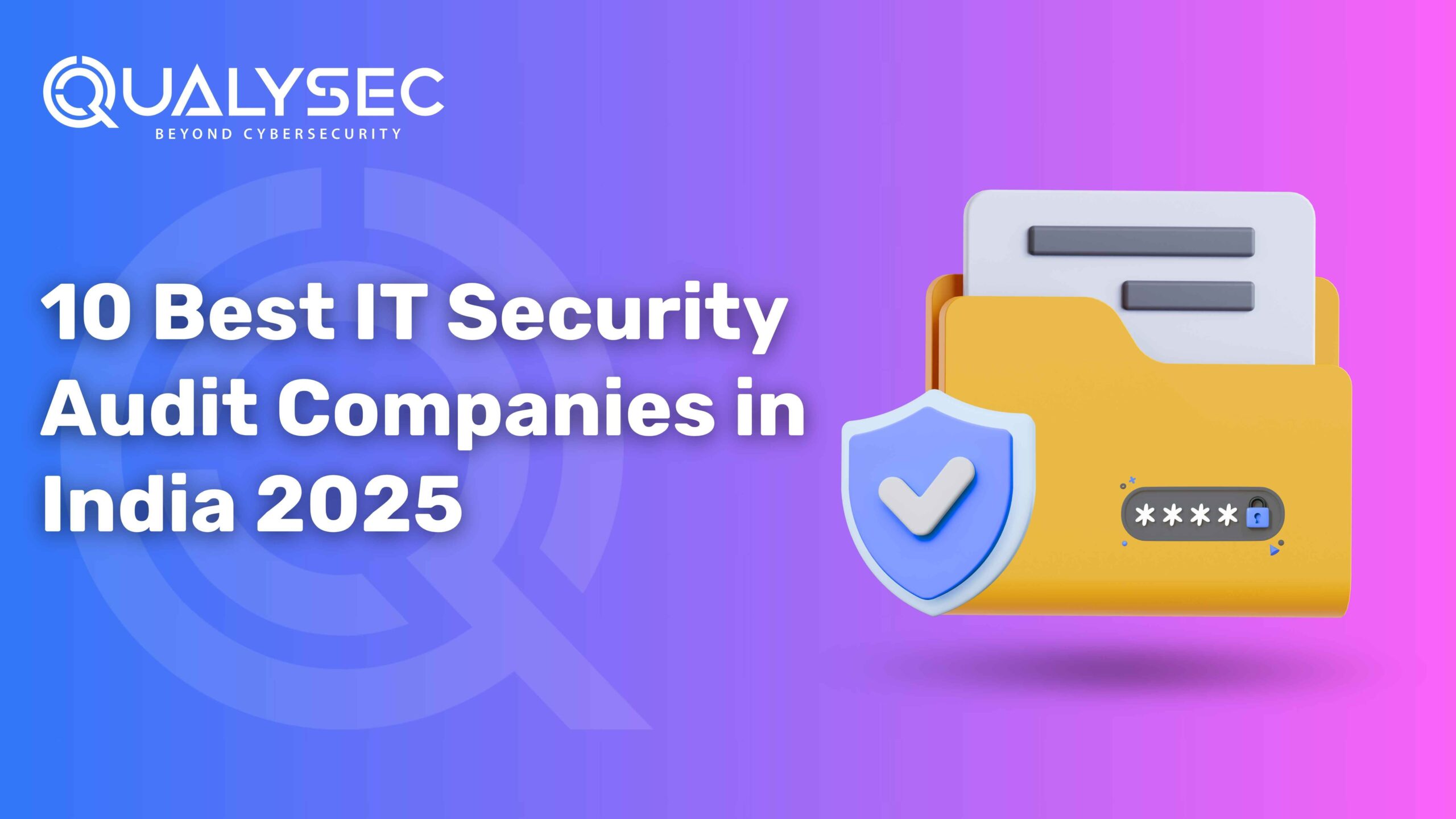

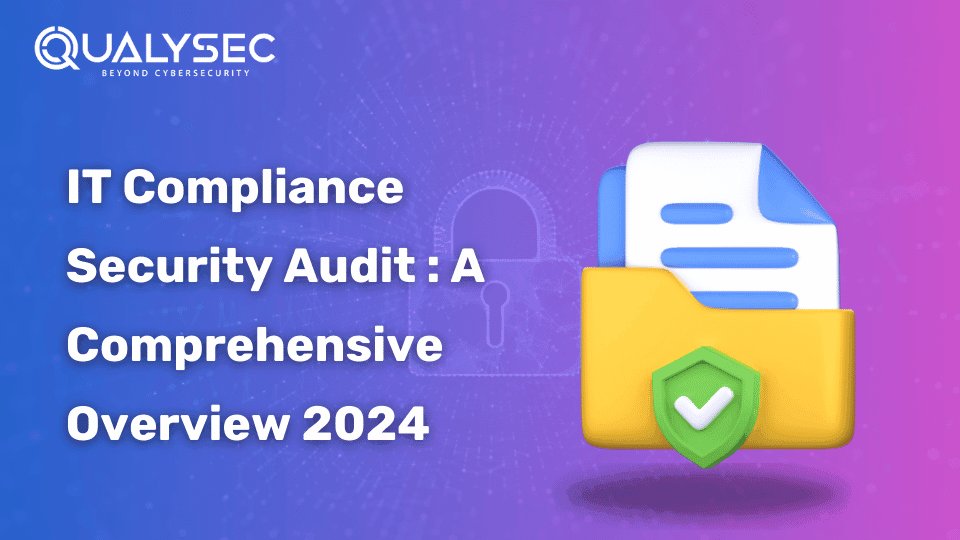


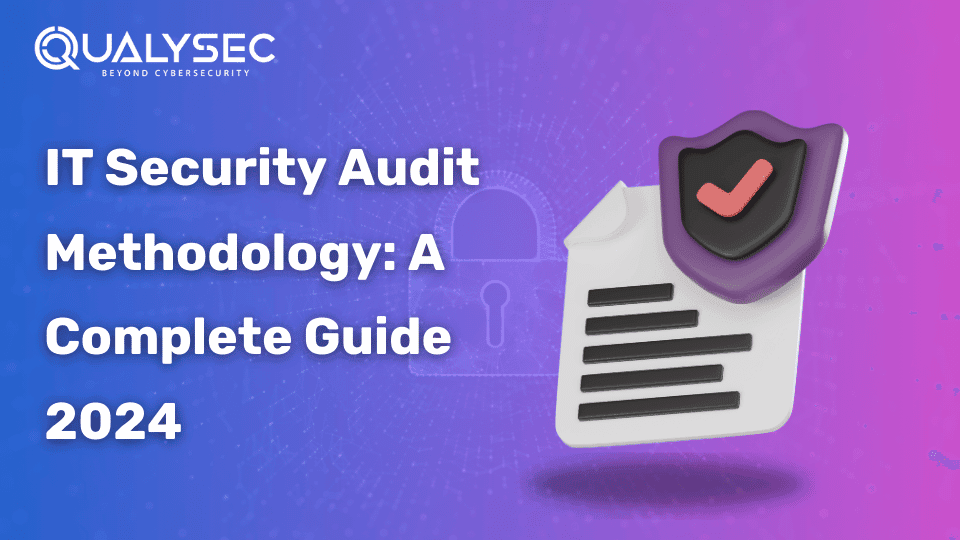



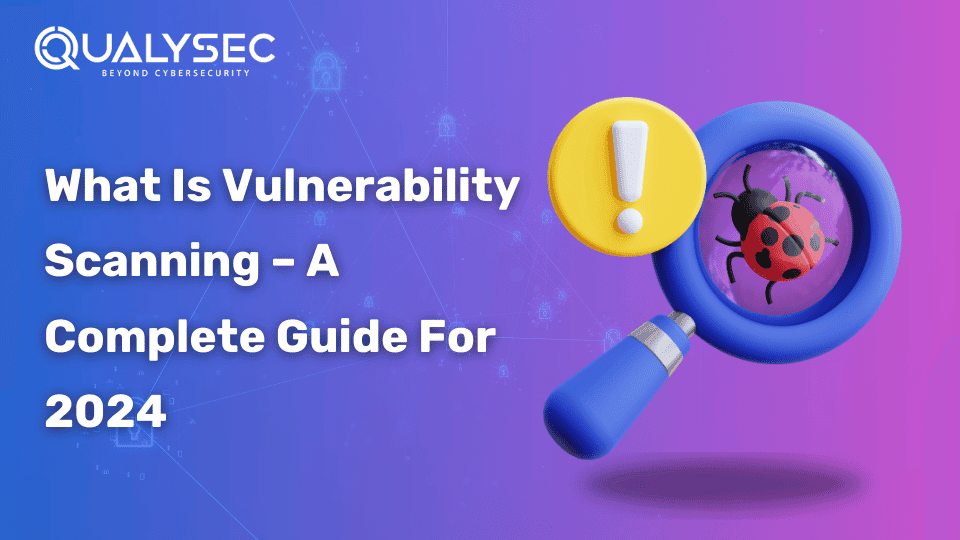
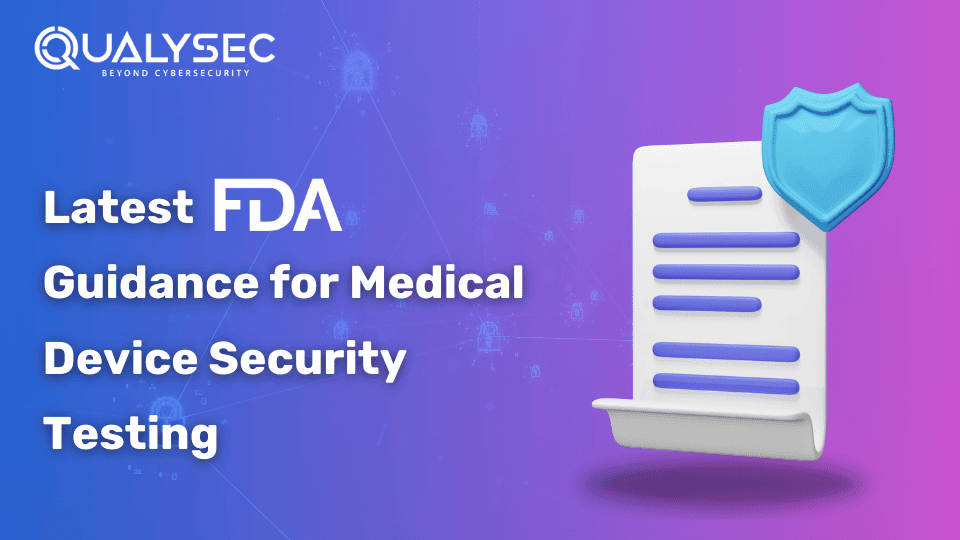
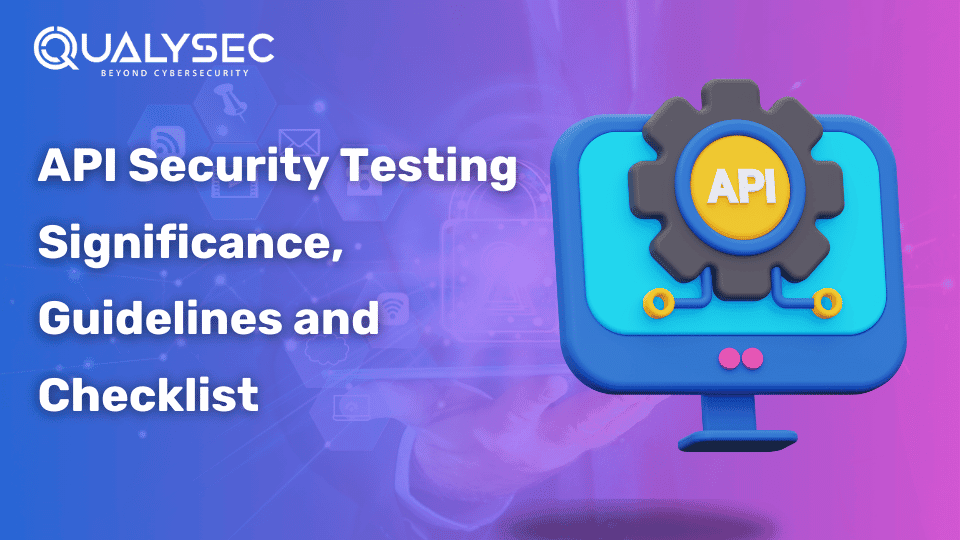
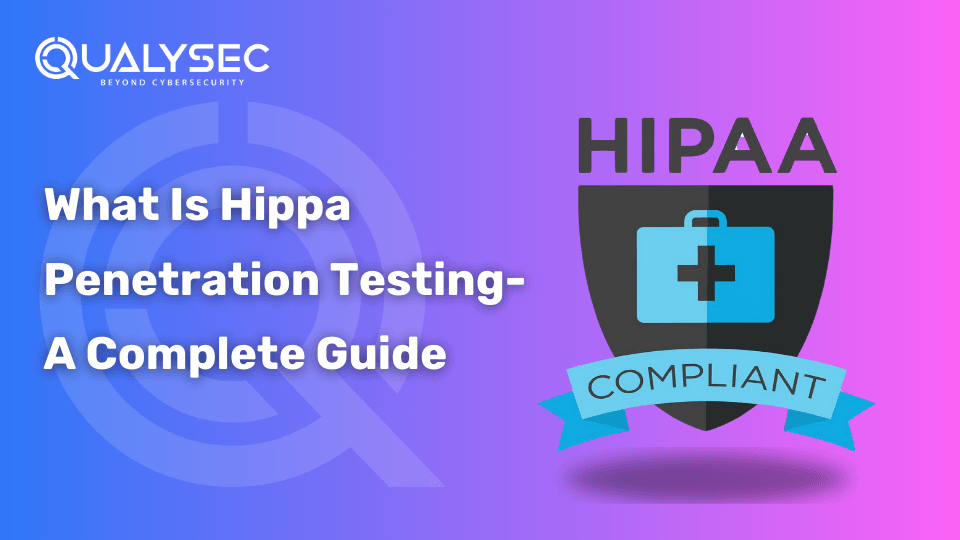


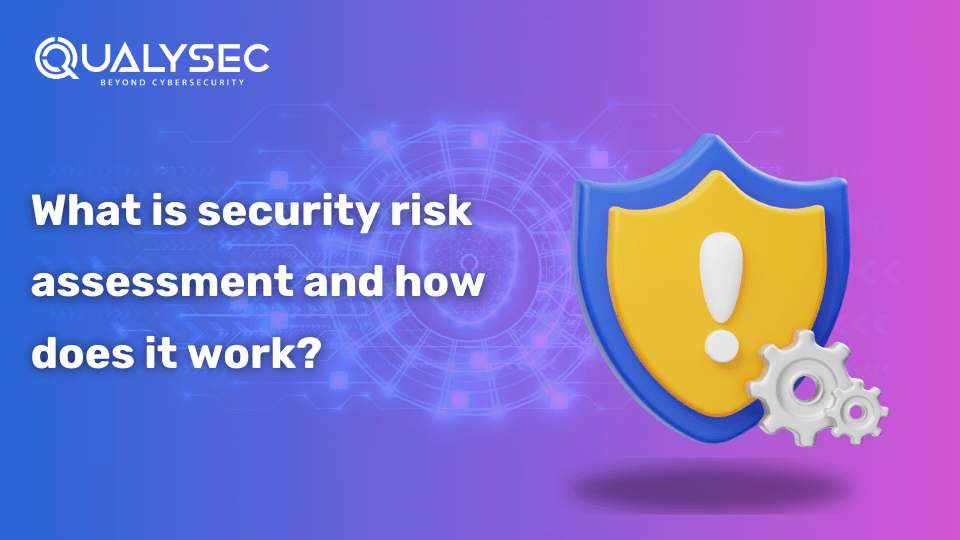
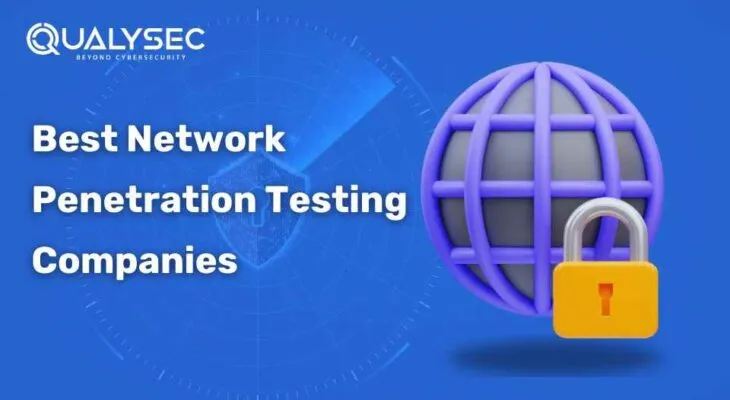
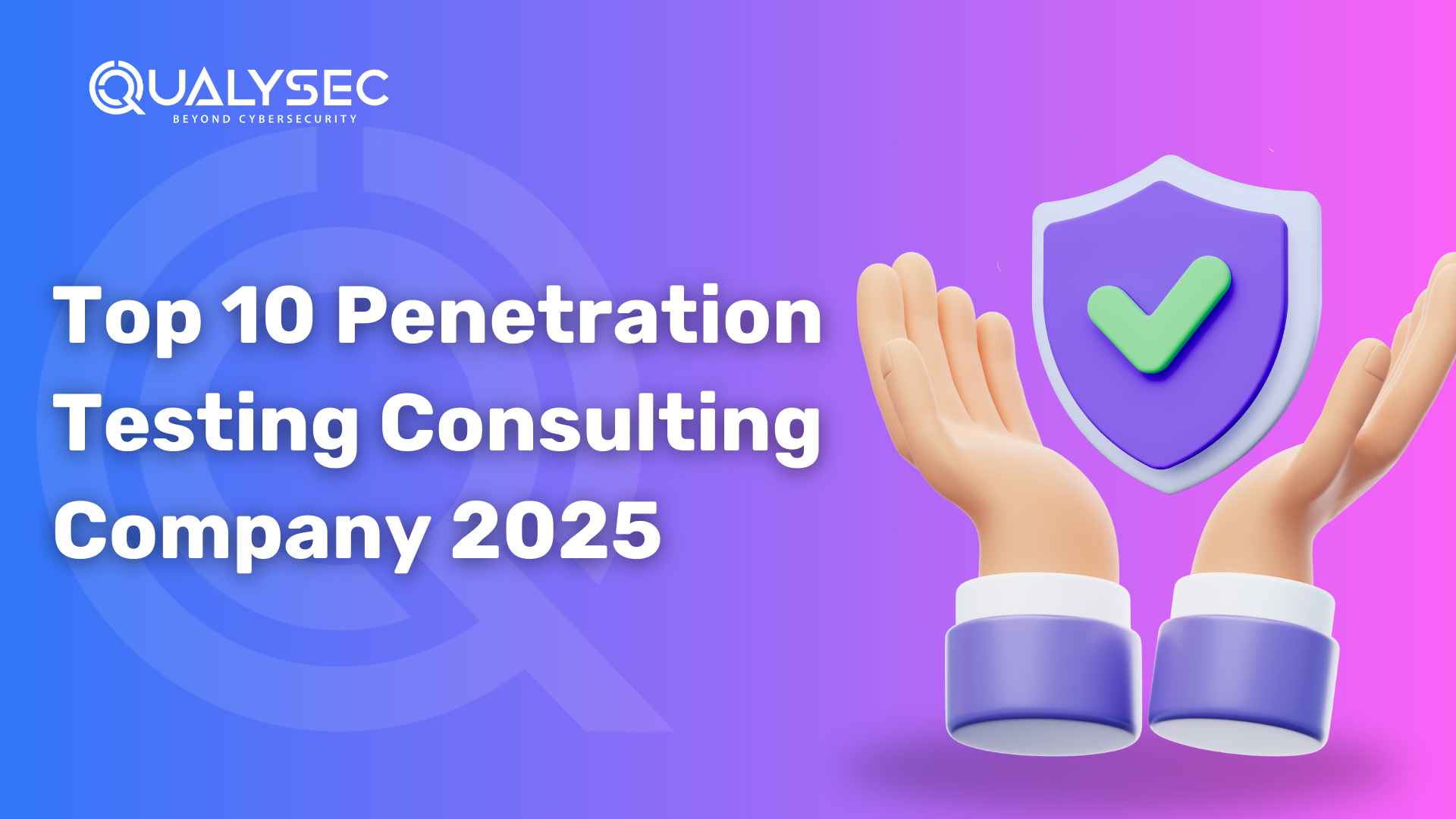


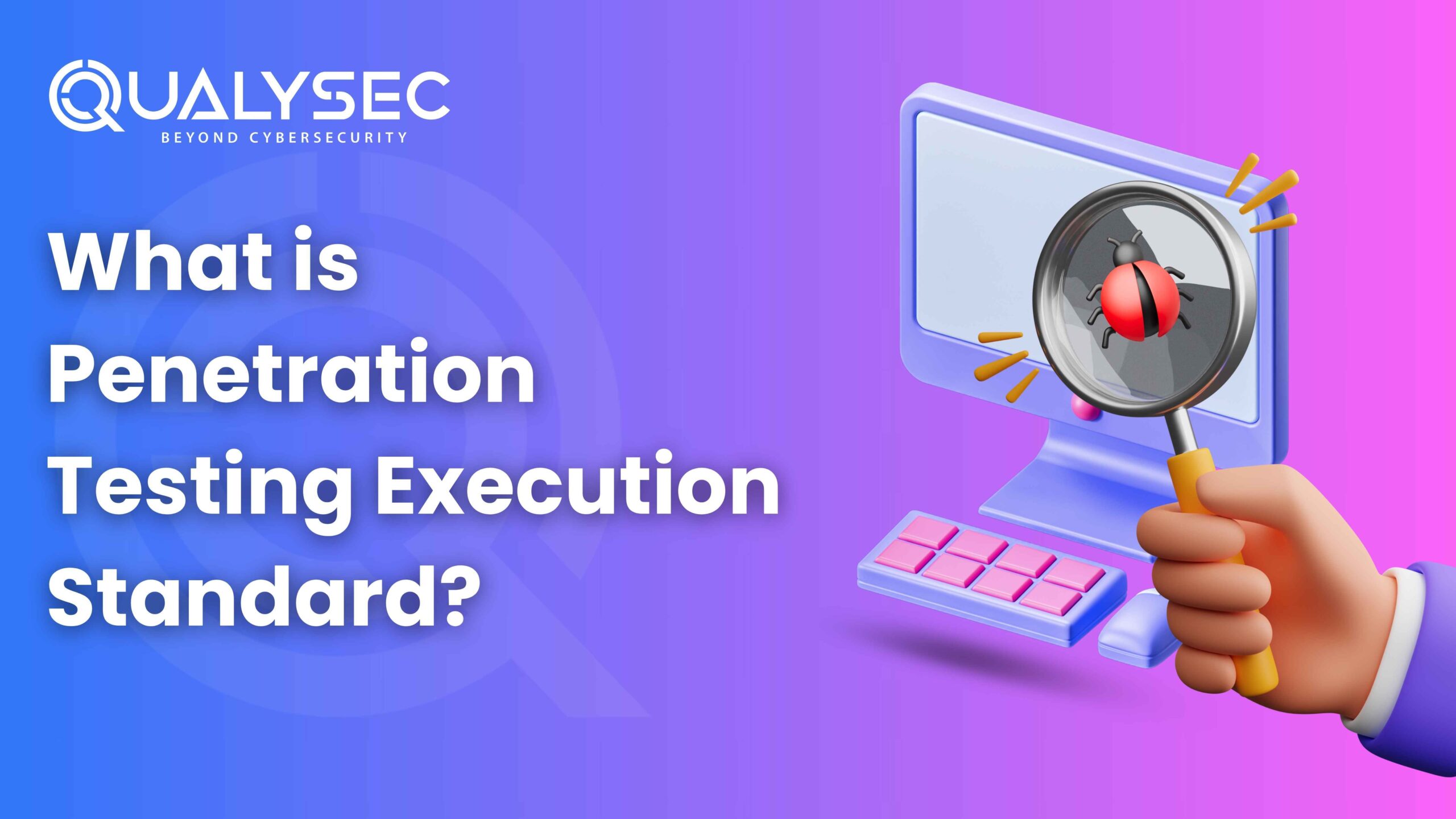
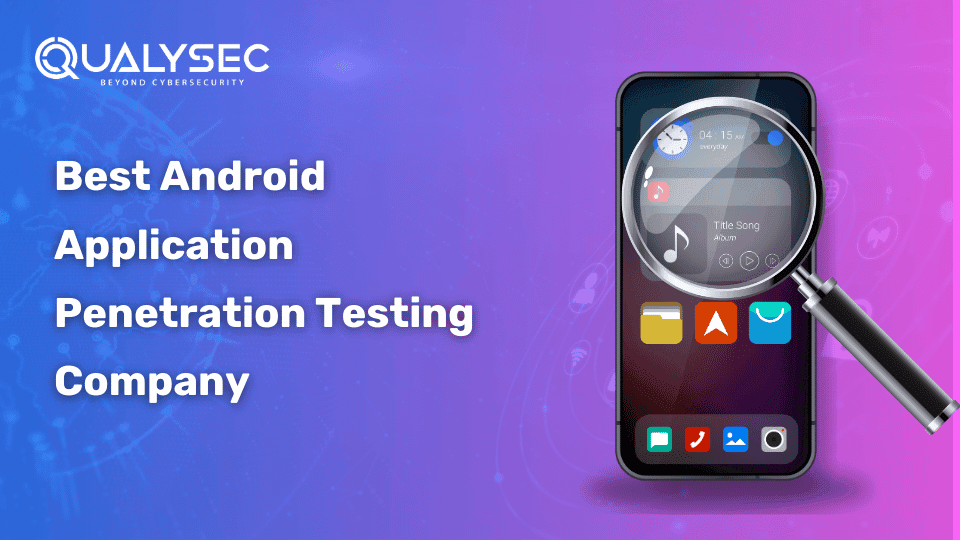
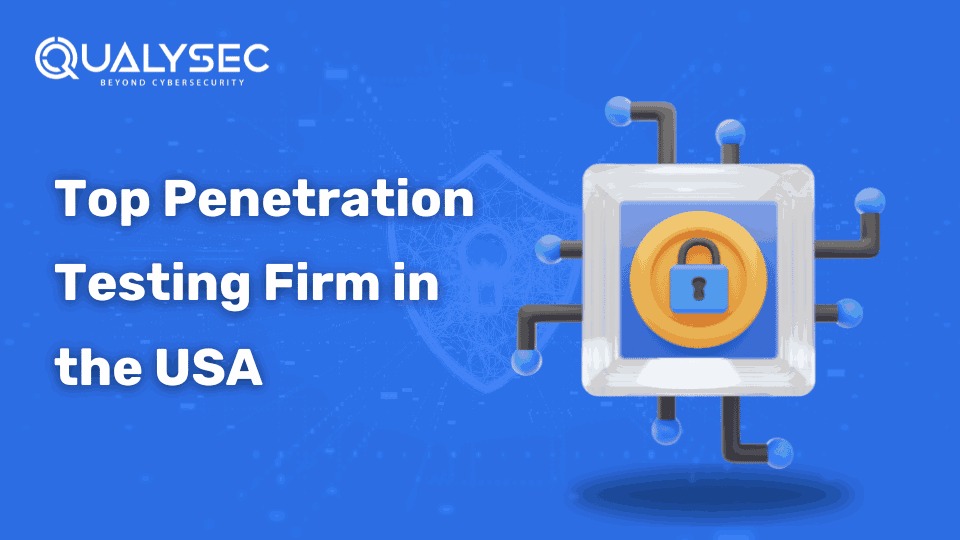




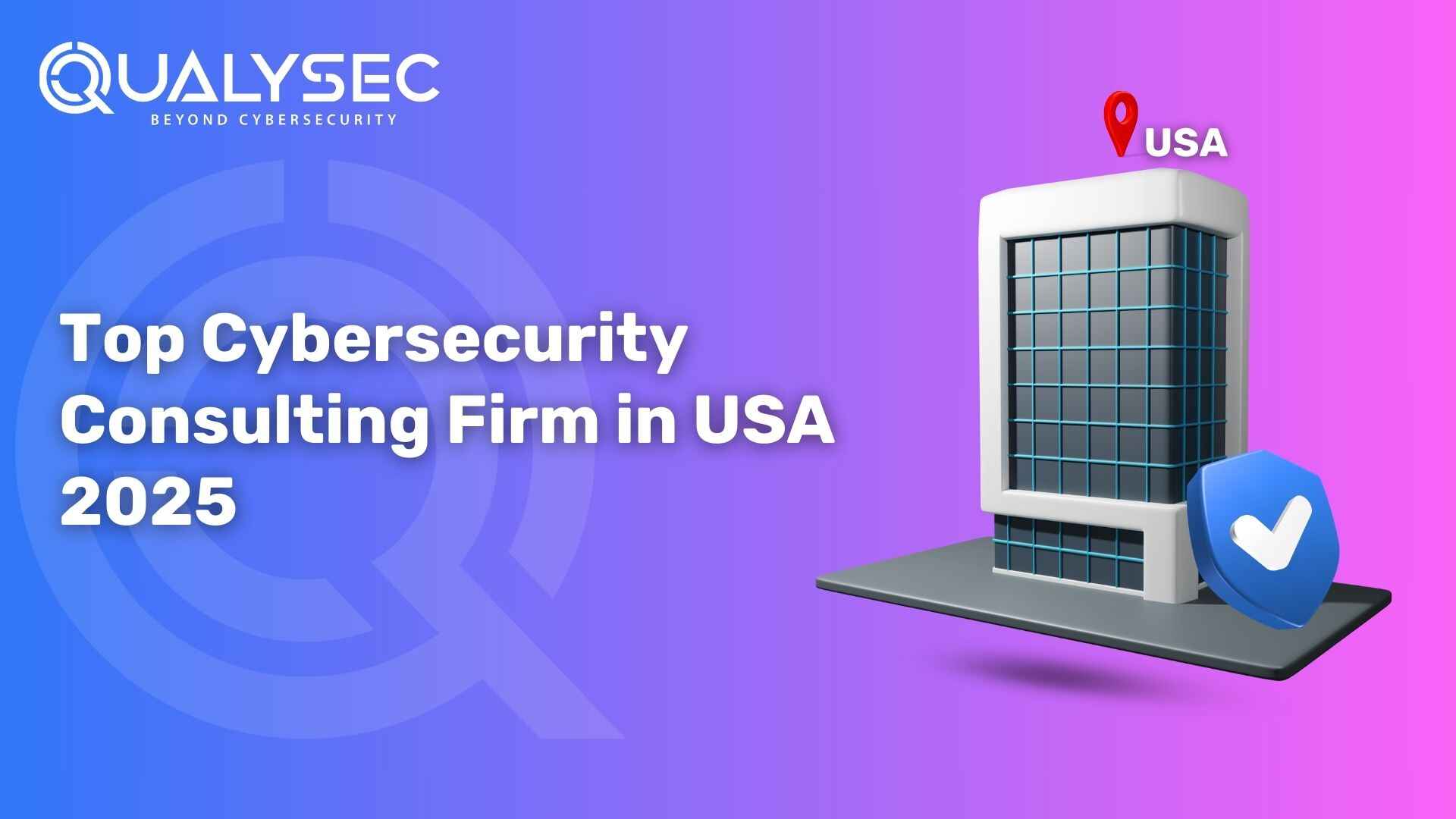
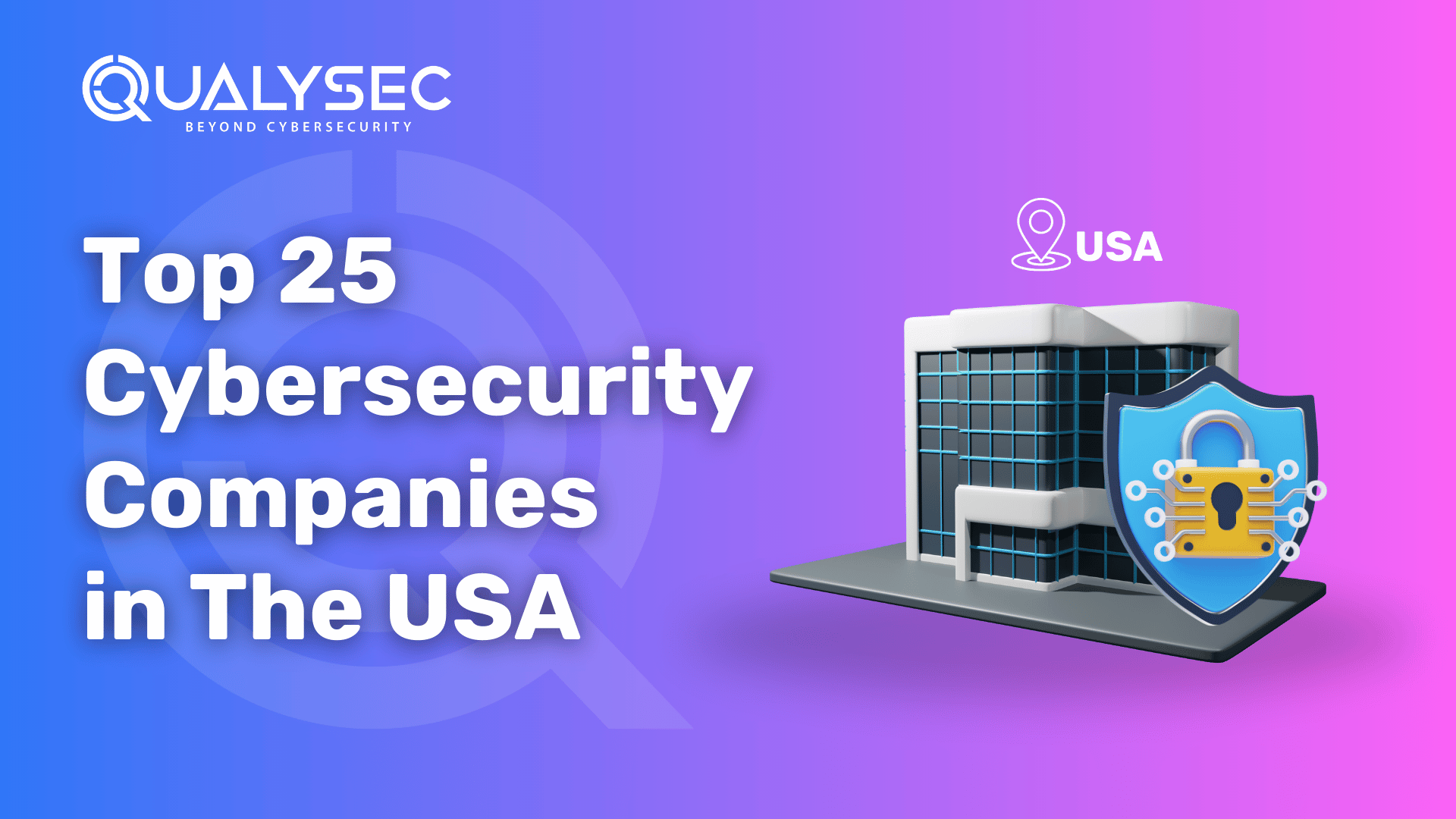

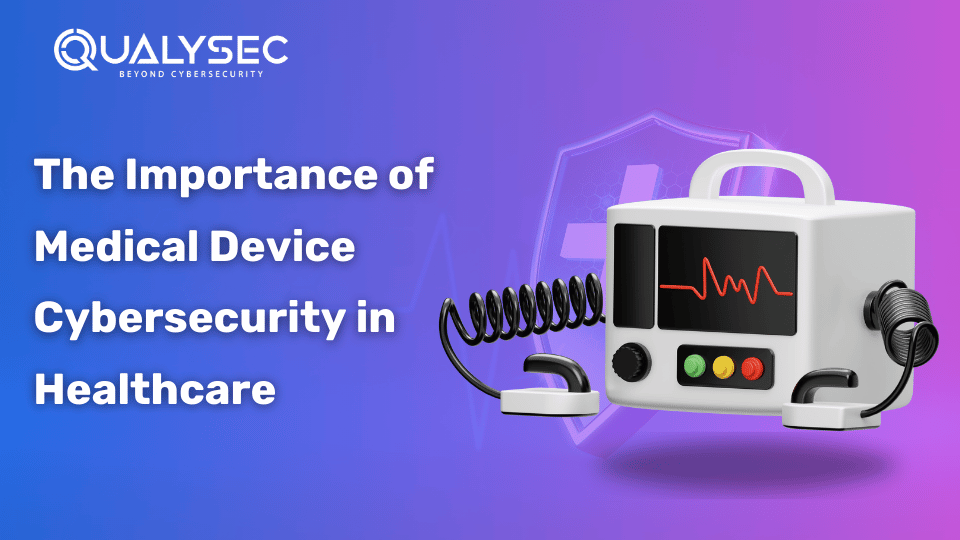

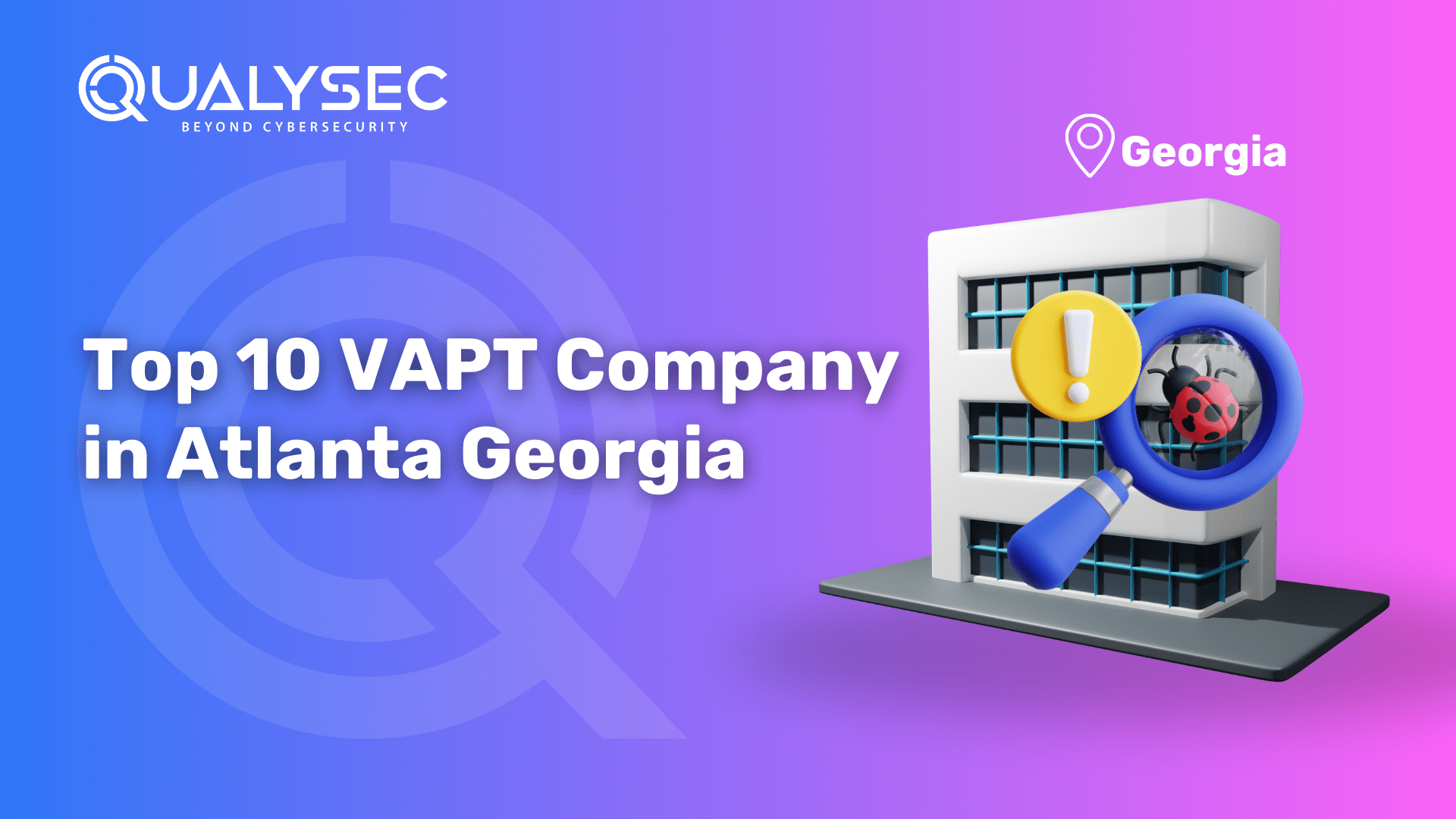

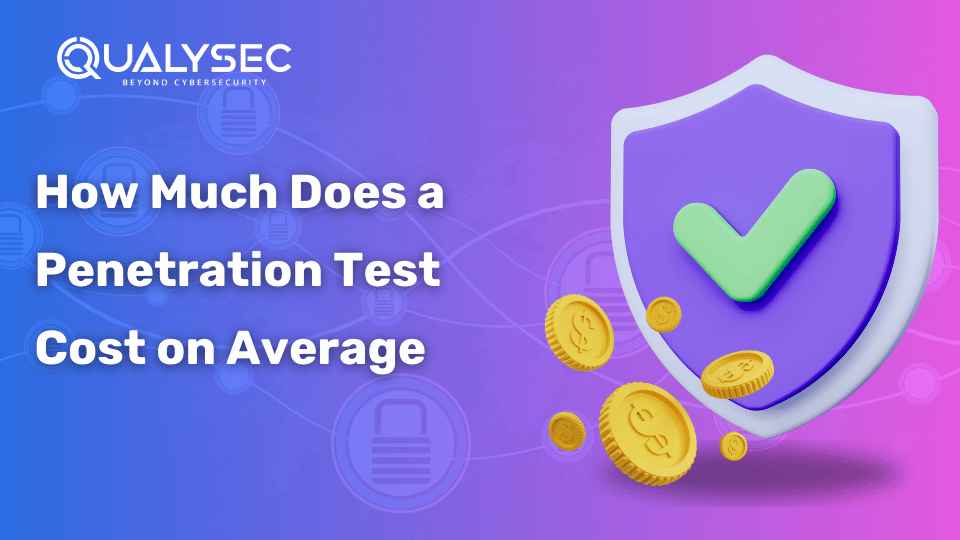
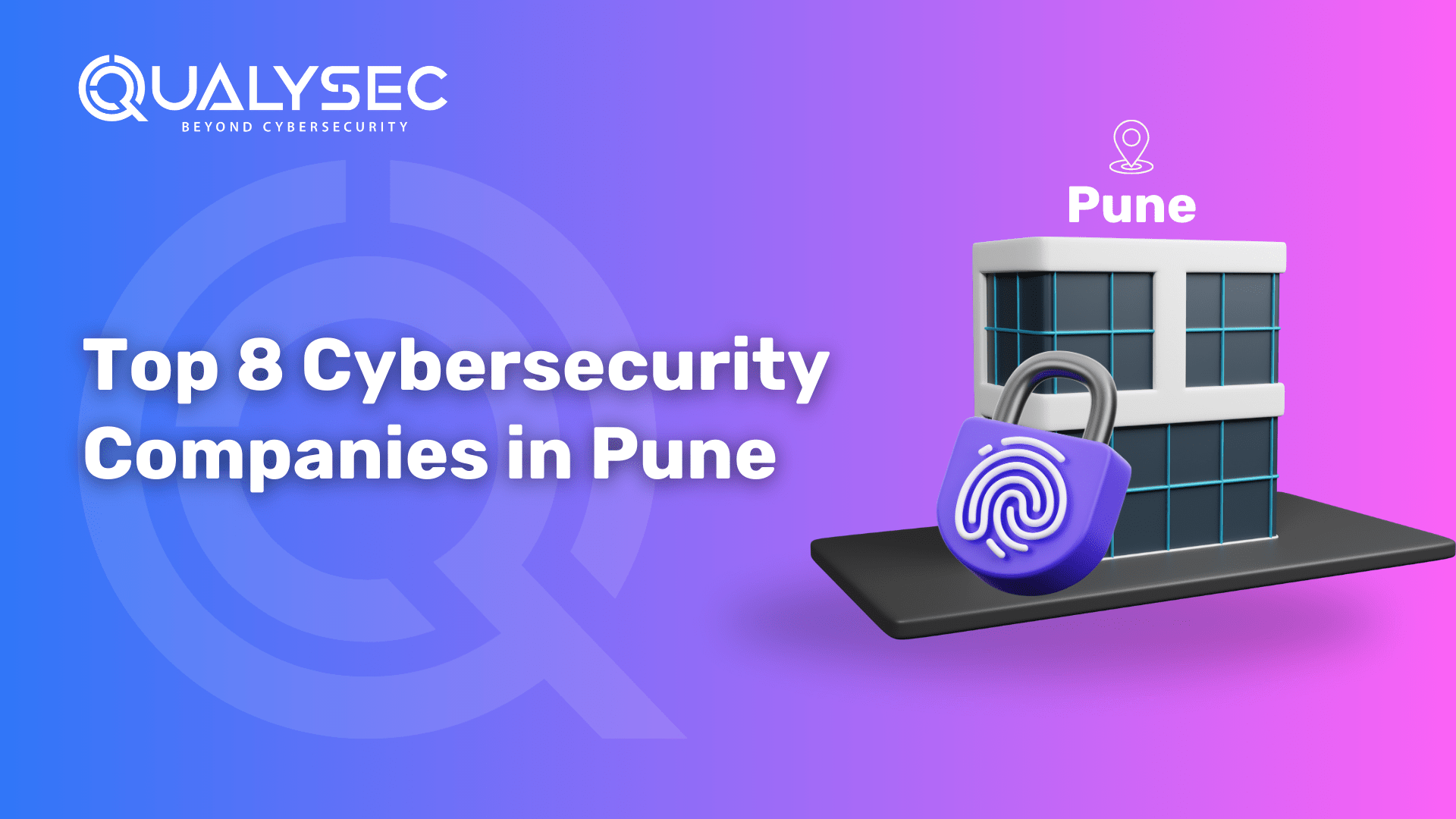


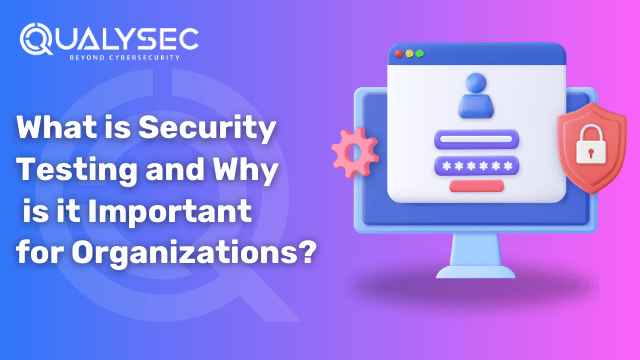

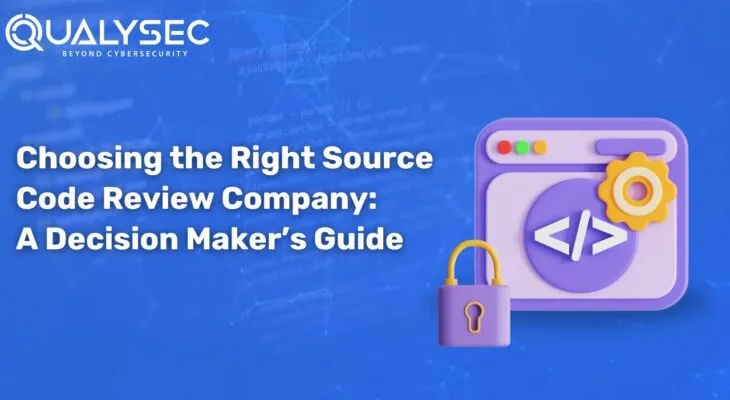
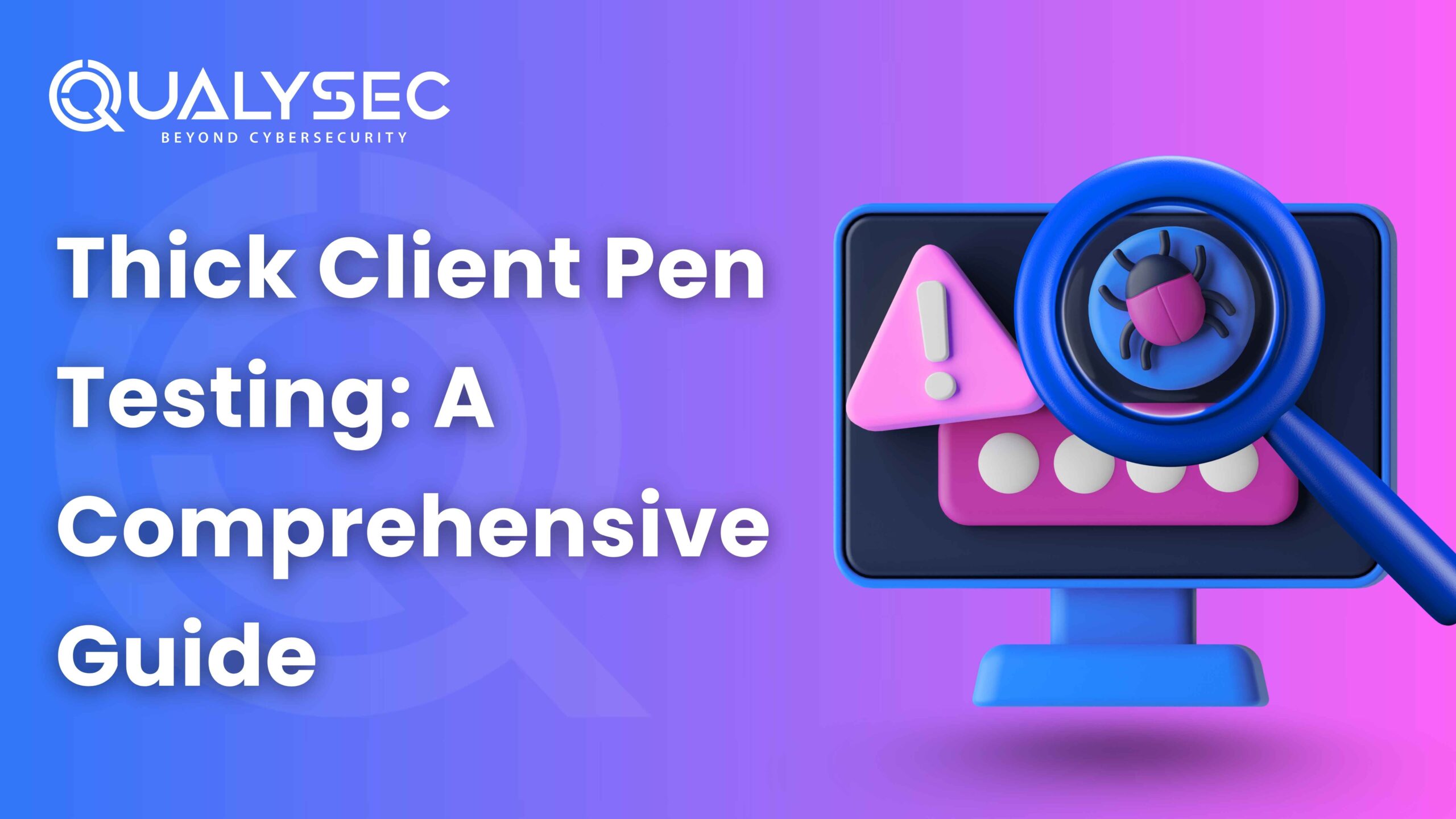



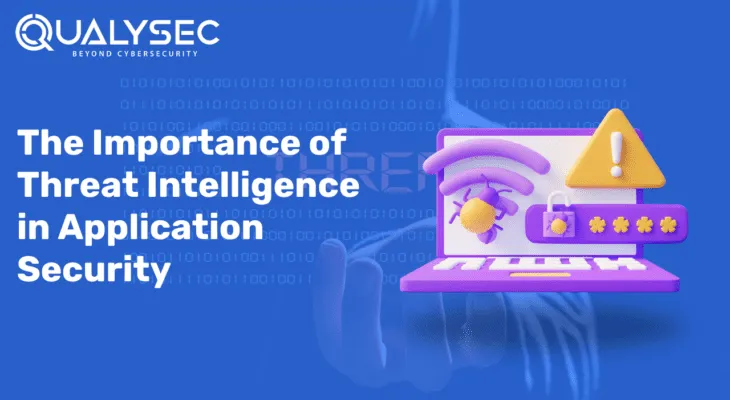
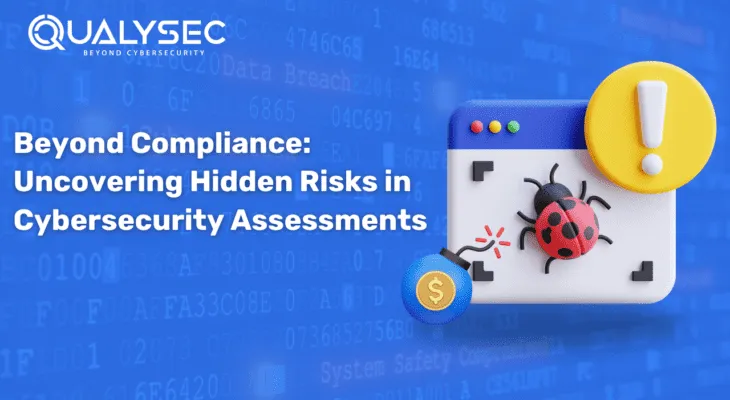
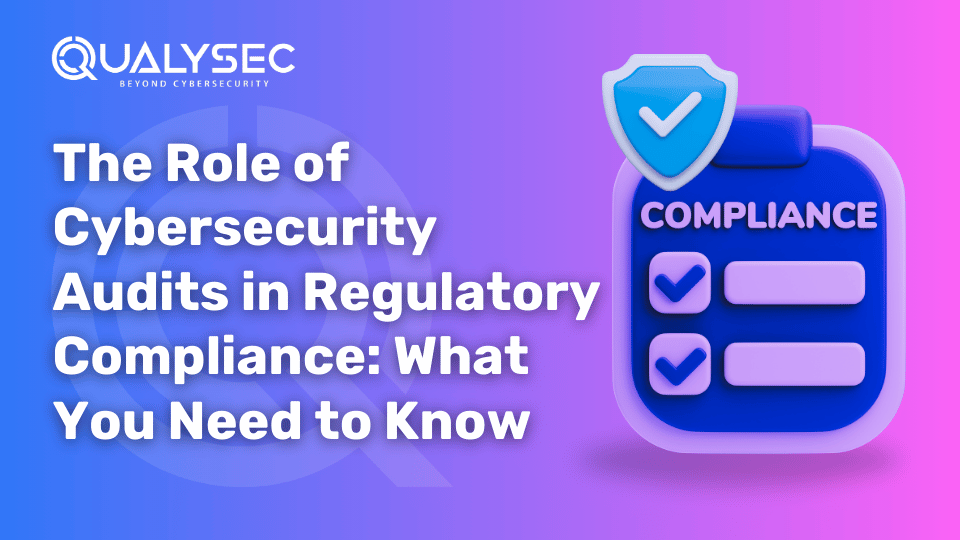
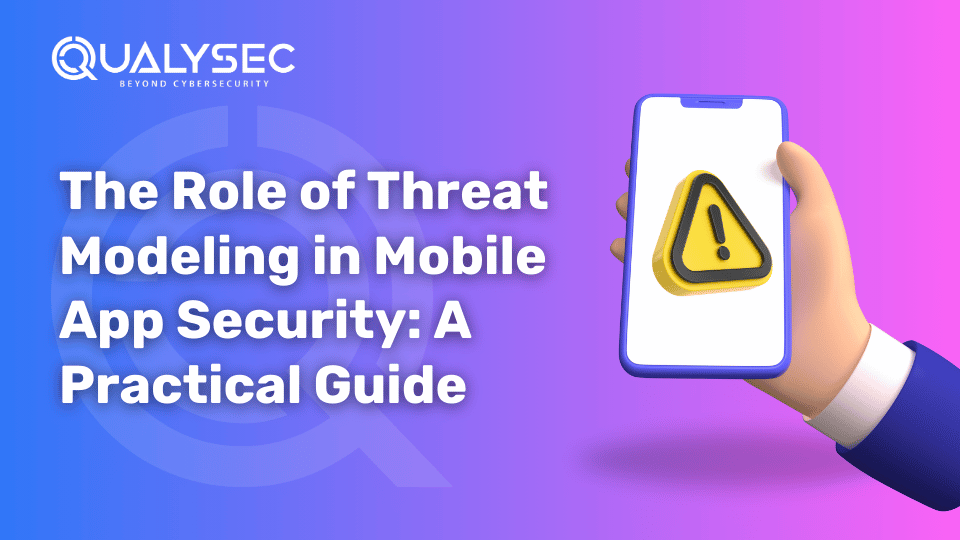

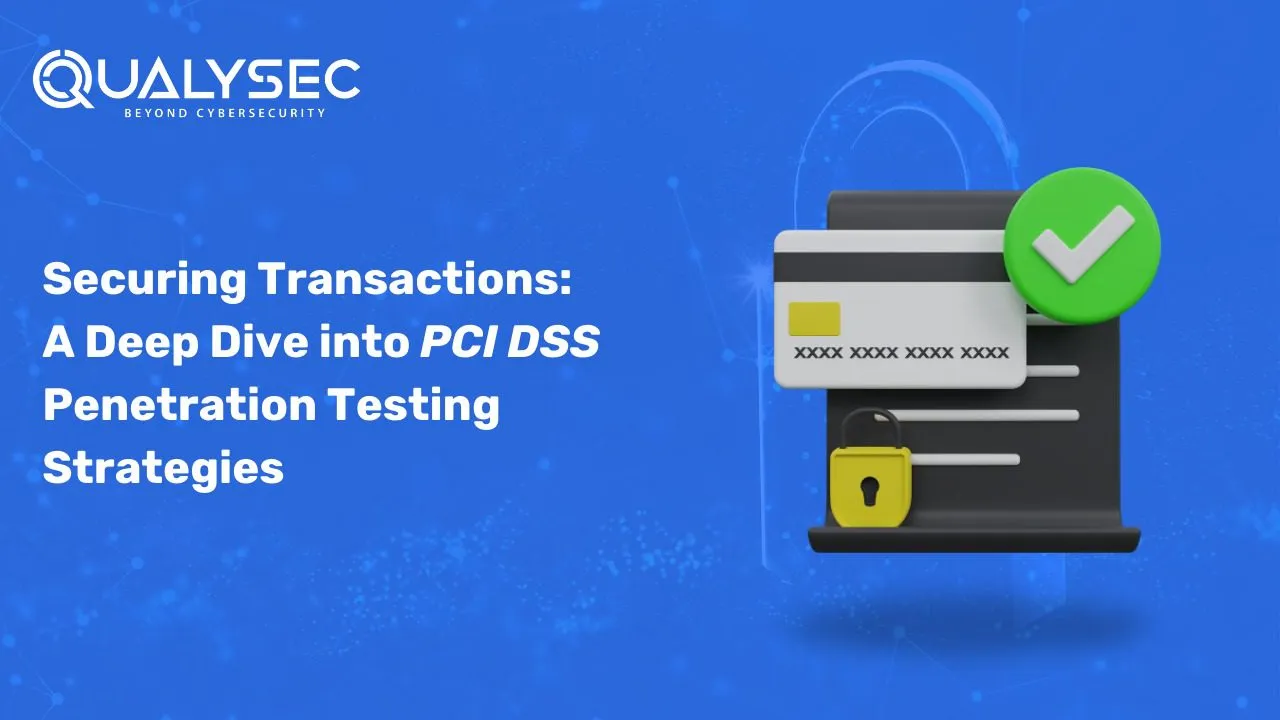

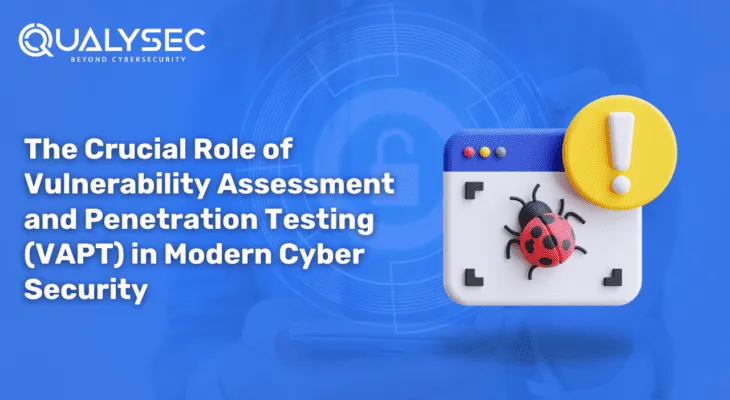


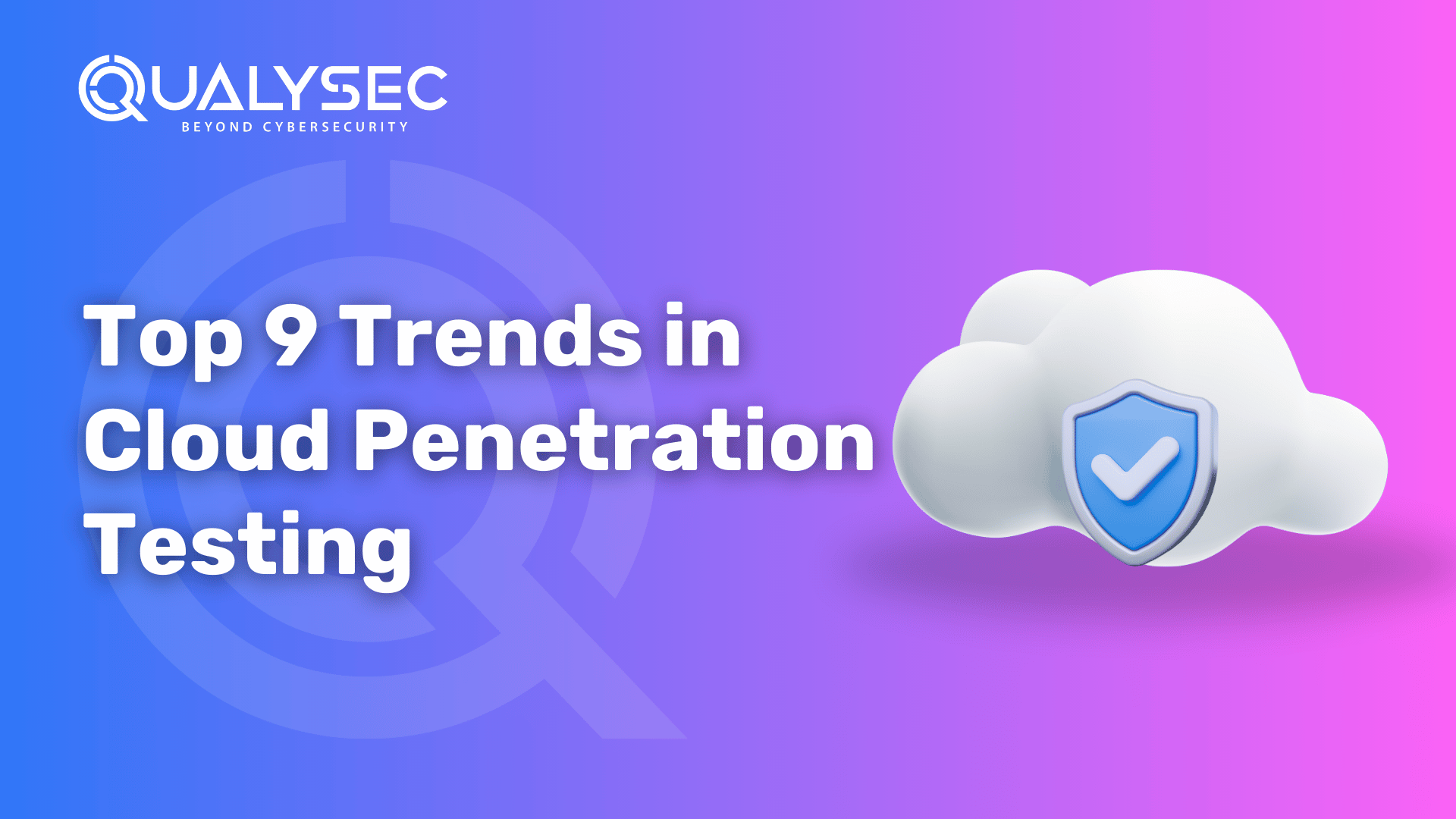
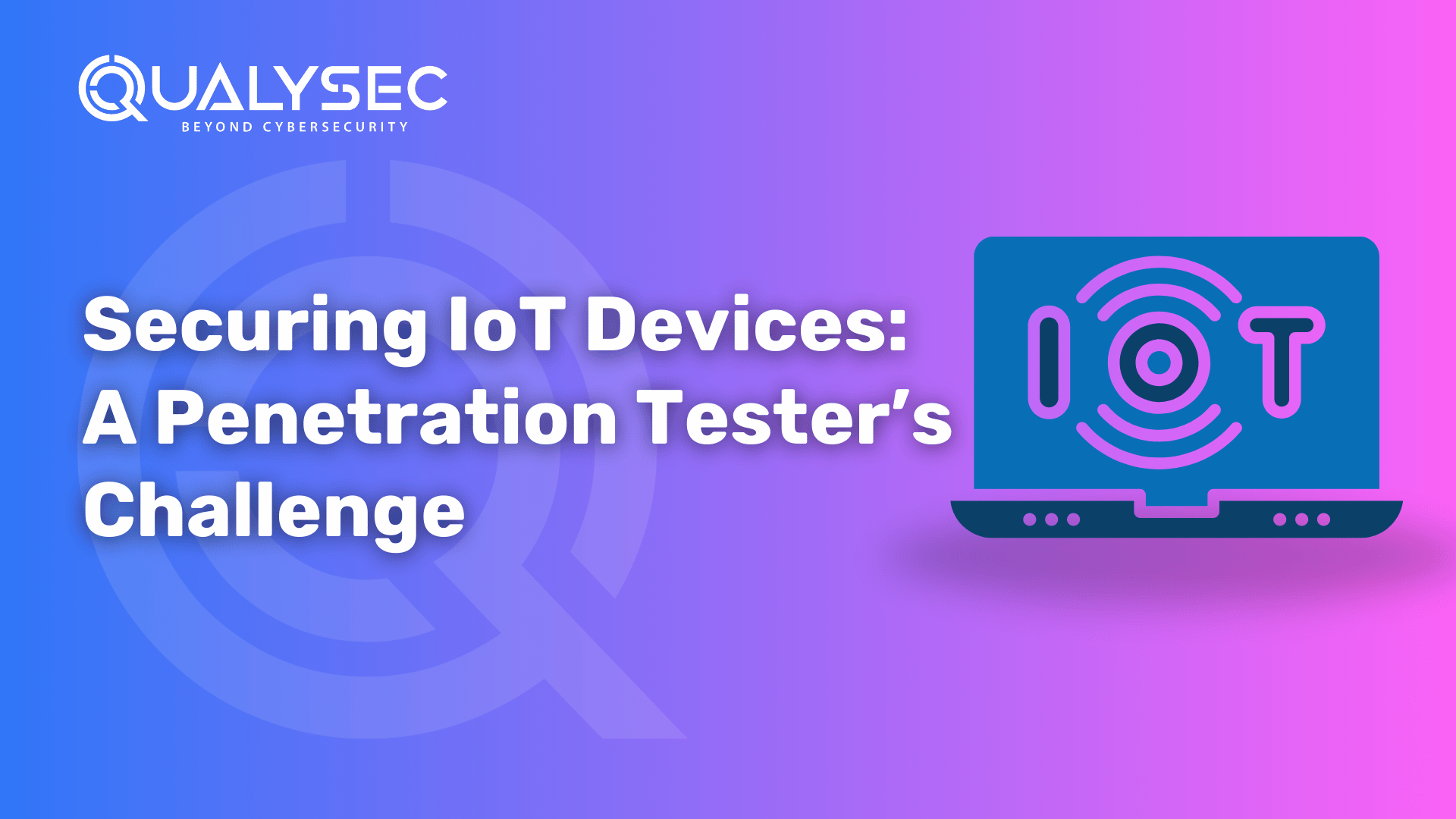
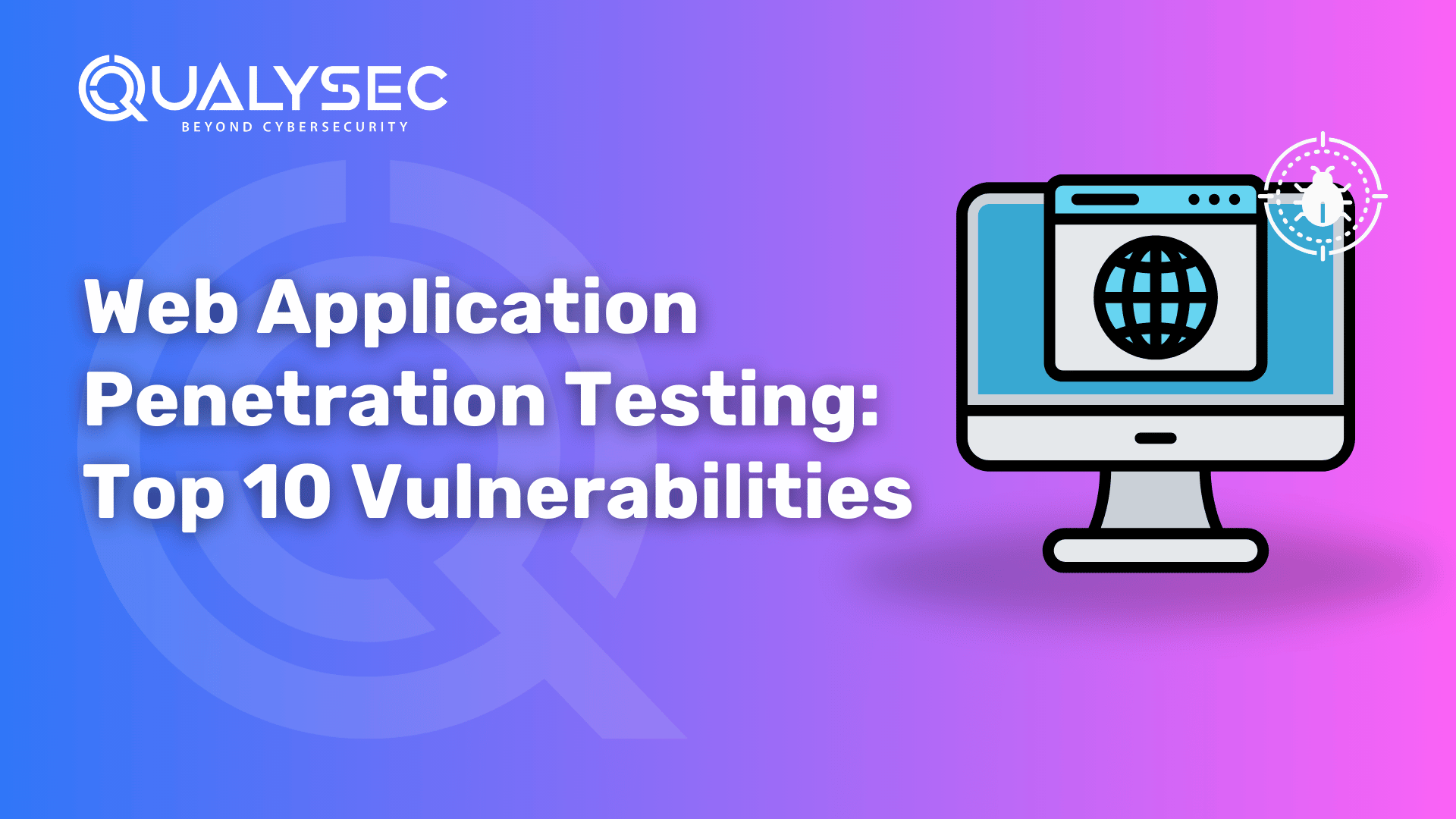


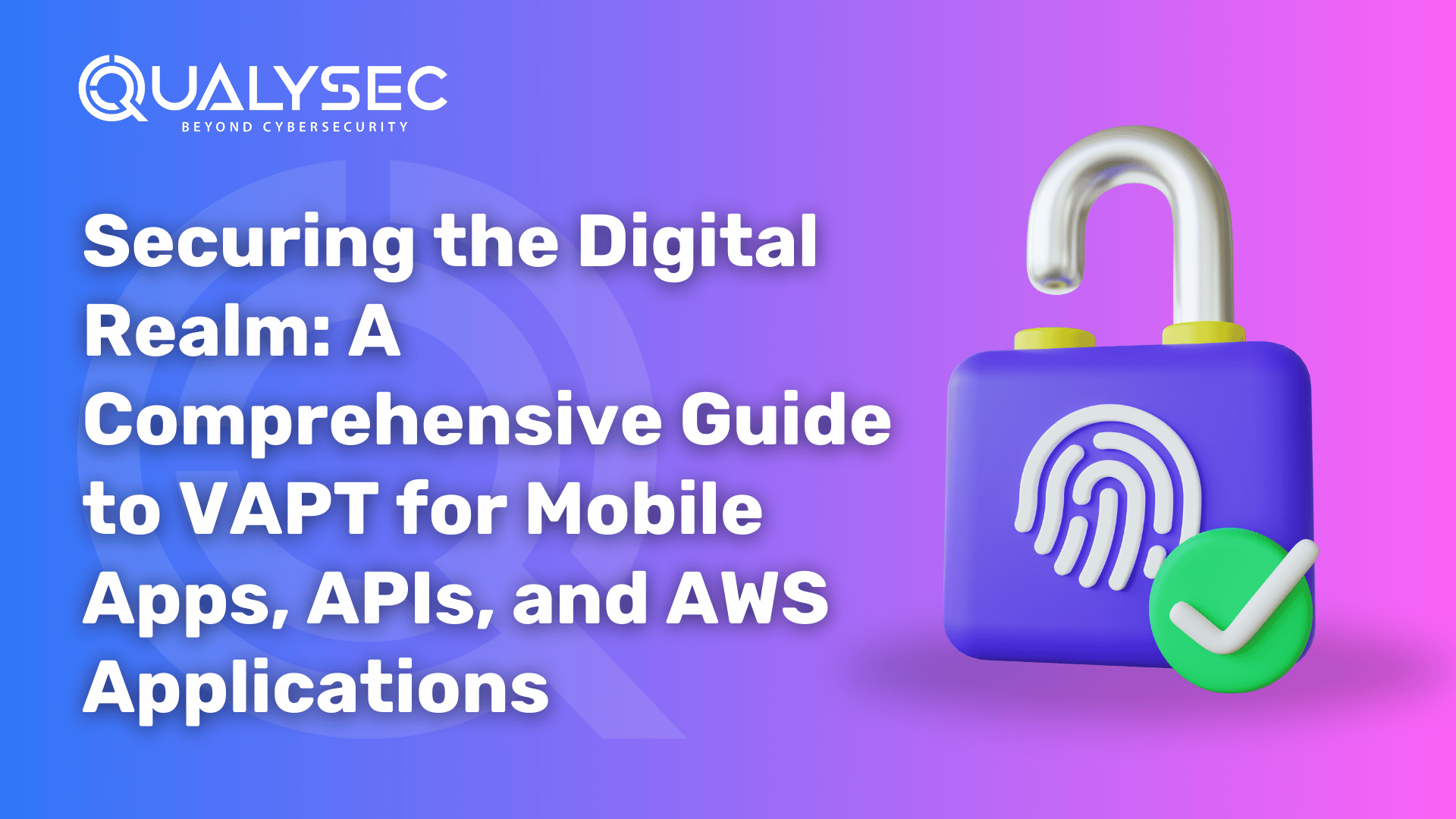
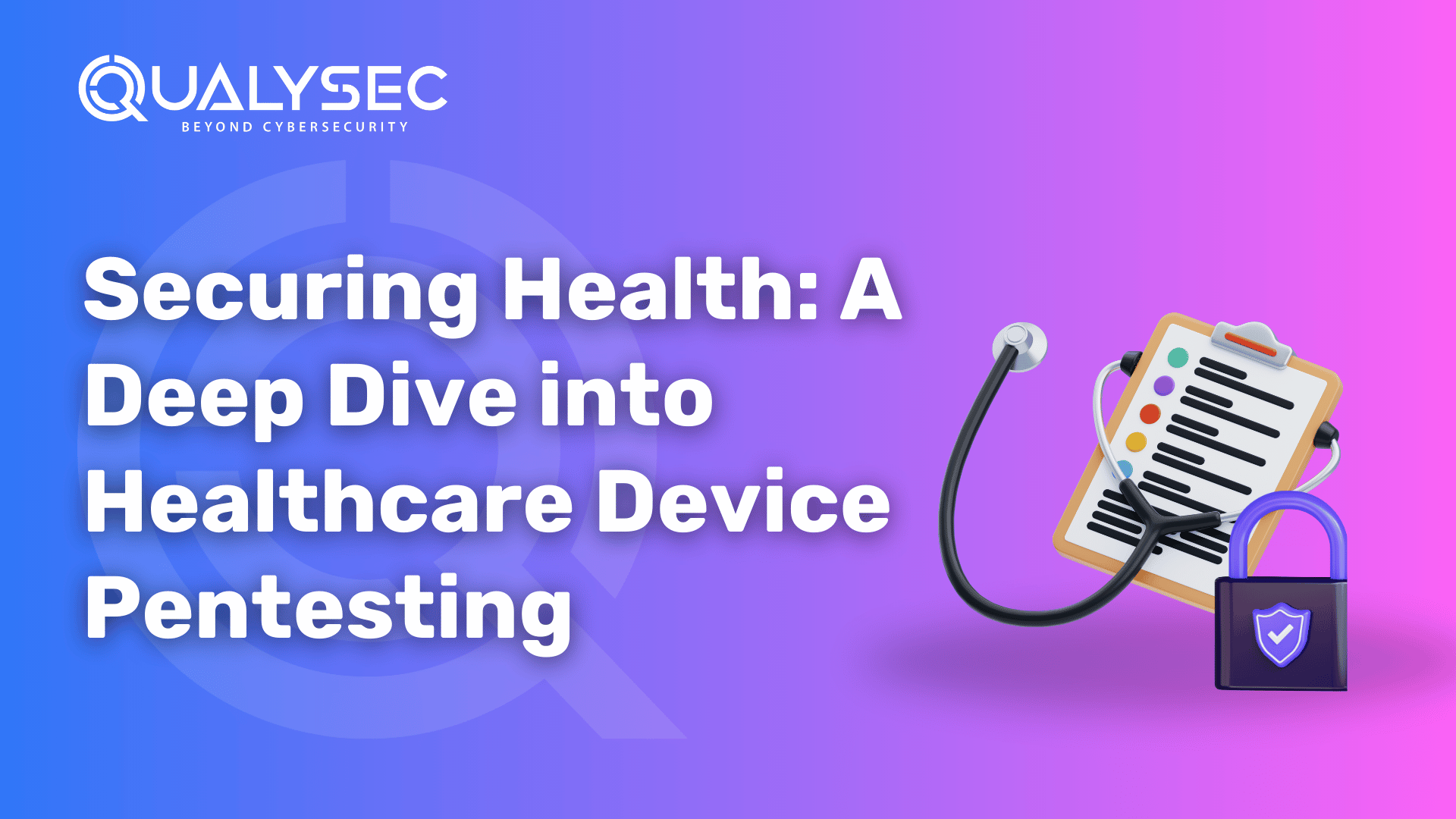
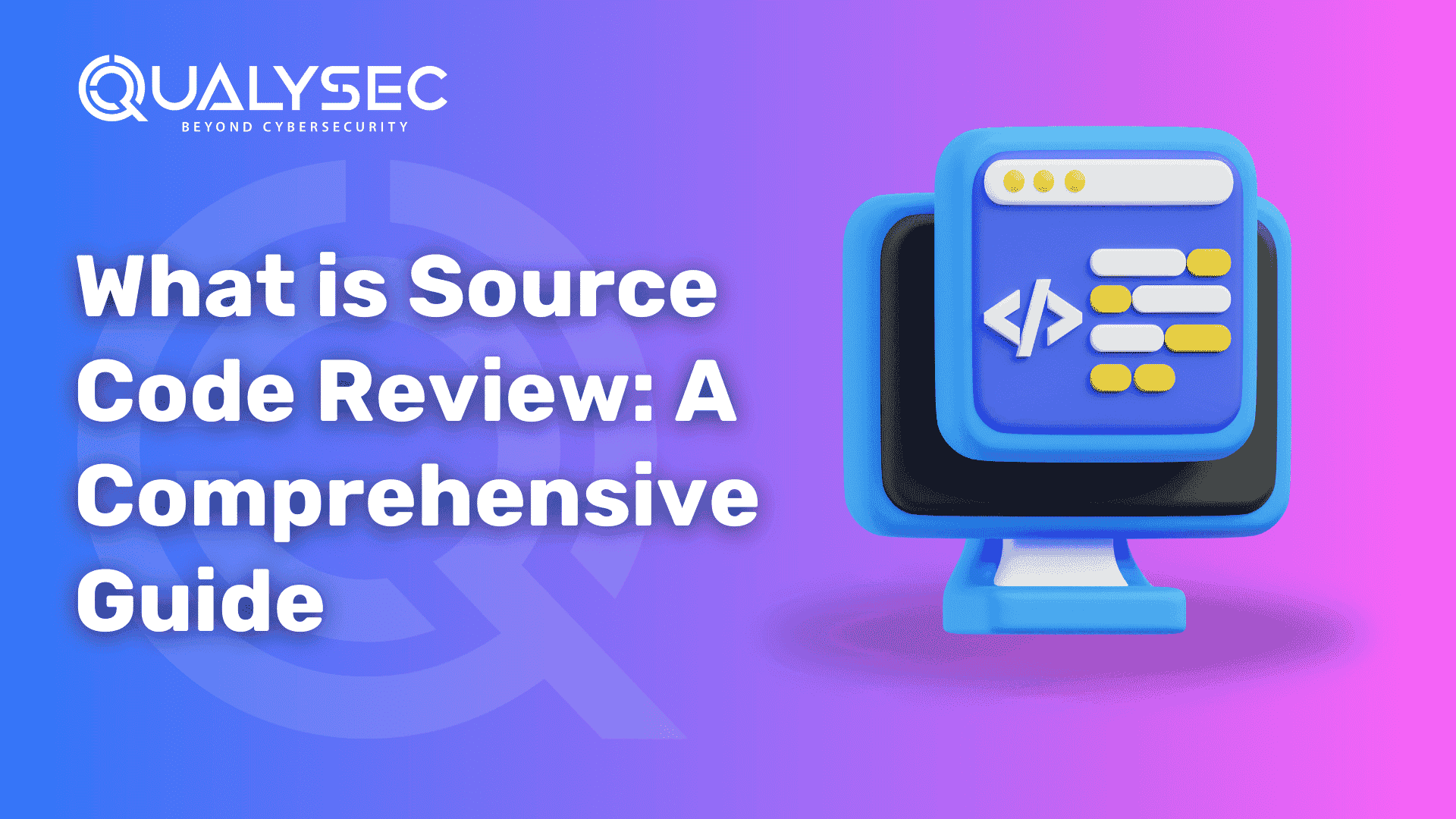
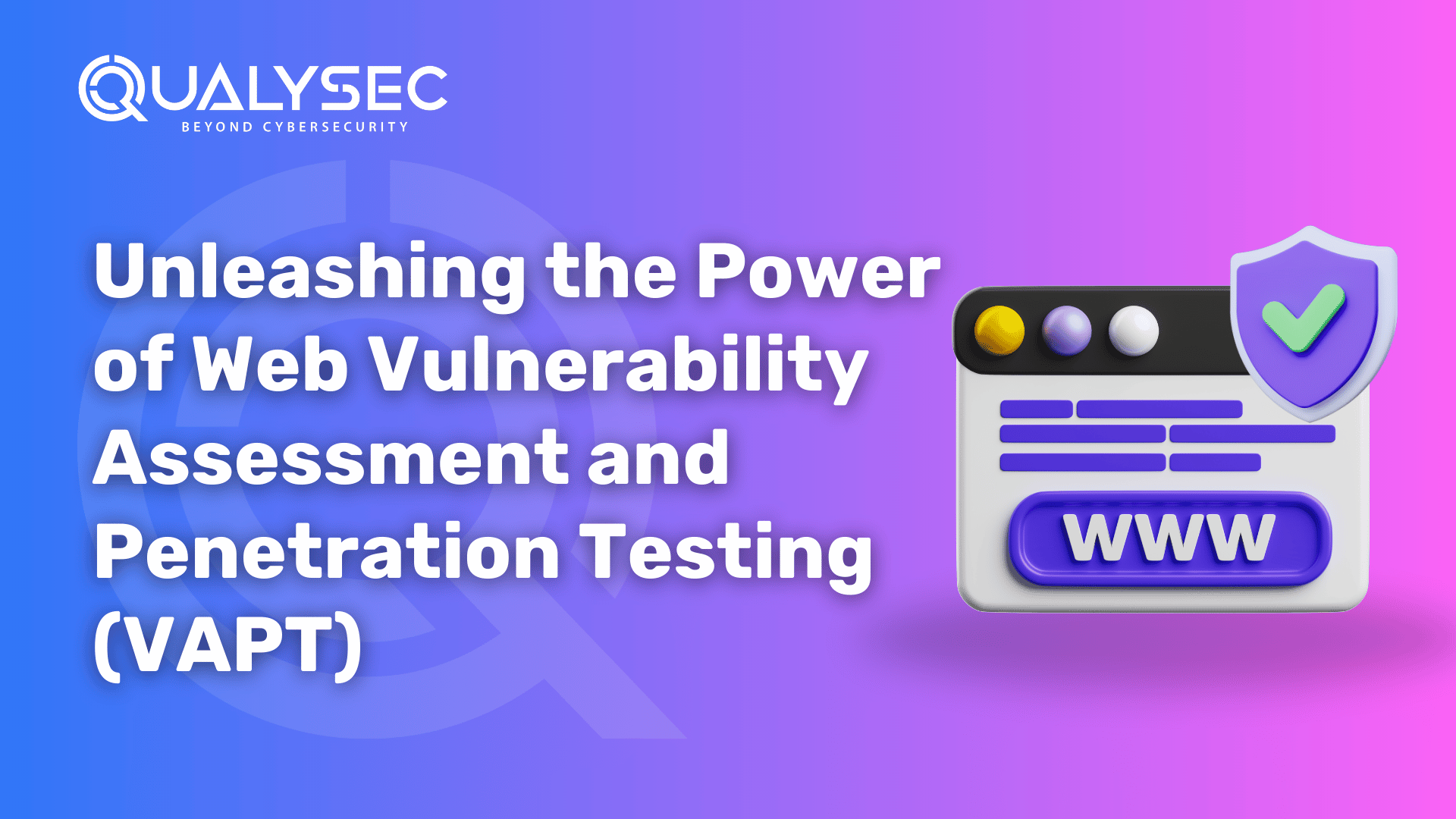

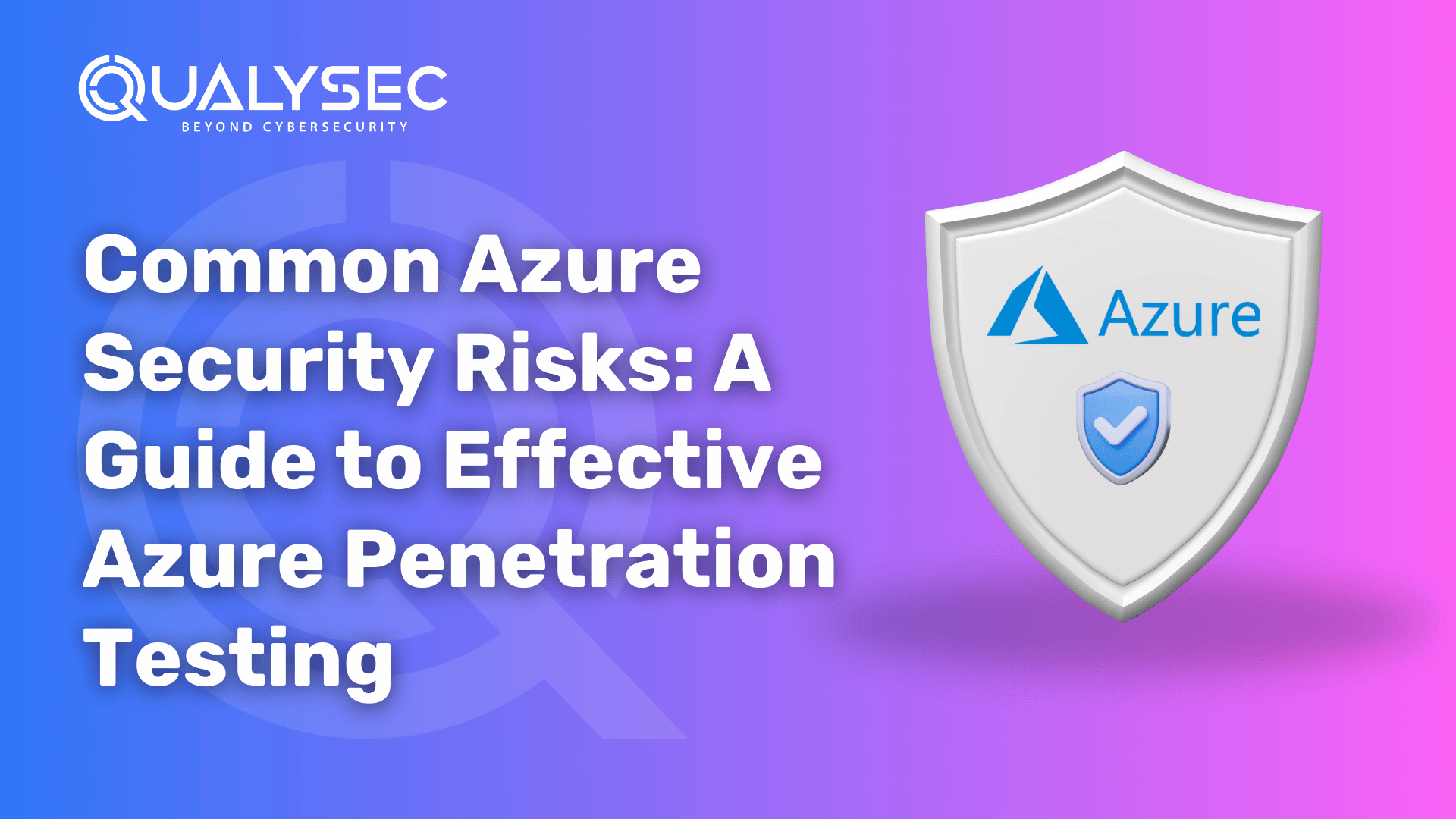
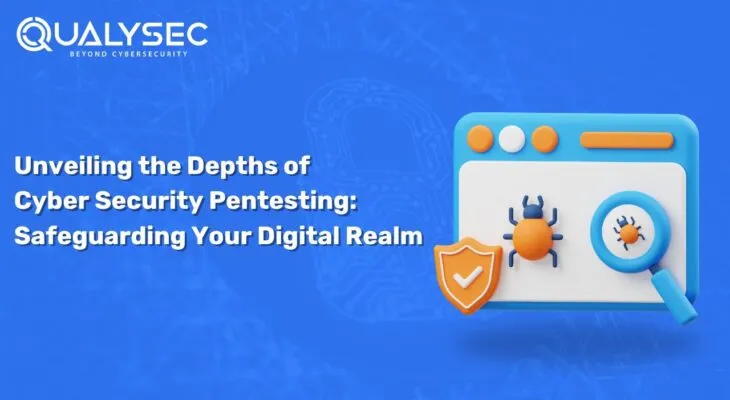

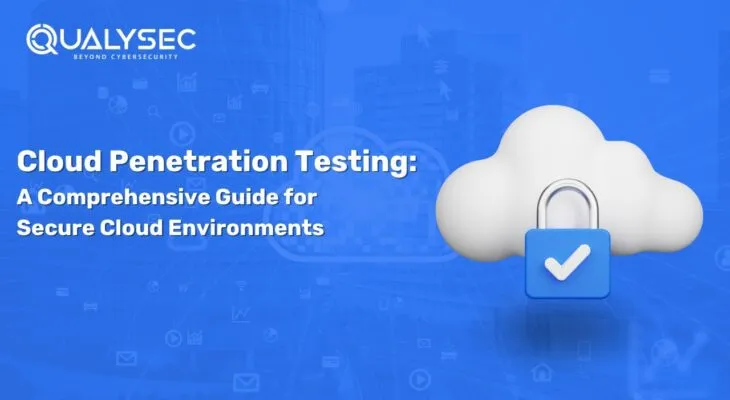
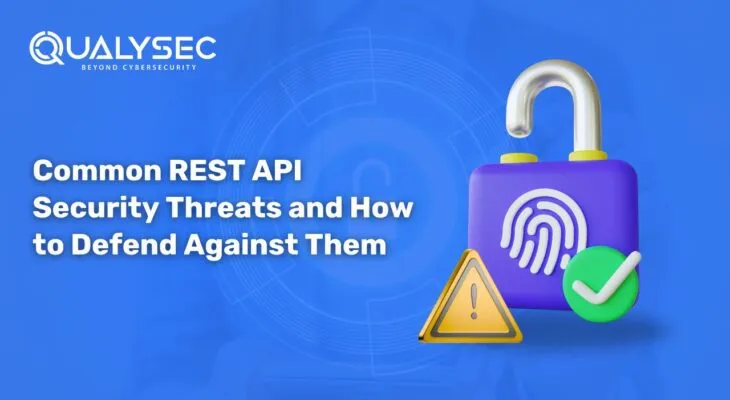
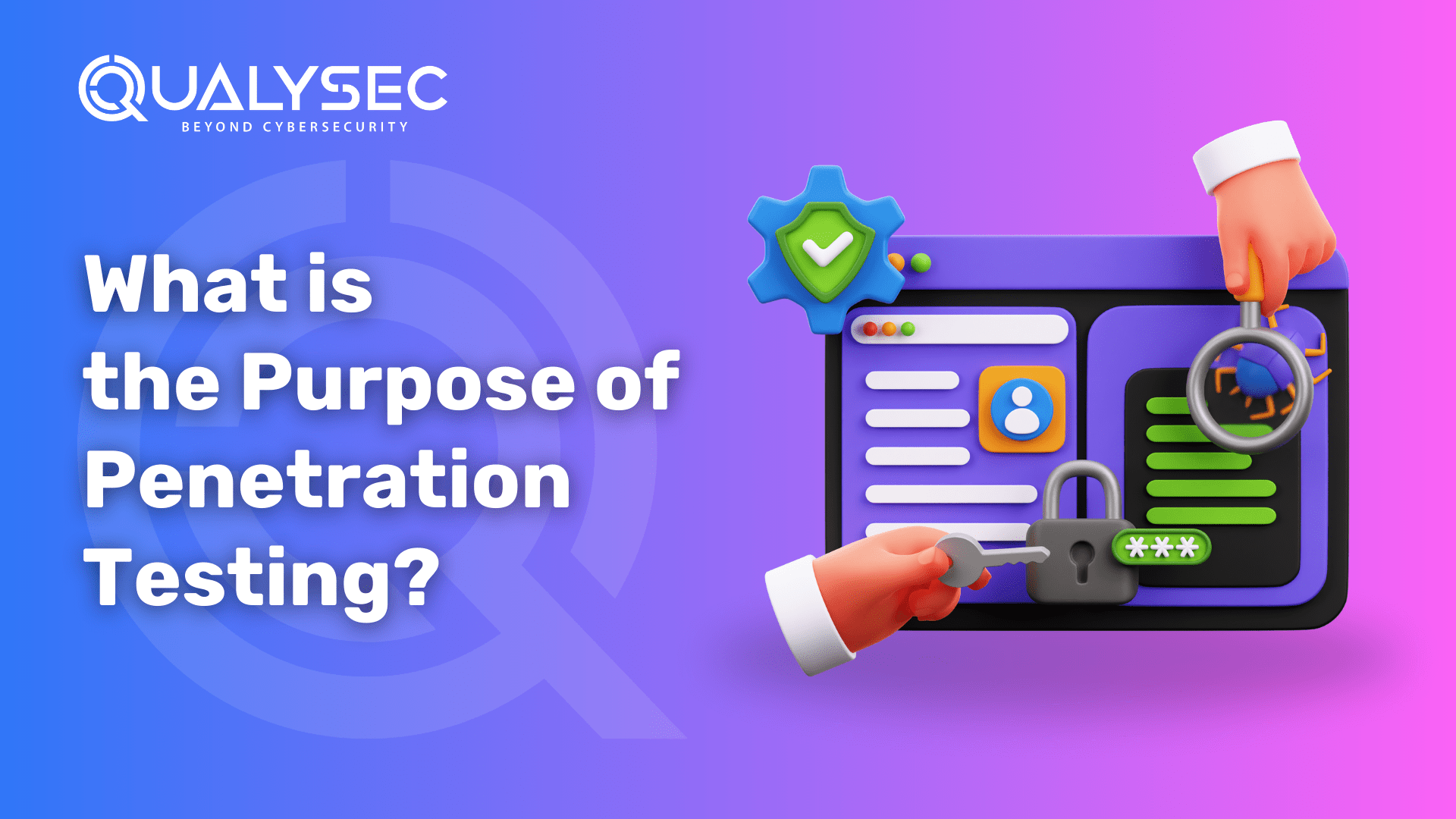
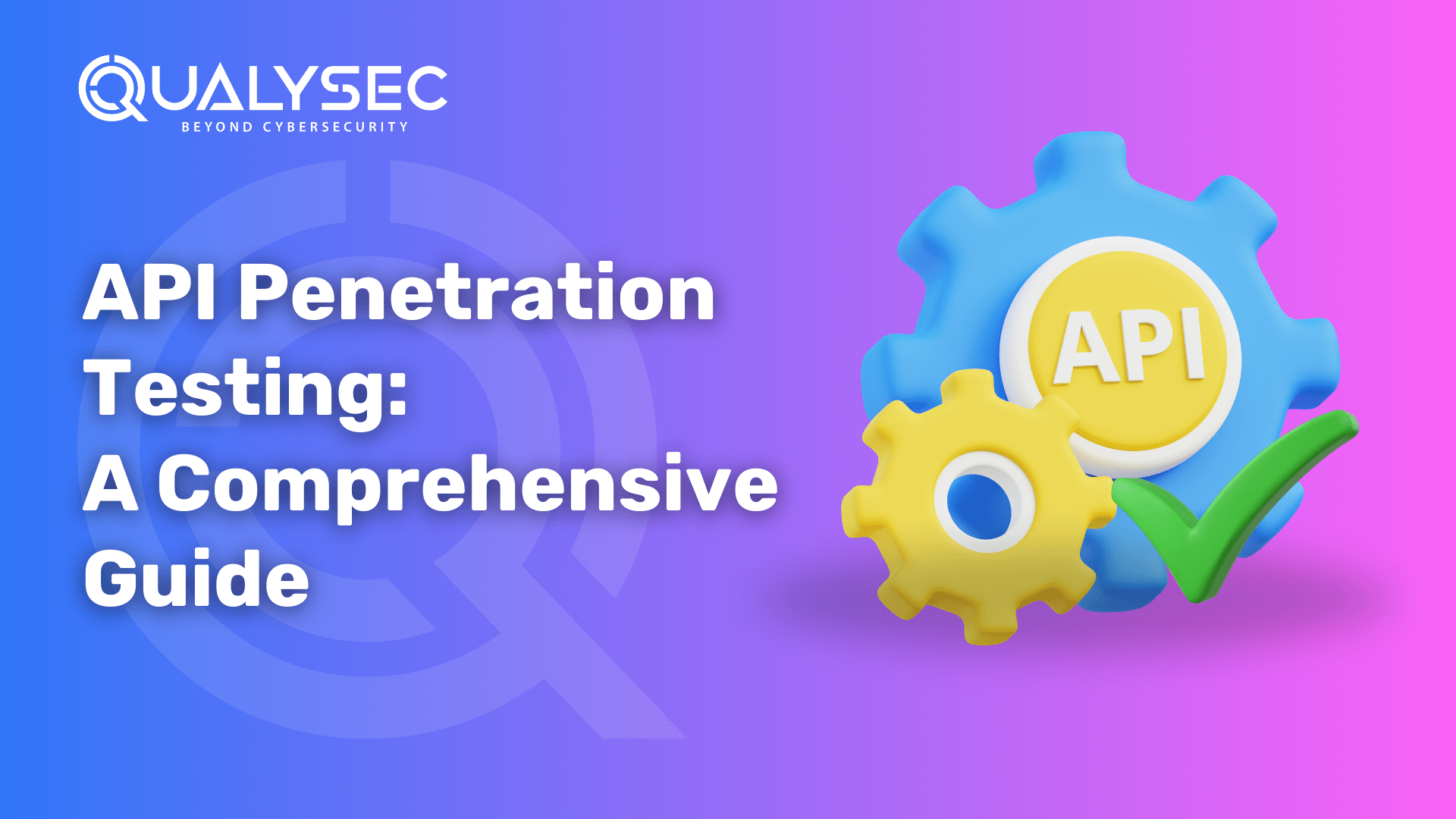
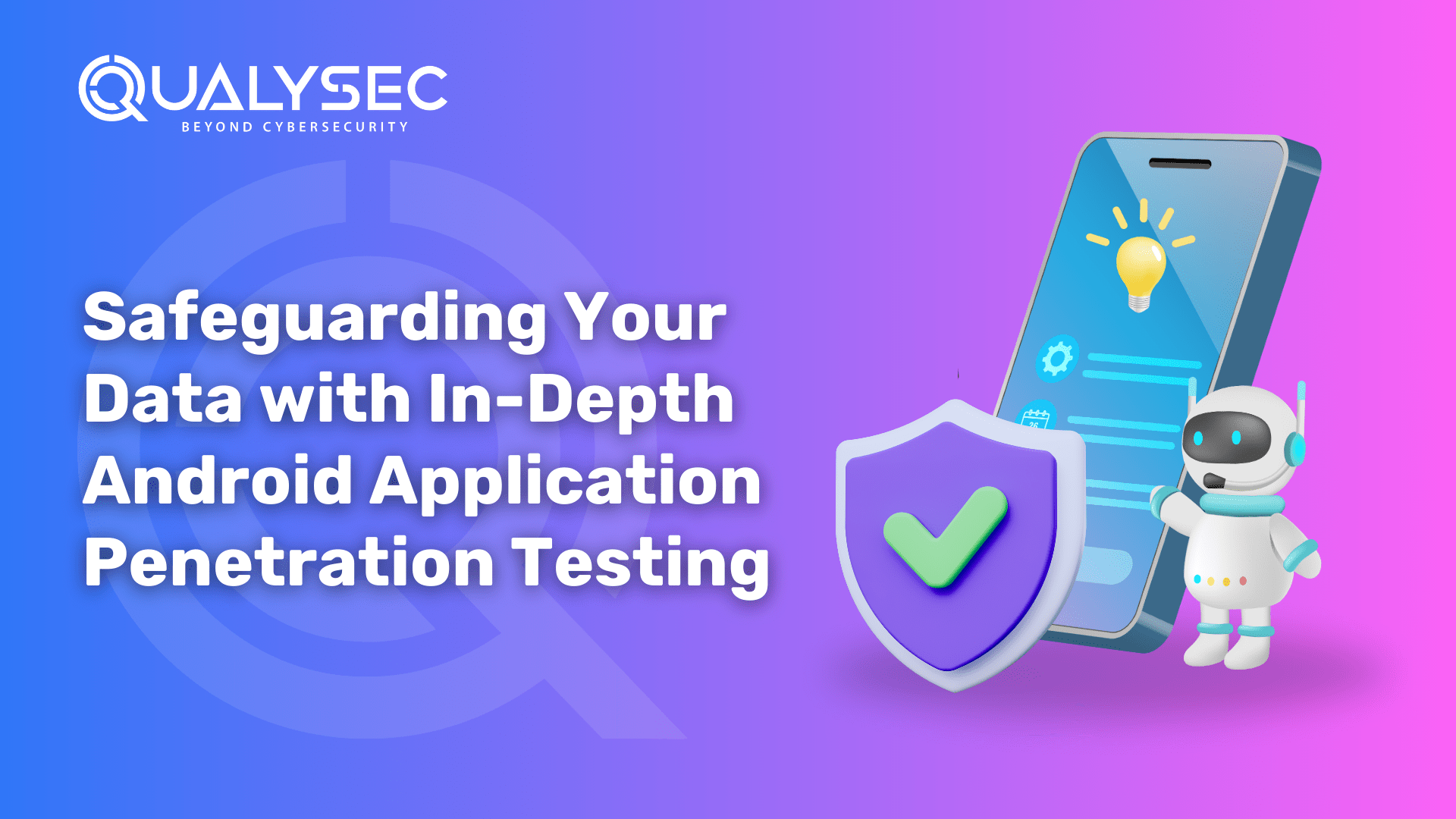

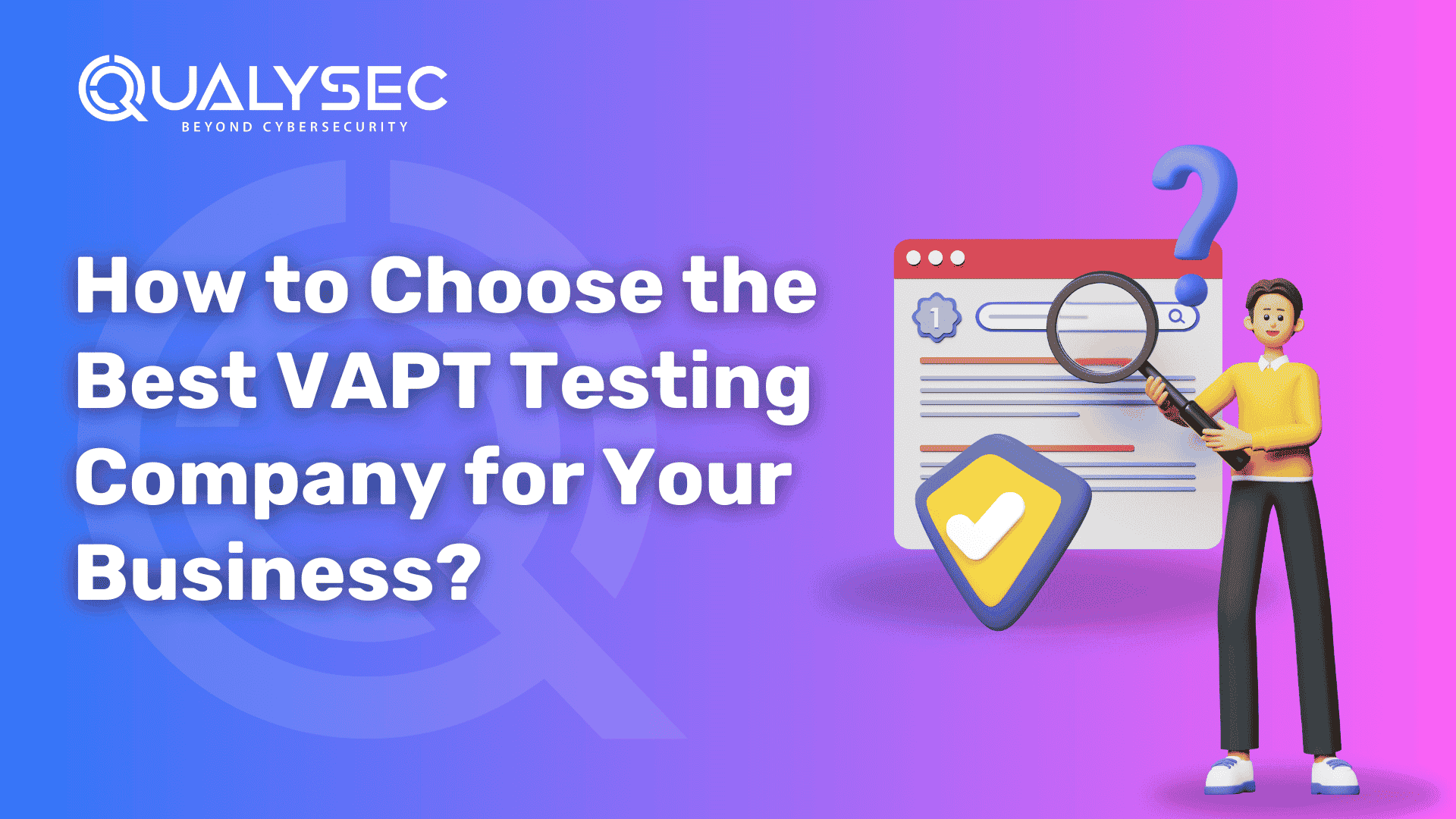
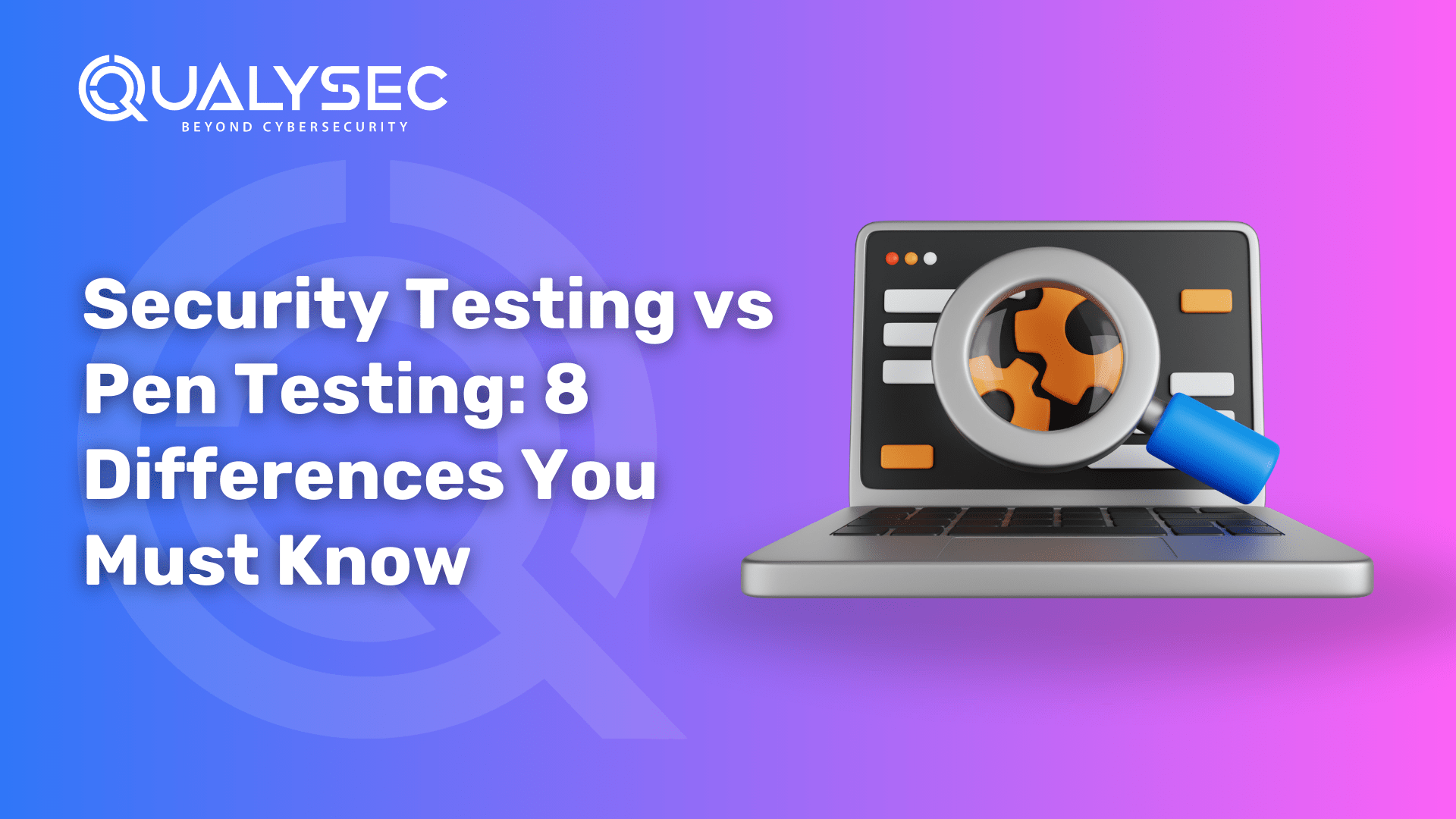
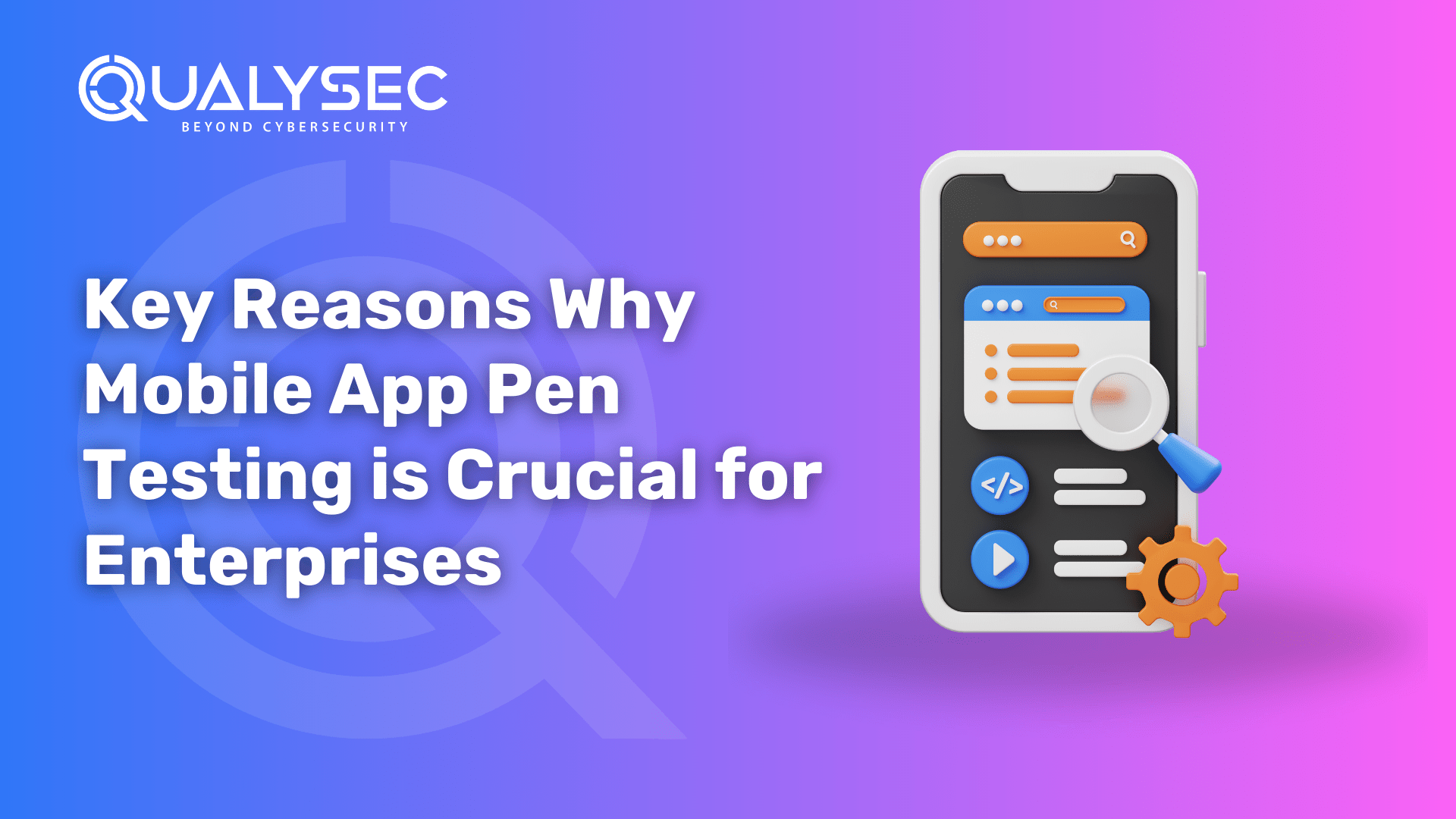
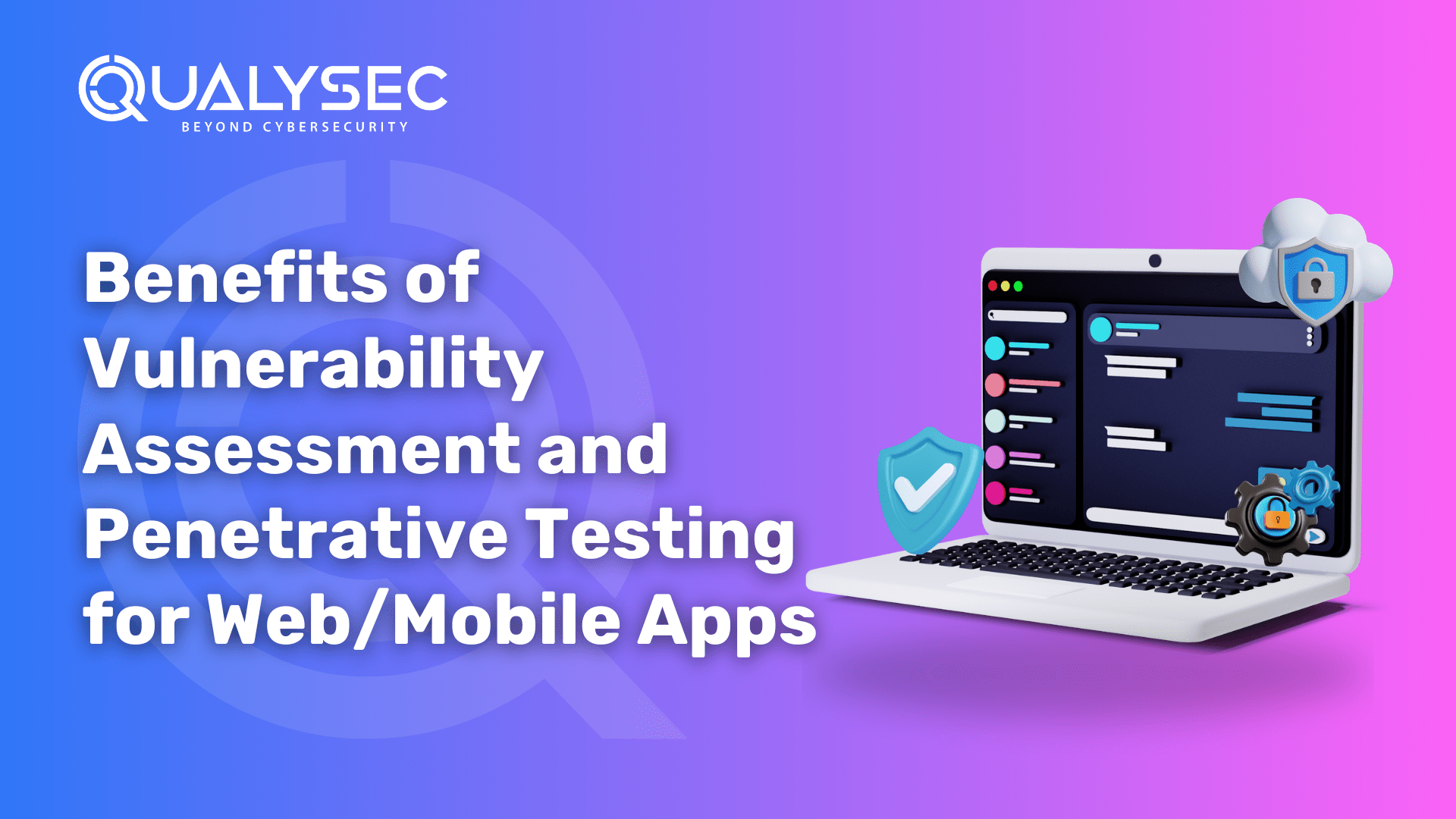
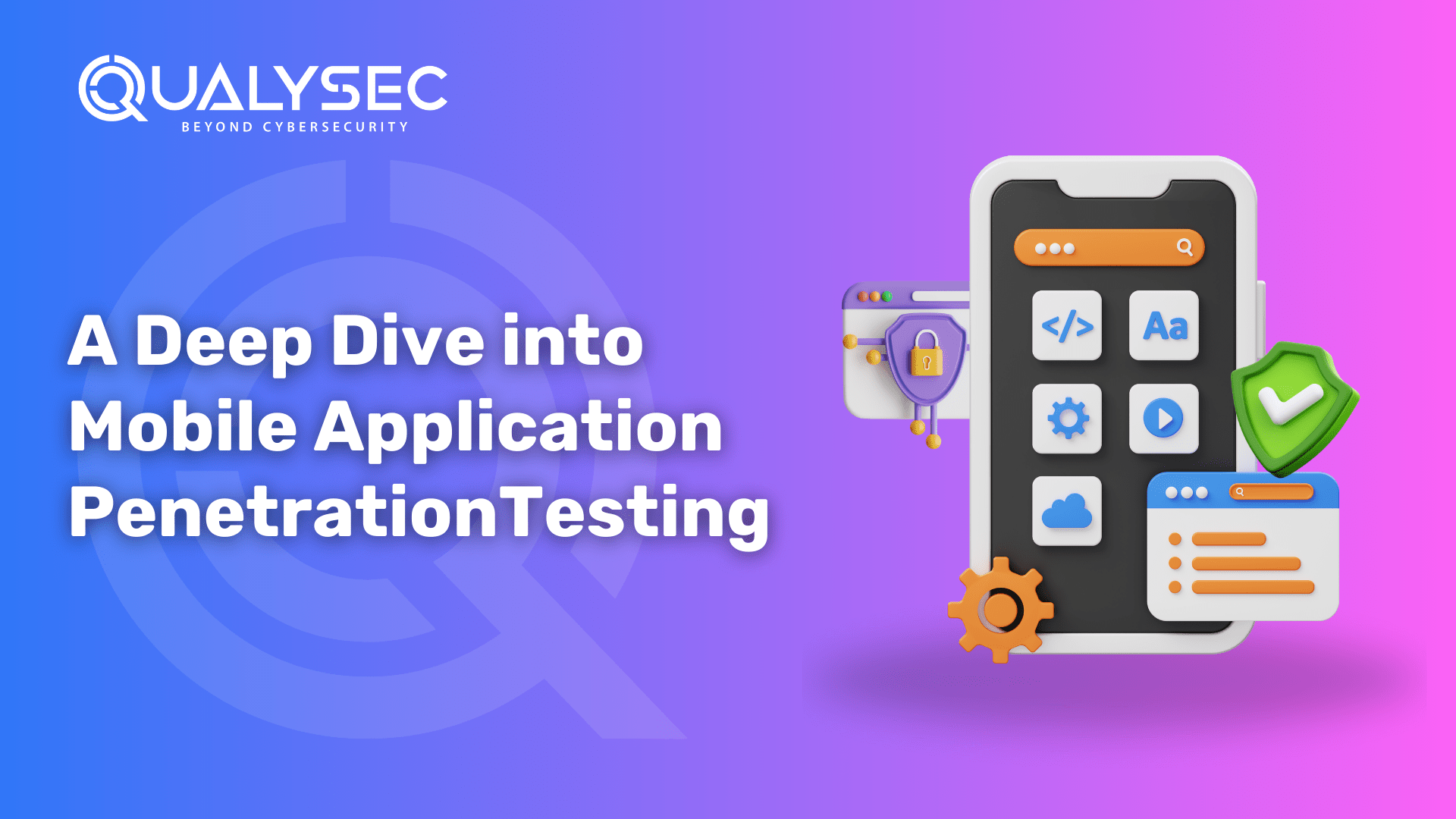

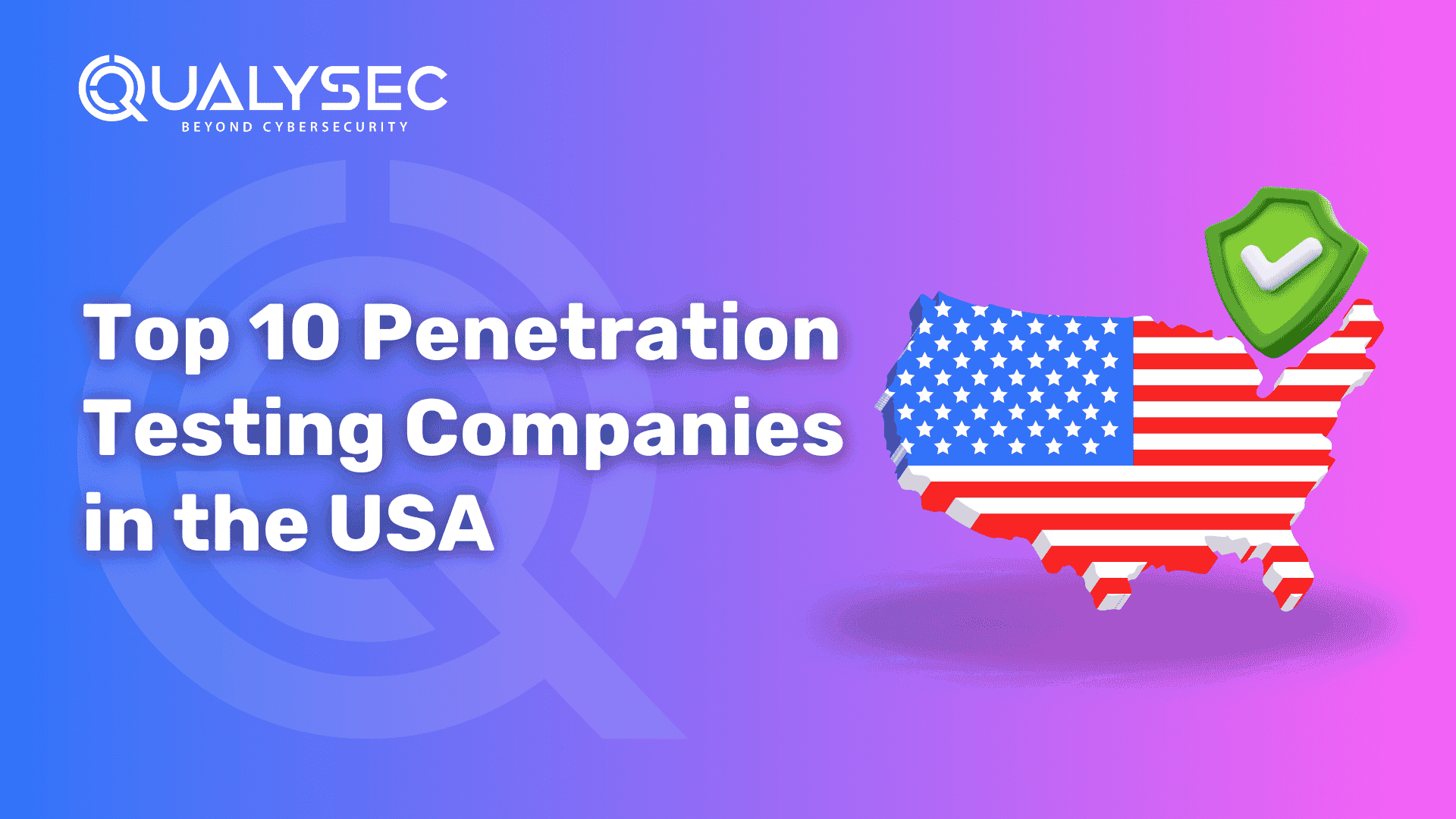
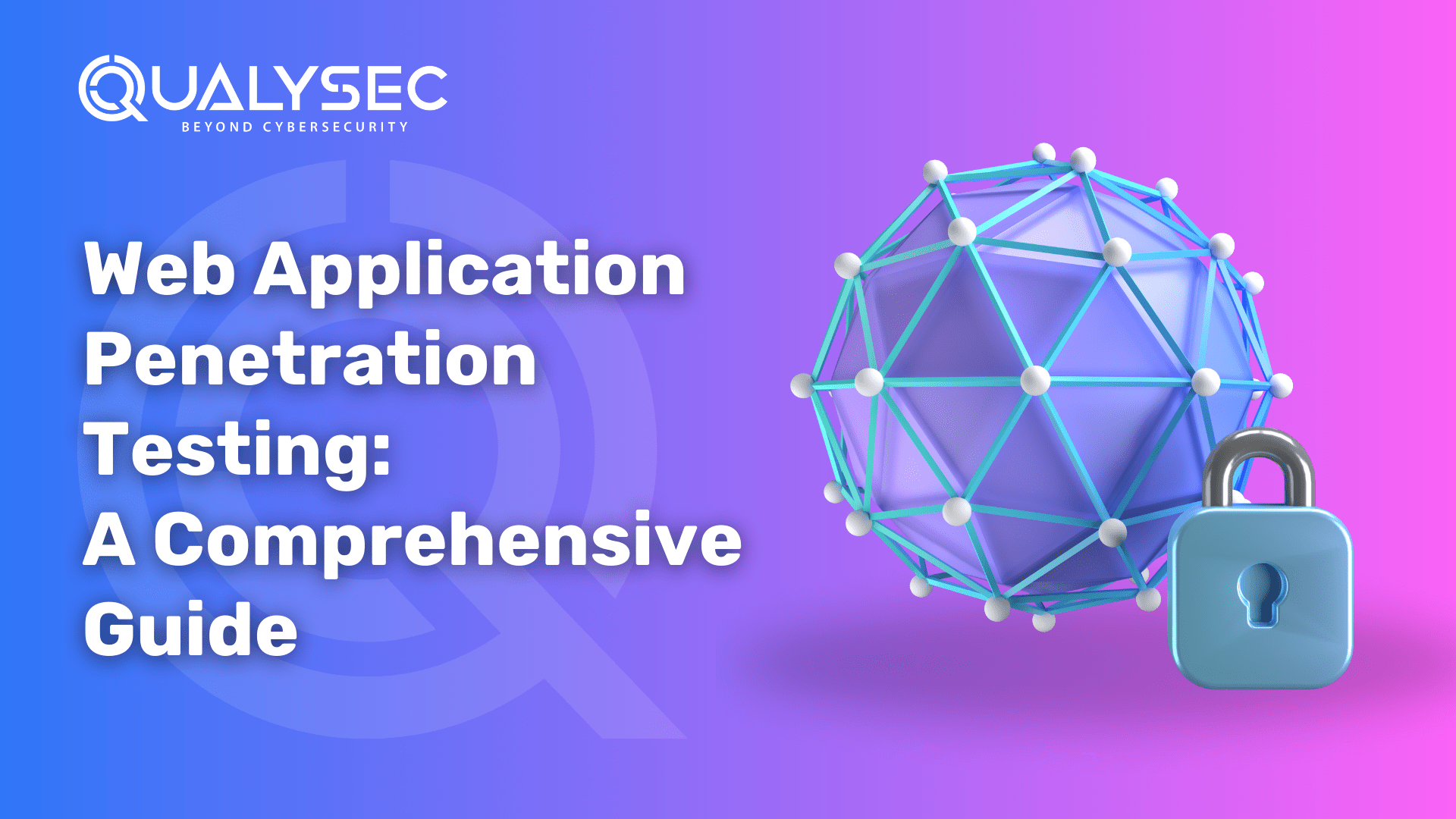



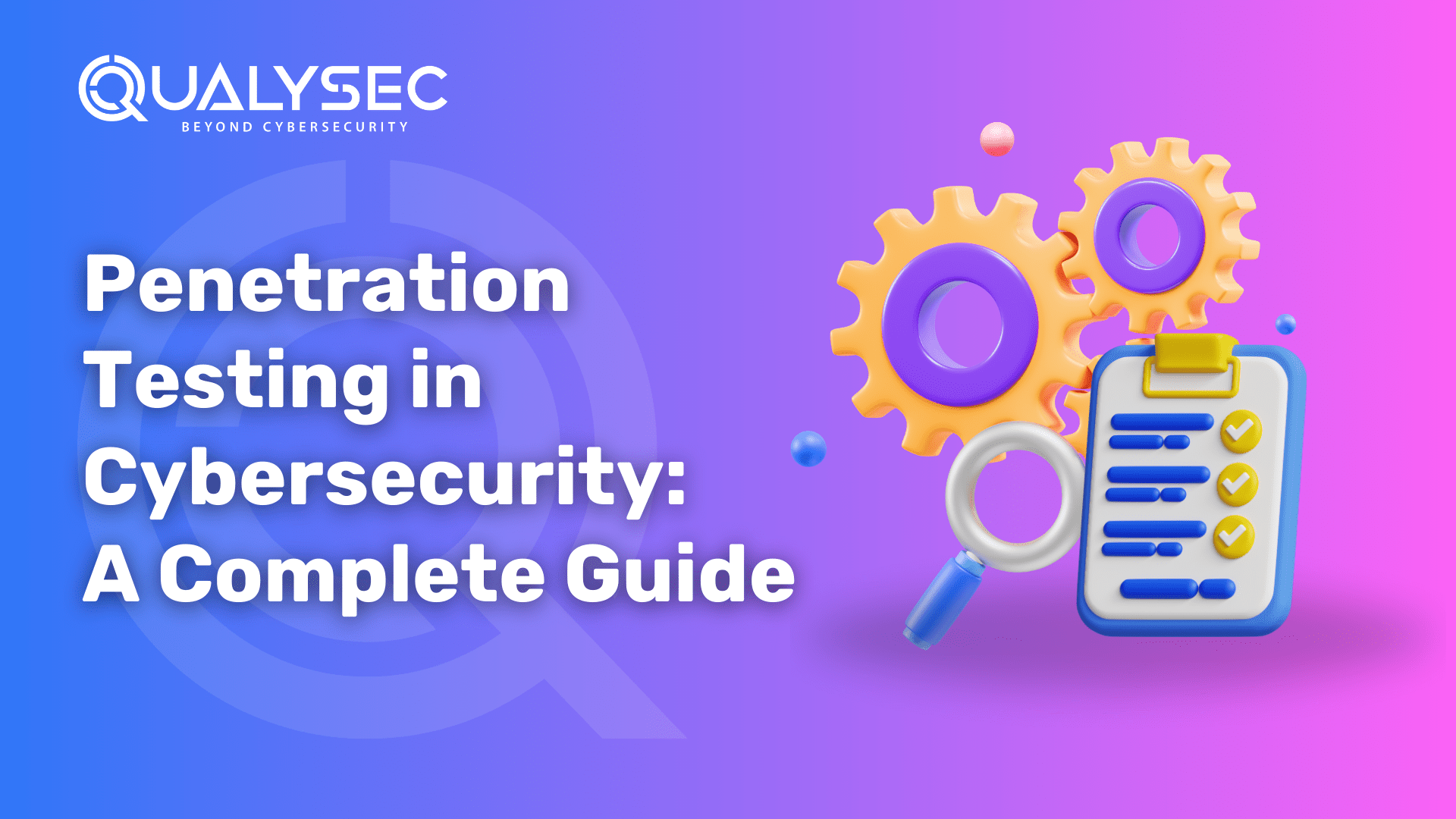
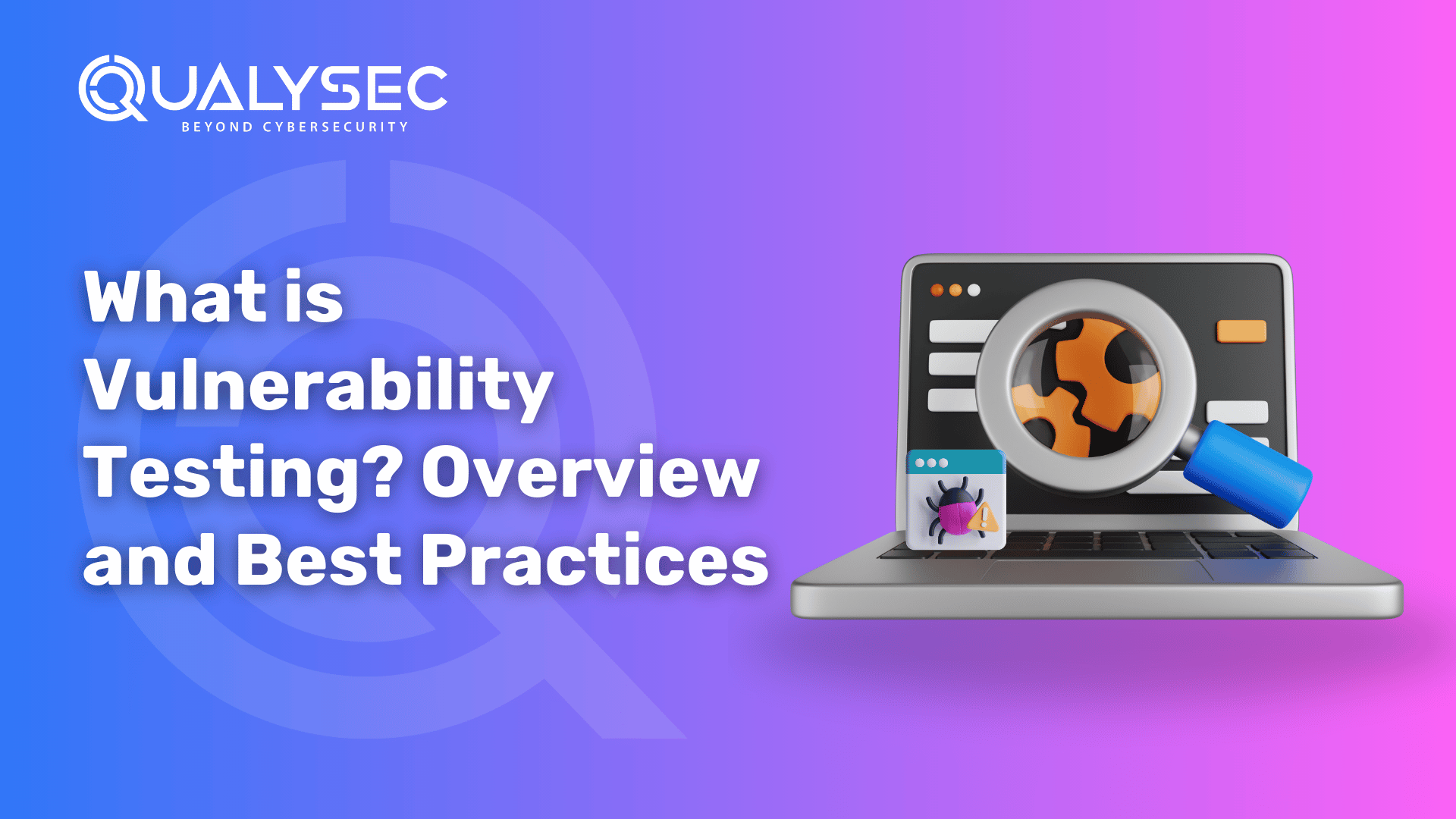


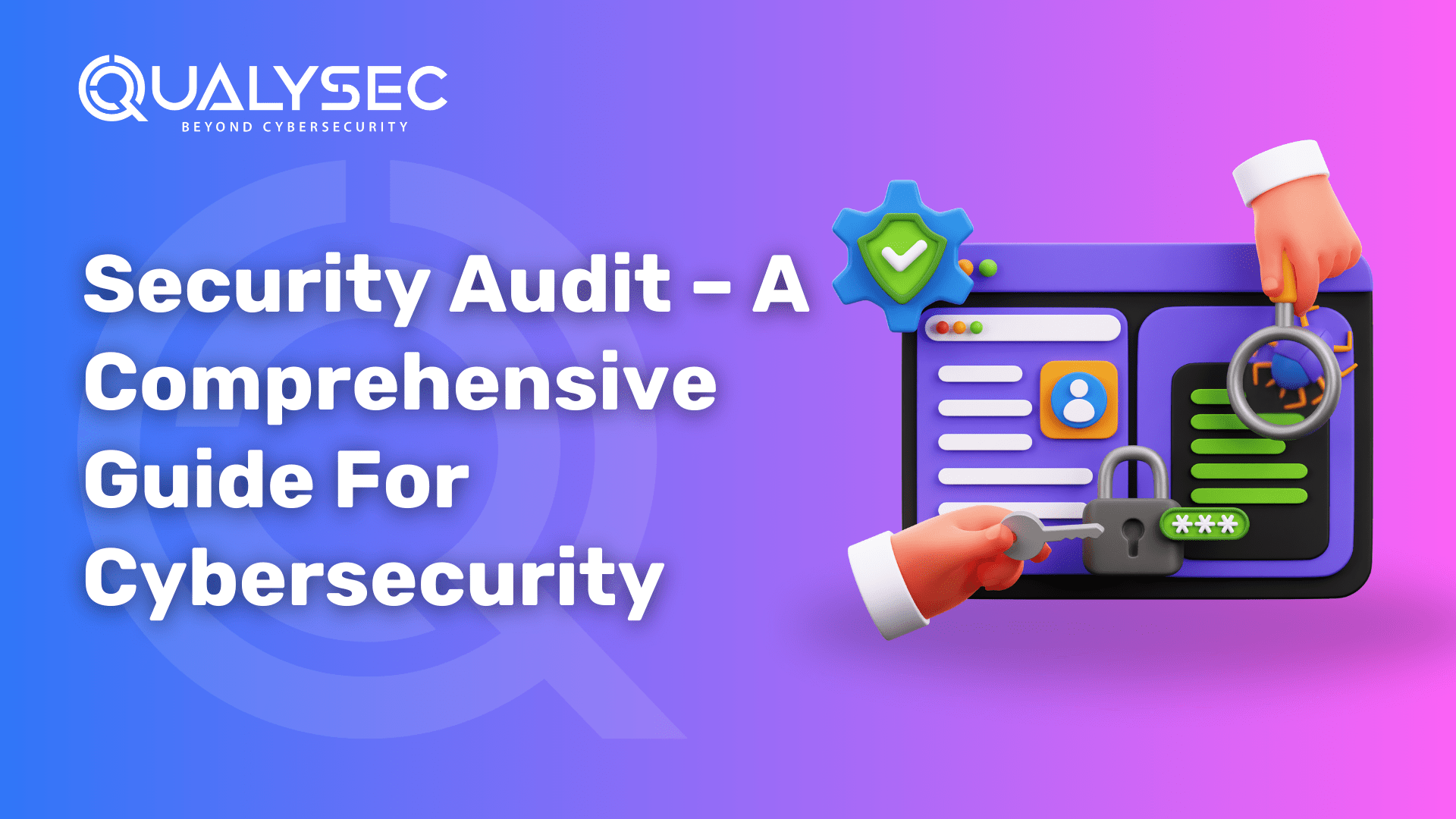
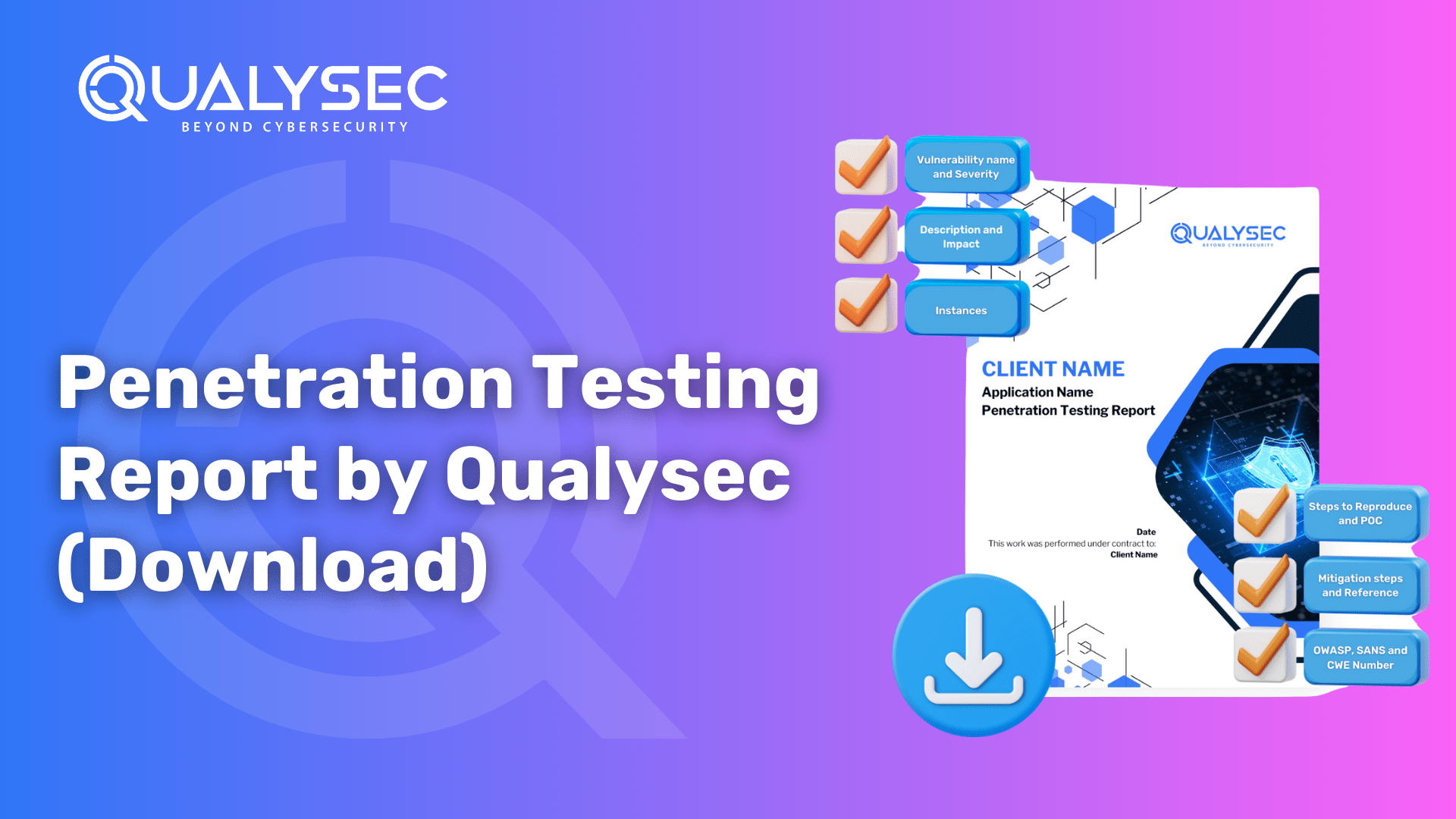




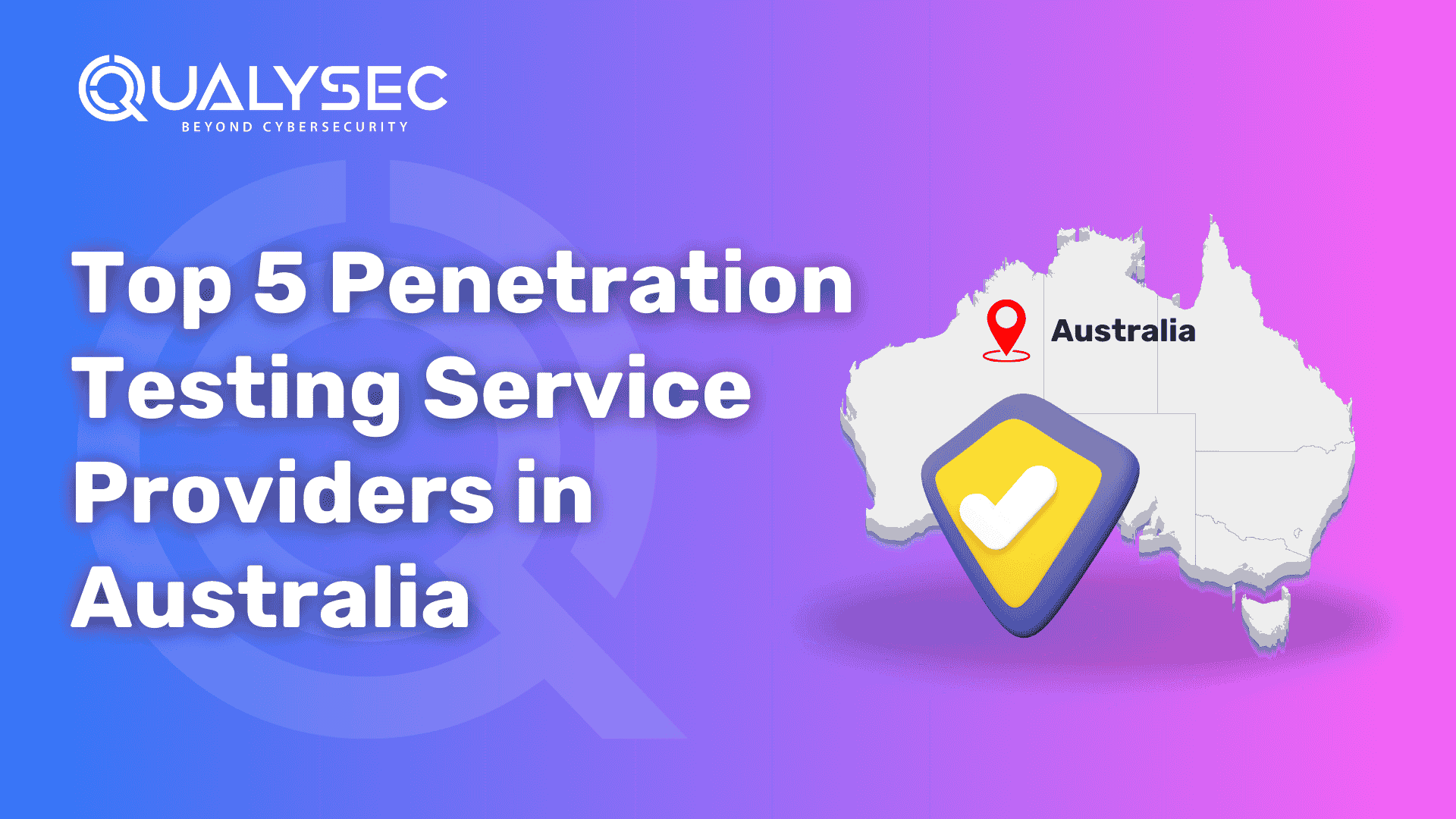

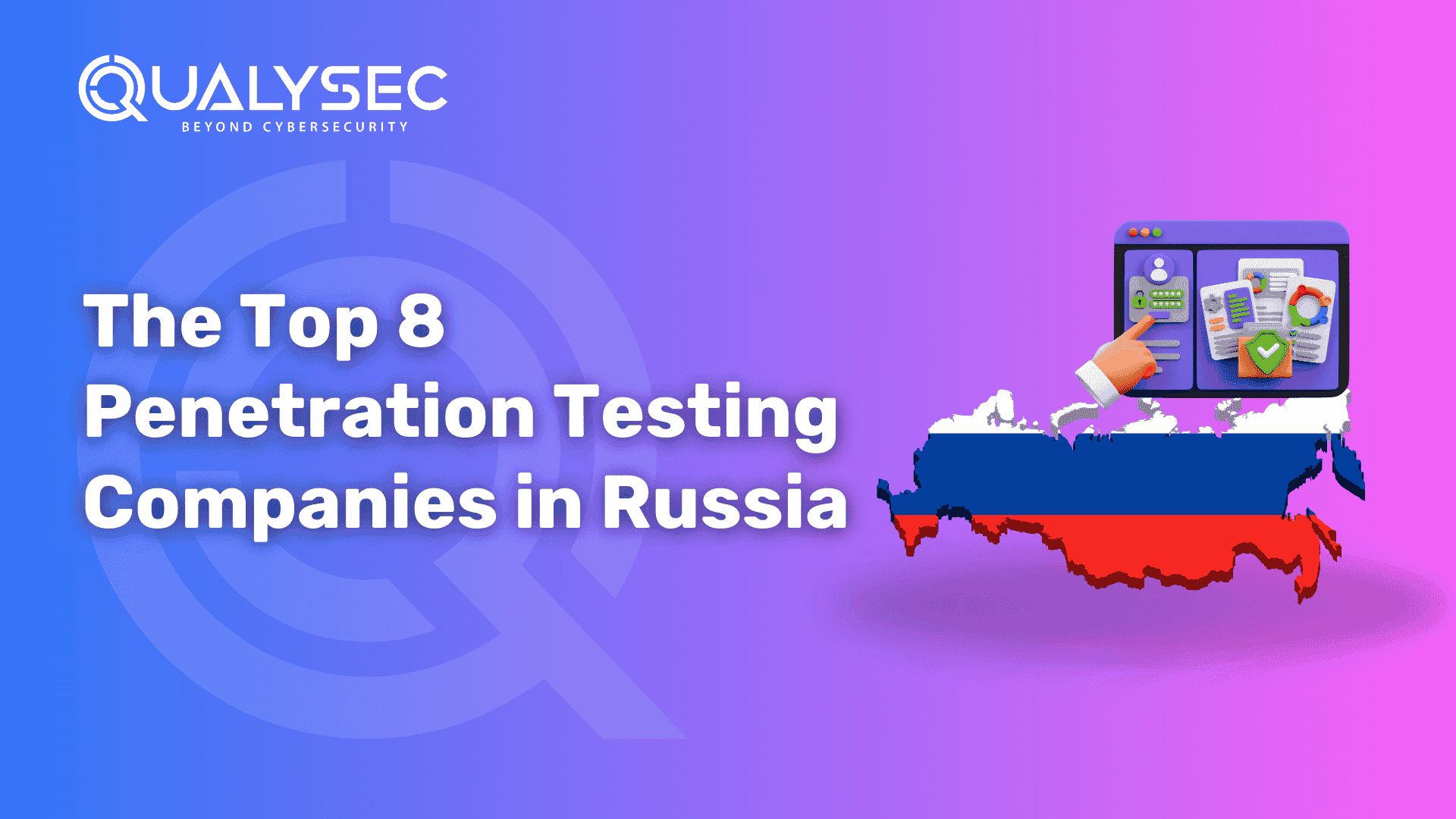
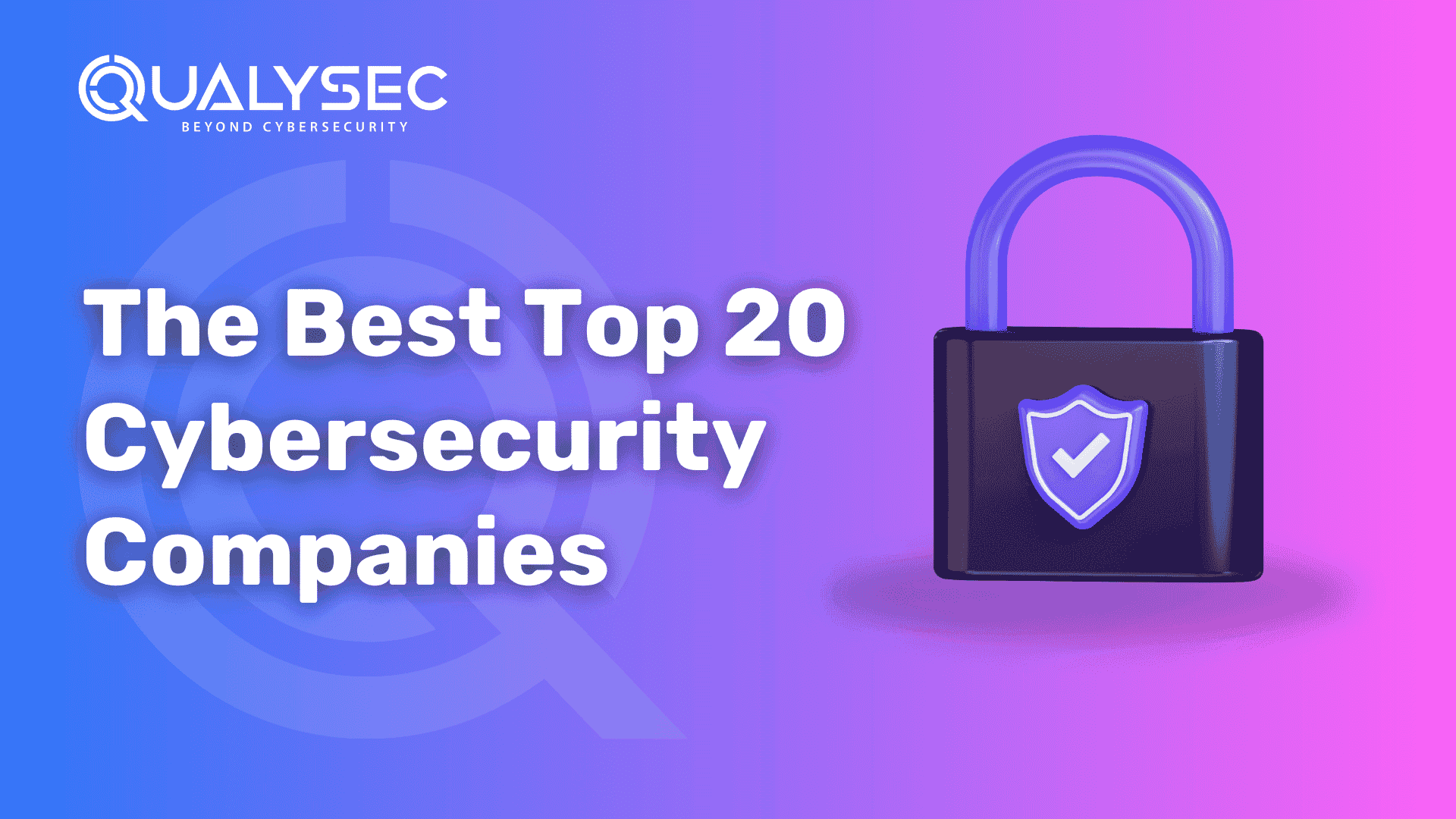
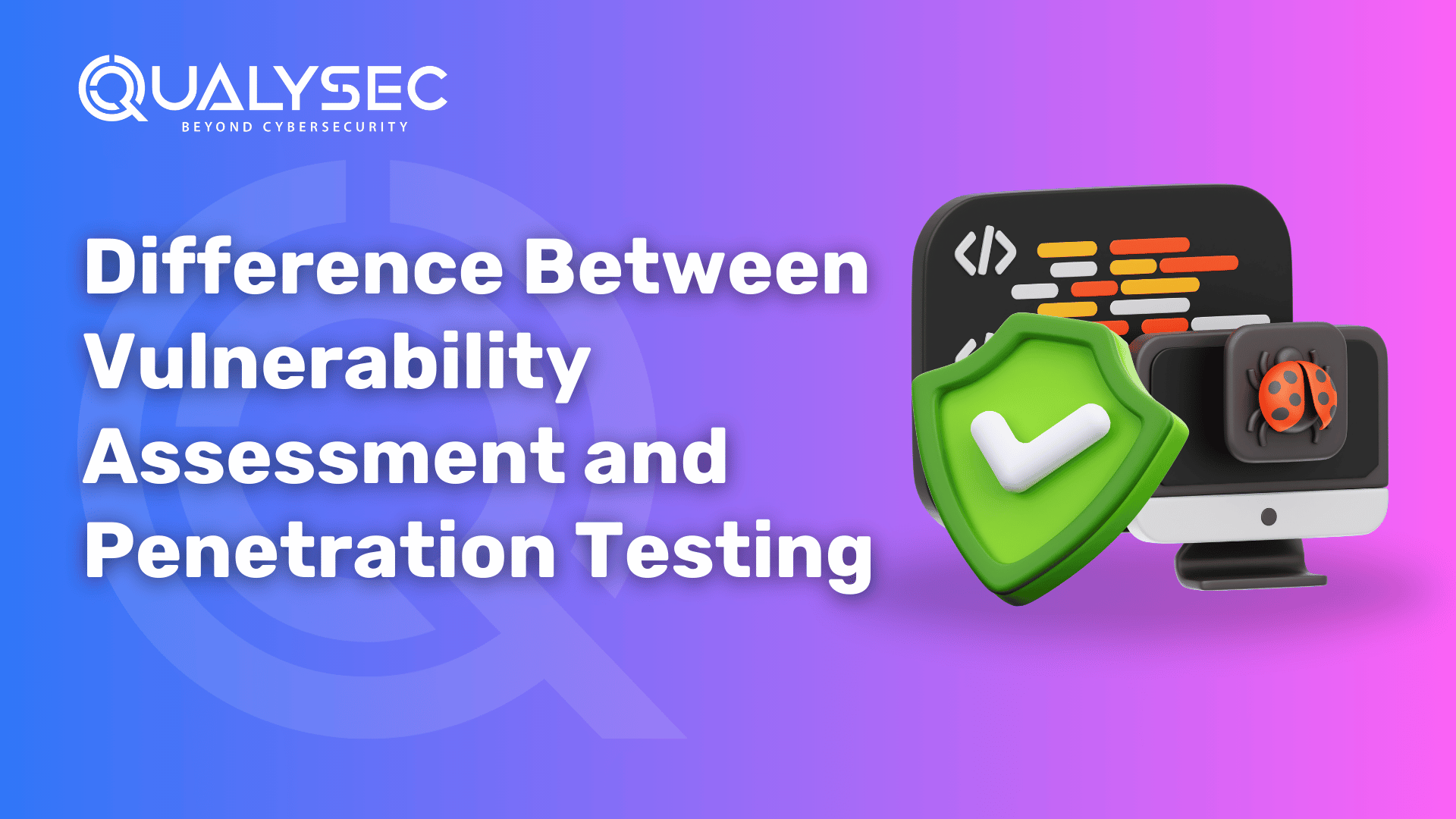
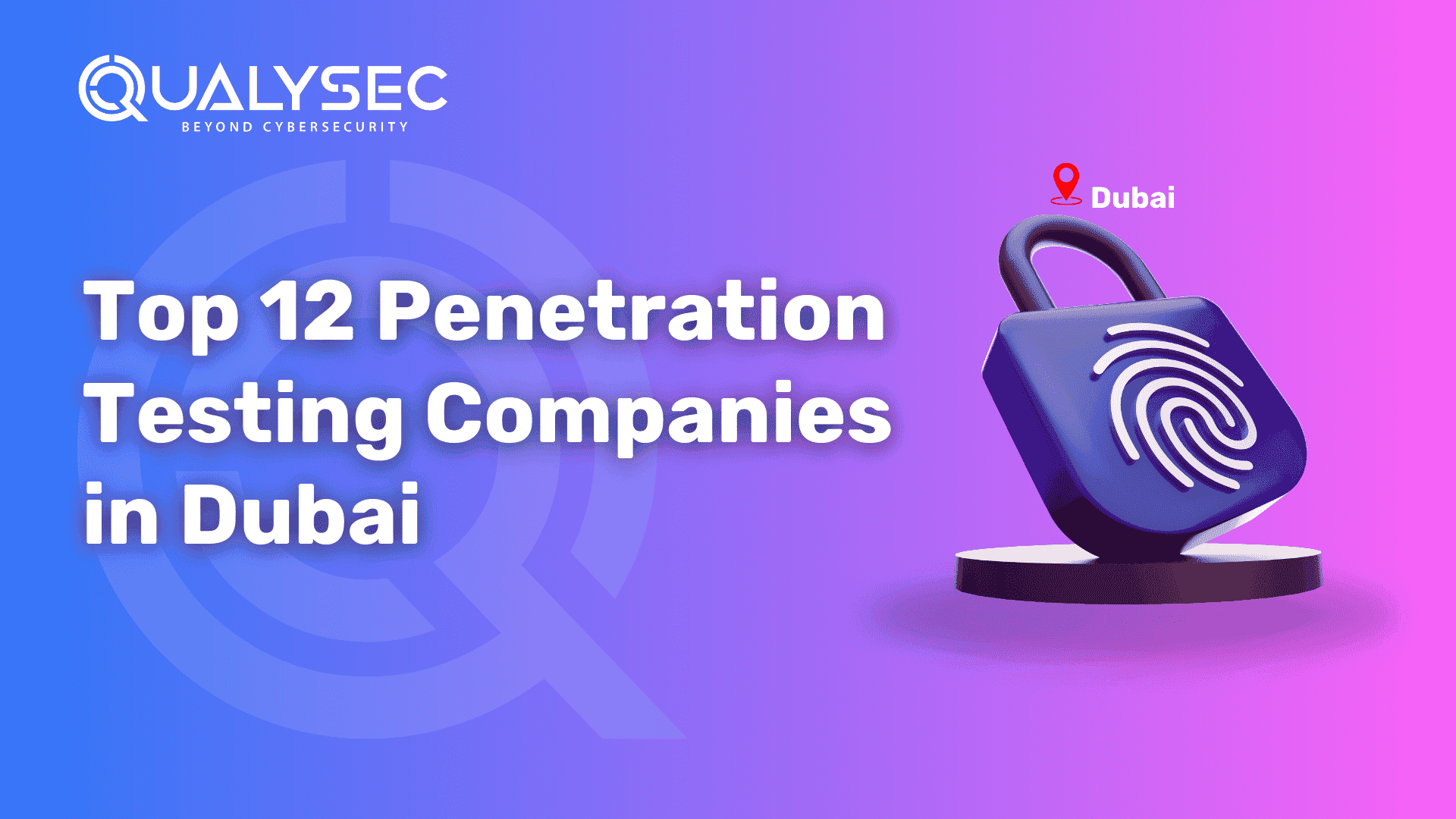





0 Comments